
179 Saas Company Success Stories [2025]
SaaS (Software as a Service) is software that allows users to access and use it over the internet. It is a subscription-based service that provides users with access to software that they can use for their business. It offers a variety of features, including a project management tool, an automation engine, and a workflow designer.
To start a SaaS company you should be familiar with the SaaS business model and have a good understanding of how to build and market a SaaS product. You should also have strong technical skills and be able to develop a high-quality software product.
Salesforce is one of the best SaaS companies in the world. Salesforce provides an integrated CRM platform that brings companies and customers together. The company is one of the most innovative cloud software solutions providers on the market, generating nearly all its annual recurring revenue from SaaS tools. According to Salesforce's latest financial reports, the company's current revenue (TTM) is $26.49 B.
Starting a SaaS company is a great way to enter the tech industry. This type of company is growing in popularity as more businesses are looking for ways to save money and reduce their IT costs. SaaS companies typically have high margins and offer a lot of flexibility for entrepreneurs.
In this list, you'll find real-world saas company success stories and very profitable examples of starting a saas company that makes money.
1. ConvertKit ($25M/year)
In 2013, Nathan set a challenge for himself: build a $5K/mo SaaS in 6 months with just $5,000. He got the idea after reading people's complaints about Mailchimp online, and decided to build a product that addressed those.
How much money it makes: $25M/year
How much did it cost to start: $5K
How many people on the team: 82
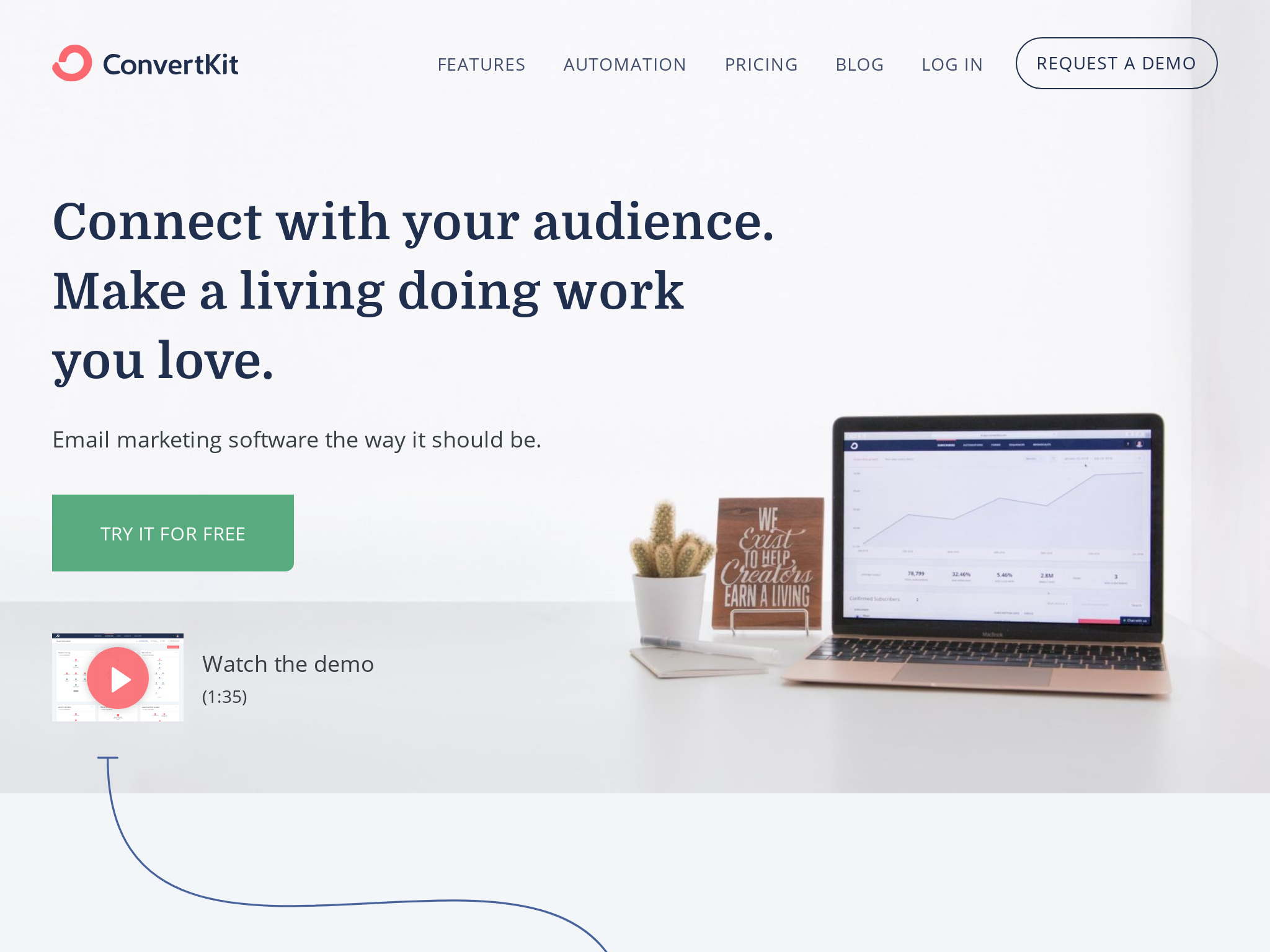

Discover how Nathan Barry bootstrapped ConvertKit from a $5,000 investment to a $25 million/year email marketing powerhouse by addressing the main objections of online creators and scaling through a lucrative affiliate program with an impressive $2.08 million/month average revenue.




2. dealpad ($20M/year)
Adam, the founder of dealpad.io, was inspired to start his business after successfully building and selling his previous companies. He developed a sales framework using Excel during his time at Salesforce and saw how it had a significant impact on closing deals. This led him to transform his framework into software and create dealpad, a Digital Sales Room Platform that helps B2B software organizations increase their sales conversion rates.
How much money it makes: $20M/year
How much did it cost to start: $200K
How many people on the team: 12
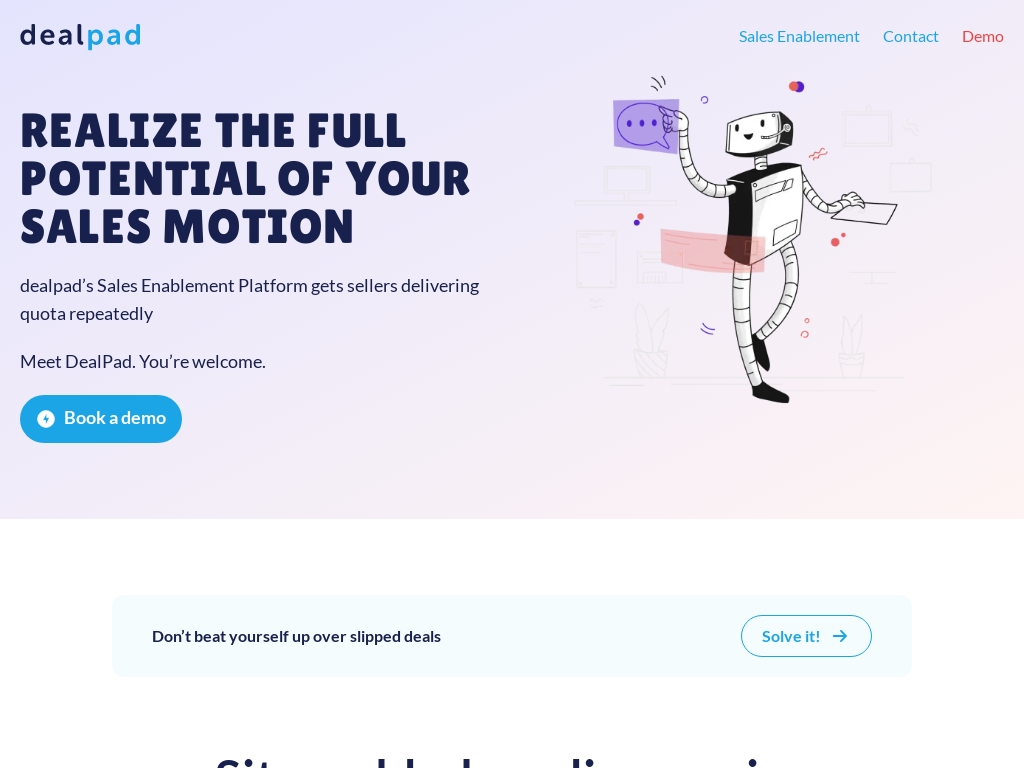

Dealpad.io is a Digital Sales Room Platform for B2B SaaS organizations with $2M - $200M annual recurring revenue; it enables sellers to quickly create personalized buying rooms to increase the likelihood of deals closing by 300%.




3. Tithely ($15.6M/year)
Dean conceptualized the Tithely App based on his deep understanding of the financial challenges churches face, particularly the limited opportunities for revenue generation during their once-a-week services.
Recognizing the need for a seamless and user-friendly online giving experience, he aimed to create a platform where donations could be made quickly and easily. Additionally, he sought to address issues related to missed giving opportunities due to weather events or holidays by enabling people to donate anytime, anywhere.
His insight into the importance of recurring donations for church budgets further shaped the app's development, solving key pain points he had experienced firsthand.
I had a bunch of problems that I knew could get solved with technology. That's what began the quest to provide technology to churches in and around the generosity area of giving and beyond. — Dean (Source)
How much money it makes: $15.6M/year
How many people on the team: 180
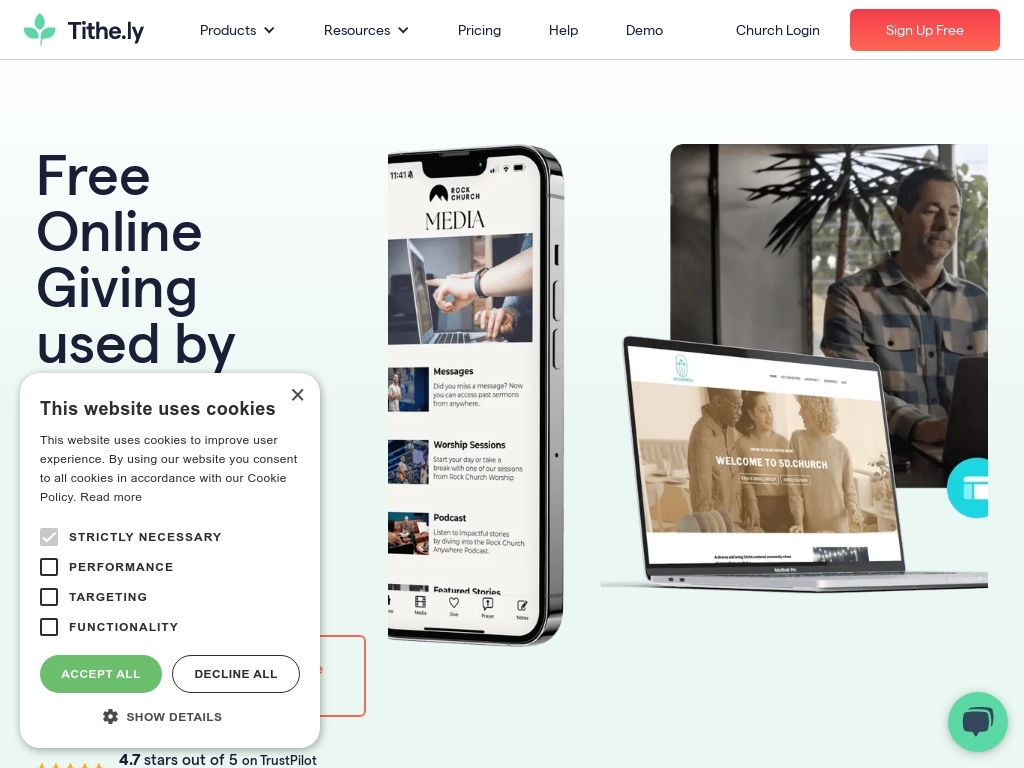

Discover how Tithely, a digital giving app, scaled to serve over 37,000 churches worldwide and generates $36M annually, by harnessing organic search, partnerships, and a seamless user experience to revolutionize church donations.




4. TextMagic ($14.4M/year)
In 2001, TextMagic started as a niche side project in the UK with limited offerings. When Priit Vaikmaa joined the company in 2007, he saw the huge potential in their SMS marketing platform and focused on expanding and improving its usability. Today, TextMagic has a diverse customer base and generated revenue just short of €11 million in 2021.
How much money it makes: $14.4M/year
How many people on the team: 51
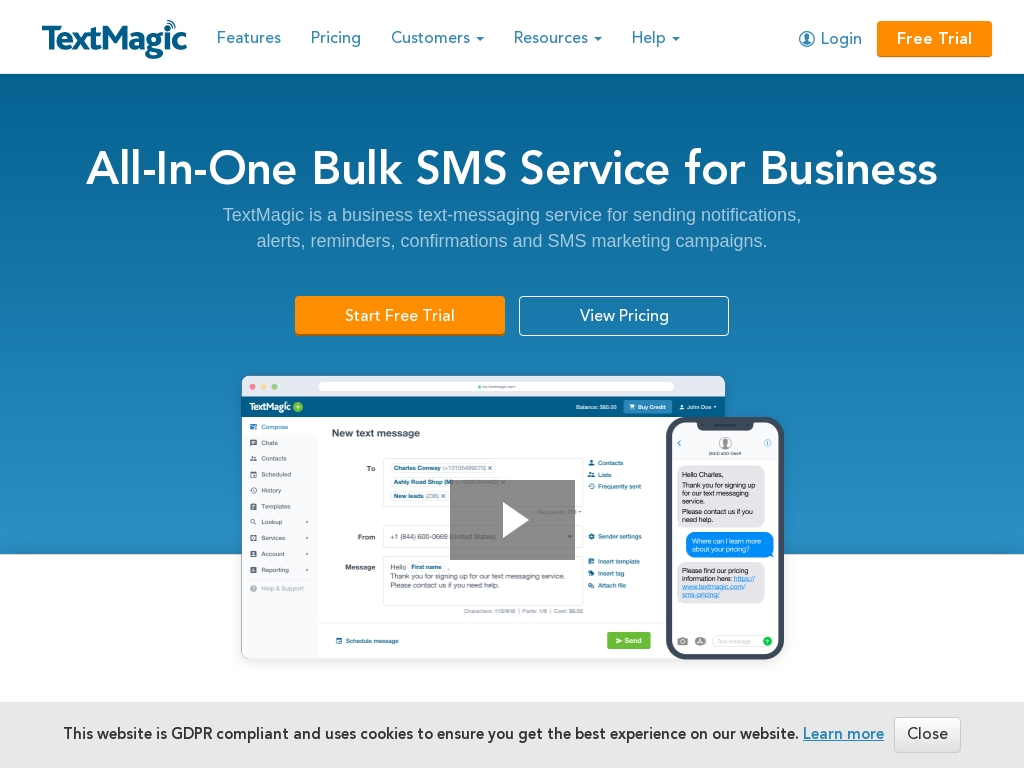

TextMagic's CEO Priit Vaikmaa discusses the development and success of the SMS marketing solutions company, which has grown its revenue to almost €11 million and employs people remotely from all over the world.




5. DesignNBuy INC ($12M/year)
Abhishek Agarwal, the CMO of Design’N’Buy, came up with the idea for the company after receiving a request from a customer to develop a personalized t-shirt design tool. After realizing that existing solutions were either too complex or lacking important features, Agarwal and his team decided to create a customer-friendly web-to-print solution. Since launching in 2009, Design’N’Buy has expanded to serve clients in over 40 countries and has achieved a turnover of $1.5 million and over 1,000 clients.
How much money it makes: $12M/year
How much did it cost to start: $100K
How many people on the team: 60
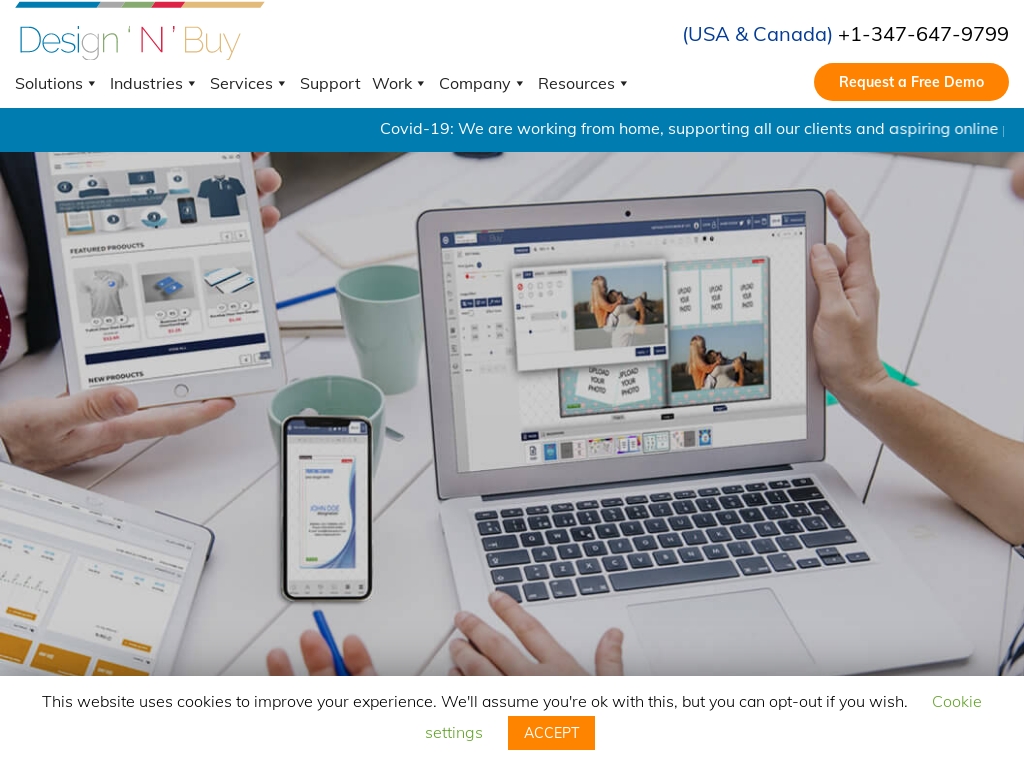

Web-to-print software company Design'N'Buy has acquired clients in over 40 countries and earned a turnover of $1.5 million and 1,000+ clients across 60+ countries within a short span of existence.




6. Dorik ($11.9M/year)
Dorik's co-founders Anwar & Mizan, has been building websites & website templates since 2012. They started Dorik as a side project back in 2019.
How much money it makes: $11.9M/year
How many people on the team: 40
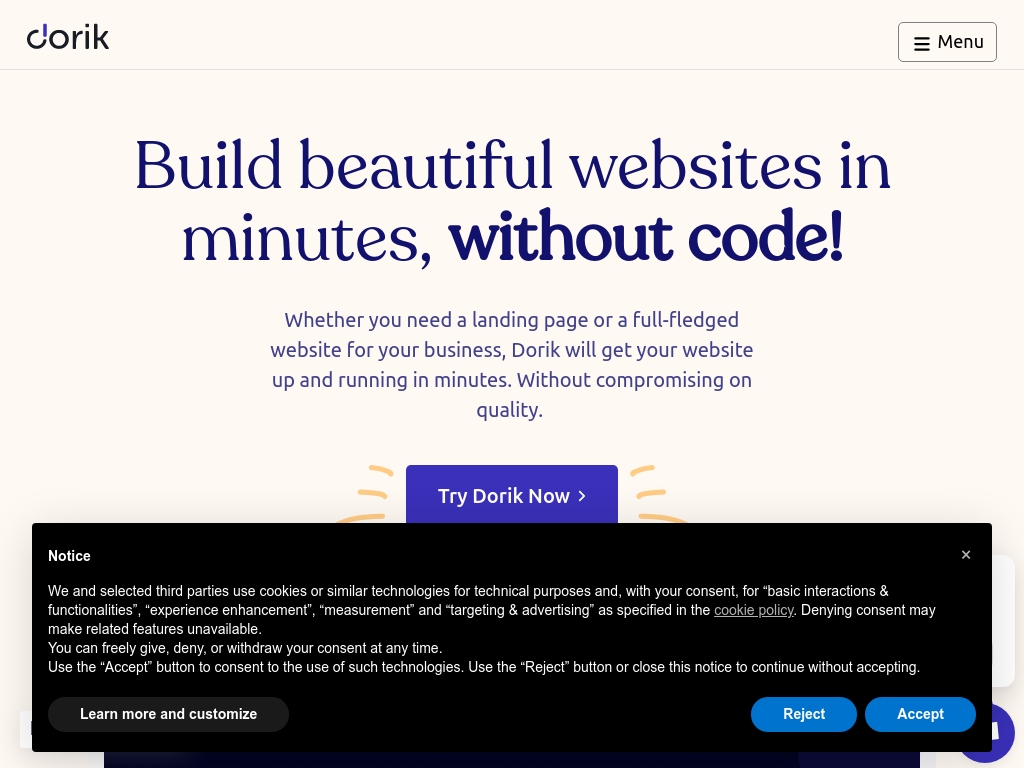

A former Upwork freelancer and Envato elite author, Mizanur Rahman scaled Dorik from a side project to a no-code website builder generating $11.9M annually, offering an effortless way for anyone to build stunning websites without technical skills.




7. BrightLocal ($10.2M/year)
Myles Anderson, co-founder and CEO of BrightLocal, came up with the idea for the business after seeing the struggles that local businesses had in understanding and capitalizing on digital marketing. With a background in media planning and business development, Myles and his business partner, Ed Eliot, started BrightLocal as a digital marketing agency before pivoting into a software and services company specializing in local SEO. Since then, they have grown to serve over 20,000 customers across 8 countries, generating around $9 million in annual revenue and growing 20% year-on-year.
How much money it makes: $10.2M/year
How much did it cost to start: $5K
How many people on the team: 180
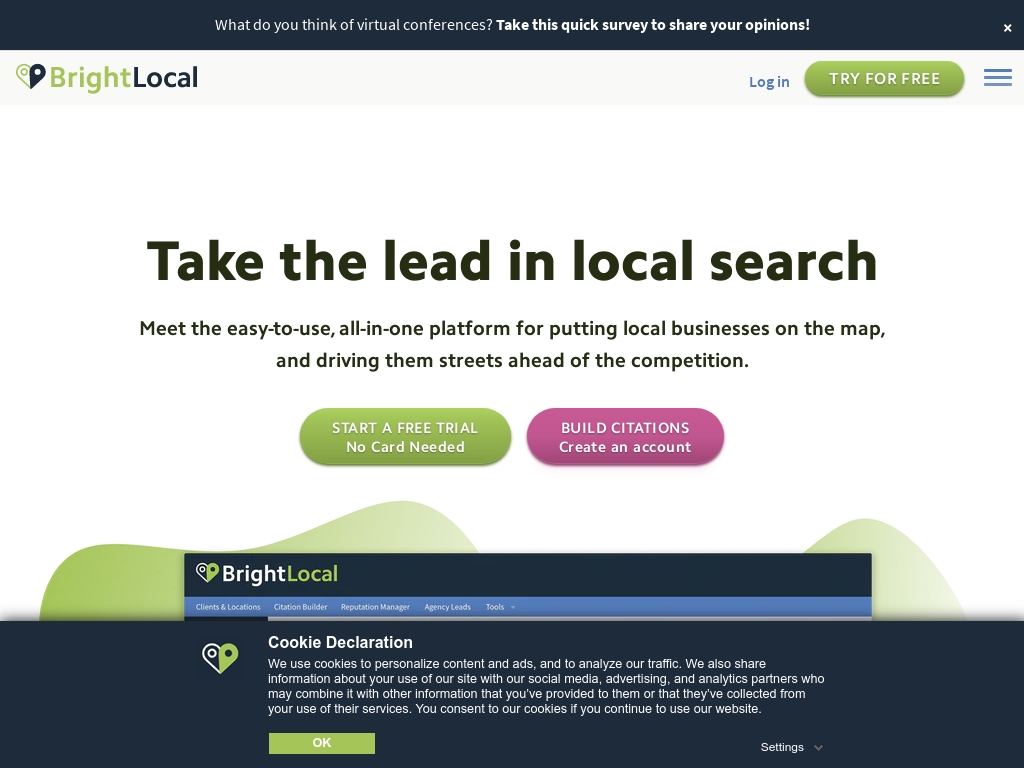

BrightLocal, the B2B local SEO software and services company, grew to $9M ARR through a combination of intuitive software, done-for-you services, training, and knowledge-sharing, attracting 20,000 customers in 8 countries through inbound marketing efforts via a free trial model, extensive content marketing, and a web series hosted by industry experts on local SEO tactics.




8. United World Telecom dba Global Call Forwarding ($10.1M/year)
Thierry Genoyer, founder and CEO of United World Telecom, came up with the idea for his virtual phone numbers business after reading about the "international callback industry" in the Wall Street Journal. With his international background and trilingual abilities, Genoyer saw an opportunity to enter a fast-growing segment with low barriers to entry. After purchasing equipment and building his own invoicing system, he launched the business and attracted customers through online forums, international publications, and cold calling. Today, United World Telecom serves over 2,000 business customers worldwide and remains profitable.
How much money it makes: $10.1M/year
How many people on the team: 32
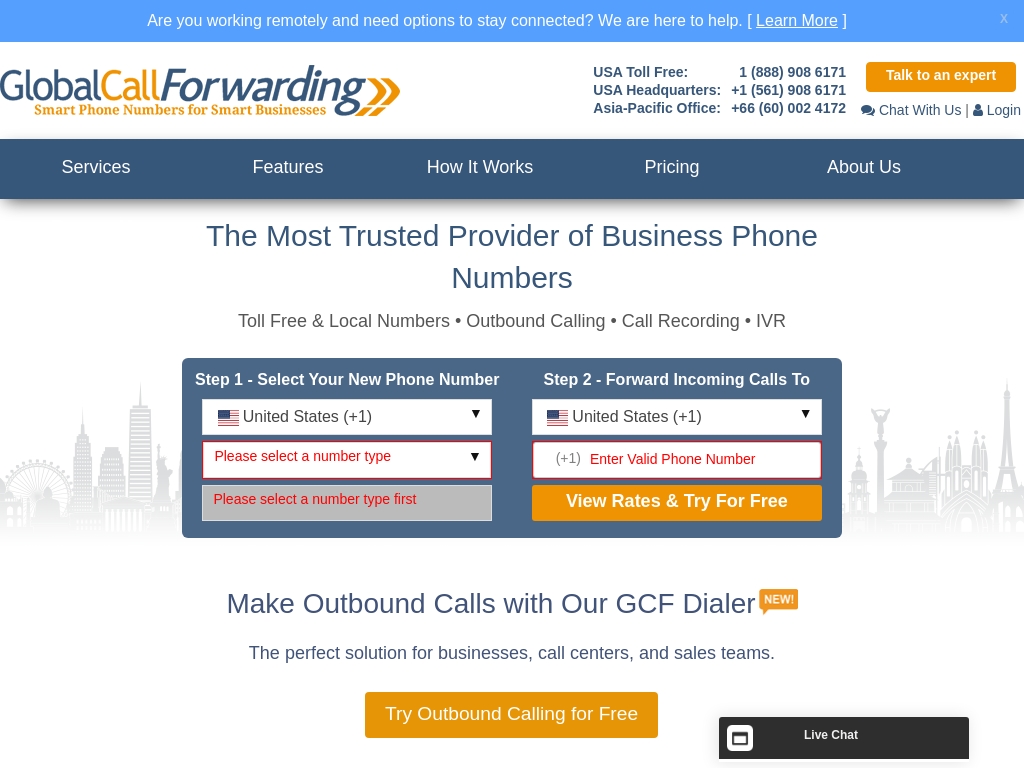

United World Telecoms' founder saw explosive growth potential in the international callback industry and has since created a virtual phone system, partnered with over 2000 businesses worldwide, and uses Google Ads, SEO, and email marketing to promote customer satisfaction.




9. Regpack ($10M/year)
While working as a Fulbright scholar at Berkeley, Asaf Darash pondered creating a meta-programming application with unlimited variables and outcomes for non-programmers. Realizing the high demand for customizable onboarding and payment systems, he founded Regpack, which now boasts 31 employees and over $800k in monthly revenue.
How much money it makes: $10M/year
How much did it cost to start: $500K
How many people on the team: 31

In this case study, the founder and CEO of Regpack, an online payment management and registration platform, shares the journey of building and growing the business, with impressive highlights including a 30% revenue increase for customers and a team of 31 employees making over $800k each month.




10. Inflectra Corporation ($9.96M/year)
Adam Sandman, founder and CEO of Inflectra Corporation, came up with the idea for his business while working at Sapient. He and his colleague realized that there was a need for a more affordable and agile requirements and project management system in the software industry. This led Sandman to quit his job, code the first version of SpiraTest himself, and launch Inflectra.
How much money it makes: $9.96M/year
How much did it cost to start: $20K
How many people on the team: 50

Inflectra Corporation's Founder and CEO Adam Sandman shares how he went from being a stay-at-home dad to running a tech company with $10MM in ARR, offering insight on launching and marketing a tech product in the industry.




11. Metricool ($9M/year)
Juan Pablo Tejela, CEO of Metricool, started the business with his wife after realizing the need for software that helps bloggers understand the impact of their content on social media. They initially offered the tool for free and after gaining 4,000-5,000 users, decided to switch to a premium subscription model. Metricool now has over 400,000 users, 5,000 clients, and has exceeded one million dollars of annual recurring revenue.
How much money it makes: $9M/year
How much did it cost to start: $50K
How many people on the team: 55
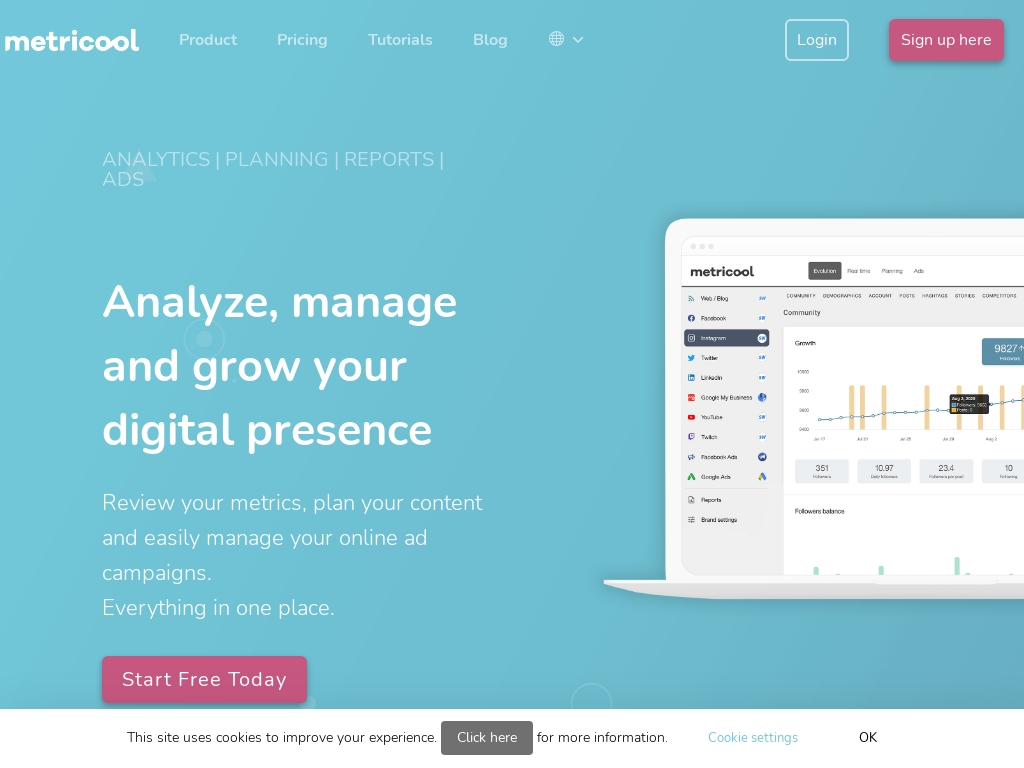

Metricool, a SaaS social media management tool, built a business with a Freemium model, starting with just $50k in investment and now boasts over 5,000 clients, more than 400,000 users, and over $1 million of annual recurring revenue.




12. SalesScreen ($8M/year)
Sindre Haaland, the founder of SalesScreen, initially started as a consultancy company doing mobile and website projects to finance the development of his SaaS business. The idea for SalesScreen came when they integrated their second SaaS, an infoscreen solution, with their sales reporting tool, creating a real-time visualization of sales data that motivated and excited sales teams. Today, SalesScreen has grown to have thousands of sales teams relying on their platform, and they are closing in on $10,000,000 in recurring revenue.
How much money it makes: $8M/year
How much did it cost to start: $10K
How many people on the team: 45
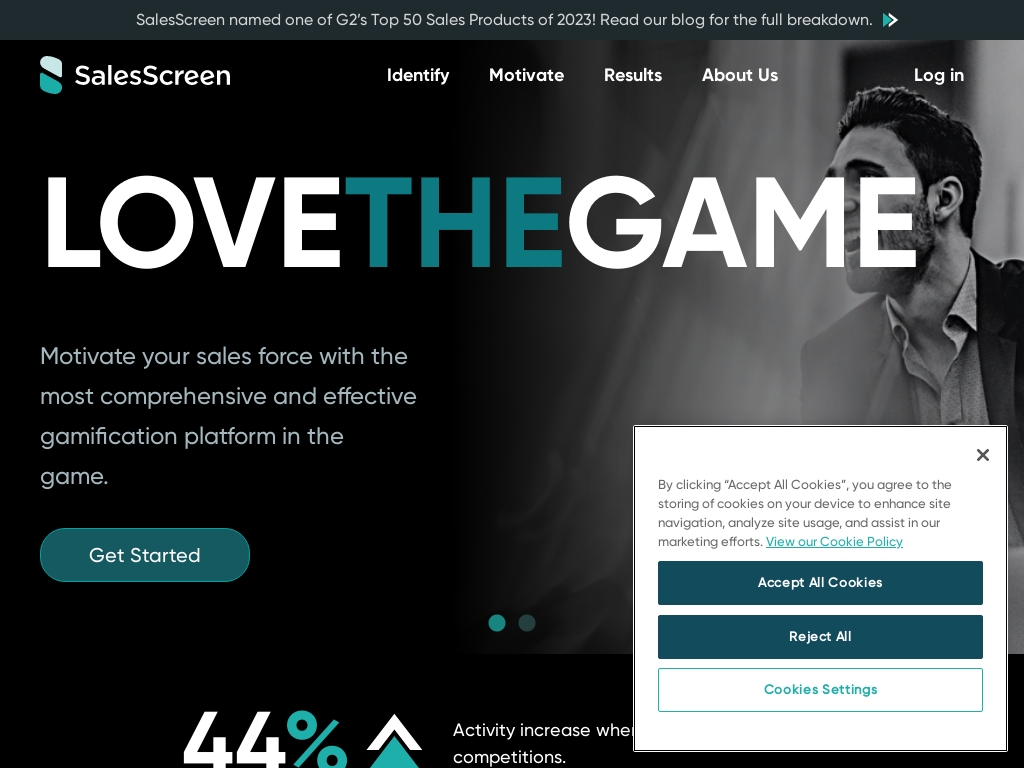

Sales gamification SaaS SalesScreen, founded in 2011, has grown to close in on $10m in recurring revenue and operates in 26 countries, having used its customer-focused approach to identify market demand and build a gamification platform with motivational elements.




13. Balsamiq ($6.6M/year)
Balsamiq Wireframes, a low-fidelity wireframing tool, was founded by Giacomo "Peldi" Guilizzoni in 2008. The idea for the tool came from Peldi's experience working at Adobe, where he realized the need for a simple sketching tool that could be used by any contributor in product meetings. With a focus on constant learning and improvement, Balsamiq has grown into a team of 33 people with a monthly revenue of about $550,000.
How much money it makes: $6.6M/year
How many people on the team: 29
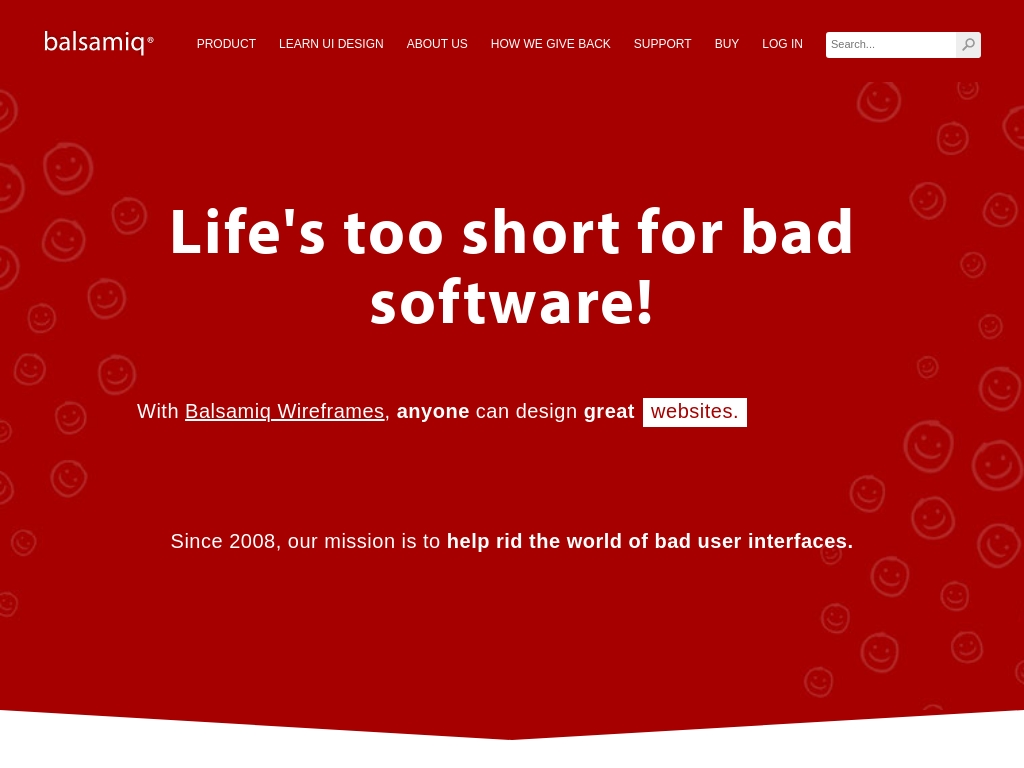

How Balsamiq became a $550k/month company through staying focused on simplicity and taking care of their team and community.




14. MeetEdgar ($4M/year)
Laura Roeder, the founder of MeetEdgar, came up with the idea for her social media automation tool after realizing the burden of managing social media accounts and creating new content across multiple platforms. With her background in teaching social media marketing and her own online course business, she saw the need for a tool that could handle the grunt work of social media management. By validating the idea through her course, she decided to create MeetEdgar and launched the software in 2014.
How much money it makes: $4M/year
How many people on the team: 11


MeetEdgar, a bootstrapped social media automation tool founded in 2014 by Laura Roeder, has grown to $4 million in annual recurring revenue and more than 5,000 customers, with a team size of two dozen, achieved through content marketing, social media marketing, and organic search.




15. Third Wave Analytics ($3.96M/year)
Savitra Sharma, the founder of Third Wave Analytics, came up with the idea for her business after witnessing the inefficiencies of technology in laboratories during her previous consulting roles. Realizing the need for a more optimal system, she reached out to Salesforce and proposed a collaboration to bring a new kind of software into the laboratory. With just $200 in capital, Sharma started Third Wave Analytics and built the world's first cloud-based laboratory information management system (LIMS) called Lockbox LIMS, which is now used internationally by organizations in various industries.
How much money it makes: $3.96M/year
How much did it cost to start: $200
How many people on the team: 7
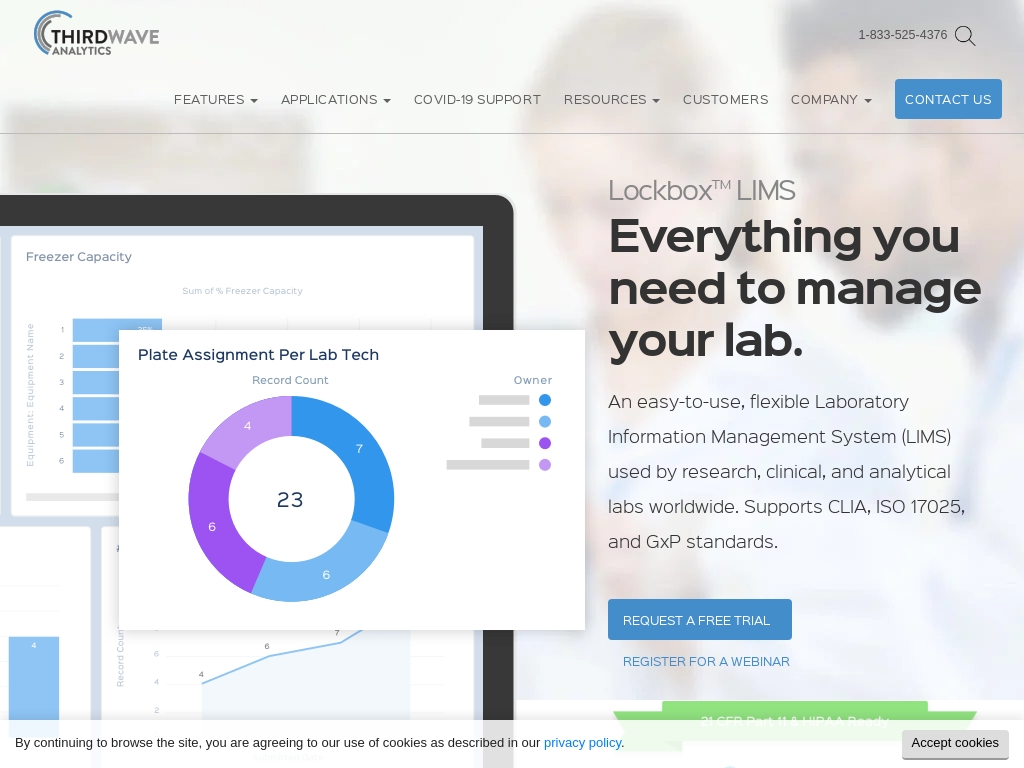

Third Wave Analytics developed the world's first cloud-based and customizable LIMS platform on Salesforce, generating $330k monthly revenue from clients such as Ohio State University and Boston University School of Medicine while partnering with the University of California-Berkeley for a COVID-19 study; founder Savitra Sharma advises aspiring entrepreneurs to focus on clear objectives to meet their goals.




16. TitleCapture ($3.6M/year)
After years of building software for clients, Alex Samant and Kethe Cicconi identified a significant gap when a large Florida title company requested a tool to streamline their quoting process. Realizing the broader market potential, they launched TitleCapture, now a $4 million ARR SaaS business servicing over 1,500 title companies.
How much money it makes: $3.6M/year
How much did it cost to start: $8K
How many people on the team: 35
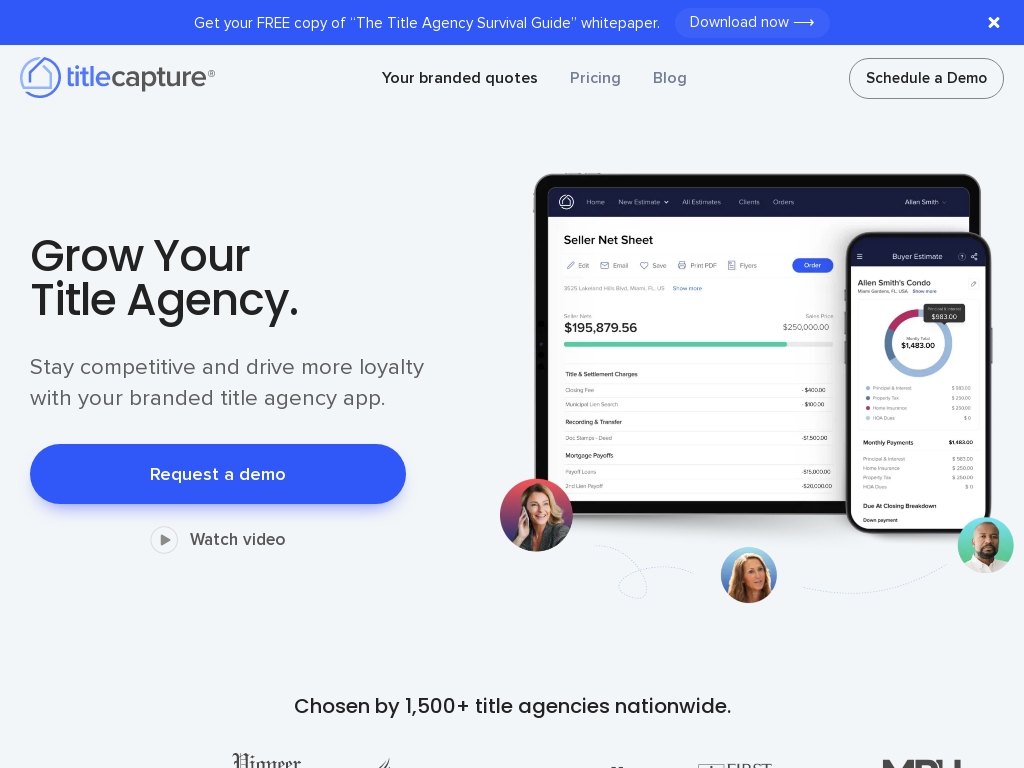

Learn how TitleCapture, a SaaS company for title companies, streamlined the quoting process for agents, resulting in over 1,500 title companies using their app and a current $4m ARR, offering a valuable lesson in focusing on a niche audience and their needs.




17. Pony Express Studio ($3.6M/year)
Thibault Louis-Lucas, the founder of Taplio and Tweet Hunter, came up with the idea for his startups after experiencing failures with previous ventures. Through trial and error, he and his co-founder committed themselves to building new products every week until one gained traction. Their "aha" moment came when they developed Tweet Hunter, a simple search bar that retrieved viral tweets, leading to a successful launch and subsequent growth.
How much money it makes: $3.6M/year
How much did it cost to start: $1K
How many people on the team: 7
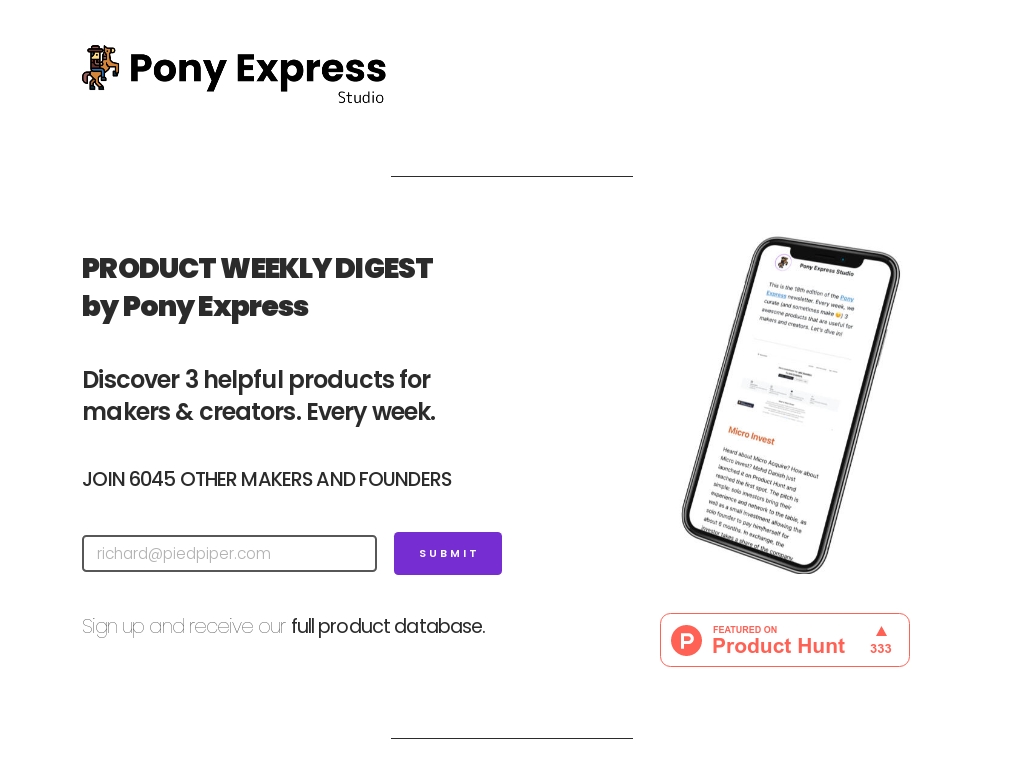

Taplio and Tweet Hunter, founded by Thibault Louis-Lucas, experienced tremendous growth, going from $0 to $3.5m in ARR in just two years, targeting Twitter, LinkedIn and social media creators and becoming one of the most successful startups in the industry.




18. Pointerpro ($3.44M/year)
Stefan Debois, an engineer and 15-year consultant, transformed a fun iPad quiz he designed for his daughter's birthday into Pointerpro, a SaaS platform now generating $287K MRR and used by clients in over 65 countries, including Deloitte and Meta.
How much money it makes: $3.44M/year
How many people on the team: 28
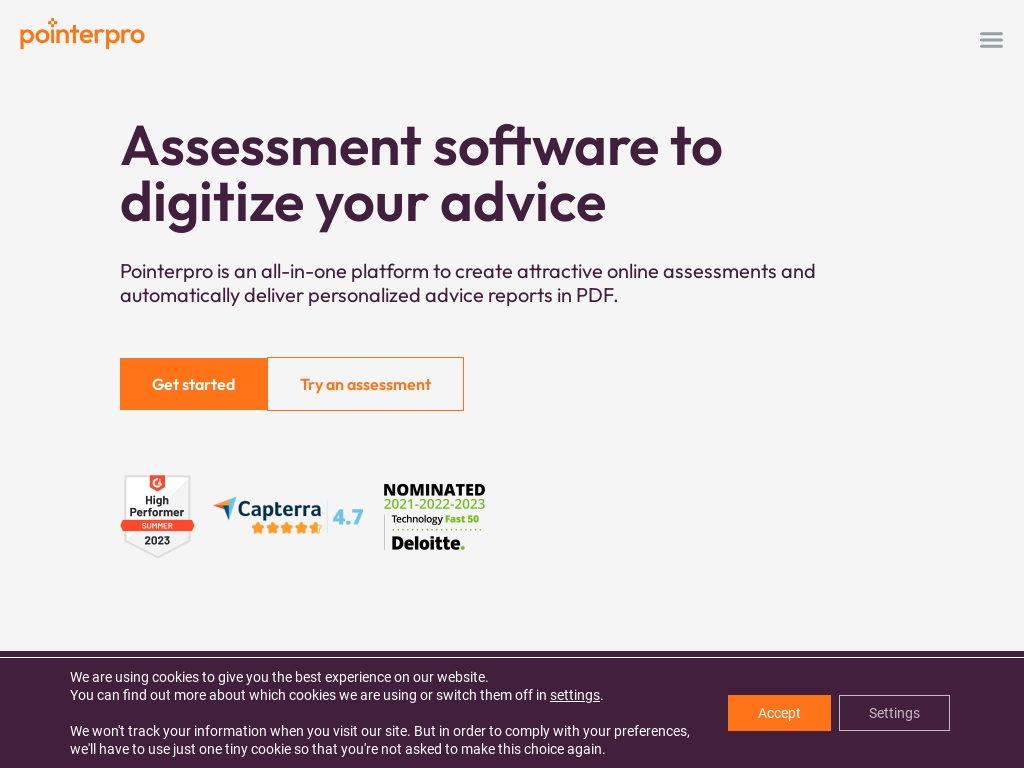

Pointerpro founder Stefan Debois built a software platform for consultants that has achieved a monthly recurring revenue of $287,000 and annual growth of over 30%, with customers in over 65 countries, including Deloitte, Adobe, and AstraZeneca.




19. Filestage ($3M/year)
Hey, my name is Niklas Dorn and I'm the CEO and co-founder of Filestage. We started the company in 2015 after realizing how messy and complicated the feedback process was for agencies and marketing teams when it comes to content creation. Our software makes it easy for teams to share, comment, and approve any digital content, and today we have over 600 customers and 50,000 users worldwide.
How much money it makes: $3M/year
How much did it cost to start: $200K
How many people on the team: 50
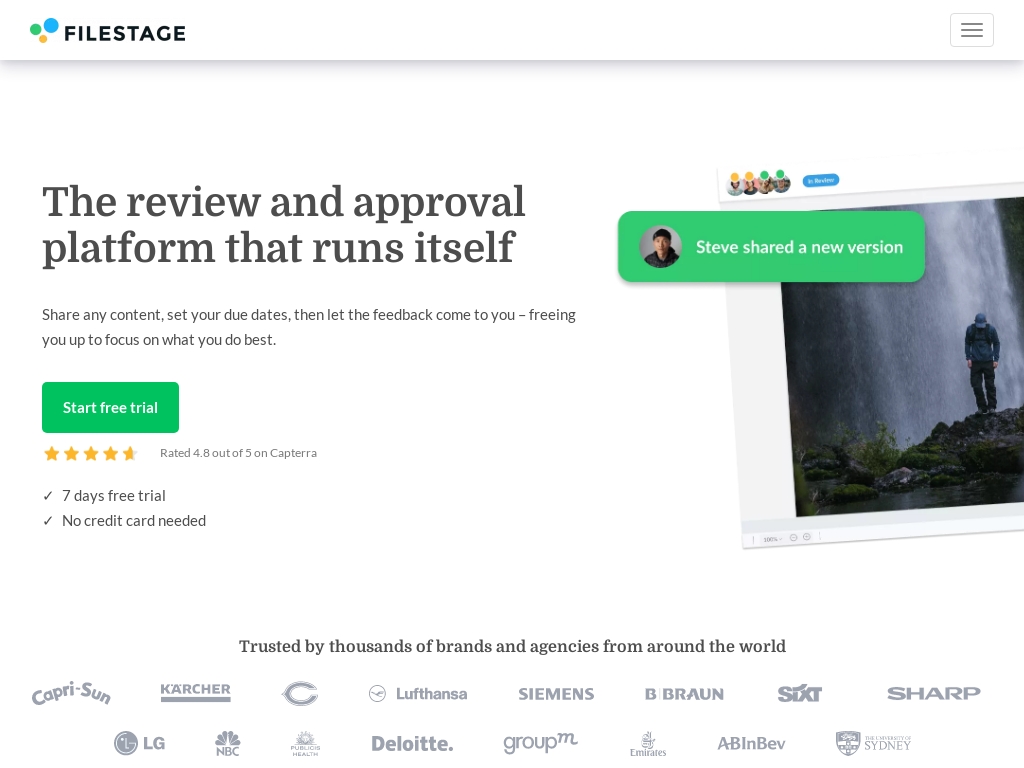

Filestage is a content review and approval software that started in 2015 and now has over 600 customers and 50,000 users worldwide, offering an efficient approval process for digital content such as videos, images, pdf, podcasts, and entire websites.




20. noCRM.io ($2.64M/year)
Sunny Paris, co-founder of noCRM.io, came up with the idea to create a lead management software after realizing the limitations of traditional CRM software during his time with Yoolink. Despite the competitive CRM market, Sunny saw an opportunity to bring something new and more efficient to salespeople. The company has since grown to $2.4M in annual recurring revenue and has a customer base of over 11,000 salespeople worldwide.
How much money it makes: $2.64M/year
How much did it cost to start: $80K
How many people on the team: 19
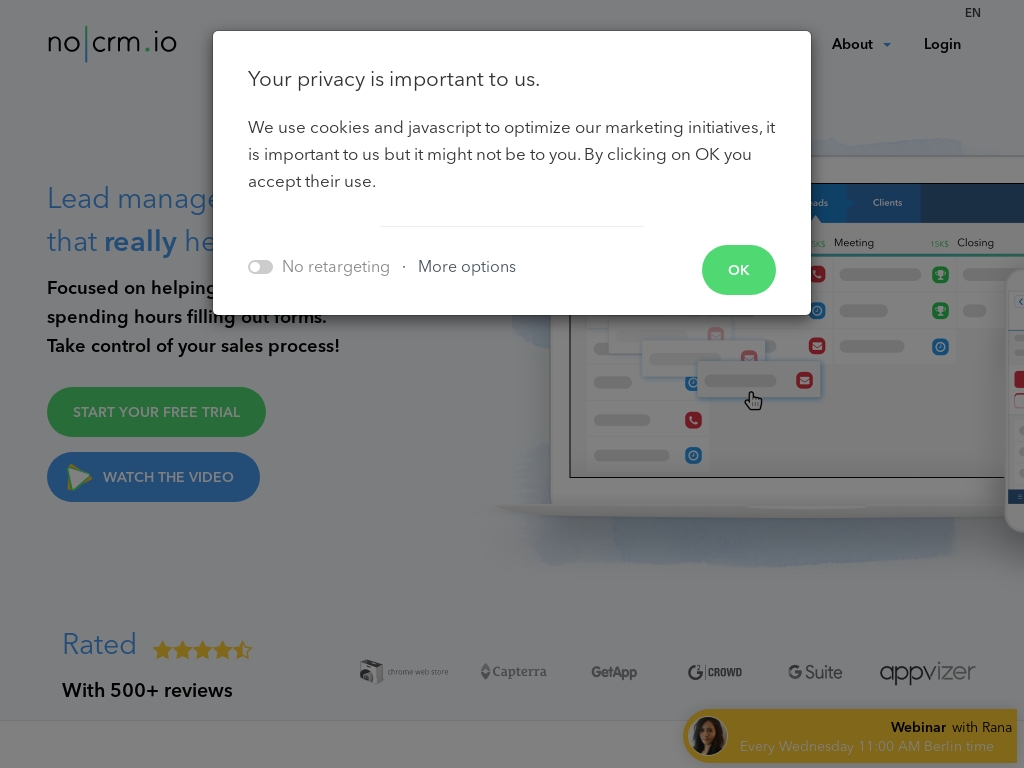

This case study is about noCRM.io, a French SaaS company with over 11,000 salespeople using their software worldwide, that provides a lead management software for salespeople, and has managed to build its business up to $2.4M in annual recurring revenue and $200K in average monthly revenue.




21. Tweet Hunter ($2.64M/year)
These two founders worked on launching a product every month. And every time, the tech co-founder brought in a few early sales because he had a small but high-quality audience on Twitter. The marketing founder tried too, but failed.
At the time, they had built up a database containing thousands of tweets that they were using for another product. So he thought he could maybe use the best-performing content as inspiration for his own tweets.
The tech co-founder made a very quick prototype, and… it worked! Writing became better and quicker, and he achieved a higher engagement.
That was the first version of Tweet Hunter: a searchable library of high-performing tweets.
How much money it makes: $2.64M/year
How much did it cost to start: $0
How many people on the team: 0
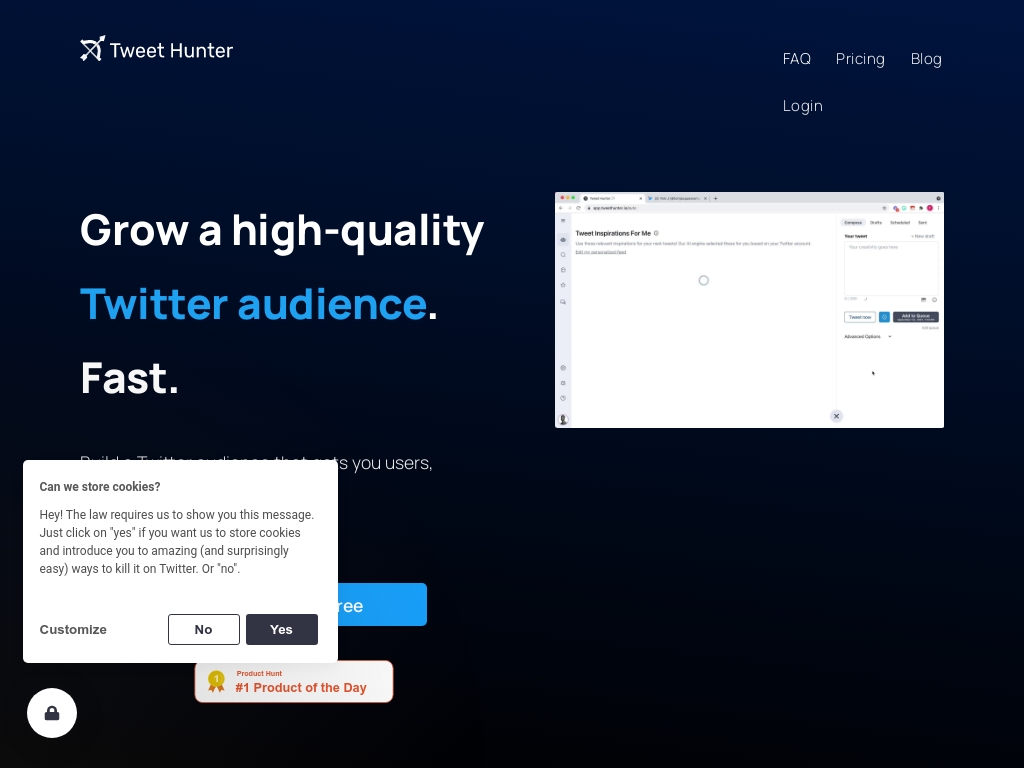

French co-founder of all-in-one Twitter tool, Tweet Hunter, discusses how his personal marketing experience and passion for solving his own problems led to their successful launch and current $60,000 MRR in under 10 months.




22. Prerender.io ($2.64M/year)
Todd Hooper, a software engineer, came up with the idea for Prerender.io after experiencing the problem of JavaScript websites not showing up on Google. Worked on this on the side until the monthly profit was close enough to quit his day job and have Prerender.io become a full-time thing.
Came up with the idea when he kept running into the problem where the projects he was building were not showing up on Google.
How much money it makes: $2.64M/year
How much did it cost to start: $0
How many people on the team: 4
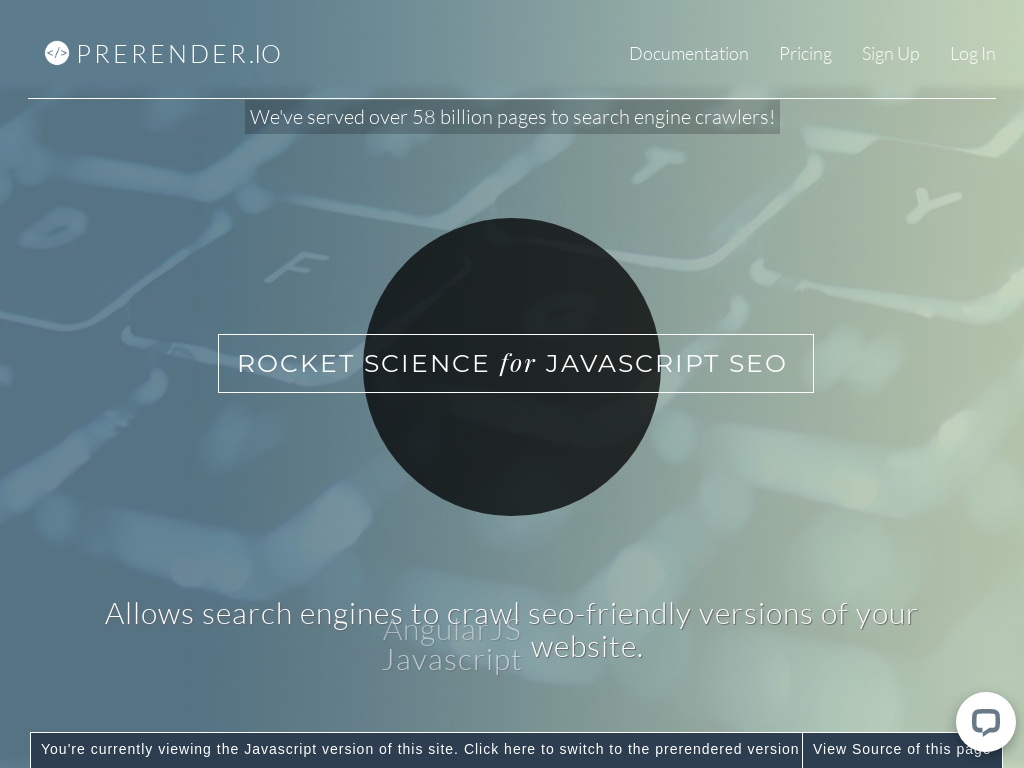

Solo founder Todd Hooper bootstrapped Prerender.io from zero to $2.5 million in ARR over 5 years by releasing an open-source project on Github and turning it into an SEO-friendly version of React, Angular, and Javascript websites, and then offering it as a SaaS service for businesses.




23. Sharetribe ($2.4M/year)
Juho Makkonen, the CEO and co-founder of Sharetribe, came up with the idea for their online marketplace software while working on a research project at a Finnish university. After receiving multiple requests from non-technical founders to use their technology for their own ideas, they realized there was a market for a solution that allowed non-technical founders to build their own marketplace websites without coding skills. Today, Sharetribe powers over 1000 marketplaces in 70+ countries, with some customers raising millions in venture capital.
How much money it makes: $2.4M/year
How much did it cost to start: $100K
How many people on the team: 24

Sharetribe is a SaaS product that makes it easy for non-technical founders to create their online marketplace without coding skills; with more than 1000 marketplaces in 70+ countries powered by Sharetribe software, it began with an idea of Juho Makkonen and a co-founder, spinning out of their first marketplace research project.




24. FindPeopleFast ($2.4M/year)
customer engagement and reach. Additionally, we use Google Analytics to track website analytics and optimize our performance. We are also exploring the use of email marketing tools to enhance our customer communication and retention strategies.
How much money it makes: $2.4M/year
How much did it cost to start: $56K
How many people on the team: 86
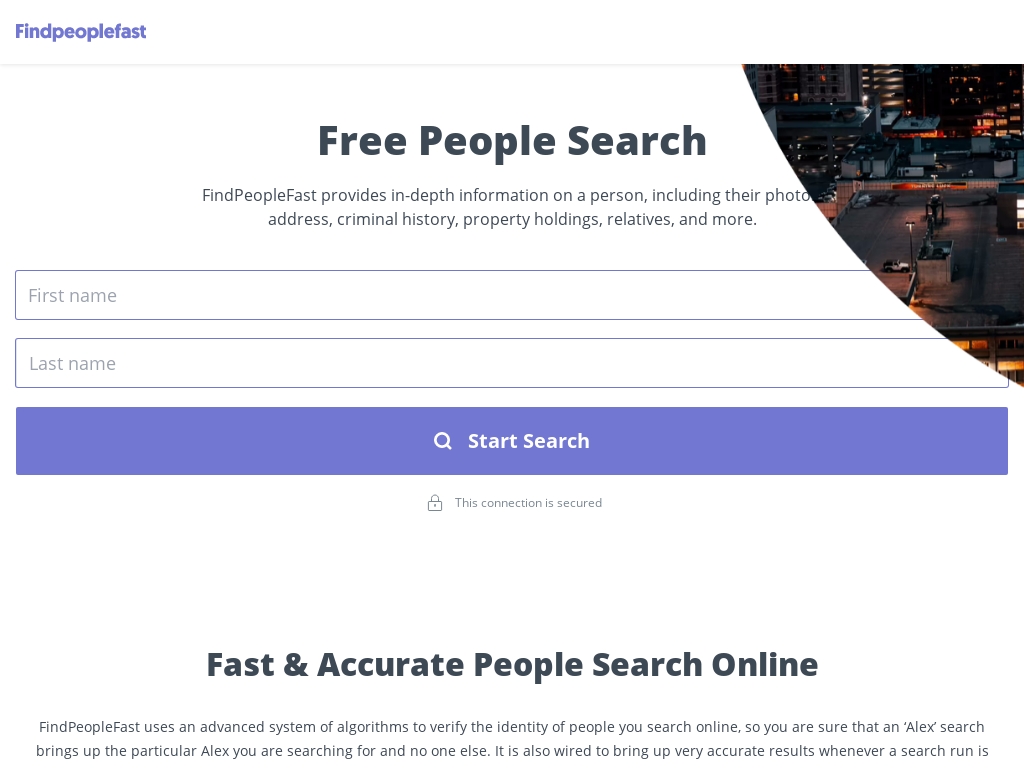

Find People Fast is a Saas product that pulls out detailed information about any person including social media profiles, public records, address, pictures, property holdings, etc, generating upwards of an estimated revenue of $500,000 per month and employing a team of 60 employees since launch eight months ago.




25. Idea Drop ($2.4M/year)
Charlie de Rusett, CEO and Founder of Idea Drop, came up with the idea for the business while running his previous company, Yellowball. He realized that there was a lack of user-friendly software for capturing and implementing ideas within teams, so he decided to build his own web-based prototype. After seeing the positive impact of the ideas generated within his own team, Charlie saw the potential for Idea Drop to revolutionize idea management for businesses of all sizes and sectors.
How much money it makes: $2.4M/year
How much did it cost to start: $50K
How many people on the team: 25
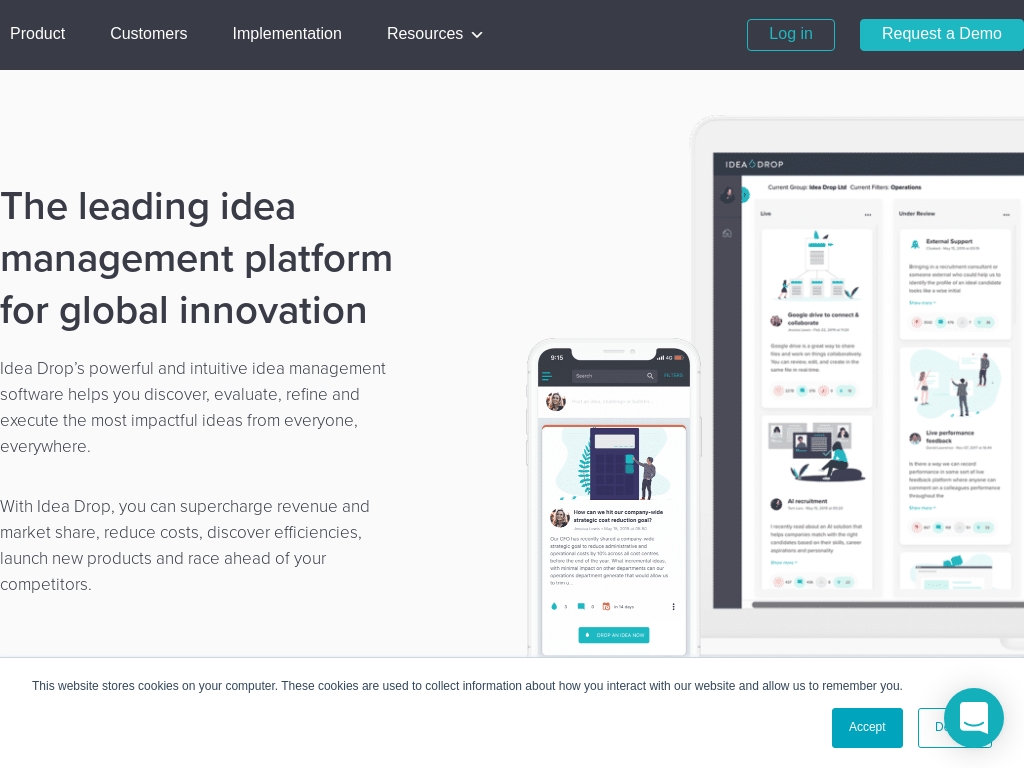

UK-based Idea Drop is a software-as-a-service (SAAS) allowing businesses to identify, refine and execute innovative ideas through its platform, which is already being used by MT, Ericsson, and the Kent Police Force, offering a public challenge facility allowing clients to crowdsource ideas, with one Covea idea implemented via the platform estimated to save the company £2.5m over five years.




26. UserGuiding ($2.4M/year)
Osman and his co-founder Muhammet started UserGuiding after a failed search for a business model in San Francisco. They had the skills, time, and money, but no idea until they analyzed a difficult-to-use product they were offered a job for and realized they could build a better user onboarding tool. They received positive feedback from experienced SaaS founders and quickly developed a prototype, making their first sale to Mobile Action founder Aykut. Within their first month, they made $2,000 and launched on Product Hunt, gaining more customers and attending SaaStr Annual 2018 with Aykut's gift of tickets.
How much money it makes: $2.4M/year
How much did it cost to start: $200K
How many people on the team: 30
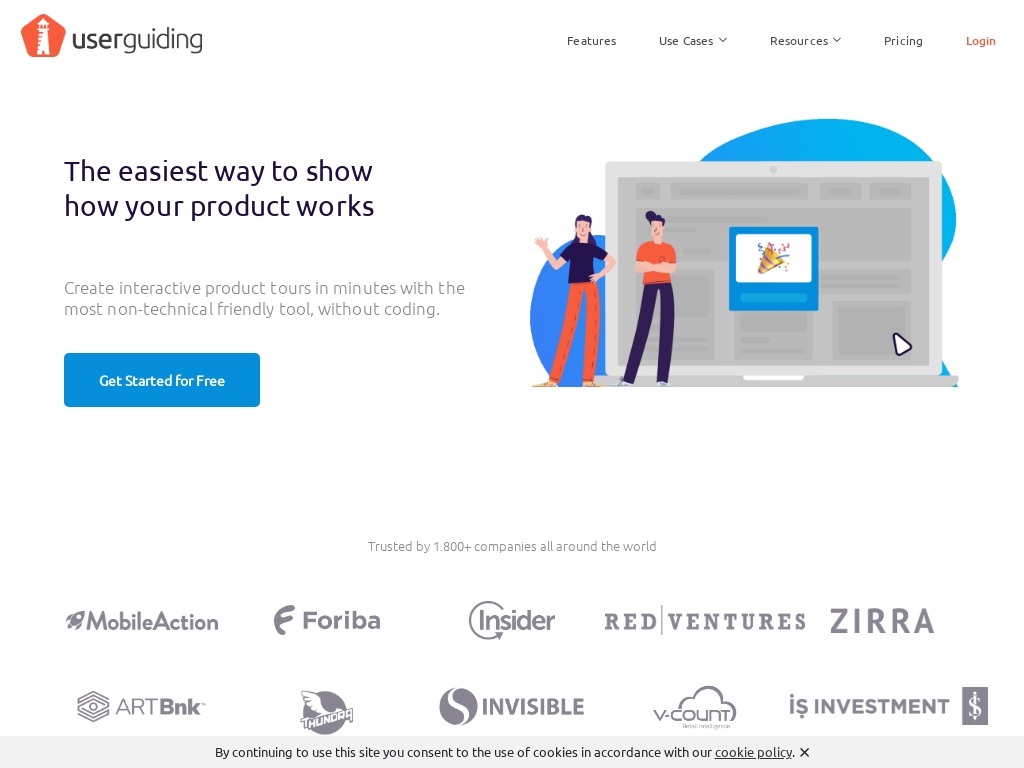

UserGuiding is a SaaS product that has attracted 73 subscribers, 5,000 sign-ups from 92 countries, and 4 million end users, with a monthly recurring revenue that has increased from $413 to $9,400 in the past 14 months.




27. AdviNow Medical ($2.4M/year)
James Bates, the CEO and Founder of AdviNOW Medical, came up with the idea for his business after realizing that doctors spend 2/3 of their time on clerical work, leaving less time for patients. He saw the potential for artificial intelligence to automate the front and back office of clinics, allowing doctors to focus on patients and increasing revenue and profitability. With the vision of making healthcare available to everyone through technology, AdviNOW is revolutionizing the industry and seeing significant success with over 1,000 medical locations adopting their automated medical visit system.
How much money it makes: $2.4M/year
How much did it cost to start: $15M
How many people on the team: 25


AdviNOW Medical uses artificial intelligence to automate clerical work, resulting in doctors being able to focus solely on patients and patients seeing more doctors every day, leading to increased profitability while solving healthcare issues.




28. Coassemble ($2.1M/year)
Jude Novak, Co-Founder & CPO of Coassemble, came up with the idea for the online training platform after experiencing the limitations and poor user experience of existing online training systems. He wanted to create a platform that was easy to use and could provide engaging training experiences. By targeting the underserved market segment of small to medium-sized businesses new to online training, Coassemble has experienced over 100% YoY customer growth and has attracted over 1,000 businesses to their platform.
How much money it makes: $2.1M/year
How much did it cost to start: $10K
How many people on the team: 30

Coassemble is an online training platform that has seen >100% YoY growth since launch, capturing the untapped market segment of small to medium businesses looking to train online for the first time, with over 1,000 businesses signing up to the platform and 90% of new customers training online for the first time, using a focus on ease of use, flexible sharing options, deep reporting, and genuine engagement experiences.




29. Viima ($1.8M/year)
Jesse Nieminen, Co-founder and Chief Growth Officer of Viima, came up with the idea for their innovation management software while studying computer science at Aalto University. They realized that companies needed a way to test their ideas in the market sooner, based on their own struggles, and developed Viima to help organizations collect, develop, and manage ideas all the way through to innovations. With over 13,000 organizations using their platform and a growth rate of around 70% year-over-year, Viima has become the most widely used and highest-rated innovation management software in the world.
How much money it makes: $1.8M/year
How much did it cost to start: $3K
How many people on the team: 10
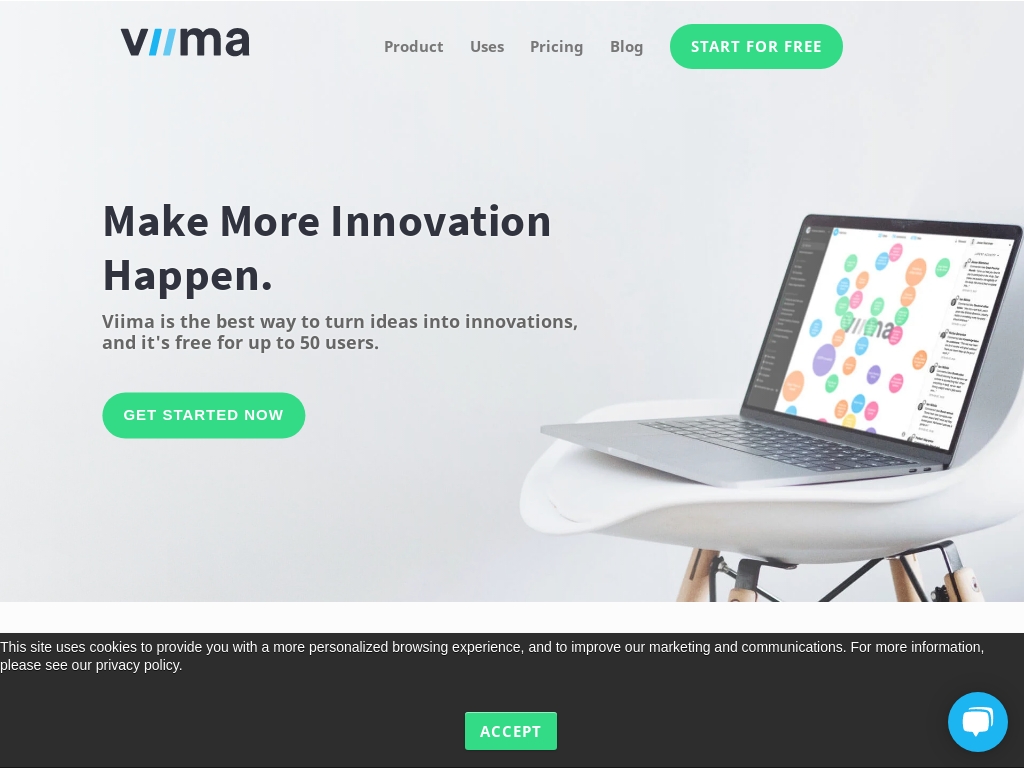

Viima, a Finnish-based bootstrapped innovation management software company, has managed to grow their recurring revenue at a rate of around 70% year-over-year, with more than 13,000 organizations from all around the world using their platform to manage innovation ideas, showing that online and inbound marketing are indeed the most effective ways to create a low-cost customer acquisition machine and a leading brand in the field.




30. Thexyz ($1.8M/year)
Perry, the founder of Thexyz, initially started as a traditional French polishing shop but quickly realized the slow business during Toronto's summer months. To boost his business, he decided to design his own website and found that people were more interested in having him build their online presence. Reluctantly closing his shop, Thexyz was born on October 7th, 2007, and has since become a successful email hosting service.
How much money it makes: $1.8M/year
How much did it cost to start: $50K
How many people on the team: 30
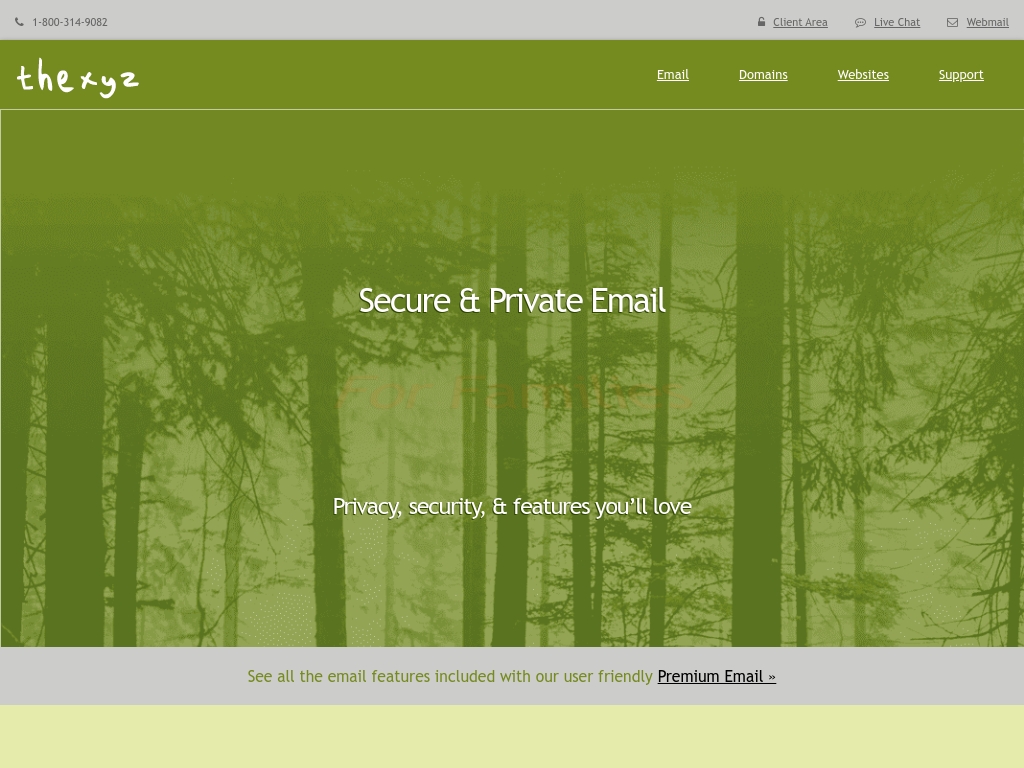

Thexyz is a self-funded email hosting service generating over $100k of recurring revenue each month, offering uncomplicated privacy and fantastic customer service, and expanding through international sales.




31. ConnectionPoint ($1.8M/year)
Daryl Hatton, the founder of ConnectionPoint, came up with the idea for his crowdfunding-as-a-service platform, FundRazr, while coaching his son's lacrosse team and struggling to get players to attend practice. He wondered if he could use Facebook to get them to pay their registration fees, which led to the core idea of using social media to facilitate funding for important projects. After investing a quarter of a million dollars and navigating some challenges with changes to Facebook's API, Hatton successfully launched FundRazr in 2009 and has since helped almost 200,000 projects raise over $200 million.
How much money it makes: $1.8M/year
How much did it cost to start: $600K
How many people on the team: 20
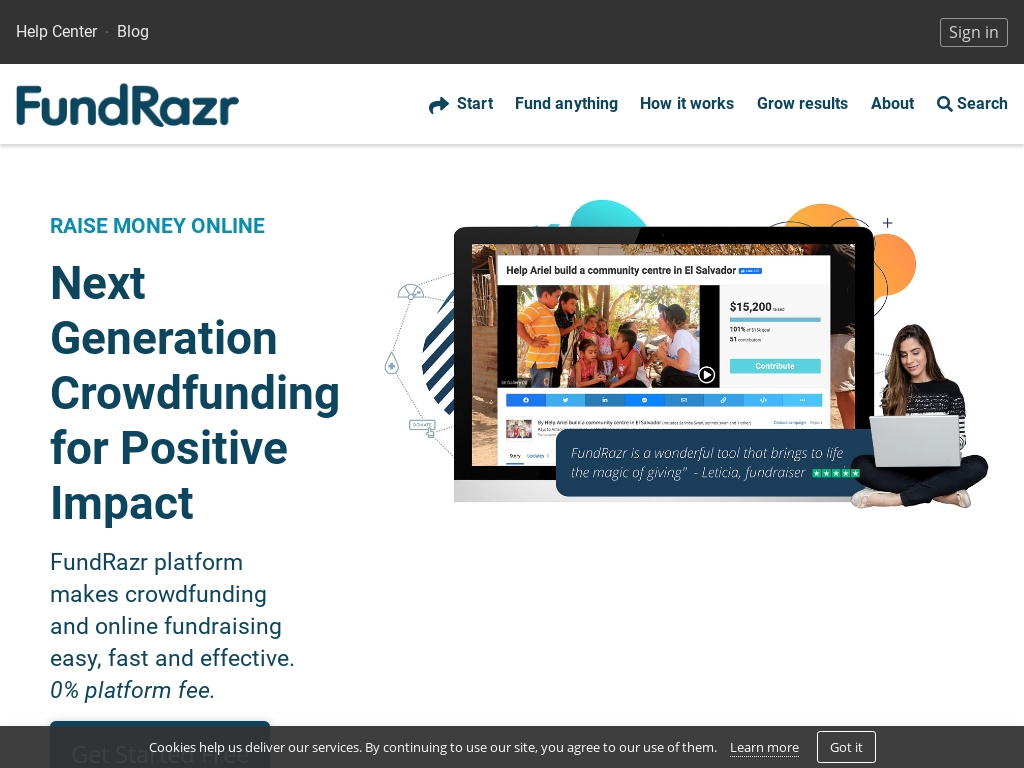

ConnectionPoint's founder and CEO, Daryl Hatton, shares his experience of launching an enterprise-class crowdfunding-as-a-service platform that has helped almost 200,000 projects in 40+ countries raise over $200 million, and offers valuable insights on taking a focused approach to growth and pivoting the business to solve customer problems.




32. Studio Ninja ($1.8M/year)
Chris Garbacz, a professional wedding photographer, came up with the idea for Studio Ninja after experiencing various challenges in his photography business, including forgetting his camera bag on a wedding day. He realized the need for a user-friendly and comprehensive solution to manage his leads, clients, contracts, and invoices, leading him to create Studio Ninja, the world's most user-friendly photography business management app. With 7,000 active subscribers and monthly recurring revenue of $150,000, Studio Ninja has become a successful tool for photographers worldwide.
How much money it makes: $1.8M/year
How much did it cost to start: $75K
How many people on the team: 13

Studio Ninja is a photography business management app that has achieved 6 years of success, with 7,000 active paying subscribers and monthly recurring revenue of $150,000, thanks to co-founder Chris Garbacz's experiences and failures as a wedding photographer and serial entrepreneur.




33. Mystery ($1.8M/year)
Shane Kovalsky, the Co-founder of Mystery, came up with the idea for his business after experiencing a perfect weekend in Austin and wondering how he could recreate that surprise and delight for others. He started by planning surprise nights out on the town for friends and family, and with the customer love and a compelling business model, Mystery was born. Now, they have successfully pivoted to B2B virtual events and corporate gifting, engaging with over 20,000 users in just over 2 years.
How much money it makes: $1.8M/year
How much did it cost to start: $1K
How many people on the team: 16


Mystery is an experiences platform with over 20,000 engaged users in just over two years, offering a surprise element to virtual events and corporate gifting.




34. AwardWallet, LLC ($1.8M/year)
difficult, but we are still generating around $150,000 per month on average. We are constantly working on improving the product and offering more features to our users. While the future may be uncertain due to COVID-19, we remain optimistic and focused on providing the best loyalty tracking and travel management service in the market.
How much money it makes: $1.8M/year
How many people on the team: 29
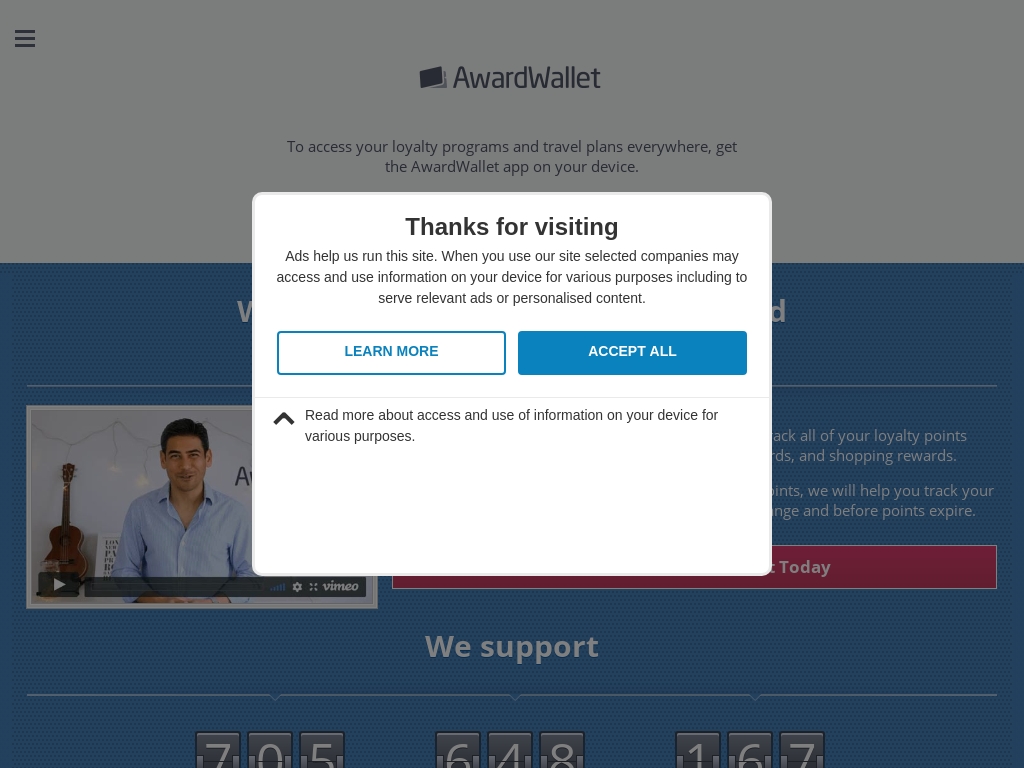

AwardWallet is a loyalty program tracking website which has grown to over $150,000 in monthly revenue, and since launch has retained users mainly through word of mouth due to its superior product in the space.




35. Distro ($1.68M/year)
Chad Ingram, the founder and CEO of Distro, came up with the idea for his business after facing challenges with hiring and retaining software developers in his previous ventures. Seeing the need for a better alternative in the competitive labor market, Chad created Distro as a marketplace for companies to find, hire, and pay remote development teams. Within 8 months of launching, Distro has already surpassed $2 million in annual recurring revenue and is focused on scaling its marketing and product implementation.
How much money it makes: $1.68M/year
How much did it cost to start: $250K
How many people on the team: 5
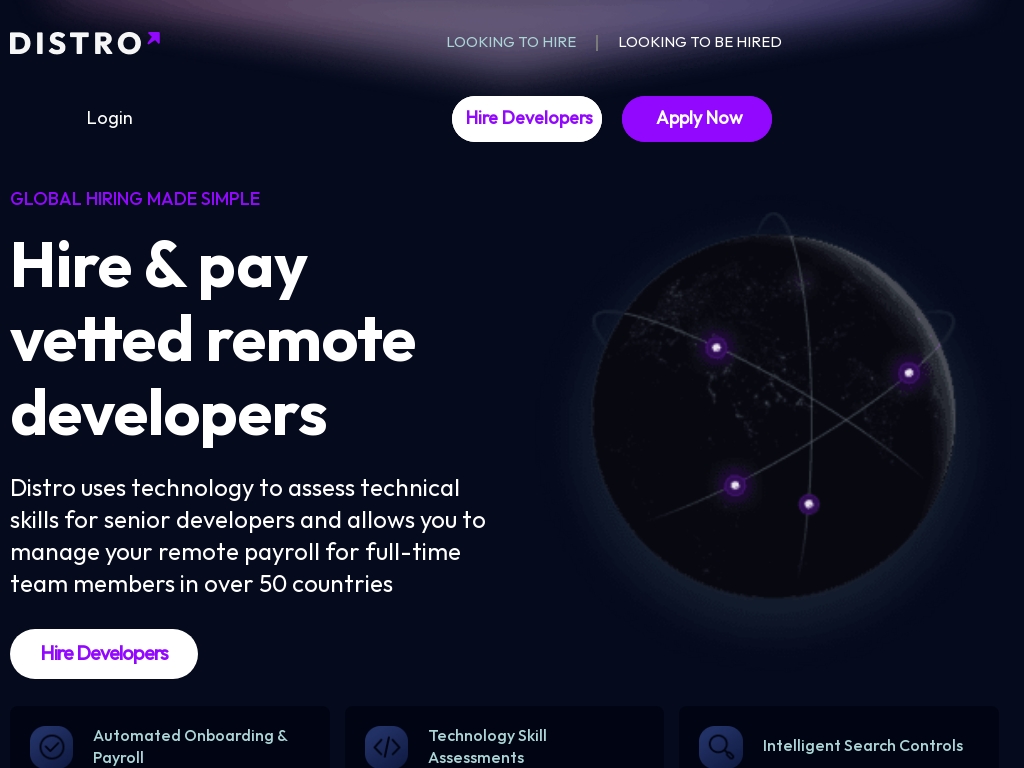

Distro, a marketplace for companies to find and hire software developers, has reached $2 million in ARR in just 8 months, and is profitable, giving founders hope to grow through capital efficiency focussing on product and sales by aggressively targeting a $3.5 million ARR by December 2022 alongside building a scalable marketing system and product implementation.




36. Spencer Patterson ($1.68M/year)
Spencer Patterson, an ex-financial broker turned product developer, launched a paywall platform in 2019 initially to streamline his own content operations. Seeing its potential as an alternative to Patreon, he monetized the bootstrapped SaaS to $125,000 - $142,000 MRR, ultimately selling it for $3.5M on Flippa.
How much money it makes: $1.68M/year
How much did it cost to start: $6K
How many people on the team: 1


This case study is about a founder who launched a paywall platform for content creators in 2019, bootstrapping it from $0 and eventually selling it for $3.5M on Flippa, with the platform generating between $125,000 - $142,000 in Monthly Recurring Revenue (MRR) on 95% margins.




37. Queue ($1.6M/year)
Mas, founder of Queue, built a ~1.6M ARR platform after solving his own pain point of syncing feedback on Overwatch videos, which quickly gained traction among esports coaches and video editors, evolving into a comprehensive productized service tool.
How much money it makes: $1.6M/year
How much did it cost to start: $1K
How many people on the team: 3


This case study article highlights the success of Queue, a platform that allows users to launch their own productized service businesses, with impressive figures including ~$1.6M/ARR and rapid growth in the past 3 months, providing valuable insights for aspiring founders looking to build or grow their own businesses.




38. PropertyData ($1.54M/year)
Michael Dent, founder of PropertyData, came up with the idea for his business when he realized the manual and error-prone process of analyzing property data for potential investments. He saw an opportunity to automate this analysis, making it faster and more accurate for property investors. Today, PropertyData generates $128,000 per month in recurring revenue.
How much money it makes: $1.54M/year
How much did it cost to start: $68K
How many people on the team: 1
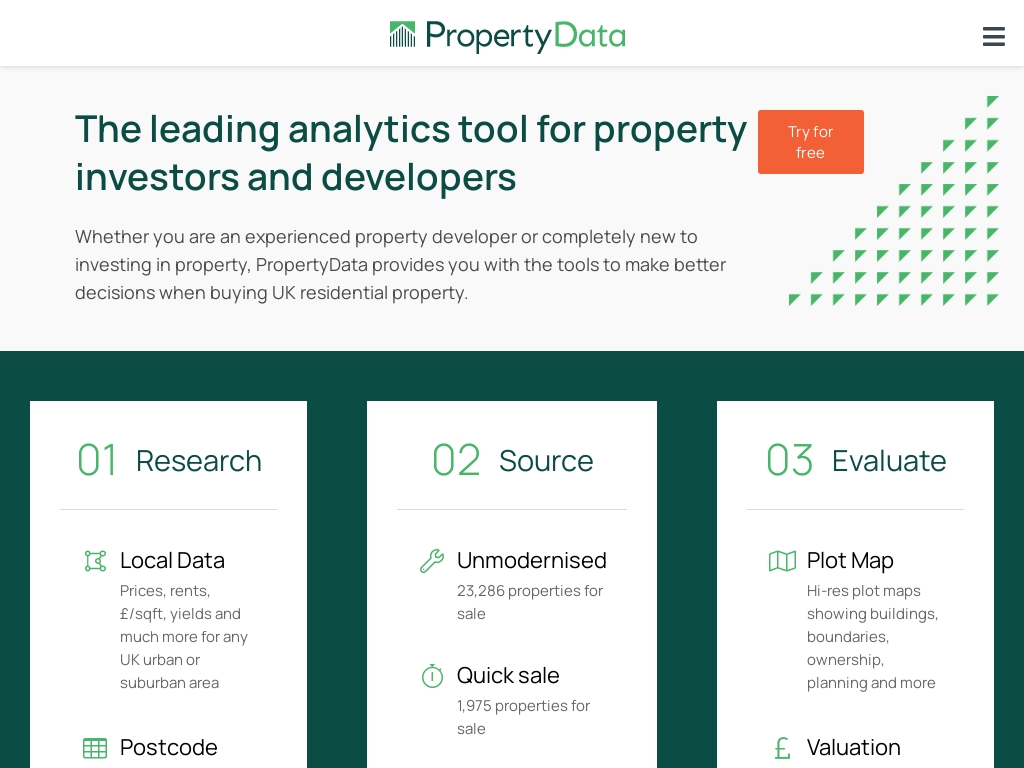

Founder of PropertyData creates a subscription website for UK property investors and developers that is now making $128,000 per month in recurring revenue.




39. NapoleonCat ($1.5M/year)
Greg Berezowski, founder and CEO of NapoleonCat, came up with the idea for his social media management platform while working at a digital marketing agency. He noticed that his team was spending too much time on repetitive tasks and saw a need for a tool that could automate those jobs, leading him to create NapoleonCat's Social Inbox. With a focus on the US market and a 150% growth in their client base during the Covid-19 pandemic, Berezowski is looking forward to even faster growth in 2021.
How much money it makes: $1.5M/year
How much did it cost to start: $50K
How many people on the team: 44
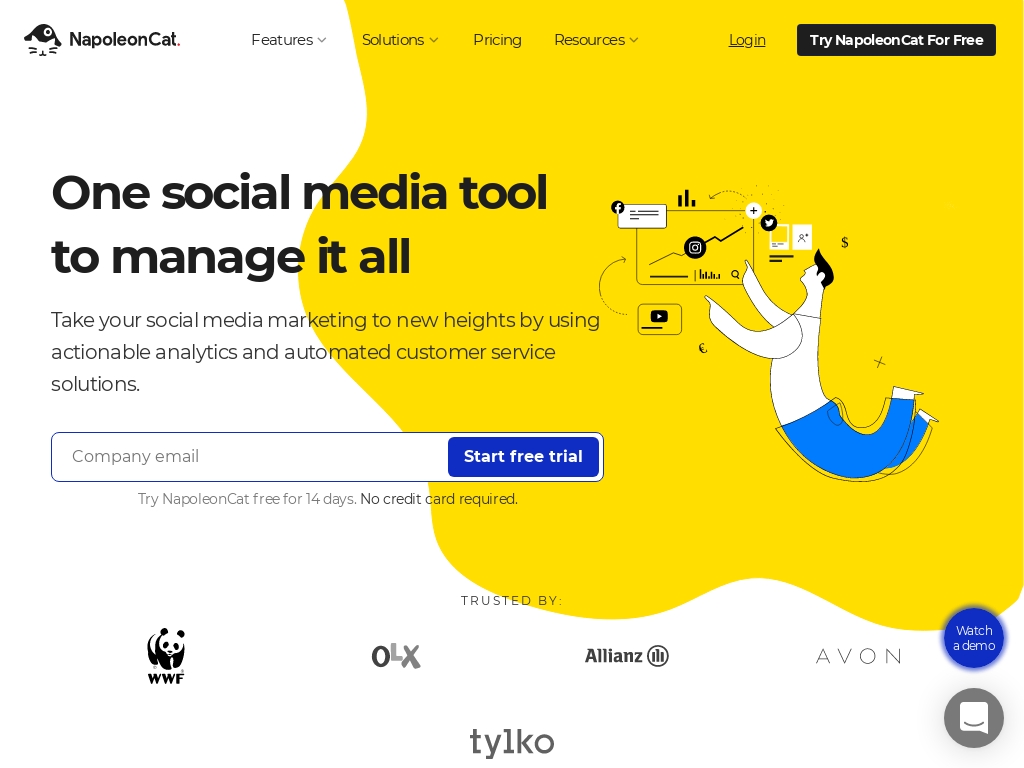

NapoleonCat, the social media management platform with a client base in over 60 countries, expanded their international client base by 150% in a year and is now a global brand with 50% of clients from abroad, aiming to maintain a constant 5% monthly growth in recurring revenue.




40. Huckabuy ($1.32M/year)
Geoff Atkinson, Founder and CEO of Huckabuy, came up with the idea for his SEO software platform after driving crazy growth in SEO as the SVP of Marketing at Overstock. He saw a gap in the market and realized that many SEO agencies and consultants were not delivering the results they promised, so he decided to create software that actually worked. After building a great product and leveraging his network, Huckabuy started attracting customers and securing big enterprise contracts.
How much money it makes: $1.32M/year
How much did it cost to start: $0
How many people on the team: 18


Huckabuy, an SEO software platform, has grown to make $110,000 in monthly revenue, having landed big enterprise contracts such as SAP and Salesforce, by starting out focusing on building a great product, networking, and securing lucky breaks from podcasts and interviews.




41. MarsX ($1.2M/year)
The founder of MarsX Inc, a low-code development platform, came up with the idea after experiencing the repetitive and time-consuming nature of building startups. Frustrated with traditional development methods, the founder wanted to create a tool that would simplify the process and allow for the reuse of code. Now, with hundreds of projects on the platform and a dedicated team, MarsX is looking to scale and target a specific market.
How much money it makes: $1.2M/year
How much did it cost to start: $300K
How many people on the team: 15
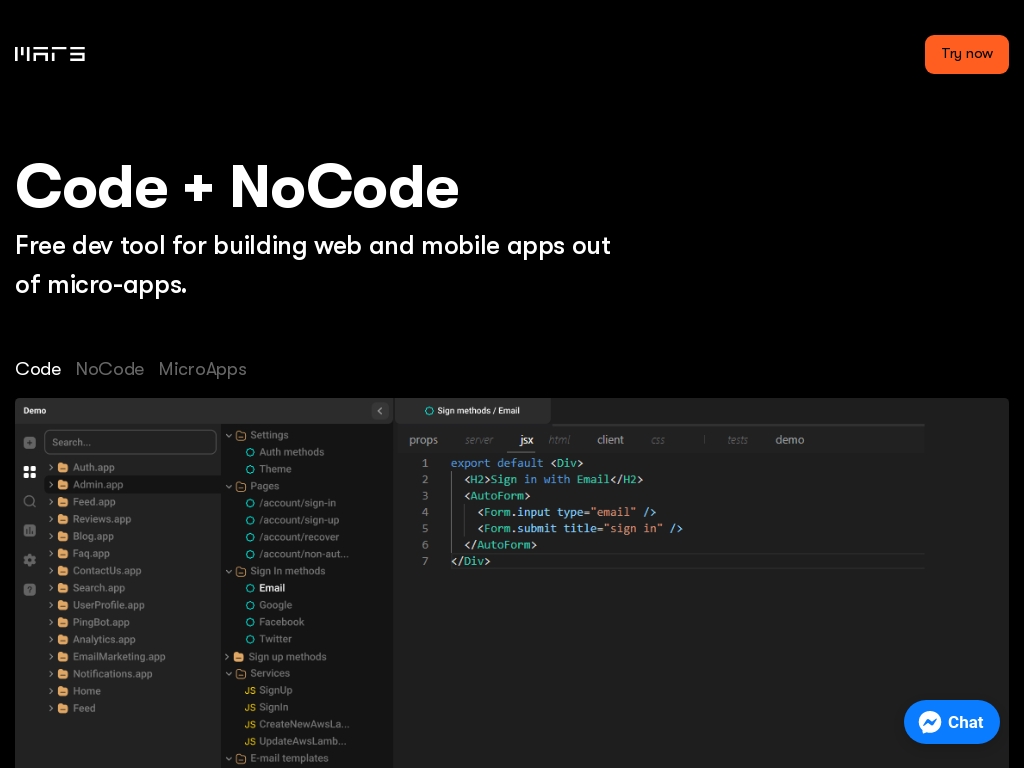

MarsX, a low-code development platform with micro-apps that saves founders 90% of the time and provides flexibility on demand, has over 261 projects on the platform and has attracted hundreds of users through word of mouth.




42. Blend ($1.2M/year)
During his work on various API projects, Vaibhav Prakash envisioned an app simplifying e-commerce product photography. Teaming up with Vishwanath Kollapudi and Jamsheed Kamardeen, they launched Blend in 2021, which now ranks among the top three design apps in Southeast Asia, driving over 30% monthly growth.
How much money it makes: $1.2M/year
How much did it cost to start: $0
How many people on the team: 28
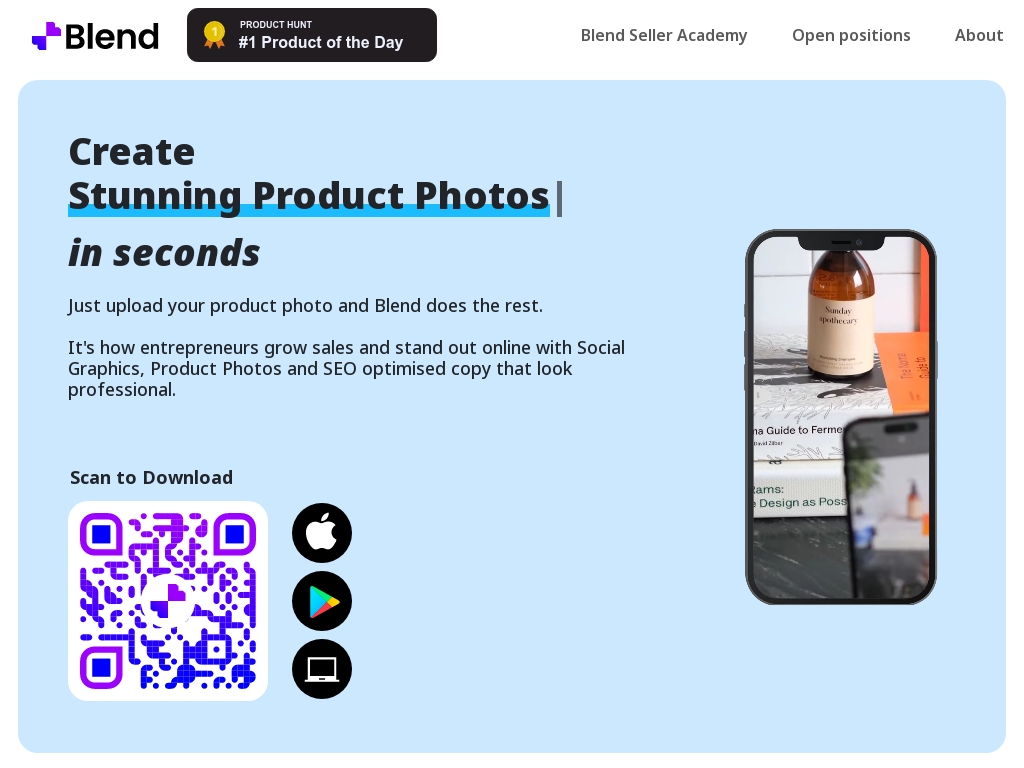

Blend is an AI-powered design and product photography tool for e-commerce sellers that helps solve the common problem of high costs and strong competition faced by direct-to-consumer (D2C) businesses, with the goal of leveling the playing field for small businesses and larger brands by democratizing content creation and helping them grow.




43. Scribie ($1.2M/year)
Rajiv Poddar, the founder of Scribie, originally started with a hardware startup that failed. After repurposing an internal tool into a Skype call recording plugin, he discovered the demand for transcription services. Seeing the opportunity in the online transcription industry, he built Scribie as a crowdsourcing platform with quality control mechanisms, focusing on providing accurate and consistent transcripts. Despite being a solo founder, Rajiv's passion for solving the problem of transcription and his commitment to quality have driven Scribie to surpass $1 million in revenue in 2020.
How much money it makes: $1.2M/year
How much did it cost to start: $500K
How many people on the team: 5


Scribie crossed the $1 million revenue mark in 2020 after 12 years in business, remaining a lean, profitable service by focusing on quality over growth and acquiring customers through organic search and word-of-mouth referrals, while CEO Rajiv Poddar aspires to scale the transcription service without compromising quality.




44. FlowChat ($1.2M/year)
After selling their first software company and facing intense burnout, Chris Baden and his partners identified two key pain points—finding quality leads and ensuring consistency—through interviews with 40 business owners. Combining their sales expertise with Bruno Domingues' automation, they transformed FlowChat into a tool now generating over $1 million in annual revenue.
How much money it makes: $1.2M/year
How much did it cost to start: $0
How many people on the team: 14
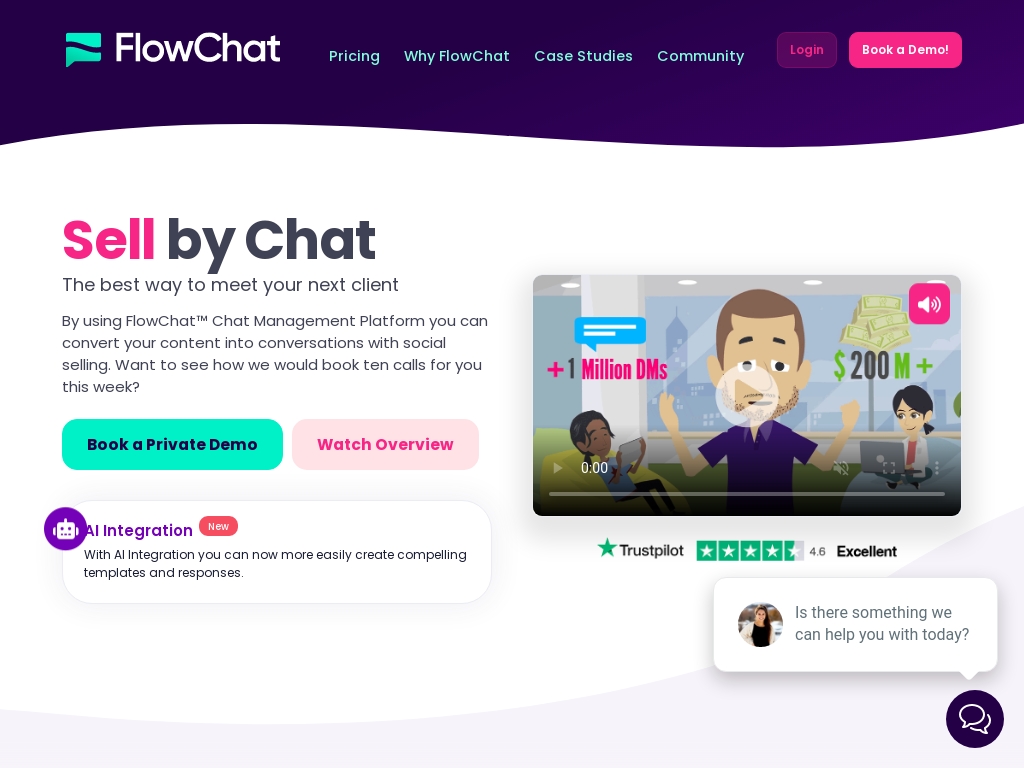

Generate over $3 million in organic sales and achieve a $100k+ monthly revenue in just 4 months by leveraging FlowChat's powerful automated social media workflows and B2B sales tools, with insider tips and scripts included.




45. ADYOUNEED ($1.14M/year)
Bonjour! Tufan founded ADYOUNEED, a marketing tech platform that allows small businesses and startups to create and manage ads on platforms like Facebook, Instagram, Google, and Tiktok without any marketing knowledge. The idea came to him after realizing that many businesses were wasting their marketing budgets on wrongly setup ads, and he wanted to provide a simplified and unified platform to help them succeed. With over $95,000 in monthly recurring revenue, ADYOUNEED is just getting started and has plans for aggressive marketing campaigns and new product launches in the future.
How much money it makes: $1.14M/year
How much did it cost to start: $120K
How many people on the team: 12

ADYOUNEED is a marketing tech platform generating over $95,000 MRR monthly recurring revenue offering simplified ad creation and management, boasting over 10,000 users globally, with the company planning to raise a Series A to advance future growth.




46. Restworld ($1.08M/year)
In high school, Luca started earning money by doing door-to-door leafleting. He later worked in various roles in the restaurant industry while studying psychology and human resources. During his thesis, he came up with the idea for Restworld, a platform to match people and companies in the restaurant industry. After conducting extensive research and validation, Luca and his co-founder launched Restworld and have since built a thriving business with over 800 customers and a community of over 72,000 subscribers.
How much money it makes: $1.08M/year
How much did it cost to start: $30K
How many people on the team: 13


"Restworld, a matching HR platform in the restaurant industry, has achieved impressive numbers with over 800 customers and a community of more than 72,000 subscribers, and has rapidly grown its revenue from 0 to half a million without relying on advertising but trust in the brand and the online reputation."




47. Fomo ($1.08M/year)
Ryan Kulp, a marketer and self-taught developer, acquired a social proof tool called Notify in 2016 and rebranded it as Fomo. Through strategic product-led growth, integrations, and a focus on social proof, Fomo scaled its business by 600% and achieved over $1 million in annual revenue.
How much money it makes: $1.08M/year
How much did it cost to start: $0
How many people on the team: 5
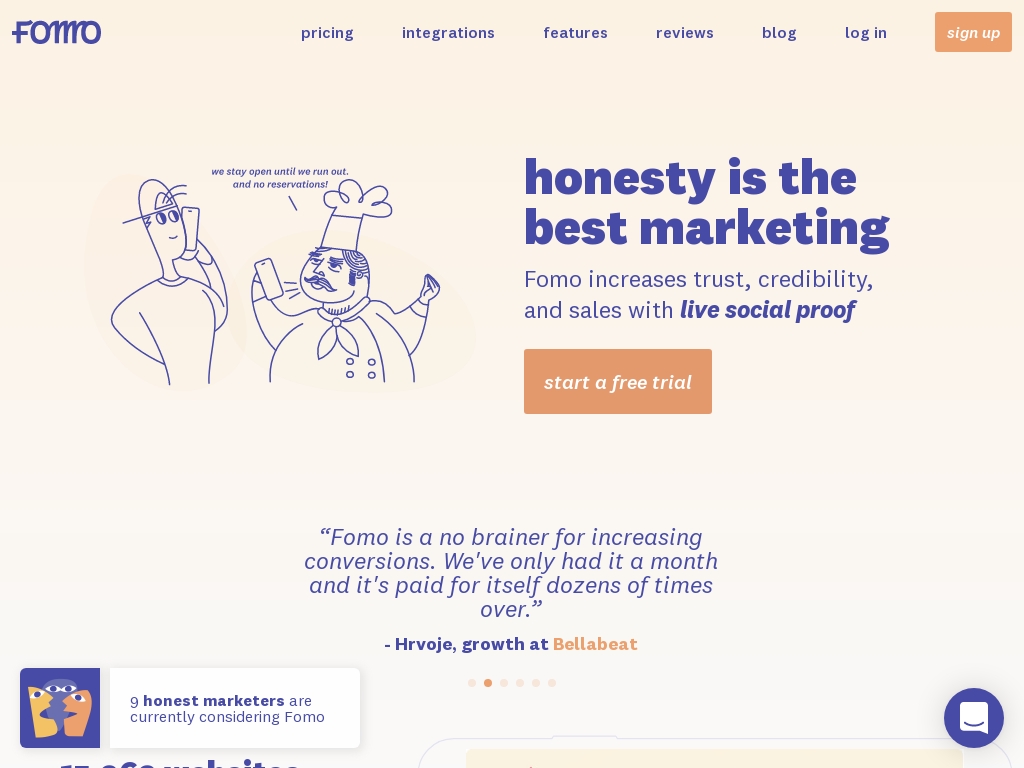

Fomo, a social proof tool for eCommerce stores, scaled its original business by 600% and now generates >$1m in annual revenue through product-led growth via integrations and an extensive case study library.




48. AiFA Labs ($1.04M/year)
While executing an SAP implementation, Harish Mandadi saw firsthand the inefficiencies of traditional software development. This realization propelled him to invest his savings and two decades of IT experience to launch AiFA Labs in 2021, now boasting a global team of 250+ professionals.
How much money it makes: $1.04M/year
How many people on the team: 158


Discover how AiFA Labs evolved into a global IT solutions powerhouse with a team of over 250 professionals and flagship AI platform "Cerebro" that has revolutionized software development across multiple industries, all started with a modest $500,000 self-funded investment.




49. TxtCart® ($1.02M/year)
Kyle Bigley started TxtCart after realizing the untapped potential in SMS marketing during his dropshipping days in college. He launched the AI-powered SMS marketing company in 2019, generating $1M ARR while still bootstrapped, and is on track for $3M ARR by 2026.
How much money it makes: $1.02M/year
How much did it cost to start: $30K
How many people on the team: 7
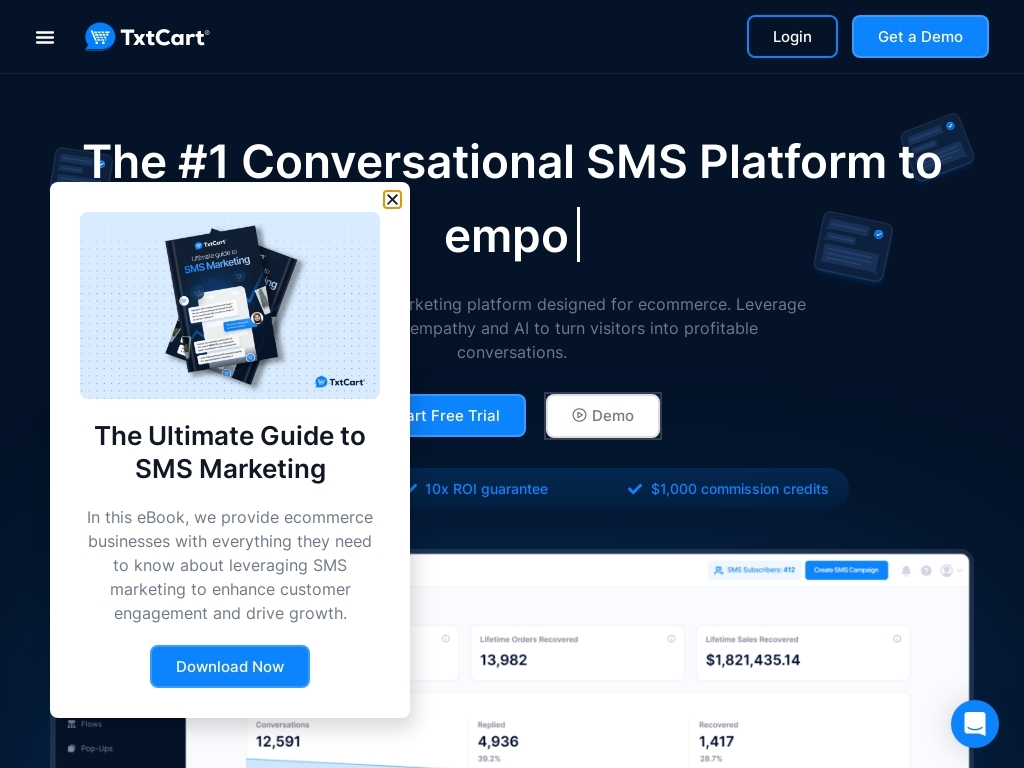

TxtCart, an AI-powered SMS marketing company for Shopify stores, has driven over $50M in revenue for clients by leveraging a 20X ROI on SMS strategies, while growing to a $1M ARR and aiming for $3M—all while remaining bootstrapped.




50. Missive ($1M/year)
At first, Philippe and his co-founders were working on another project called ConferenceBadge. While organizing networking events, Philippe realized the need for an online solution to design and order name badges. During a brainstorming session, they came up with the idea for Missive, a collaborative email tool, and decided to pursue it alongside ConferenceBadge.
How much money it makes: $1M/year
How much did it cost to start: $0
How many people on the team: 4
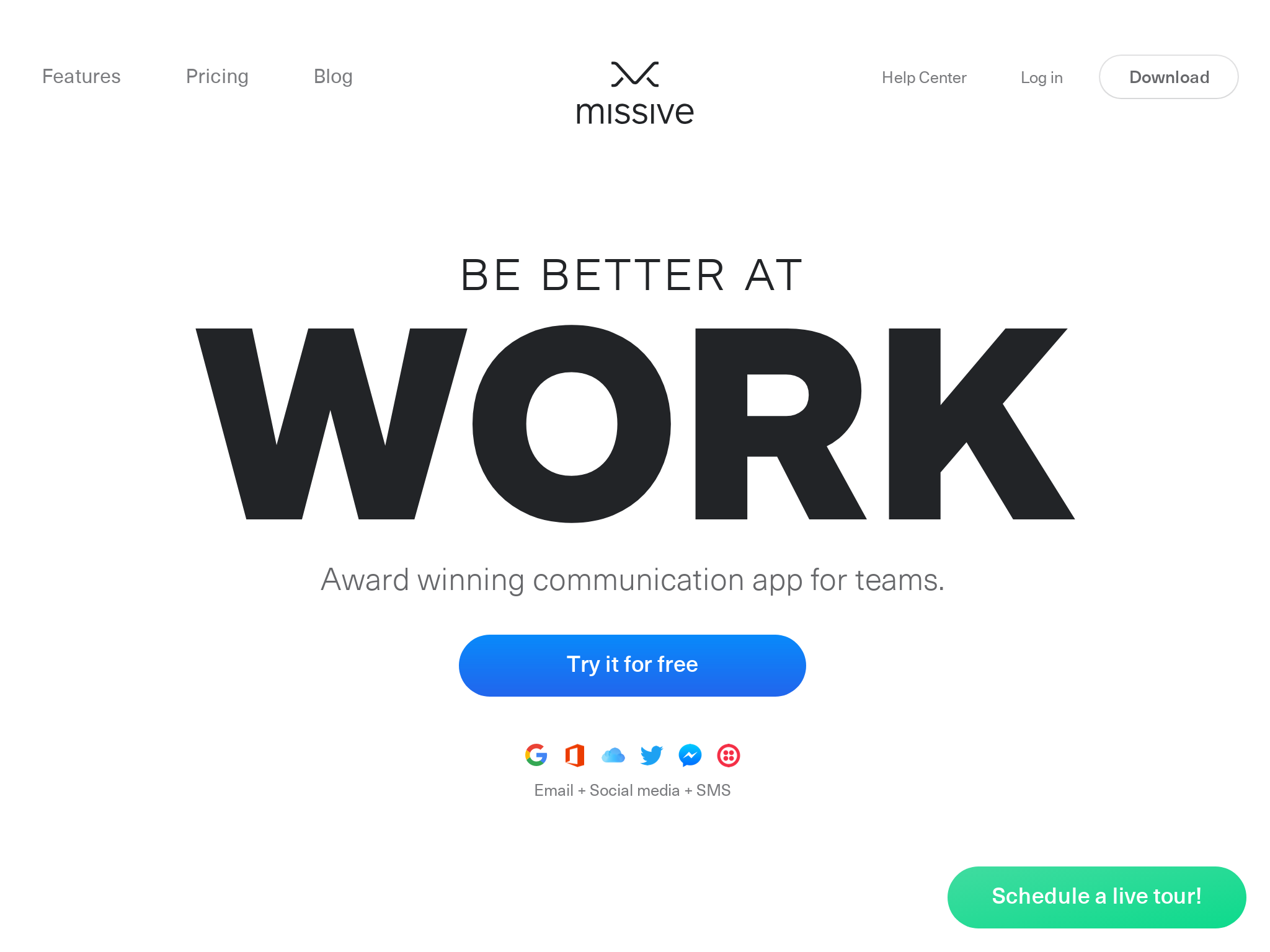

Missive, a collaborative email tool, reached $2M in annual recurring revenues with a team of three co-founders after seven years of constant work, relying mostly on word-of-mouth marketing and creating a solid quality product for their customers.




51. vidby ($996K/year)
After founding a pioneering video call translation startup in 2013, Alexander Konovalov identified a lucrative niche in real-time translation technology, which led to the creation of vidby. Today, vidby is valued at $73 million, offering AI-powered translation and voiceover services in 75 languages.
How much money it makes: $996K/year
How many people on the team: 87
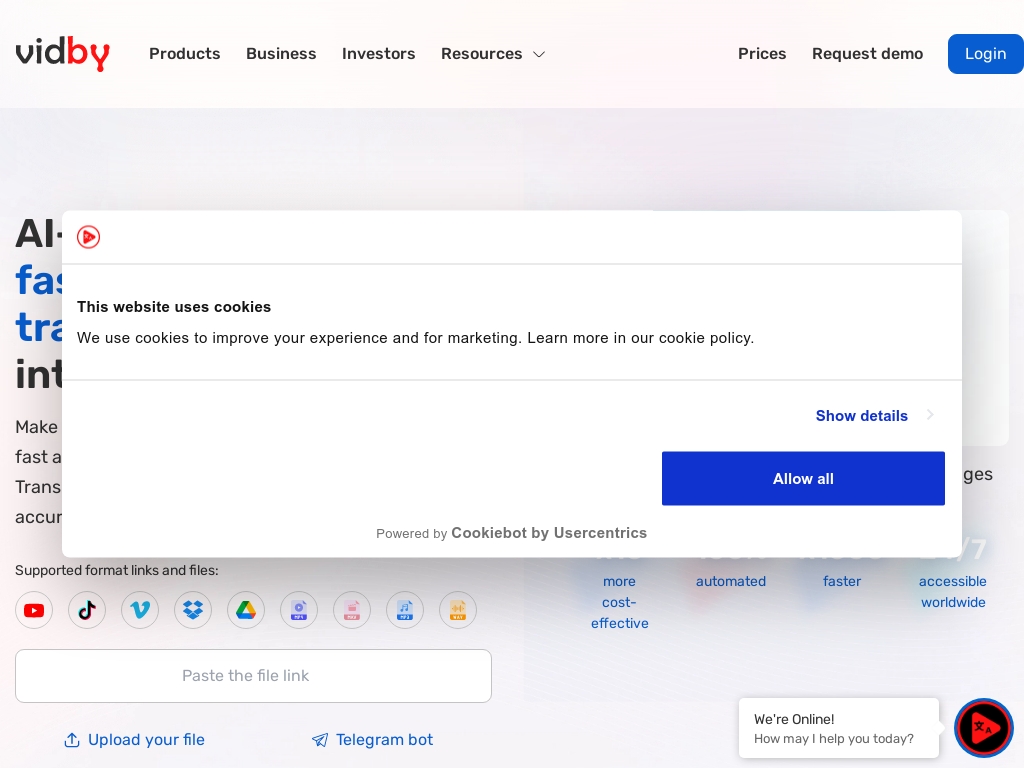

Vidby: A Swiss-based startup offering AI-powered translation and voiceover services for businesses, with reported accuracy levels ranging from up to 99% to 100%, currently valued at an impressive $73 million and recognized as one of the top five products in the automated video translation and dubbing market.




52. StayFi ($960K/year)
Arthur Colker, the Founder and CEO of StayFi, came up with the idea for his WiFi marketing and management company after working as a marketing consultant for a short-term rental operator. He realized that there was a need for a solution that could collect marketing data from guests in rental properties, as the booking platforms didn't share this data. He built an MVP version of the product for his client and then expanded it to other operators in the industry.
How much money it makes: $960K/year
How much did it cost to start: $150K
How many people on the team: 6
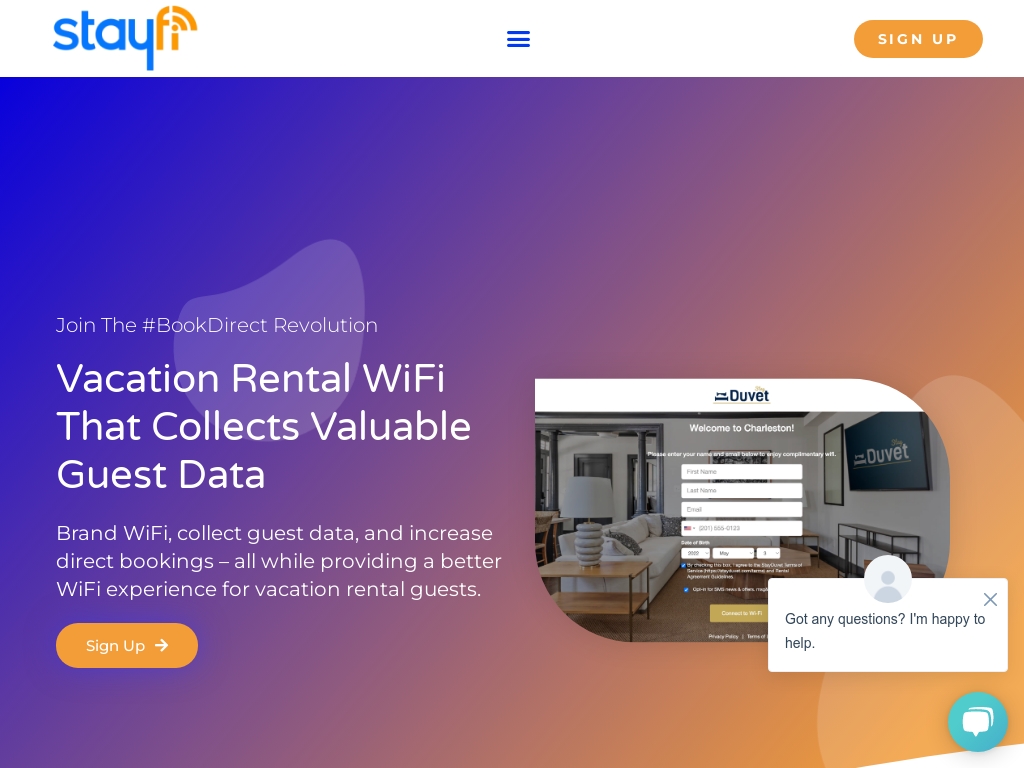

StayFi CEO Arthur Colker founded a WiFi marketing and management company that operates in almost 10,000 short-term rental properties from 600+ companies across 10 countries, with a focus on helping customers to introduce their brand and market to guests to book directly.




53. Importify ($900K/year)
Moshe Lugasi, founder of Importify, came up with the idea for his business while running his own online store on Shopify. Frustrated with the time-consuming process of adding products and fulfilling orders manually, he outsourced a developer to create an app that would automate the process. After launching the app, Importify quickly gained traction and became one of the first companies to offer this level of functionality, generating $128,000 in its first year and now grossing $60,000 a month.
How much money it makes: $900K/year
How much did it cost to start: $10K
How many people on the team: 7
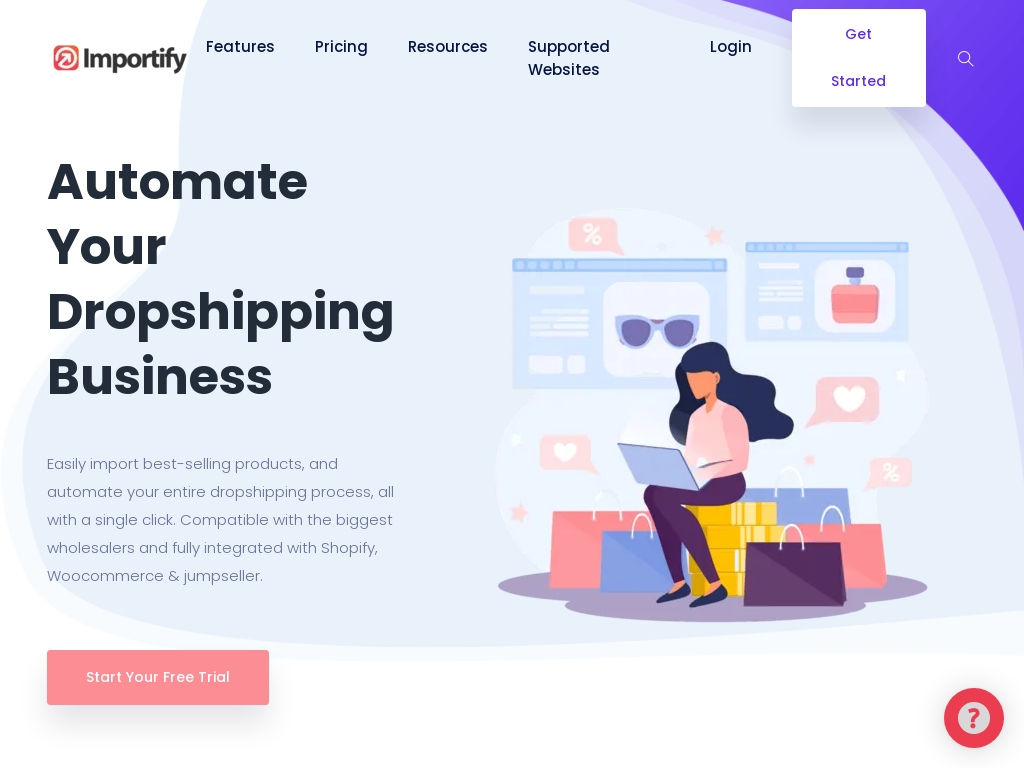

How a video game industry sales manager turned his frustration with dropshipping into a $720k/year business, helping thousands of online storefronts automate their product import and dropshipping with app Importify.




54. Choicely ($840K/year)
Kaius Meskanen, founder of Choicely, came up with the idea for his business while playing around with SMS and voice call voting during a TV show. Realizing the need for more user-friendly engagement tools, he founded Choicely in 2015 and later pivoted to focus on building a mobile app builder that enables businesses to easily create high-quality mobile apps. With $70,000 monthly revenue and a client list that includes ITV Studios and the International Judo Federation, Choicely has experienced rapid growth and success in the media, sports, and entertainment industries.
How much money it makes: $840K/year
How much did it cost to start: $1M
How many people on the team: 15
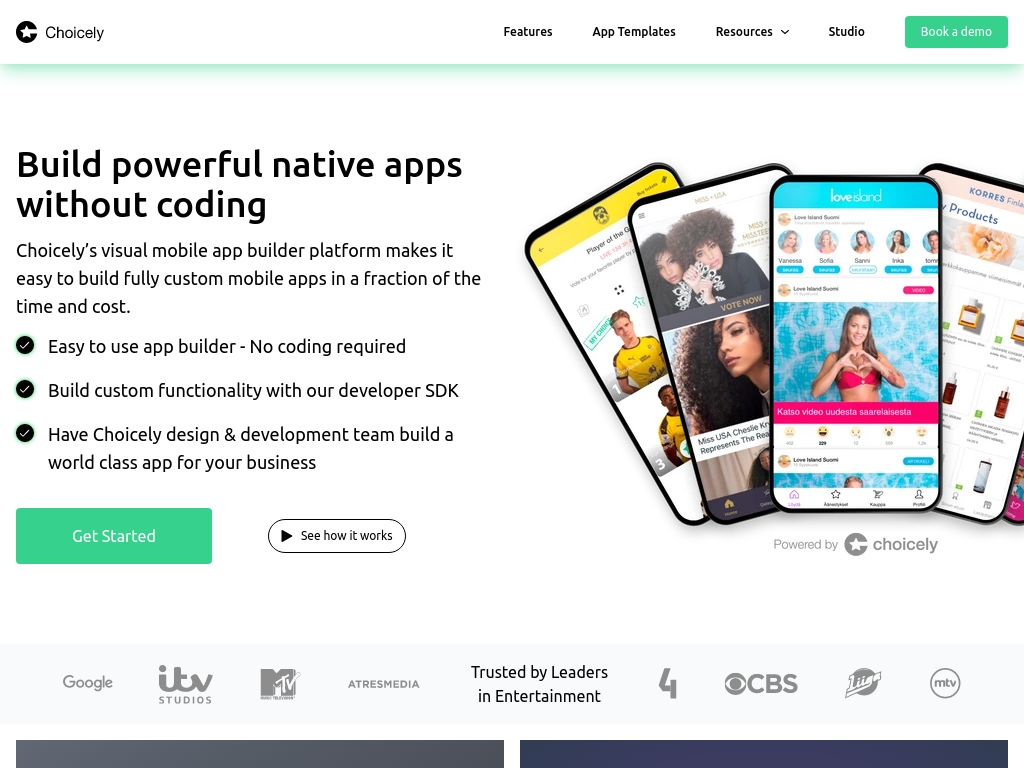

Choicely is a no-code app builder that offers a simple, fast, and affordable platform for companies to build and maintain high-quality mobile apps, bringing in a monthly revenue of $70,000 with clients being leaders in media, sports & entertainment.




55. Songstats ($1.74M/year)
Oskar Eichler, co-founder of Songstats, came up with the idea for his business while working as a label manager and DJ in Shanghai. Being involved in the music industry, he recognized the value of data analytics for artists and record labels and wanted to provide a platform that aggregated insights across various music services. After teaming up with his co-founders, they built Songstats and now have over 6,000 customers generating almost $1 million in annual recurring revenue.
How much money it makes: $1.74M/year
How much did it cost to start: $400K
How many people on the team: 10
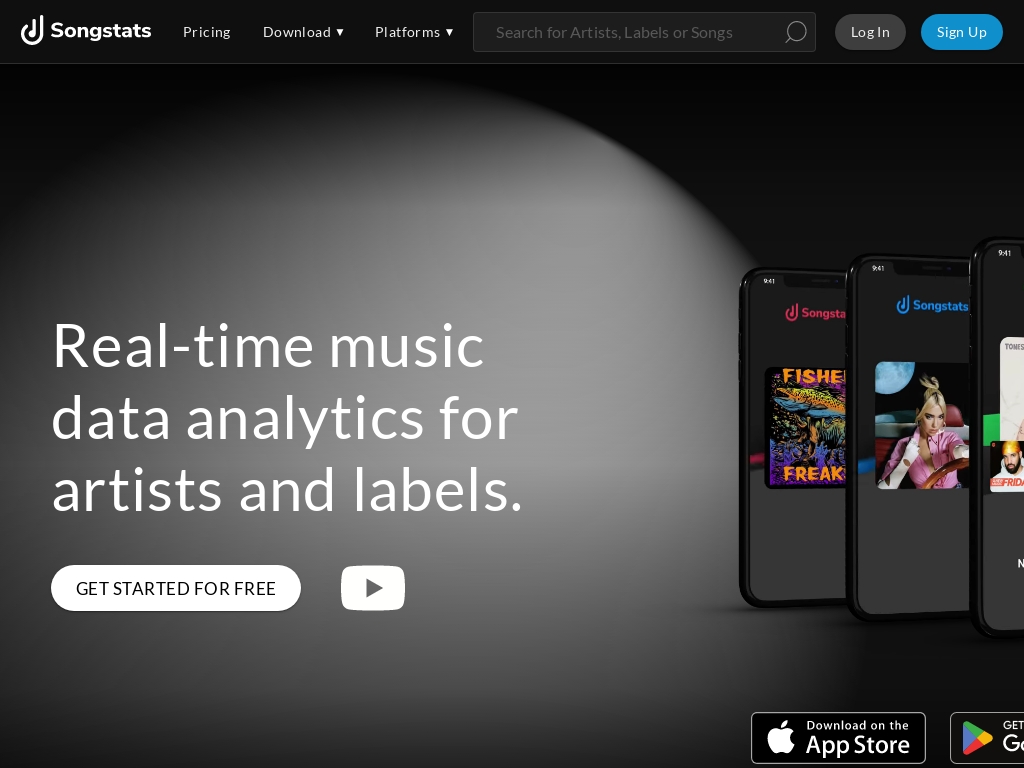

Songstats is a music data analytics SaaS platform that aggregates insights across 14 different music services, approaching $1 million in annual recurring revenue and growing its team of music lovers, ultimate frisbee players, and close friends that came together in Bali, Indonesia with a shared vision of launching their startup.




56. Eqvista ($720K/year)
a SaaS company, we rely heavily on cloud services like AWS (Amazon Web Services) for hosting our platform and managing user data securely. We also use Intercom for customer support and communication, as it allows us to have real-time conversations with our clients and respond to their inquiries promptly. Additionally, we utilize various SEO tools like SEMrush to optimize our website's visibility and improve our organic rankings on search engines. Overall, these tools have played a crucial role in helping us streamline our operations and deliver a seamless user experience to our customers.
How much money it makes: $720K/year
How much did it cost to start: $30K
How many people on the team: 15
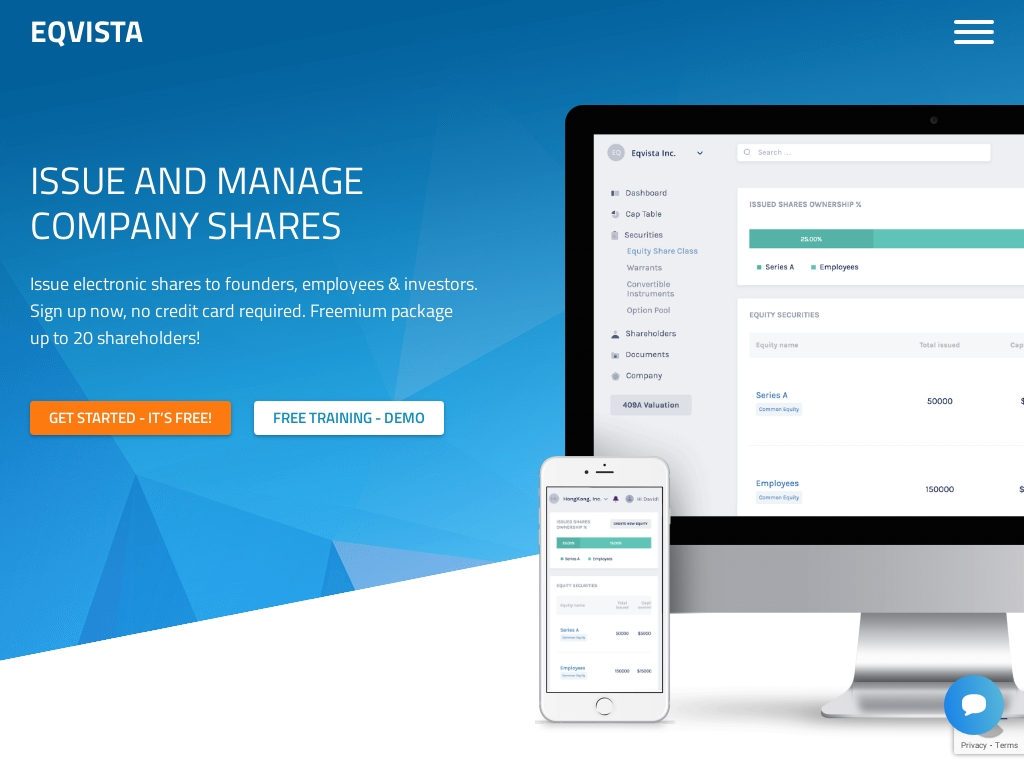

Eqvista is a business incorporation service provider that offers sophisticated equity management software and 409A valuations to help companies, investors, and shareholders track and manage equity, with over 6,500 companies currently using their platform.




57. FounderBlocks ($720K/year)
Lasse, the founder of VIPERdev, came up with the idea after receiving feedback that his team was incredibly fast and innovative. They decided to focus on working with startups and helping them bring their products to market quickly, solving actual problems first before adding fancy features. Through their efficient approach, they have become a trusted accelerator program, releasing 2-5 products per month and ensuring each project is a success story.
How much money it makes: $720K/year
How much did it cost to start: $500
How many people on the team: 12
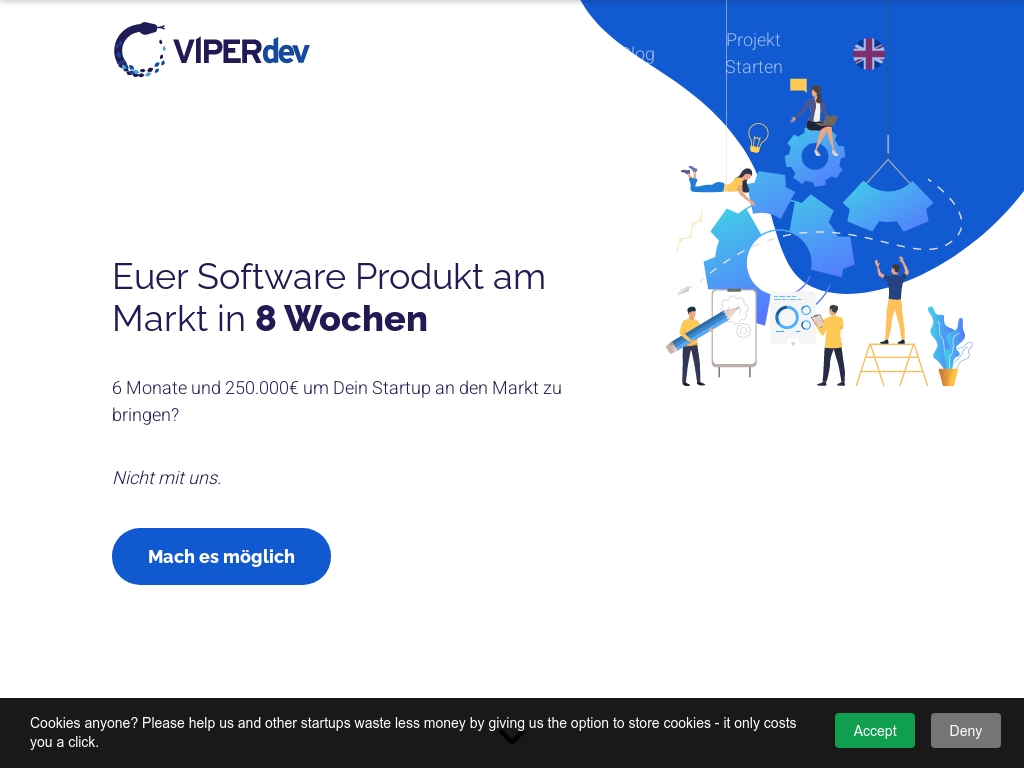

VIPERdev is an accelerator program that helps founders turn their digital business ideas into products and bring them to market within 8-12 weeks, releasing an average of 2-5 products per month.




58. Morningscore ($660K/year)
The founder of Morningscore, an SEO tool built like a computer game, came up with the idea after realizing that customers had trouble investing in SEO due to a lack of knowledge and reliance on sleazy consultants. They wanted to create a tool that would make SEO easier and more accessible. With a focus on gamification and space exploration, Morningscore has gained over 600 customers and achieved 300% year-over-year revenue growth without VC funding.
How much money it makes: $660K/year
How much did it cost to start: $500K
How many people on the team: 9
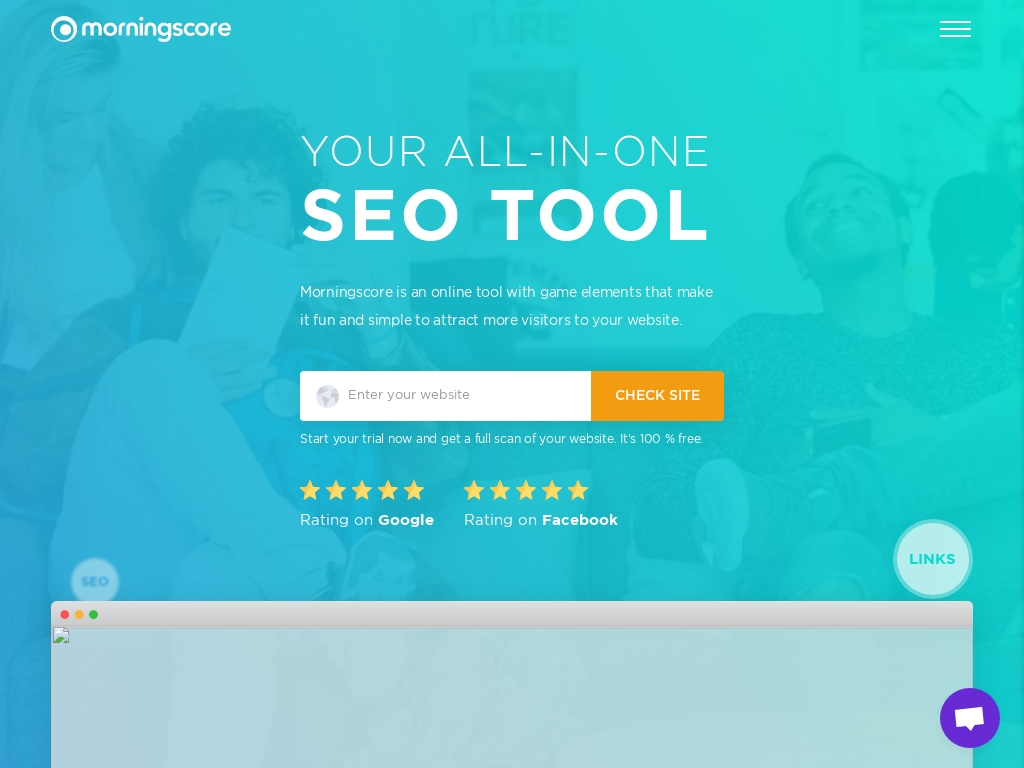

Morningscore, an SEO tool with gamification elements, grew to 600+ customers with an MRR of $40,000 in 3 years without VC funding, and achieved 300% YoY revenue growth; the founder shares insights on launching too early, not comparing growth to bigger-funded competitors, and the necessity of funding for hyper-growth in high-competition industries like SAAS.




59. MySignature ($660K/year)
While working as a marketer for a TV manufacturer, Vol realized the inefficiency of manually creating email signatures for each employee. With $10K in savings, he quit his job and launched Newoldstamp in 2015, later acquiring MySignature, which now boasts over 500K users and generates nearly $700K annually.
How much money it makes: $660K/year
How much did it cost to start: $10K
How many people on the team: 0
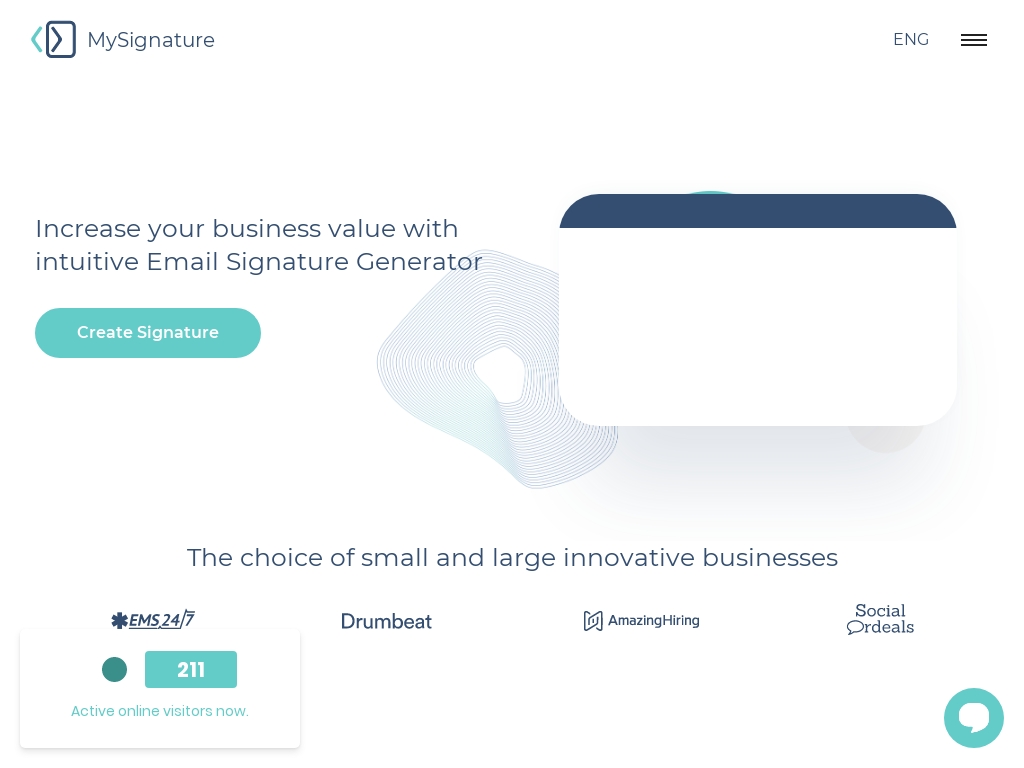

Discover how Solva, the multiproduct company behind Newoldstamp and MySignature, successfully transformed MySignature from a simple email signature generator to a marketing hub, attracting over 500k users worldwide and generating almost $700K in annual revenue, all while remaining fully bootstrapped.




60. Widebundle ($660K/year)
He used Shopify Facebook Groups and communities to read people’s problems and questions, add comments, and start conversations. It’s a long job that only a few people want to do, but it works.
At some point, Matt found 3 people who wanted the same thing but it didn’t exist in the Shopify App Store. They wanted features from a bundled app that didn’t exist. And if 3 people want it, maybe there are more.
How much money it makes: $660K/year
How much did it cost to start: $300
How many people on the team: 6
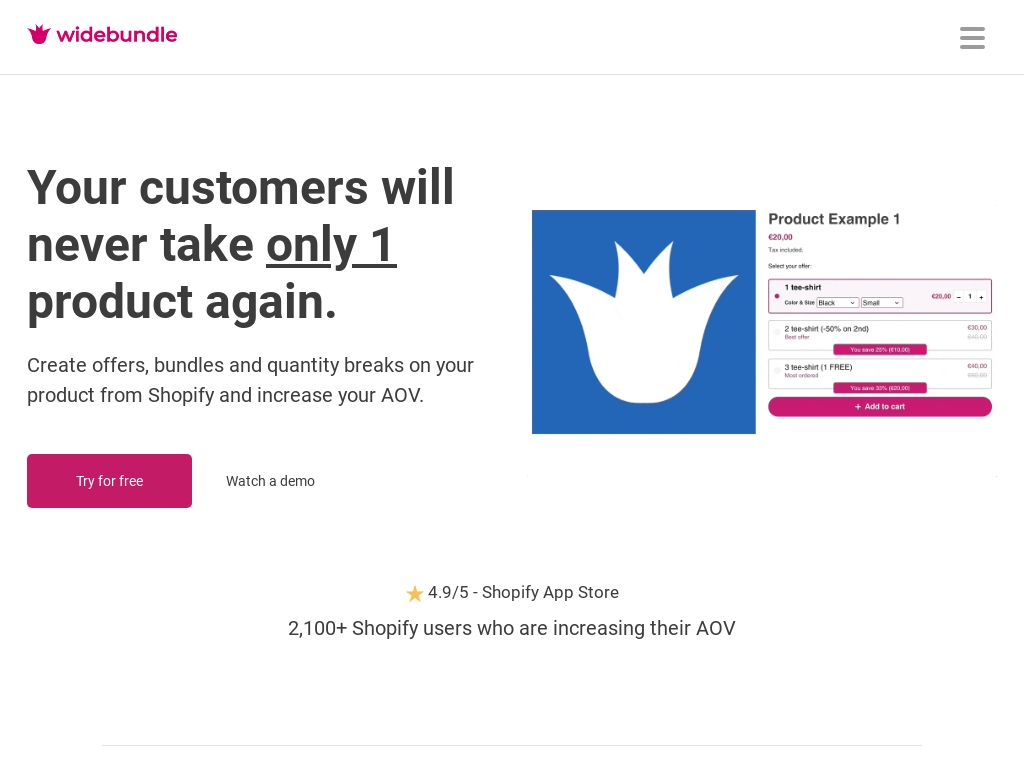

WideBundle is a Shopify App founded in May 2020, that has grown to making over $40,000 monthly, with 5 people working full-time, and helps Shopify merchants create bundles and offers to increase their average order value.




61. Bannerbear ($600K/year)
Jon worked as a designer and programmer for over two decades. In his role as a designer, he focused on developing various products and banners for marketing teams. The idea for Bannerbear stemmed from his desire to streamline the time-consuming design process.
How much money it makes: $600K/year
How much did it cost to start: $500
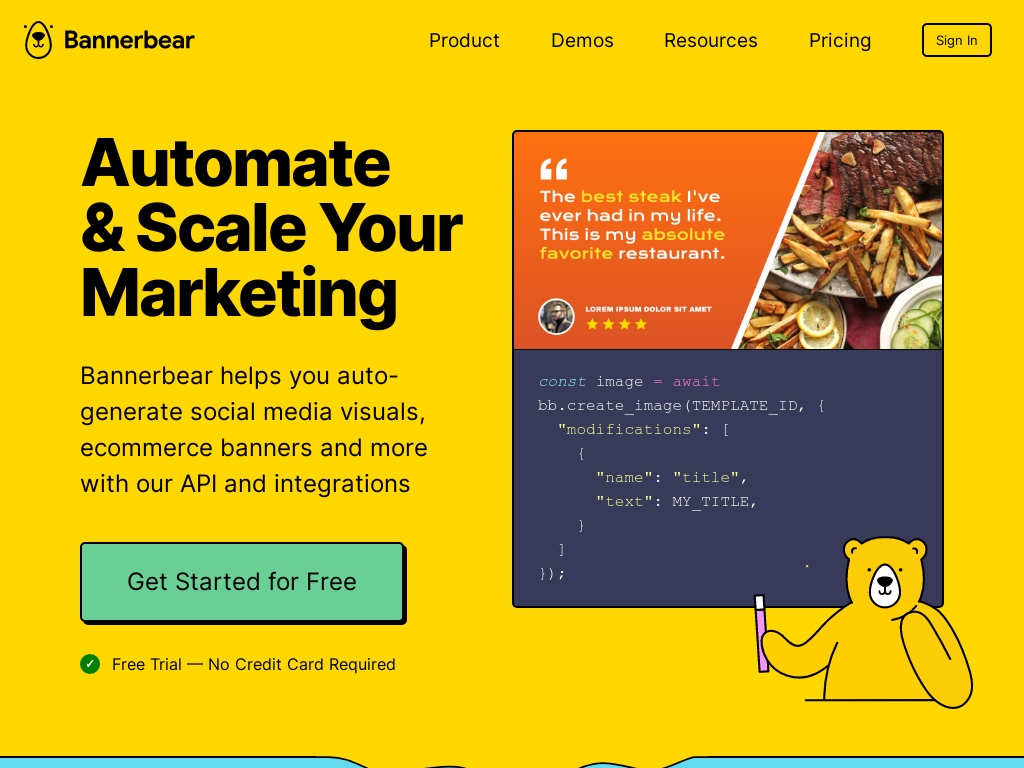

Bannerbear is an API tool revolutionizing marketing automation, founded by Jon Yongfook Cockle, generating an impressive $600K/year and offering pricing plans from $49 to $299, with a growth strategy focusing on community engagement and customer recommendations.




62. SARAL ($600K/year)
Yash Chavan, founder of SARAL, pivoted from running a marketing agency to creating an influencer relationship management platform after managing influencer programs manually for over 10,000 influencers. Frustrated by existing expensive and outdated tools, he pre-sold the idea to five early adopters, validating the market need and securing initial funding.
How much money it makes: $600K/year
How much did it cost to start: $25K
How many people on the team: 8
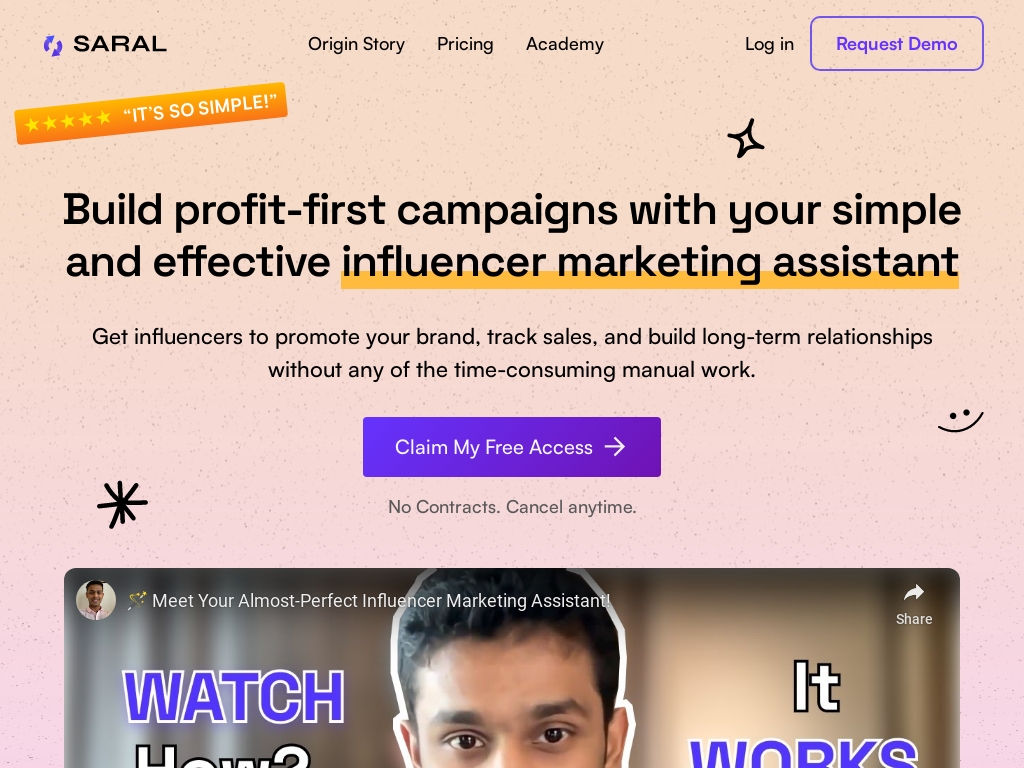

This case study is about SARAL, a bootstrapped influencer relationship management platform for E-commerce businesses that has over 200 paying brands and works with over 13,000 influencers, offering users everything they need to succeed with influencer marketing.




63. Linkifi ($600K/year)
of technical issues or human error. Having redundant systems in place ensures that our operations can continue seamlessly even in the event of a problem. Additionally, we've learned the importance of continuous learning and adaptation. By constantly testing and refining our ideas, soliciting feedback, and making adjustments, we are able to stay ahead of the competition and deliver the best possible service to our clients.
How much money it makes: $600K/year
How much did it cost to start: $1K
How many people on the team: 6
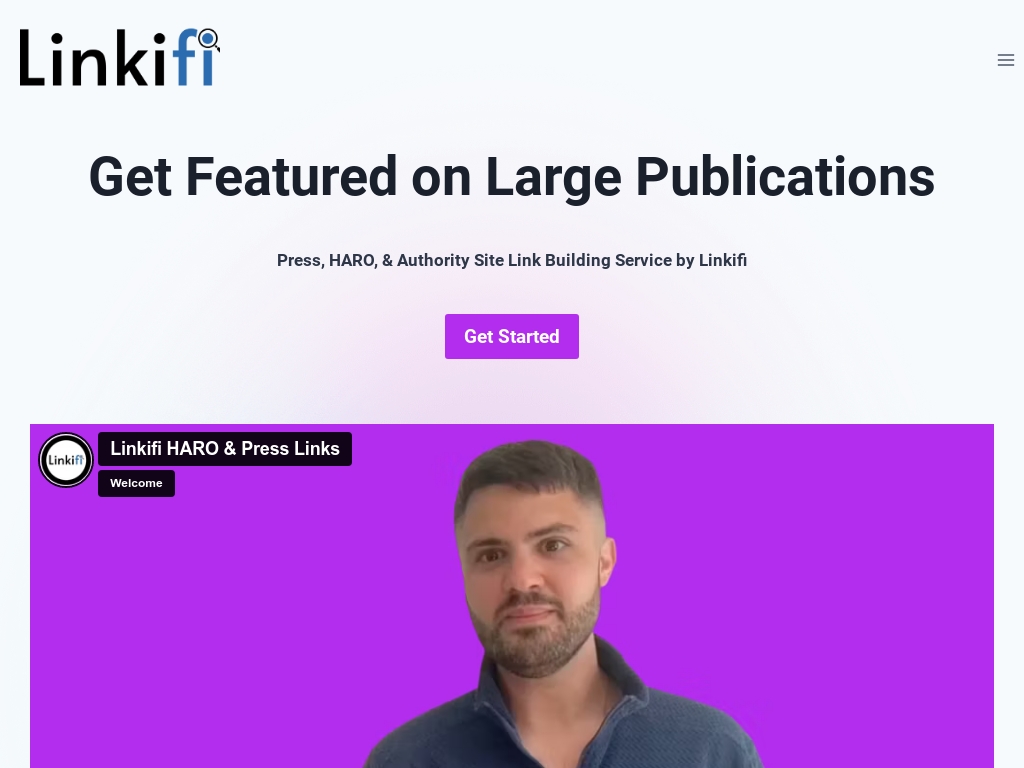

Linkifi.io, a turnkey link-building agency, has seen substantial growth over the past six to eight months with monthly revenues consistently exceeding $50K through a successful customer acquisition strategy, email marketing, and offering a valuable free opt-in tool.




64. eWebinar ($600K/year)
Melissa Kwan, co-founder and CEO of eWebinar, came up with the idea for the business after experiencing the pain of having to run the same webinar over and over again for her previous enterprise SaaS startup. Recognizing the need for a scalable webinar automation solution, Melissa decided to create eWebinar, a platform that turns any video into an interactive webinar that can be set on a recurring schedule or made available on demand. With customers ranging from solopreneurs to publicly traded companies, eWebinar has achieved an MRR of around $50k and continues to focus on delivering the best product and customer experience.
How much money it makes: $600K/year
How much did it cost to start: $500K
How many people on the team: 0
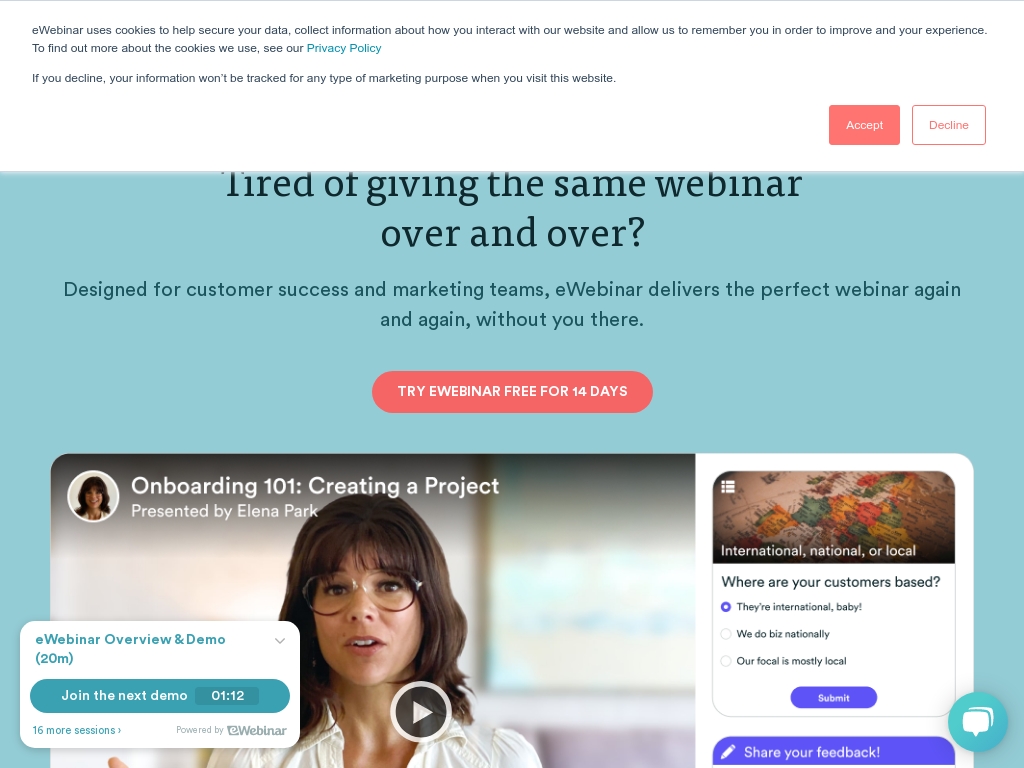

Melissa Kwan, CEO of eWebinar, discusses how she identified the pain point of running the same webinar over and over again, leading her to build an automated webinar solution, with a current MRR of $50k and a focus on word-of-mouth marketing.




65. Closing Credits ($600K/year)
Buford Taylor, founder of Closing Credits, came up with the idea for his education marketplace for creators after realizing there was a lack of support and resources for amateur creators to level up their skills. With experience in the creator space and the success of his previous ventures, Taylor launched Closing Credits, which has already crossed the $500k revenue mark within 11 months.
How much money it makes: $600K/year
How much did it cost to start: $0
How many people on the team: 0
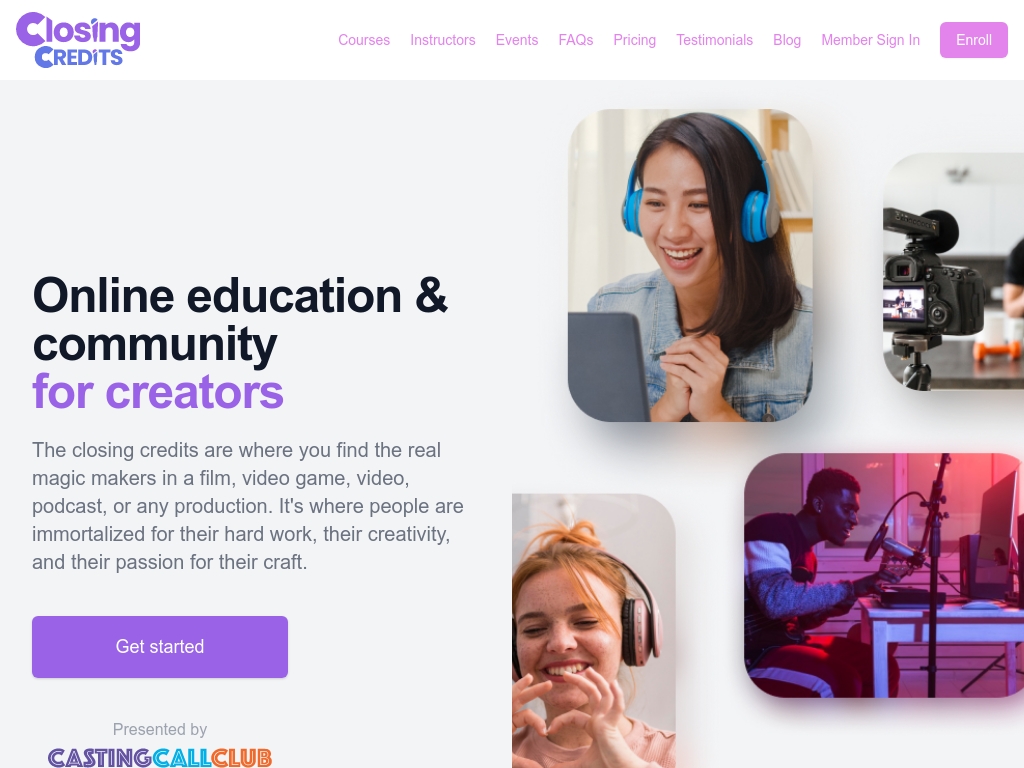

Closing Credits is an education marketplace for creators, generating $500k in revenue within 11 months and launched to Buford Taylor's active audience of 600k people.




66. LabsMobile ($600K/year)
After years of failed projects, Boris discovered the world of mobile marketing and corporate communication. He saw the potential in SMS as a communication channel and founded LabsMobile in 2009. The platform now has over 12,000 corporate accounts and operates in multiple countries, providing an efficient and affordable SMS communication solution for small and medium-sized companies.
How much money it makes: $600K/year
How much did it cost to start: $70K
How many people on the team: 5

An entrepreneur built a successful SMS platform for small and medium-sized companies, boasting over 12,000 corporate accounts in countries like Spain, Mexico, Colombia, and Chile, with customer loyalty and recurring purchases as the basis of the project's revenue.




67. Workbooks CRM ($600K/year)
John Cheney, CEO of cloud-based CRM platform Workbooks, recognized the issues faced by mid-sized businesses with limited IT budgets and in-house IT teams. Seeing a gap in the market, he developed Workbooks to provide a cost-effective solution that offers a comprehensive range of functionalities typically found in more expensive platforms like Salesforce or Microsoft Dynamics. With an initial investment of £2 million and ongoing support from Angel Investors totaling £8 million, Workbooks has grown to serve over 1,400 customers across 30 countries.
How much money it makes: $600K/year
How much did it cost to start: $1M
How many people on the team: 55


Workbooks CEO, John Cheney, shares how he identified a gap in the market for affordable CRM solutions for mid-sized businesses and, after raising over £8m in seed capital, expanded globally, serving over 1,400 customers across 30 countries.




68. Locale ($500K/year)
Aditi Sinha and her co-founder Rishabh Jain came up with the idea for Locale.ai while working in consulting jobs in a Data Analytics company. They noticed that Ops and Data teams in large companies were facing operational inefficiencies and lacked specialized software. They decided to build Locale, a SaaS-based control tower platform, to simplify operations for these teams. Today, Locale is used by top operations teams around the world and has customers in 33 countries, with an ARR of $650k.
How much money it makes: $500K/year
How many people on the team: 30
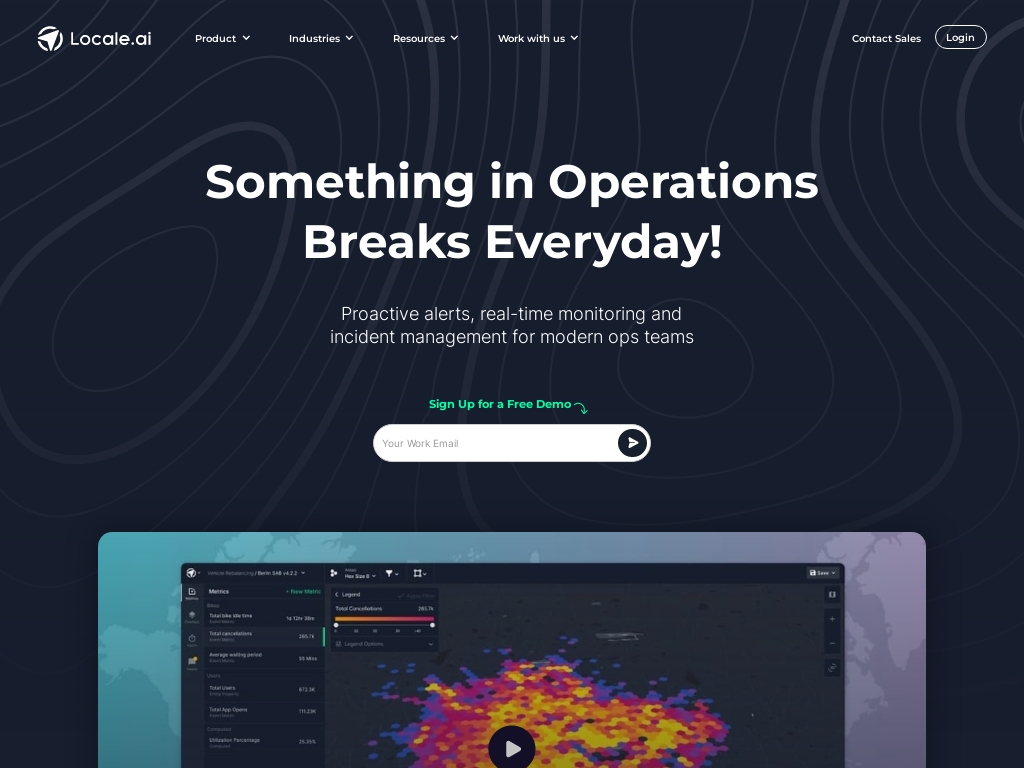

Locale.ai co-founder Aditi Sinha discusses the development and success of their SaaS based modern control tower for Ops and Data teams at physical businesses, currently serving clients in 33 countries with an ARR of $650k and plans for future growth and expansion.




69. FoodDocs ($480K/year)
Katrin, the co-founder of FoodDocs, was inspired to start her business after working as a food safety consultant and witnessing the challenges that food businesses faced in ensuring compliance with food safety regulations. She recognized the need for a solution to make food safety rules easy to understand and follow. With the goal of saving food business owners time and money, FoodDocs developed a machine-learning-based software that solves compliance issues 500 times faster and has achieved impressive monthly revenue growth of 15% and approximately 1000+ new users each month.
How much money it makes: $480K/year
How much did it cost to start: $500K
How many people on the team: 20


FoodDocs, a machine learning-based software for food safety compliance, saves food businesses at least 20% of time and has grown to over 1000 new users monthly in Northern America with a monthly revenue of $40K and 15% monthly growth.




70. PDFLiner ($480K/year)
Dmytro Serhiiev, the co-founder of PDFLiner, came up with the idea for the business while working with contractors, partners, and other departments in the startup studio. He realized the need for user-friendly document management services and digital signatures, leading him to create PDFLiner. Since its launch in June 2020, the business has experienced impressive growth, reaching $1K MMR in December 2020 and currently generating over $40K MRR.
How much money it makes: $480K/year
How much did it cost to start: $1K
How many people on the team: 20
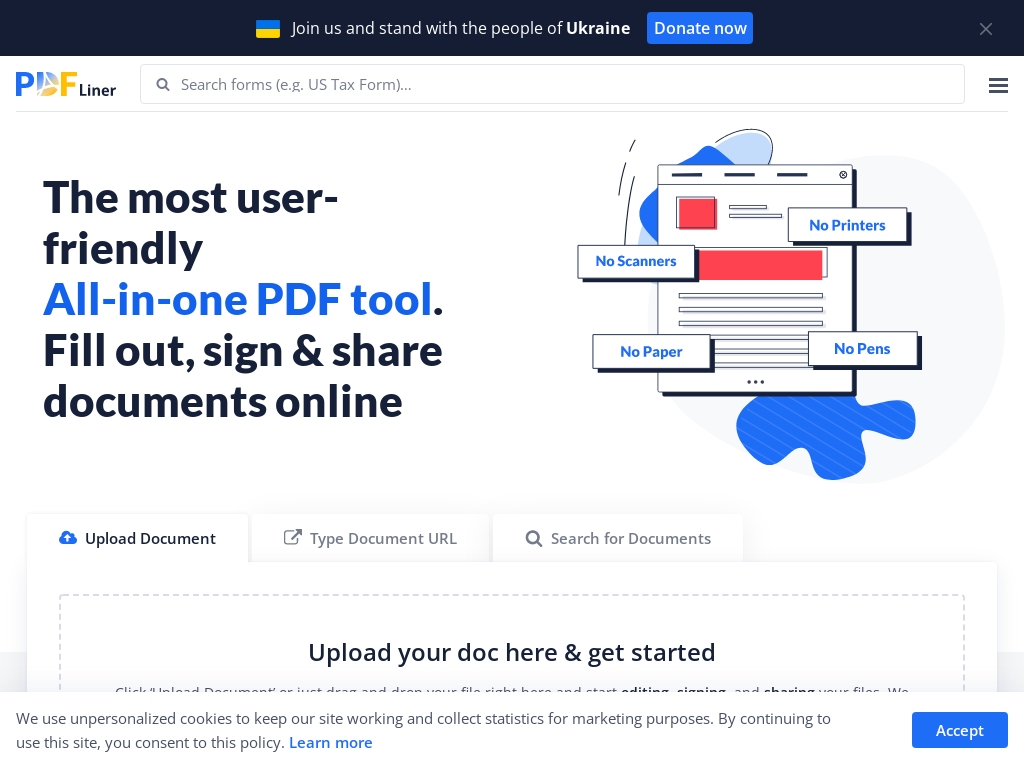

PDFLiner is an electronic document management platform that allows users to create and edit PDF files, add electronic signatures, fill out forms, and manage electronic documents, and has reached $40K MRR and is on track to do $500K ARR this year, with more than 80,000 users, and plans to expand its forms catalog and improve its functionality to deal with the B2B segment.




71. Parseur ($480K/year)
Sylvestre Dupont, the co-founder of Parseur, came up with the idea for the data extraction tool during his sabbatical break year in 2013. While building a travel map website, he realized the tedious task of manually entering travel confirmation emails into the app and thought it would be great if the app could automatically extract the relevant information. This sparked the idea of building an email parsing tool, which eventually became Parseur.
How much money it makes: $480K/year
How much did it cost to start: $1K
How many people on the team: 0
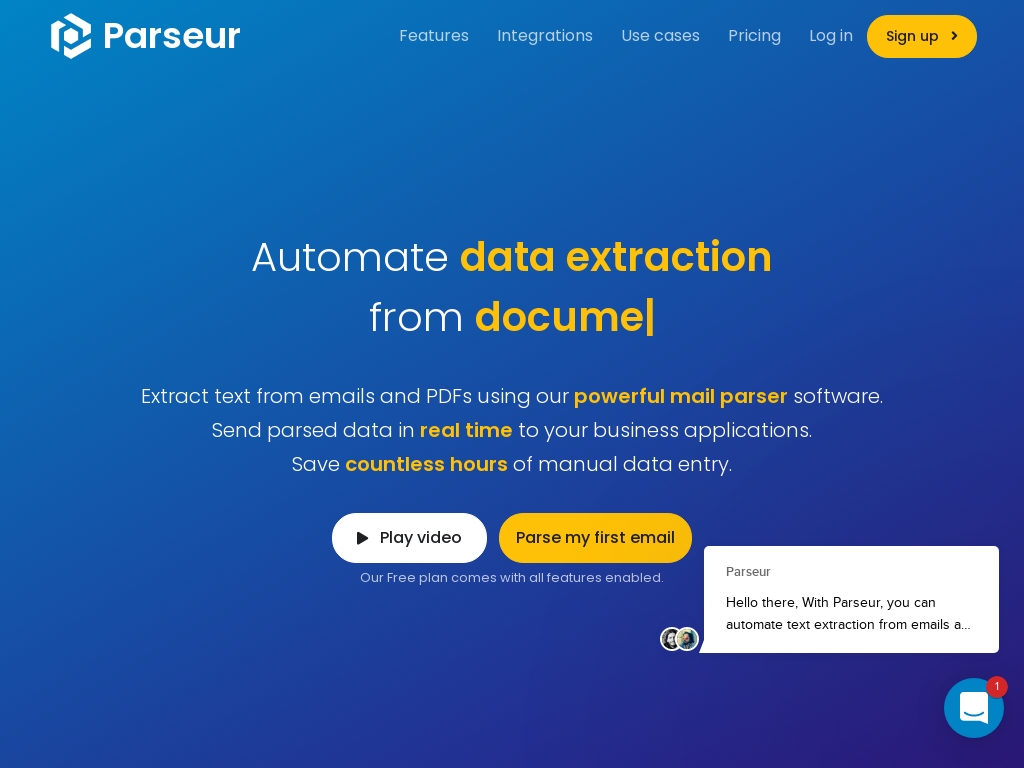

Parseur, the data extraction tool, helps businesses automate their data entry process, catering to multiple industries such as food delivery, real estate and marketing, and has grown to over $40k in revenue per month since its launch in 2017.




72. CompanyHub ($480K/year)
Abhishek A Agrawal, the founder of Integrately and CompanyHub, initially started with a service-based software company in 2010. After struggling with finding a suitable and user-friendly CRM for his sales team, he decided to build his own CRM, CompanyHub. Recognizing the need for easy integrations between different apps, Agrawal launched Integrately, which quickly acquired approximately 1,500 paid customers within a month of its beta launch. The success of these ventures validated the idea that people are searching for simple and automated processes.
How much money it makes: $480K/year
How much did it cost to start: $100K
How many people on the team: 20
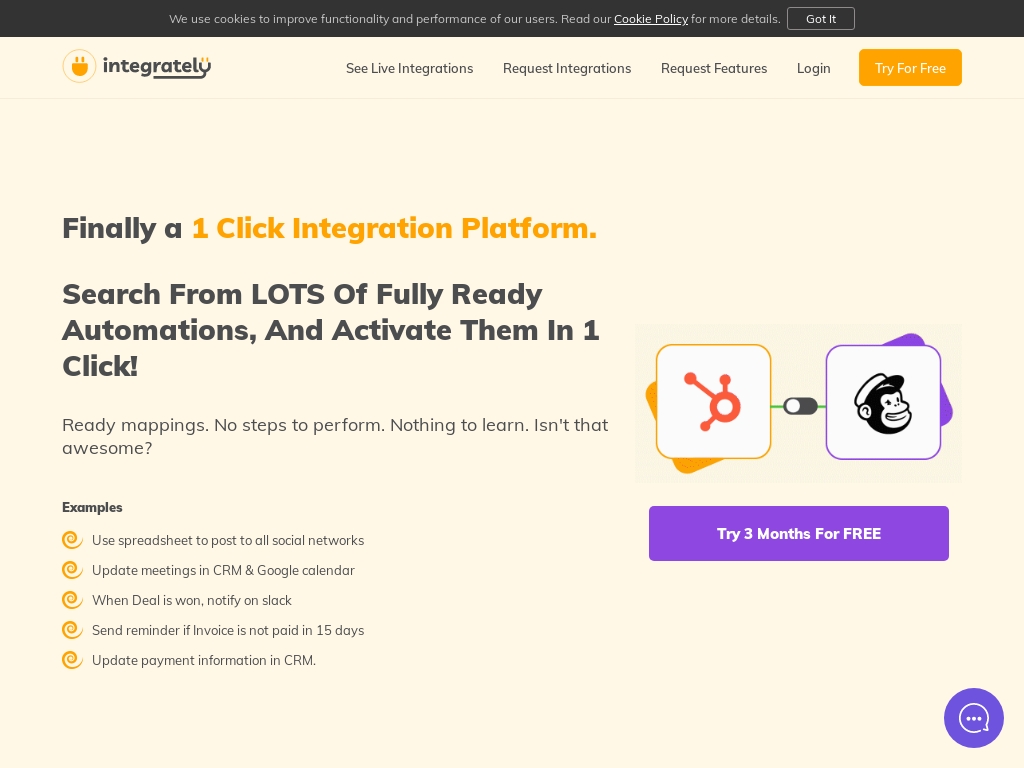

Integrately founder Abhishek A Agrawal built a 1-click integration platform which acquired around 1,500 paid customers within the first month of its launch, showing that people are looking for an easy way to automate their processes.




73. Giftsenda ($468K/year)
Dmitriy Peregudov came up with the idea for his business, Giftsenda, after running his previous company, GiftBasketsOverseas.com. He noticed that many of his customers would benefit from a bulk gifting solution to automate their sending experience, which led him to create Giftsenda, a SaaS platform that offers personalized gift options with CRM integration and ROI measurement. Within 6 months of launching, Giftsenda has experienced solid growth.
How much money it makes: $468K/year
How much did it cost to start: $50K
How many people on the team: 10

Discover how Giftsenda harnessed 18 years of international gift delivery expertise to process over 40,000 orders in 200+ countries during one holiday season, and offers a gifting platform that slashes campaign costs by up to 85% for Sales & Marketing teams.




74. Document360 ($408K/year)
Saravana Kumar, founder of Document360, came up with the idea for the software as a service knowledge base while searching for good documentation tools for their existing enterprise products. Realizing the lack of a suitable tool for SaaS businesses, Saravana developed the idea into a viable project and eventually launched Document360, which has since been rated the #1 Knowledge base product by Gartner Digital Markets.
How much money it makes: $408K/year
How many people on the team: 200
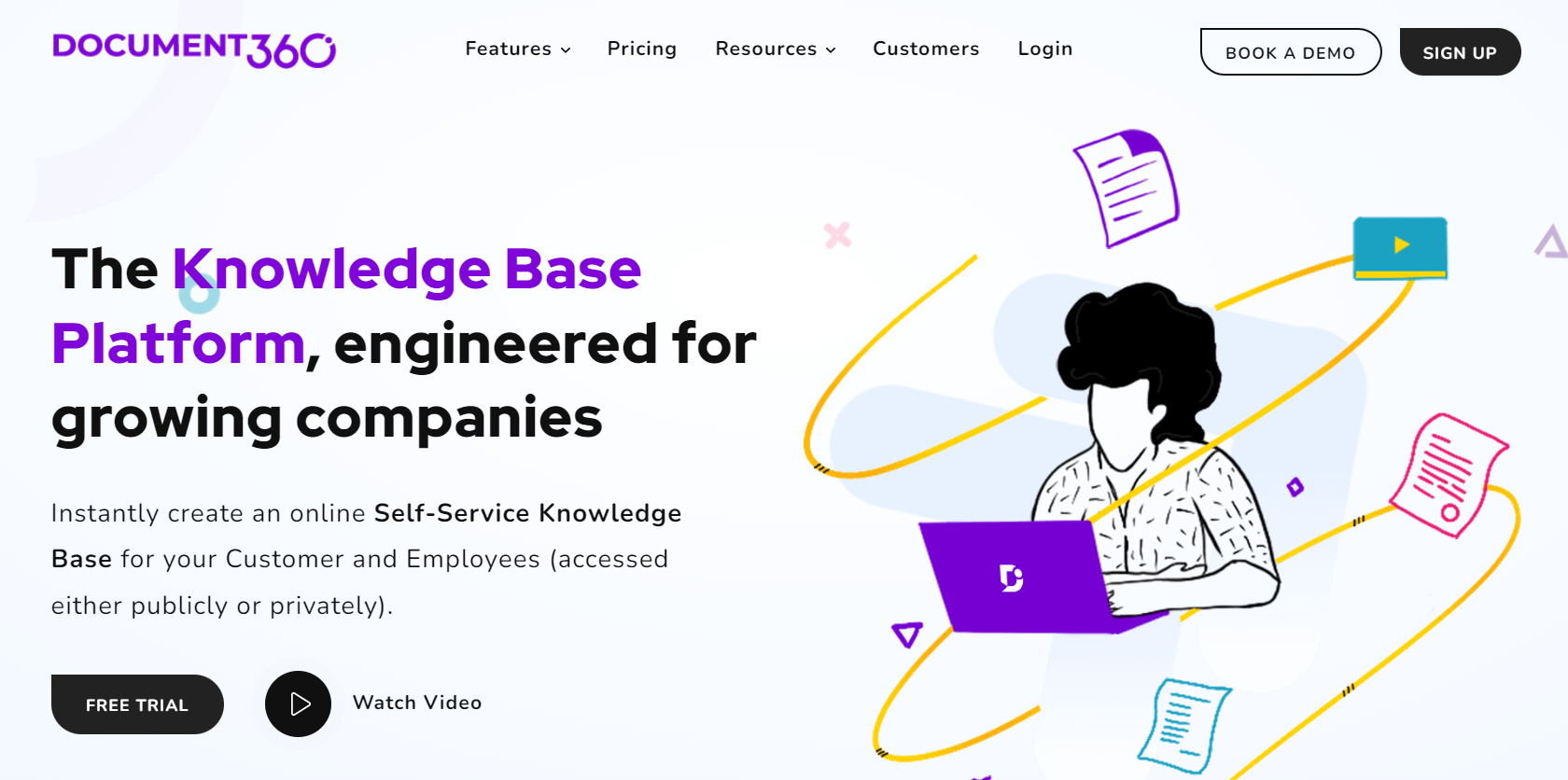

Kovai.co, a bootstrapped SaaS startup founded by Saravana Kumar, has grown to over 200 employees with $10M in ARR and has developed numerous products including Document360, which has been rated the #1 Knowledge base product by Gartner Digital Markets, and their goal is to generate $30M ARR within the next 3 years and become a SaaS Unicorn by 2030.




76. SheerSEO ($360K/year)
Ayal Aldema, the founder of SheerSEO, saw a gap in the market for online SEO tools when he couldn't find any reliable options and all he found were scammy desktop applications. With 10 years of software engineering experience and a previous successful website, he launched SheerSEO for free and relied on SEO skills to gain customers. Today, the business generates $30,000/month by selling its SaaS service to webmasters and SEO professionals.
How much money it makes: $360K/year
How much did it cost to start: $0
How many people on the team: 1
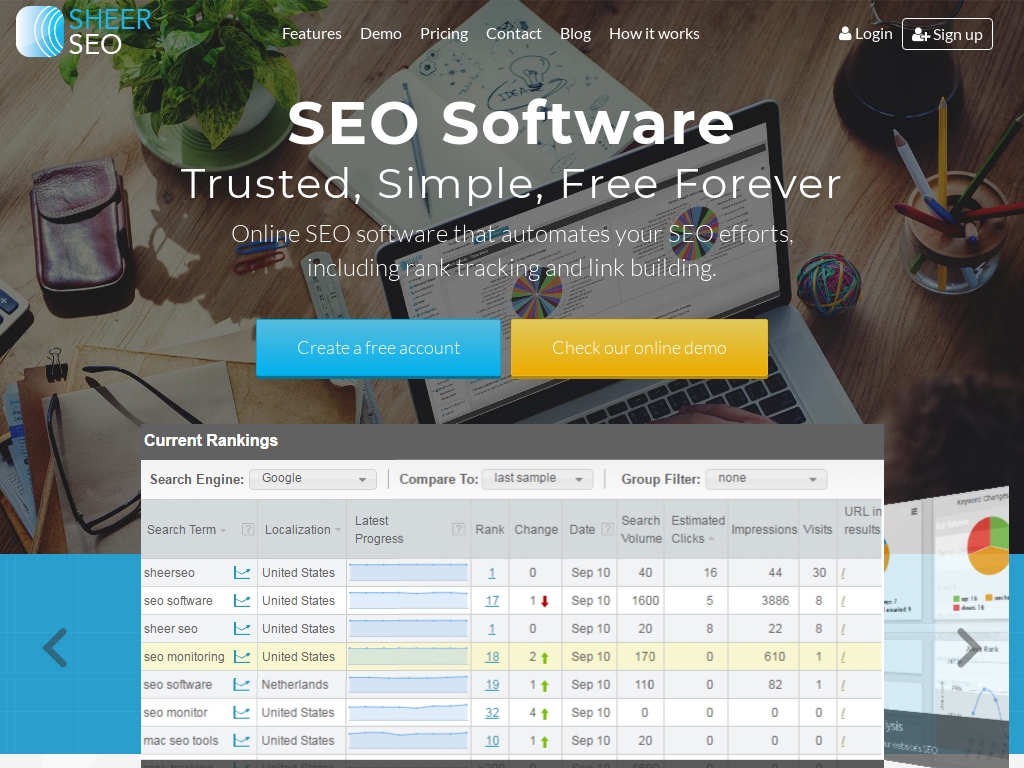

Founder Ayal Aldema built SheerSEO, an online SEO software, to fill a gap in the SEO market, offering a free service to help clients optimize their sites, which now makes $30,000/month by selling SaaS service to both webmasters and SEO professionals.




77. CLOSEM ($360K/year)
Richard Miles, co-founder of CLOSEM, came up with the idea for the business after realizing the missed opportunities for follow-up in his own experiences with service providers. He reached out to his friend and co-founder, Laura Betterly, who loved the idea and saw the potential. Together, they created CLOSEM, a software tool that helps entrepreneurs and small business owners automate the process of following up with leads and increasing sales.
How much money it makes: $360K/year
How many people on the team: 1
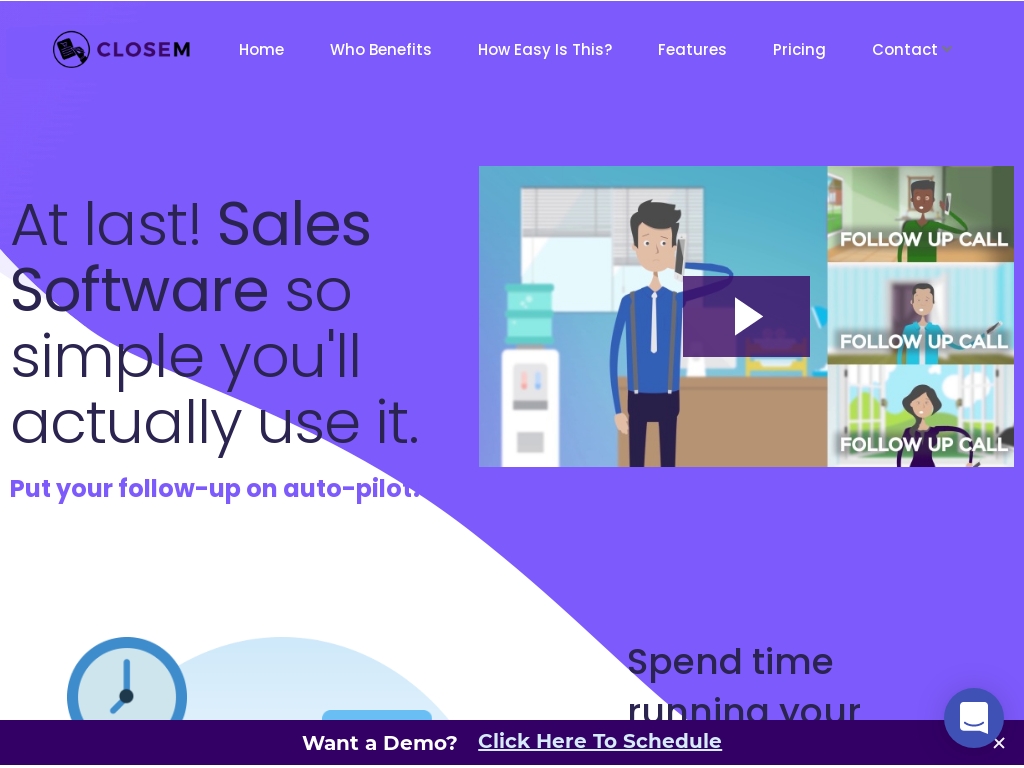

CLOSEM is an AI-powered software tool that helps entrepreneurs and small business owners automate the time-consuming work of following up with leads, prospects, and customers, and increasing sales, grossing around $200,000 this year and confidently targeting $12MM next year.




78. RightMessage ($360K/year)
Shai Schechter and his co-founder, Brennan, came up with the idea for RightMessage after seeing the success of personalization techniques in their own online businesses. They realized that there was a need for a point-and-click tool that would allow marketers to easily implement personalization on their websites, and thus RightMessage was born.
How much money it makes: $360K/year
How many people on the team: 3


RightMessage, a segmentation and personalization tool, grew its SaaS business to $30k MRR in one year, with over 1,000 websites installed, by building in public, iterating based on audience needs, focusing on high-touch demos, and partnering with complementary products.




79. Nichesss ($360K/year)
Malcolm Tyson came up with the idea for nichesss after discovering the power of OpenAI's GPT-3 API. Seeing a gap in the market for an affordable AI content generation tool, he decided to create a user-friendly app that leverages the capabilities of GPT-3 to help businesses write content quickly. With the app generating around $30,000 a month and a loyal customer base, Tyson has proven the success of his business model.
How much money it makes: $360K/year
How many people on the team: 1
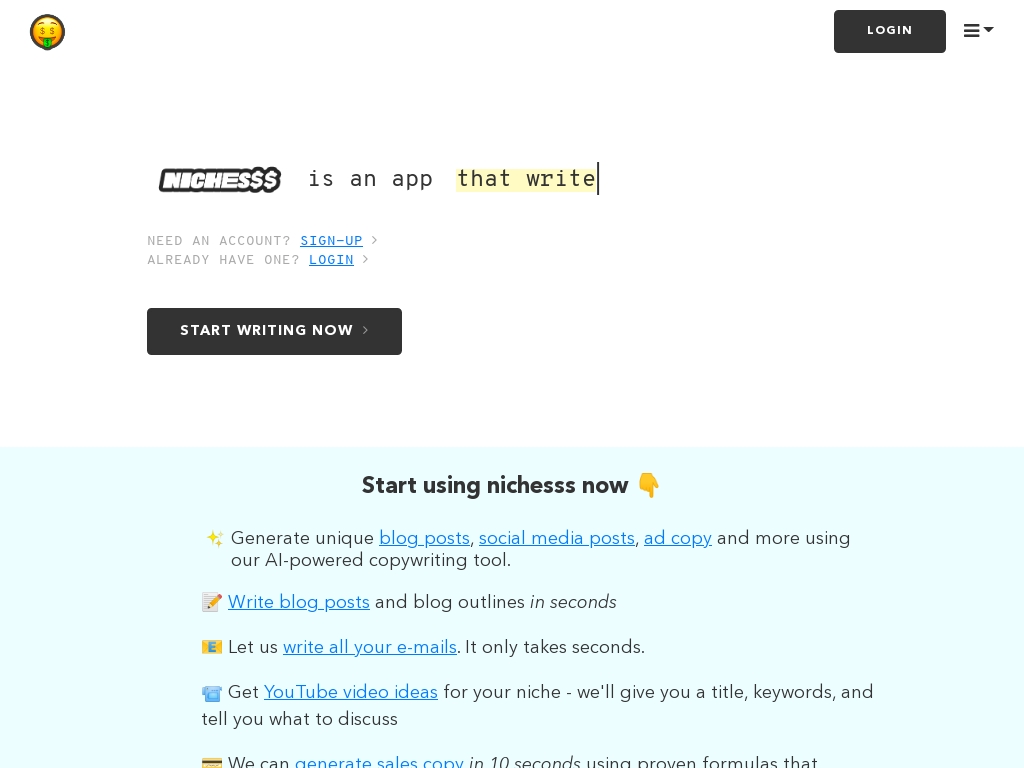

Nichesss is an AI content generation tool that helps businesses and individuals write content quickly; founded by self-taught programmer Malcolm Tyson, the company has generated a monthly revenue of $30,000, with a user base consisting of copywriters, small businesses and marketing agencies.




80. EspoCRM ($360K/year)
Oleksii Avramenko, one of the founders of EspoCRM, noticed a gap in the market for a universal and affordable CRM solution for small and mid-size businesses. With previous experience in the CRM industry, Avramenko and his team created EspoCRM, which has since seen significant success with an average of over 16,000 downloads per year and earning up to $30k a month. Through their innovative approach and dedication to customer satisfaction, EspoCRM has become a go-to CRM application for businesses looking to improve efficiency and performance.
How much money it makes: $360K/year
How much did it cost to start: $10K
How many people on the team: 1
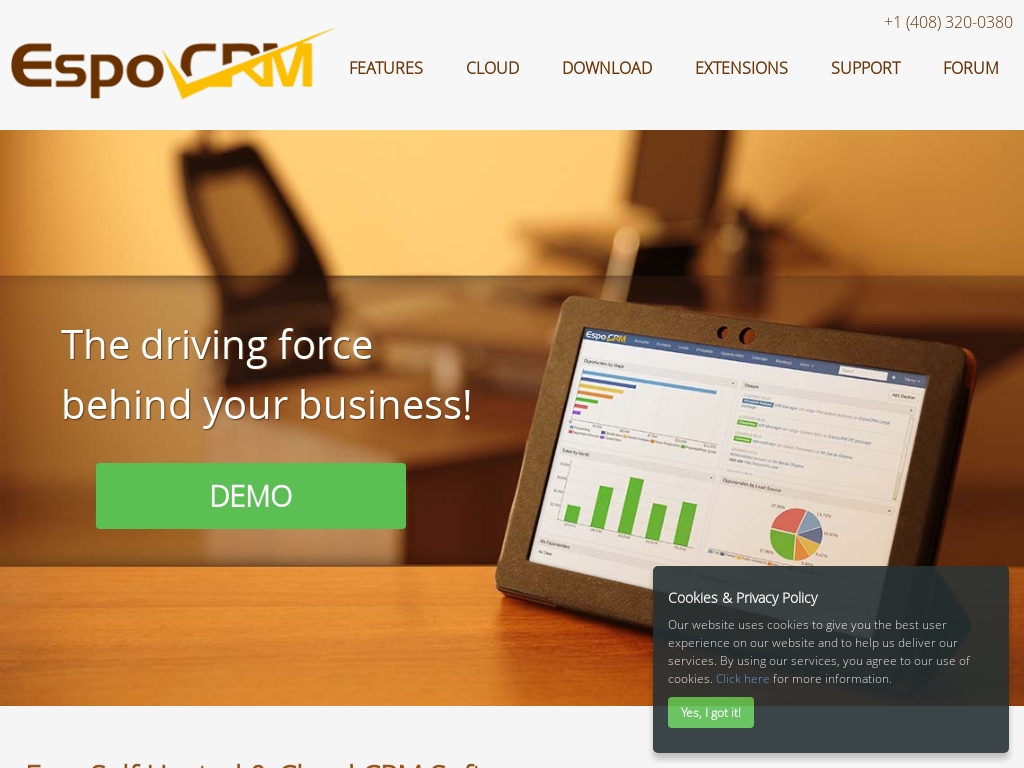

EspoCRM, an open-source CRM application for small and mid-size businesses, has seen an average of over 16,000 downloads per year and makes up to $30k per month, offering efficient tools to systematize customer data, improve sales cycles, and automate routine administrative tasks.




81. Quandri ($324K/year)
Quandri, founded by brothers Jackson and Jamieson Fregeau, is a digital worker company focused on automating tasks for the insurance industry. Their most popular product compares policies upon renewal, providing brokers with a summary report of important changes. With a monthly revenue of $30k and a growing team of 9, Quandri is rapidly expanding its customer base across North America.
How much money it makes: $324K/year
How much did it cost to start: $10K
How many people on the team: 6
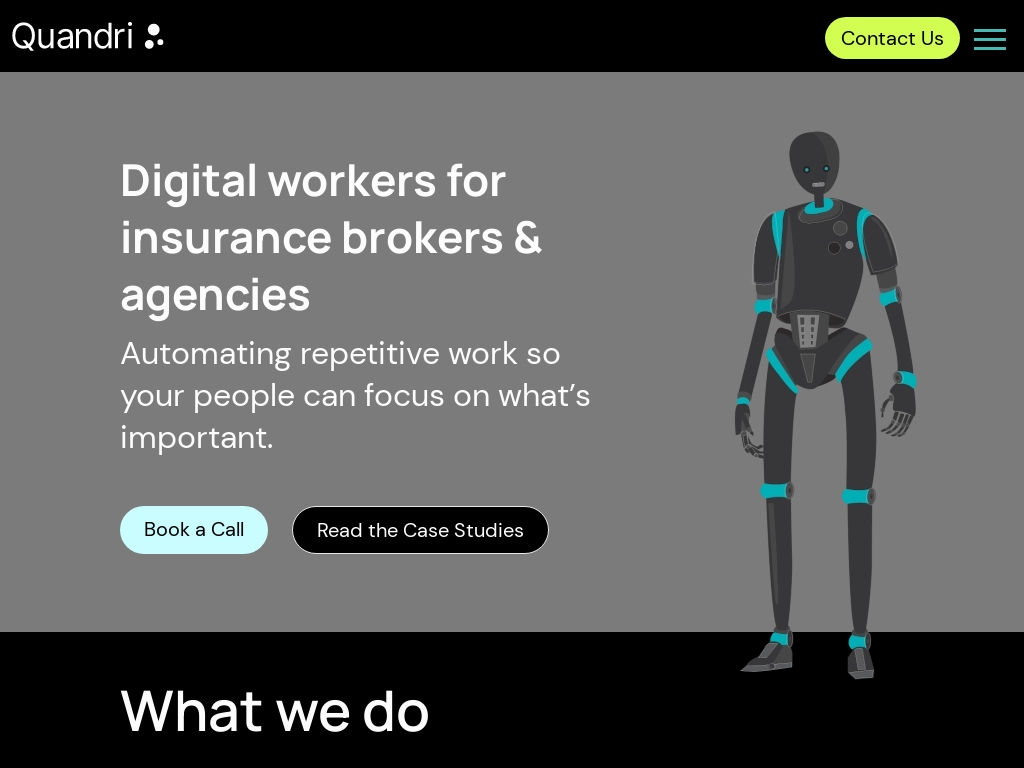

Quandri, a digital worker company that automates time-consuming work for the North American insurance industry, has grown to an average of $30k monthly revenue since co-founder Jackson Fregeau took advantage of spare time during the pandemic to build initial bots; the company has since added several full-time employees, and is "rapidly" expanding its customer base.




82. Muver ($300K/year)
Andrei Povaliaev, the co-founder of Muver, came up with the idea for the business after working as an Uber driver in Russia and realizing he could improve on the service. He sold his favorite BMW to invest in his own business for drivers, and within a few months, it became Uber's largest partner. Now, Muver is a successful app for gig workers, helping them earn more money by seamlessly multi-apping between various delivery and ride-sharing platforms.
How much money it makes: $300K/year
How much did it cost to start: $1.1M
How many people on the team: 10
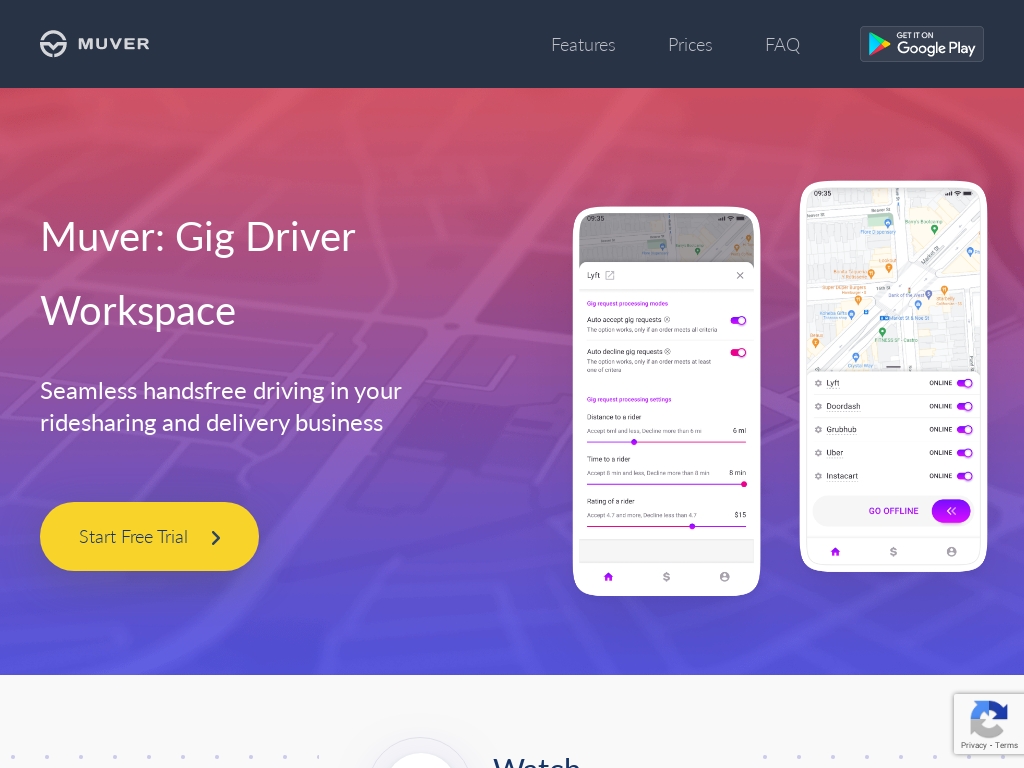

Muver is a mobile app for gig workers allowing them to multi-app seamlessly between Uber, Uber Eats, Doordash, Grubhub, Lyft, Instacart, and more within a single app with over $270k revenue in the past 12 months.




83. Bunnyshell ($300K/year)
Alin Dobra, the CEO and Co-founder of Bunnyshell, came up with the idea for his business while working as a CTO for an outsourcing development company. Facing technical challenges with servers and high costs, Alin realized there was a need for an automated cloud management solution. He and his co-founder launched Bunnyshell in 2018, and they have since secured €750K in investment, built a team of 15 people, and generated a revenue of $12k/month.
How much money it makes: $300K/year
How many people on the team: 15
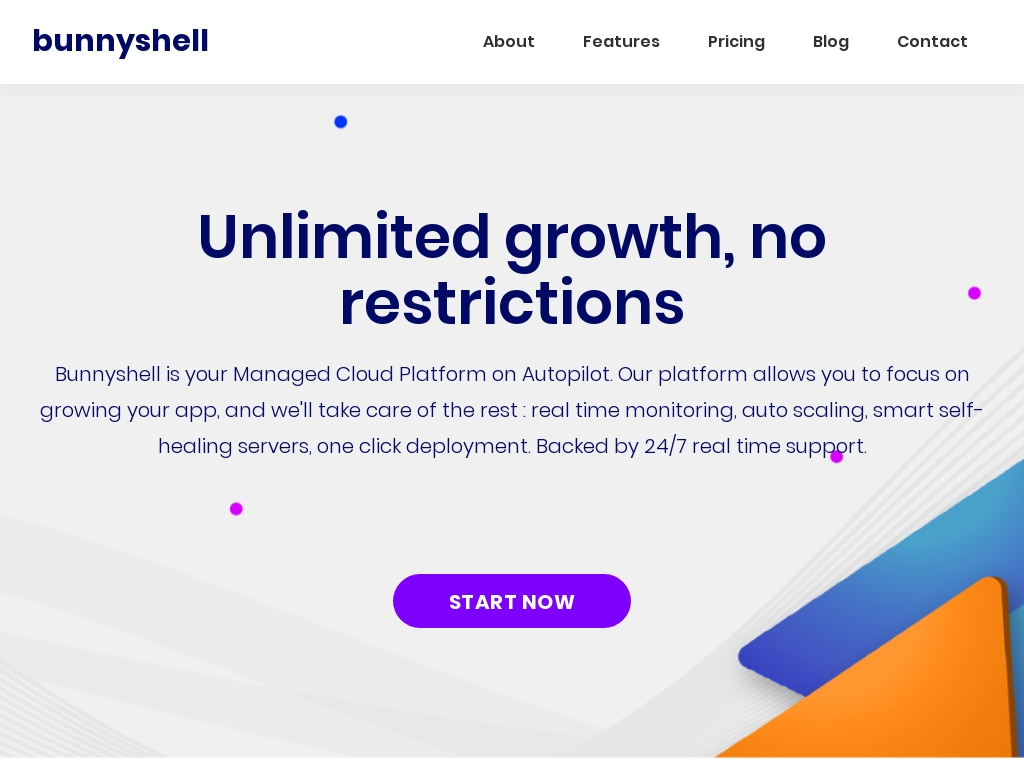

Bunnyshell CEO and co-founder Alin Dobra discusses how he created the managed cloud automation SaaS solution from scratch, securing €750,000 in investment in under 18 months, and generating $12k/month in revenue from providing services to corporate clients worldwide.




84. My AskAI ($300K/year)
After leaving his nearly decade-long finance career and spending years contracting at tech companies, the co-founder of My AskAI saw his breakthrough when experimenting with GPT-3 technology. Teaming up with a colleague, they initially created tools like a university personal statement generator and No Code AI Model Builder before pivoting to My AskAI, which now makes $25k/month and handles AI customer support for SaaS businesses.
How much money it makes: $300K/year
How much did it cost to start: $99
How many people on the team: 0
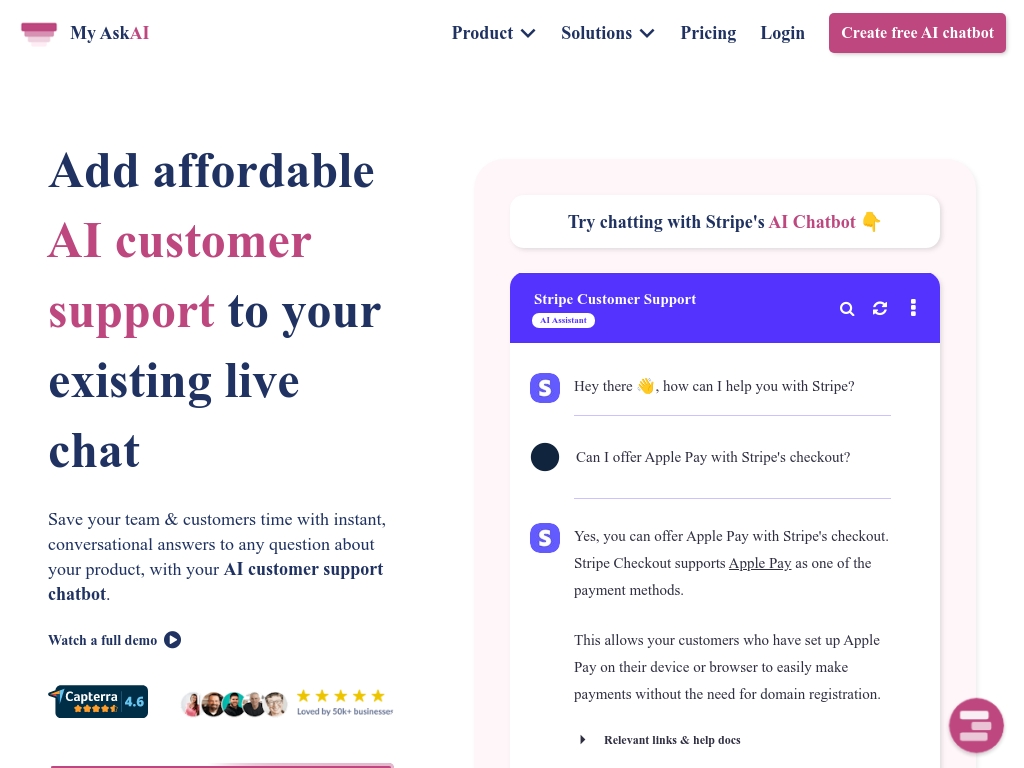

Case study of a co-founder's journey from finance to tech entrepreneur, successfully launching a revolutionary AI chatbot for customer support that earns $25k/mo, with impressive margins and a 3% conversion rate drawing customers away from bigger competitors.




85. Data Fetcher ($276K/year)
In 2020, Andy learned about a Google Sheets add-on called API Connector, which imports your data into a simple Google sheet.
Around the same time, Andy noticed the rise in popularity of Airtable.
Since Google Sheets and Airtable were close in compatibility, Andy decided to build a similar type of data integration tool for Airtable.
Andy’s 3-step method for coming up with ideas is helpful context for understanding how he came up with the idea: - Find a platform that is already growing massively. - Look at already successful tools for more mature platforms. - Build an equivalent tool for the new platform.
How much money it makes: $276K/year
How much did it cost to start: $100
How many people on the team: 0
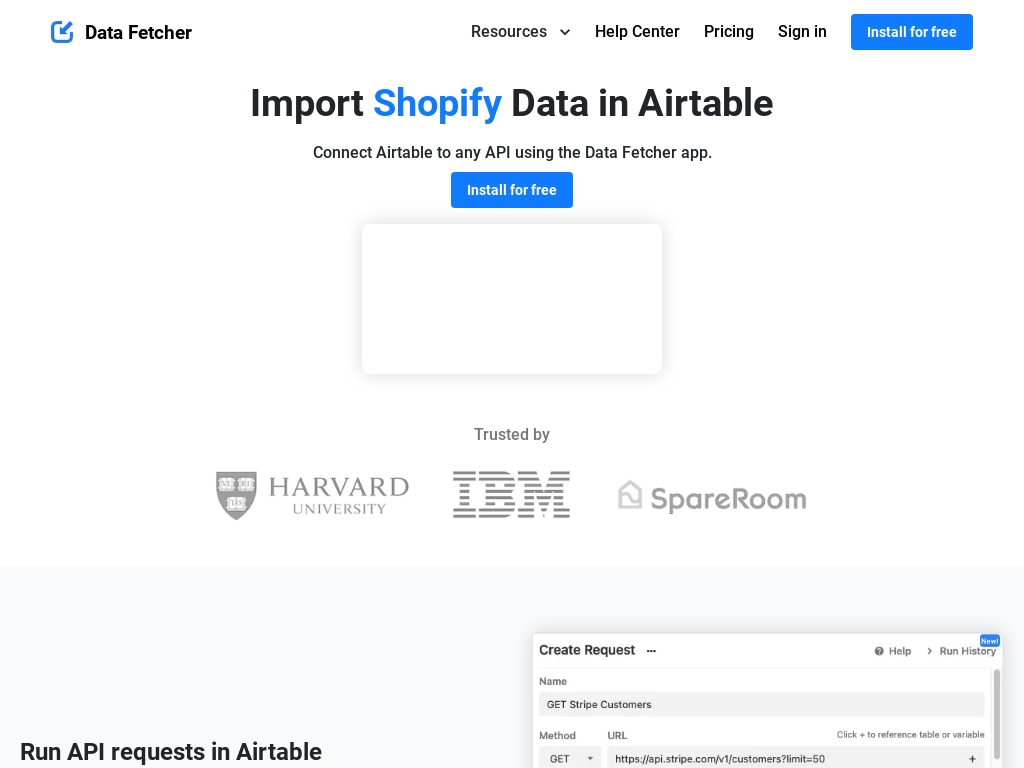

Data Fetcher is a no-code tool that imports data into Airtable which has reached 190 paying customers in just over a year after launch and is making $6500 in MRR, with a goal of reaching $30k+ in MRR, for aspiring founders looking to bootstrap an app to life-changing revenue as a solo founder.




86. Excelformulabot ($276K/year)
David Bressler, the founder of Excelformulabot.com, came up with the idea while on paternity leave. After discovering the power of AI and its potential in Excel formulas, he realized there was a need for an AI-based Excel formula generator. With 1 billion Excel users worldwide, Bressler saw a big enough market and quickly built a barebone application that went viral and gained traction through Reddit, TikTok, Instagram, and Twitter. Since the launch in September 2022, the website has generated over $14K in monthly recurring revenue.
How much money it makes: $276K/year
How much did it cost to start: $196
How many people on the team: 0
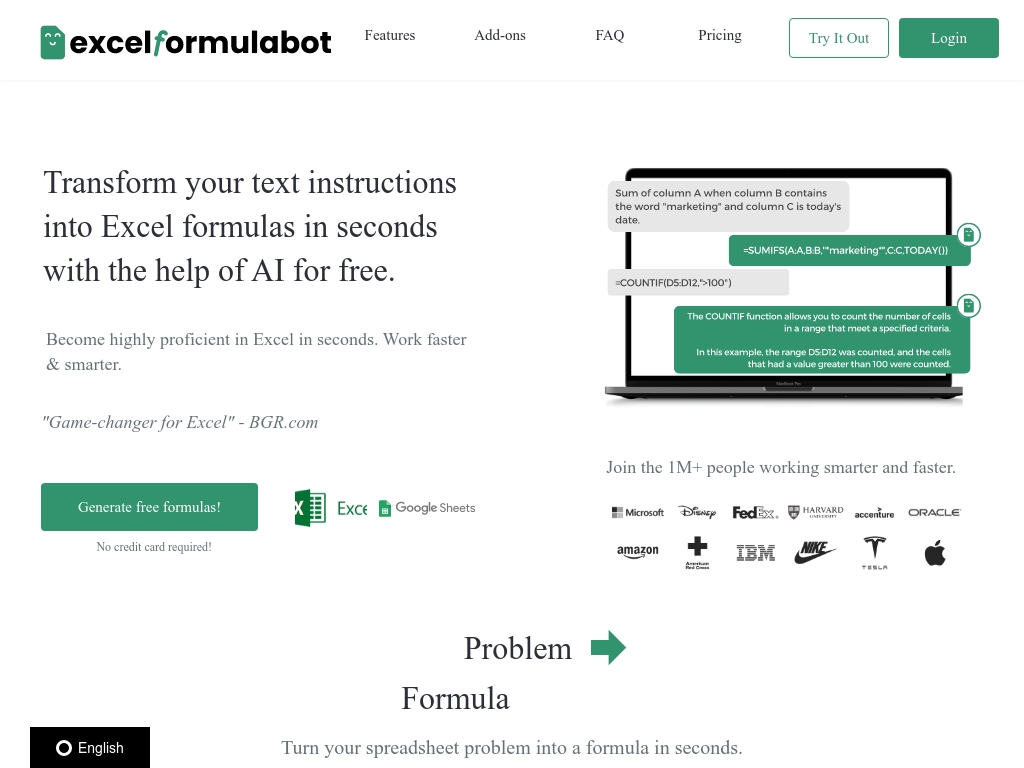

AI-powered web application, Excelformulabot.com, generates Excel formulas within seconds for a subscription fee of $6.99/month or free for five formula requests per month, resulting in $14k/month in recurring revenue since its launch in September 2022, accruing millions of visitors through word of mouth, influencer marketing, SEO, and PPC, implemented through no-code web application Bubble.io, while preparing to penetrate a B2B market and focus on B2B outreach in the future.




87. Ora ($252K/year)
Nikolay Mihaylov, along with his co-founders Vasil Enchev and Nikolay Yanev, came up with the idea for Ora PM while working at Codemotion in 2015. As they were managing their work with existing project management systems like Trello and Slack, they realized the need for a more sophisticated system with time tracking. Unable to find a suitable solution in the market, they decided to create their own project management system, which eventually evolved into Ora.
How much money it makes: $252K/year
How much did it cost to start: $50K
How many people on the team: 5
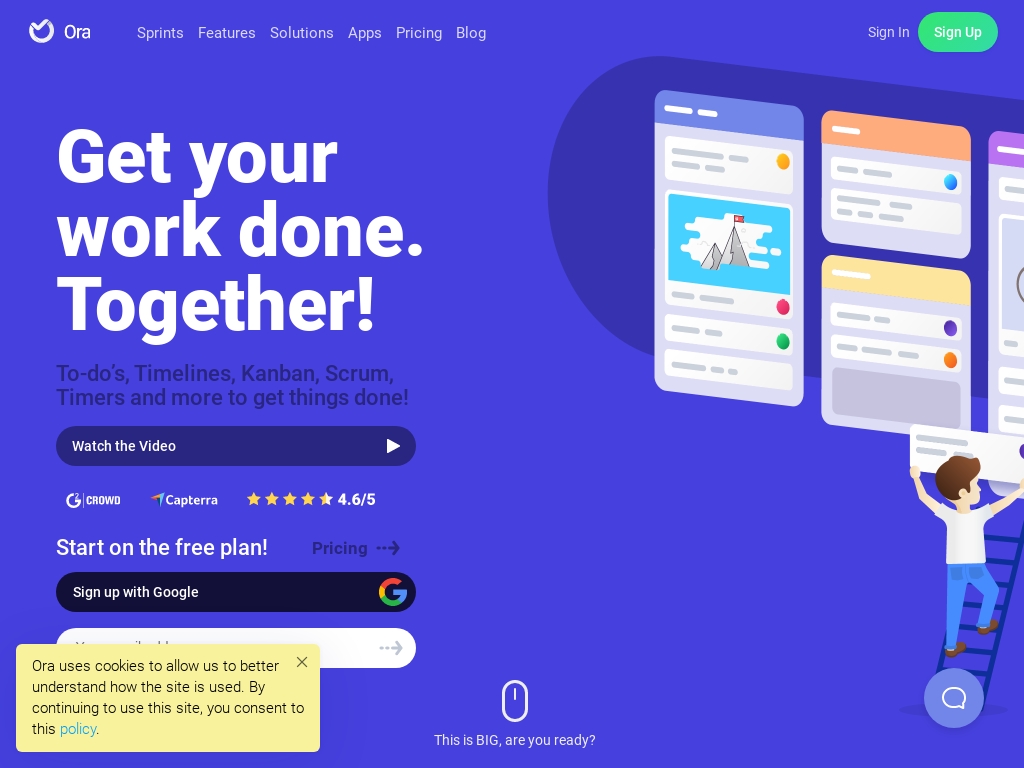

Ora PM is a project management system that generates an average monthly revenue of $21k, and is designed for use by individuals as well as companies with big projects.




88. StatsDrone ($240K/year)
John Wright, CEO and co-founder of StatsDrone, came up with the idea for his B2B affiliate SaaS company after years of experience in the iGaming and affiliate marketing industry. Recognizing the existing problems in the marketplace, he decided to create a solution that would support the entire affiliate marketing industry. With close to $20k MRR and a successful bootstrapping journey, StatsDrone is now in the middle of an investment round to further accelerate its growth.
How much money it makes: $240K/year
How much did it cost to start: $1M
How many people on the team: 12
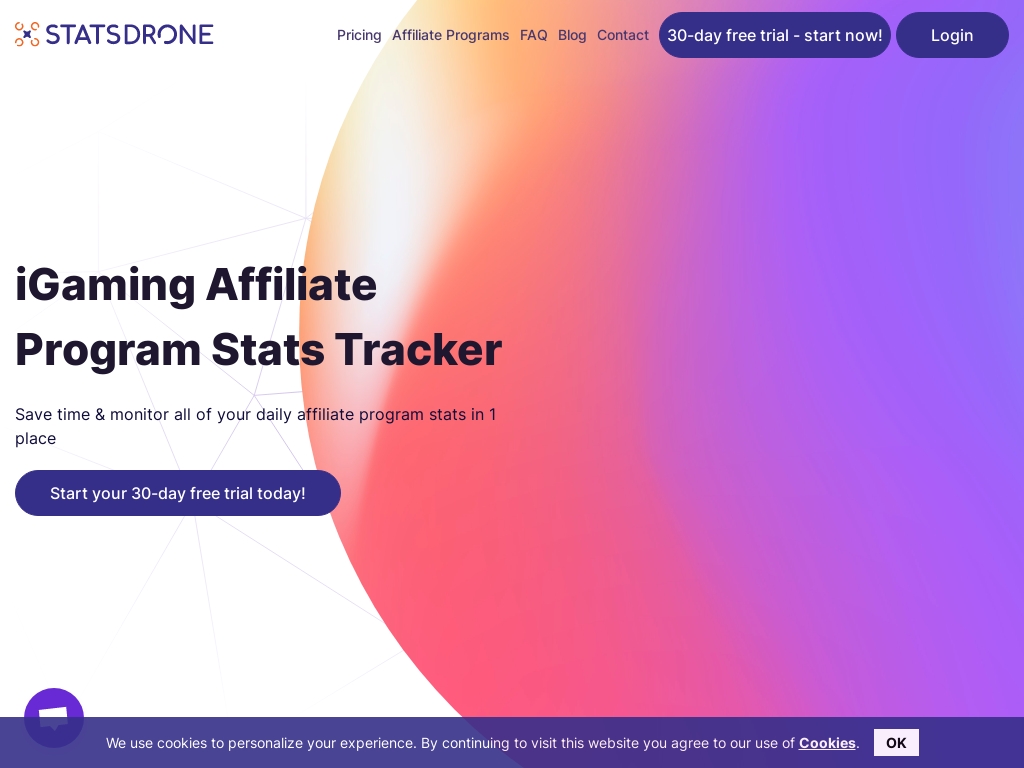

B2B affiliate SaaS company, StatsDrone, bootstrapped to close to $20k MRR and is in the middle of an investment round to accelerate the company, with a focus on video content marketing and using tools such as Figma and Tableau for product development.




89. ScrapingAnt ($240K/year)
Oleg, a serial entrepreneur with a technical background, came up with the idea for ScrapingAnt after trying out various e-commerce projects and realizing the need for a reliable data scraping solution. He partnered with his friend Andrii, who had experience in setting up scalable infrastructures for data gathering, and together they created a simple solution based on AWS Lambdas. They launched the business on the RapidAPI marketplace and focused on content marketing and providing excellent customer support to attract and retain customers. The company has achieved profitability and continues to invest in technology and search for their "thingy" that will bring in more customers. Recently, they entered into a collaboration with software development company Codery to expand their capacity.
How much money it makes: $240K/year
How much did it cost to start: $0
How many people on the team: 2
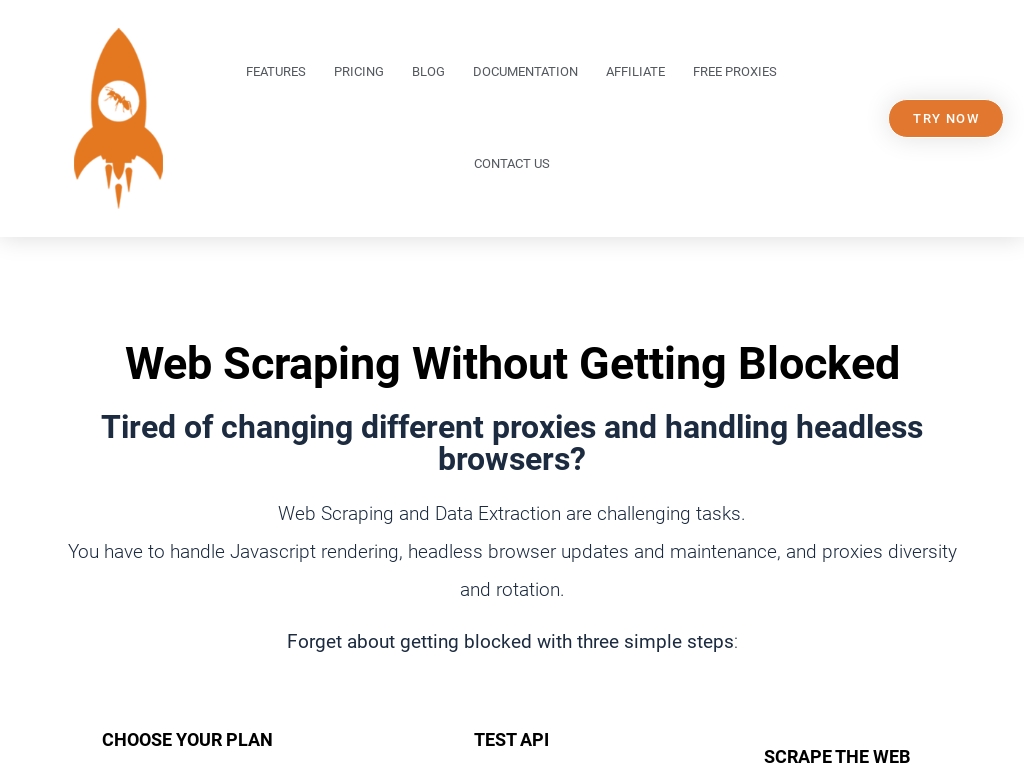

ScrapingAnt is a web scraping service with an easy-to-integrate API, making it the ideal data extraction infrastructure solution for companies and private entrepreneurs, making a profit of $7.1K in December 2021 and actively looking for technical and non-technical content creators.




90. Maildroppa ($240K/year)
Feeling stifled in corporate life, Marcus Biel leveraged his Java development skills to create Maildroppa, an affordable email marketing tool for solo founders. The platform's unique free plan and bootstrapper ethos helped it achieve $20,000 in monthly revenue, transforming the email marketing landscape.
How much money it makes: $240K/year
How much did it cost to start: $5K
How many people on the team: 0
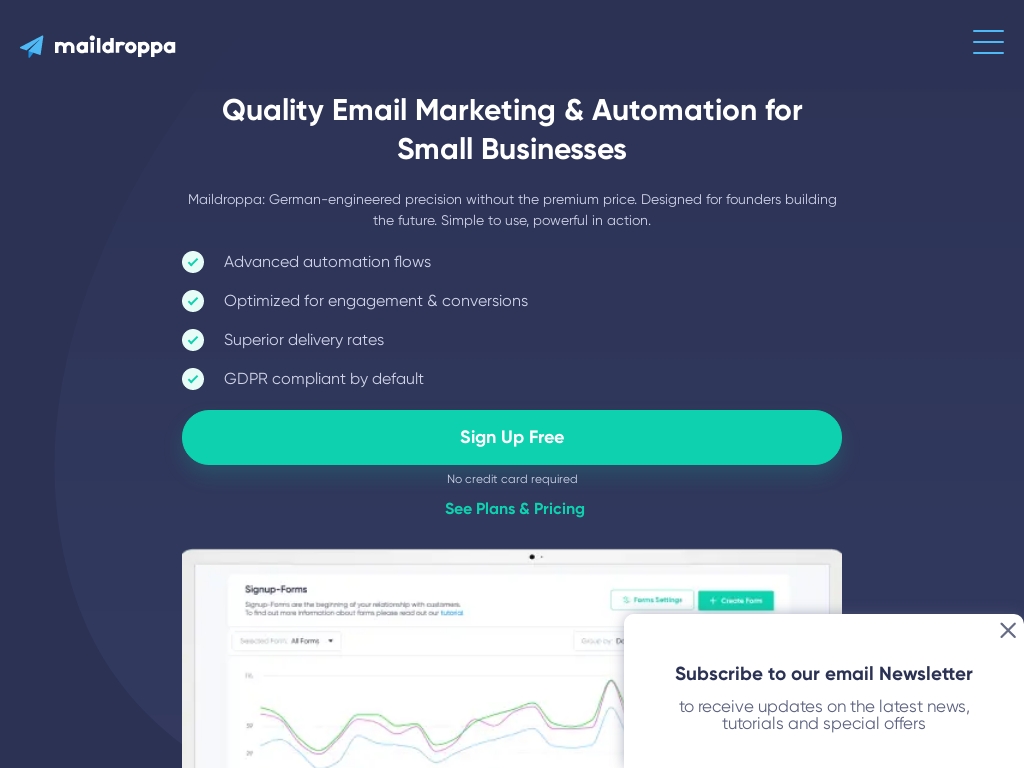

Bootstrapper turned entrepreneur created an affordable yet powerful email marketing solution, offering a free plan for 100 subscribers forever, leading to $20,000 in monthly revenue, catering to solo founders and bootstrappers building their businesses.




91. Legit Check By Ch ($240K/year)
The founders of Legit Check By CH stumbled into their business unintentionally. What started as a side project to help people authenticate luxury items quickly gained traction and turned into a full-fledged business. With almost 10 million users and 25,000+ paying customers, they now offer authentication services and have even helped customers get back as much as $5,000 from scams.
How much money it makes: $240K/year
How much did it cost to start: $50
How many people on the team: 8
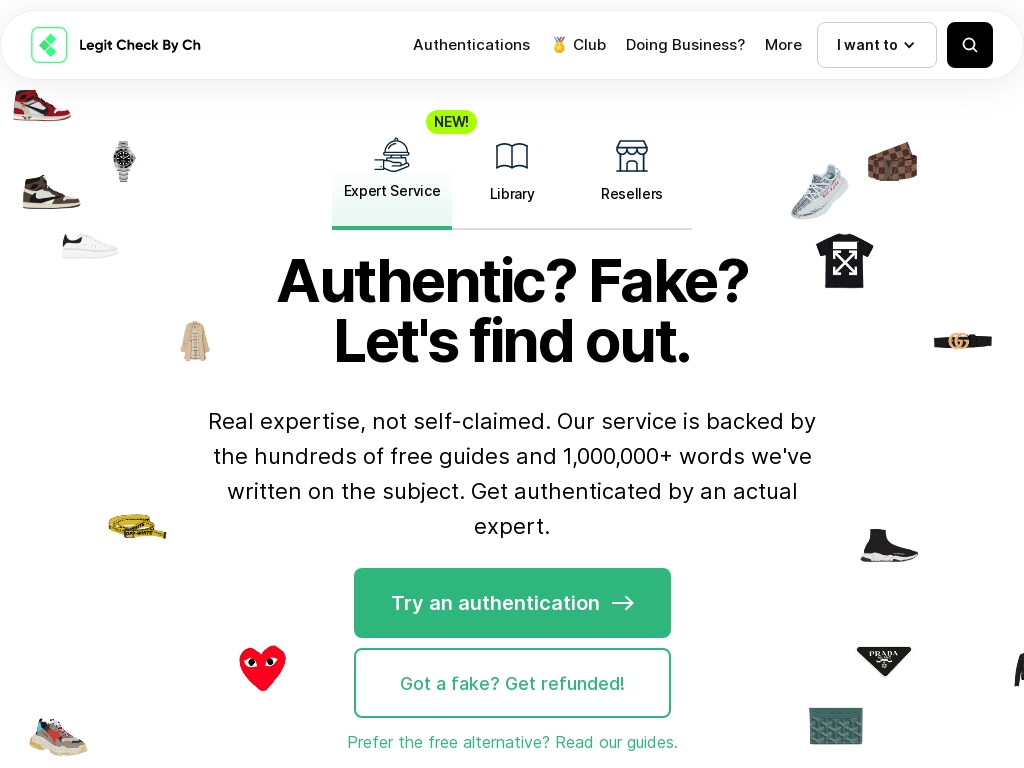

Legit Check By Ch is an authentication company for luxury items that has almost 10 million users and generates $200,000+ per year with 95%+ profit margins, helping customers get their money back from scams and proving a model for building distribution before building the product.




92. CocoSign ($240K/year)
Caroline, the CEO of CocoSign, came up with the idea for their digital signature platform during the 2020 pandemic when businesses were struggling to physically exchange documents. Recognizing the rising demand for e-signature providers, Caroline and her team set out to create an exceptional solution that offers a user-friendly interface and robust features. Since their launch in 2020, CocoSign has seen impressive success, generating monthly revenue of 67.3K from 2000 sales and experiencing a 5% increase in customers every month.
How much money it makes: $240K/year
How much did it cost to start: $10K
How many people on the team: 57
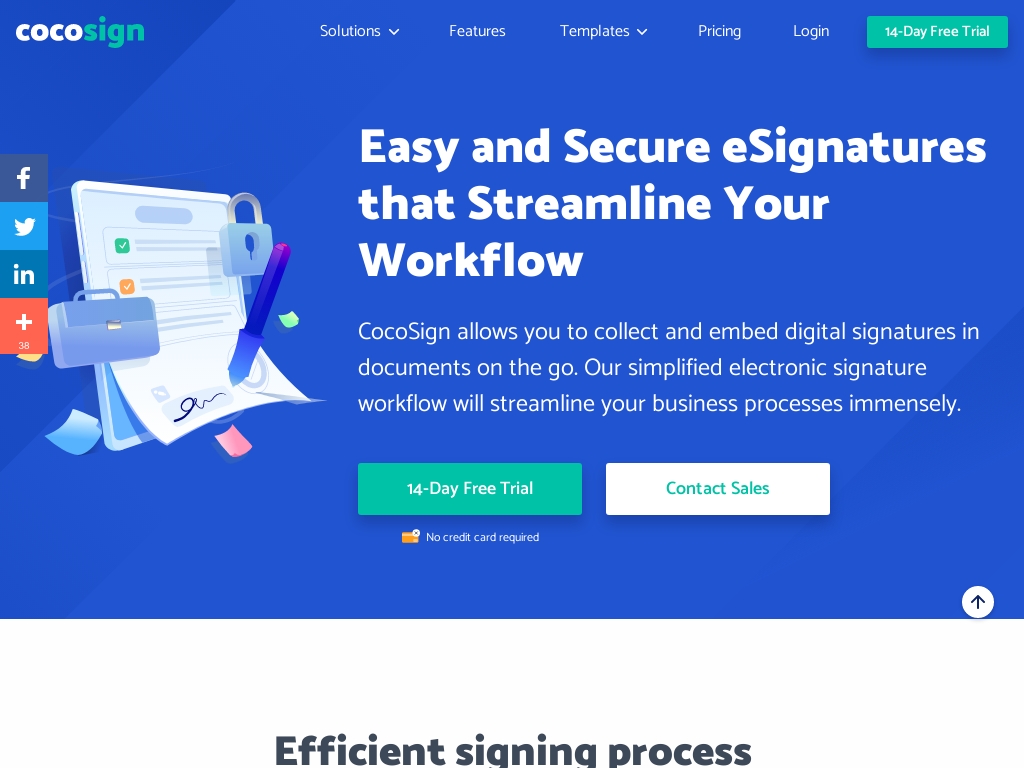

CocoSign is a digital signature platform generating a monthly revenue of 67.3K from 2000 sales, boasting a 5% increase in customers each month, and offering valuable features such as customer rewards, API integrations, helpful customer service, and simple & effective marketing strategies.




93. Upvoty ($240K/year)
With a background in building online businesses, the founder needed a customer feedback solution for his own business.
The founder did not find any suitable tools for his SaaS platform, so he decided to build Upvoty on the side to “scratch his own itch.”
How much money it makes: $240K/year
How many people on the team: 0
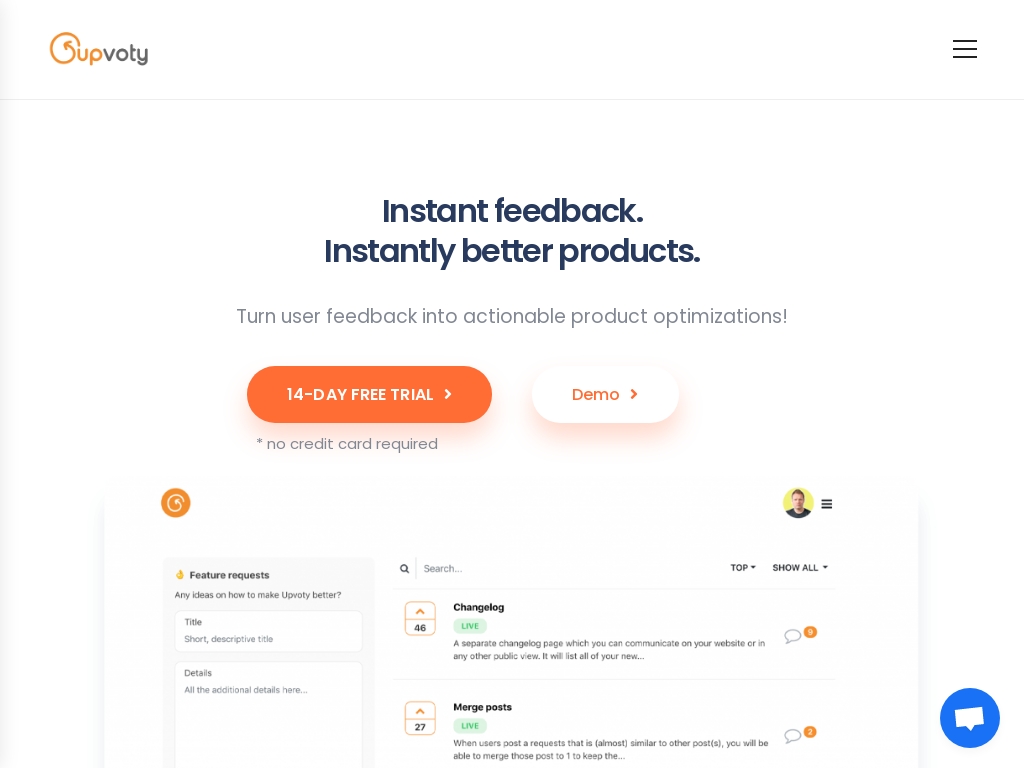

A case study on the founder of Vindy and Upvoty, who used his experience with his first startup to quickly grow his second startup to over 100 customers and $500 MRR, all while financing everything with the profits of his first company.




94. Ladels ($240K/year)
Muamer Avdic, Founder and CEO of Ladels.com, came up with the idea for his business after struggling to find affordable shipping and advertising options as a small online seller. He realized the opportunity to provide online sellers with a platform to manage and ship their orders, while also allowing them to advertise on their shipping labels. Since launching in December 2020, Ladels has brought in $10,000/month in revenue and is rapidly growing its user base.
How much money it makes: $240K/year
How much did it cost to start: $50K
How many people on the team: 4

Ladels.com's founder created a digital platform offering online sellers to manage and ship their orders from different carriers all on one dashboard, bringing in $10,000/month in revenue since launching in December 2020, with a focus on developing full label customization and integrations with more eCommerce marketplaces and carriers.




95. neural frames ($204K/year)
After struggling to create affordable music videos for his songs, physicist-turned-entrepreneur Nicolai Klemke founded neural frames, an AI-driven tool that now boasts 130k visitors and $17k MRR just months after launch.
How much money it makes: $204K/year
How much did it cost to start: $500
How many people on the team: 0

AI music video generation startup neural frames, founded by Nicolai Klemke, has seen impressive growth since its launch in January, with 130k visitors and an MRR of $17k as of October; Klemke shares the process of building the product, launching the business, and attracting and retaining customers, highlighting the importance of listening to customers and implementing the right features.




96. ThumbnailTest ($192K/year)
Rox launched Clipbot, a tool that helps Twitch streamers repurpose clips into TikToks and YouTube Shorts. They got their initial customers through a Reddit post and later focused on SEO, which became their biggest source of traffic. Clipbot now has $800 MRR and is gaining traction.
How much money it makes: $192K/year
How much did it cost to start: $99
How many people on the team: 0
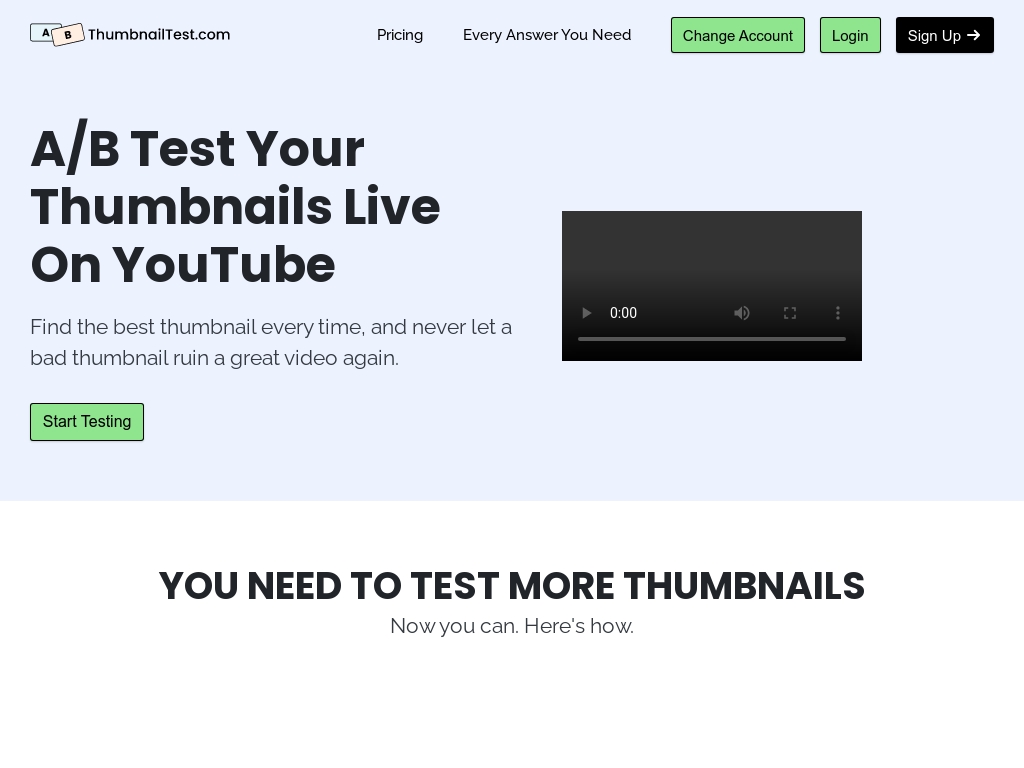

Startup founder Rox talks about her journey building startups live on Twitch, including projects Clipbot.tv and ThumbnailTest.com, which have brought in a total of $800 MRR and almost 7,000 Twitch followers.




97. Refiner ($192K/year)
Moritz Dausinger, founder of Refiner, came up with the idea for his user feedback and customer survey tool while working on his previous startup, Docparser. After selling Docparser, Dausinger felt the urge to build something new and decided to create a tool for SaaS companies to survey and profile their users. Refiner officially launched in March 2020 amidst the Covid-19 pandemic and has since seen great traction, increasing its monthly recurring revenue by 30% and reaching its end-of-year goal of $2K MRR.
How much money it makes: $192K/year
How much did it cost to start: $30K
How many people on the team: 2
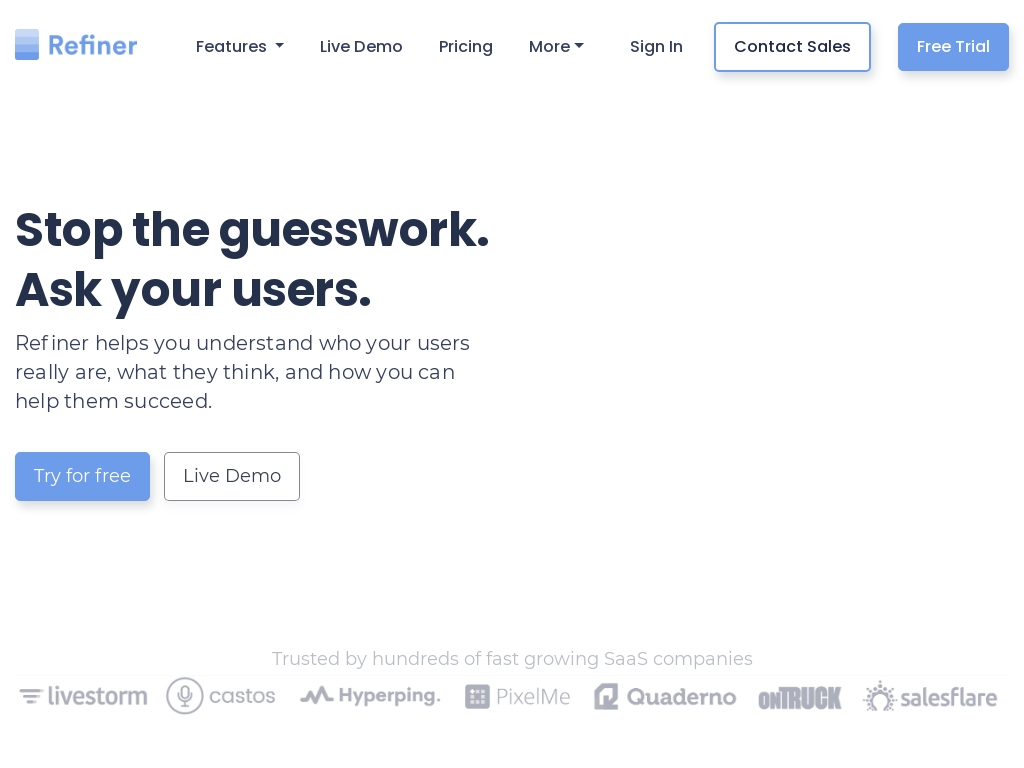

Refiner, a user feedback and customer survey tool for data-driven SaaS teams, achieved $2K MRR after launching in March 2020 and increasing its monthly recurring revenue by 30% in one month alone, relying on inbound marketing and SEO efforts for growth.




98. CraftMyPDF ($180K/year)
He took on some freelance work that required generating PDFs during the pandemic. While there were various online services available for this task, he found that none of them offered a user-friendly template editor. As a result, he decided to develop my PDF generation services with a template editor.
How much money it makes: $180K/year
How much did it cost to start: $800
How many people on the team: 1
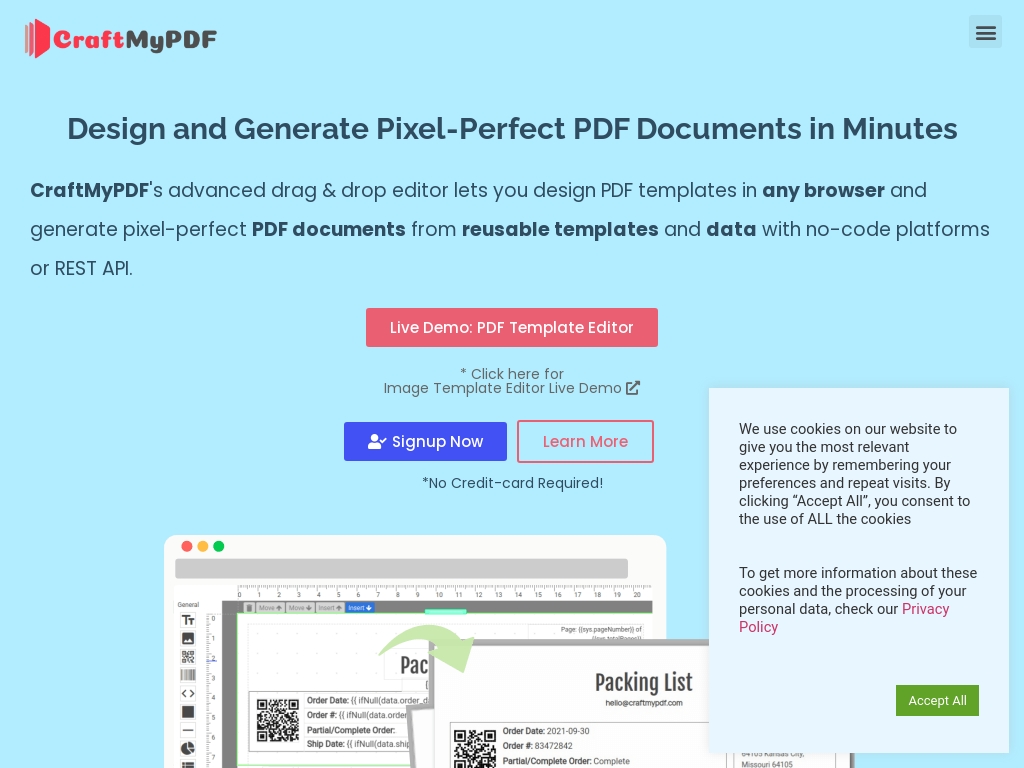

CraftMyPDF.com and APITemplate.io offer API-based products which allow businesses to generate PDF and image documents from reusable templates, and have generated over 2 million documents and $15,000 in monthly recurring revenue over the past 2 years.




99. tiiny.host ($180K/year)
Wanted to create a simpler and easier way to host web development projects. He wanted the project to be as easy to use as possible, with as few clicks as possible.
How much money it makes: $180K/year
How much did it cost to start: $100
How many people on the team: 0
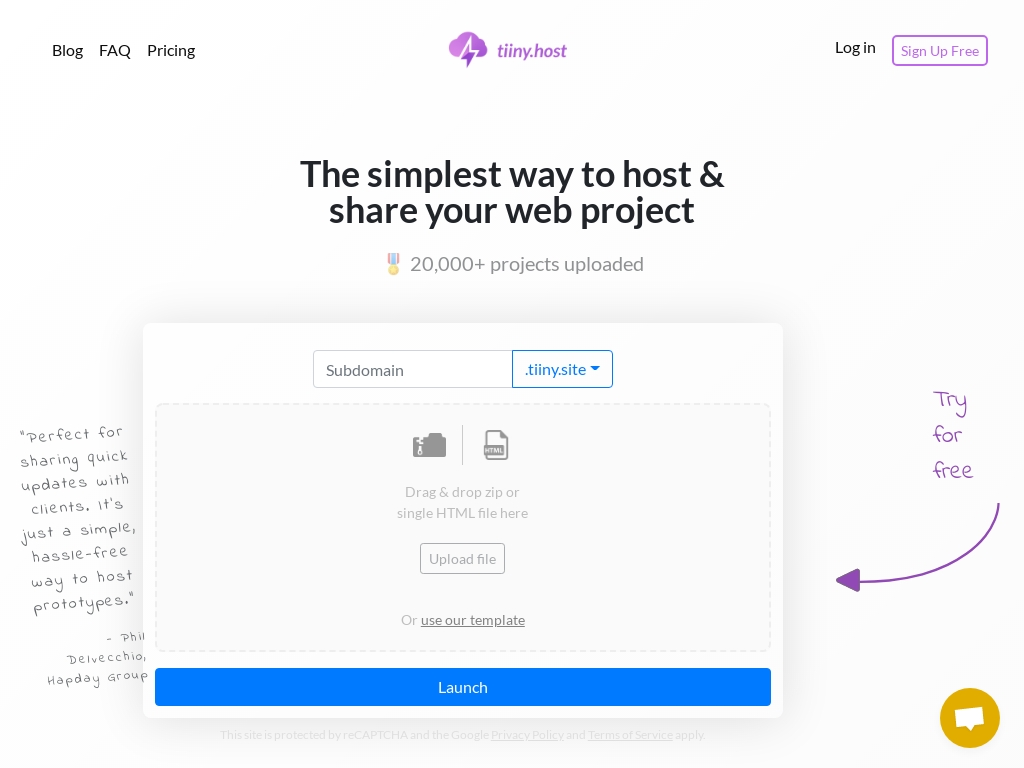

Tiiny.Host is a web hosting company that's doubled its monthly recurring revenue every three months, amassing 40,000+ users by providing an easy-to-use hosting and file sharing solution, and built up its brand through SEO.




100. NoteForms ($174K/year)
Julien Nahum, founder of NotionForms, came up with the idea for his business after discovering the API release of Notion, a productivity software. As a huge fan of Notion, he wanted to build something with the API and decided to create a form builder integration that offers advanced features specifically for Notion users. Since its launch, NotionForms has gained 26k users, 850 paid subscribers, and generates an ARR of $182k.
How much money it makes: $174K/year
How much did it cost to start: $0
How many people on the team: 1
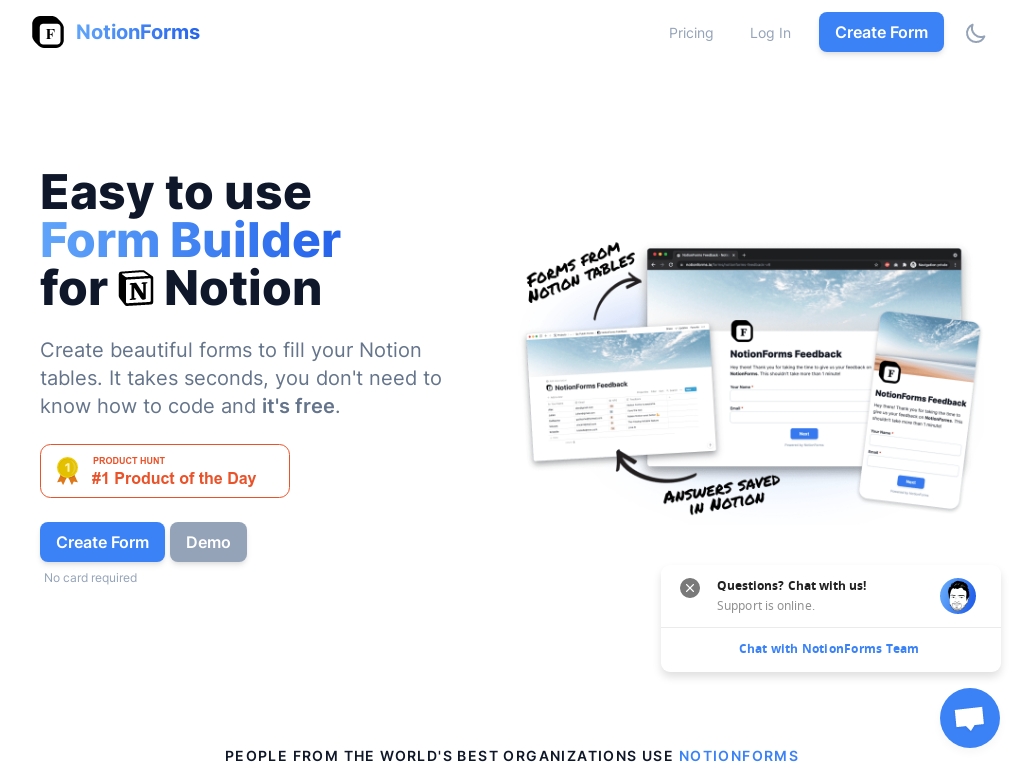

NotionForms, a SaaS company offering a form builder integration to Notion, boasts an impressive total of 26k users, 850 paid subscribers, and an ARR of $182k, with steady growth since its launch and being used internally by many huge tech companies.




101. Bank Statement Converter ($150K/year)
The idea for Bank Statement Converter was born out of a personal need and frustration. The founder wanted to analyze his own finances but was stuck with PDF bank statements that were difficult to work with. This led him to write a script to extract transaction data, and he realized that if he had this problem, others might too.
He decided to turn this script into a web app and collaborated with a friend to handle the front end while he focused on the back end. Inspired by the principles of launching a Minimal Viable Product (MVP), they initially created a simple tool for uploading PDFs and converting them to CSV downloads. Through this process, they faced various challenges, such as refining their API to handle real-world use cases like multiple file uploads and password-protected PDFs.
Early user interaction helped them validate the need for their product, as people started using it immediately. There was also a lesson they learned along the way: avoid building features based on assumptions rather than actual user demand. This realization saved them time and resources, allowing them to focus on what's truly needed by their users.
How much money it makes: $150K/year
How much did it cost to start: $100
How many people on the team: 0

Bank Statement Converter is a web app that extracts transaction data from PDF bank statements, with a monthly recurring revenue of $12,500 USD and steady growth in usage, attracting customers through cost-per-click advertising, cold outreach, and content marketing.




102. SocialBu ($144K/year)
Usama, the CEO and co-founder of SocialBu, came up with the idea for his social media management platform while freelancing as a developer and managing social media accounts. He saw a need for a more powerful and affordable solution, so he built a simple tool that gained traction and eventually led him to create SocialBu. Since its launch, the bootstrapped company has made $300K in revenue and has plans for future improvements and features.
How much money it makes: $144K/year
How much did it cost to start: $2K
How many people on the team: 6
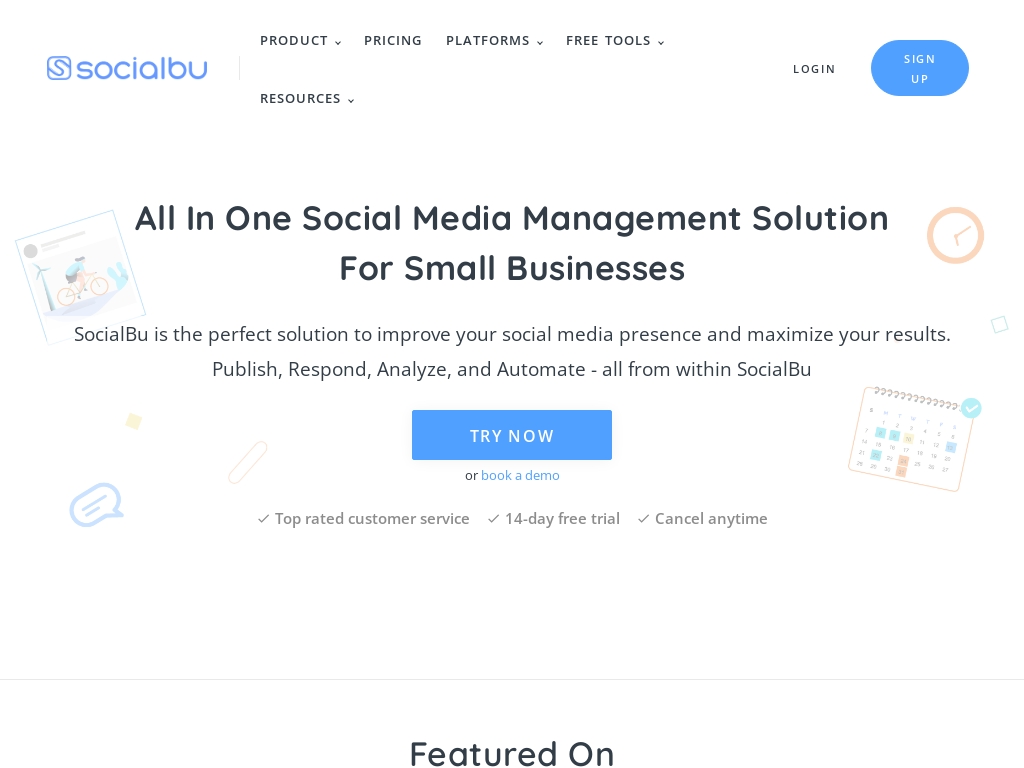

Social media management platform SocialBu is 100% bootstrapped and has made about $300K since its launch, and CEO Usama shares his process of building a social media management tool that solved a real problem and attracted users through online communities and organic traffic.




103. OneHash, Inc. ($144K/year)
Rohit Gadia, co-founder of OneHash Inc, came up with the idea for their business, OneHash CRM and OneChat, based on the concept of FaaS (FOSS as a Service), which provides the benefits of SaaS at the affordability of FOSS. The company started with a two-person team and a modest investment of $2 million from their savings, and despite initial obstacles, OneHash now has over 410,000 signups and aims to have 10 million users within the next 10 years.
How much money it makes: $144K/year
How much did it cost to start: $10K
How many people on the team: 7
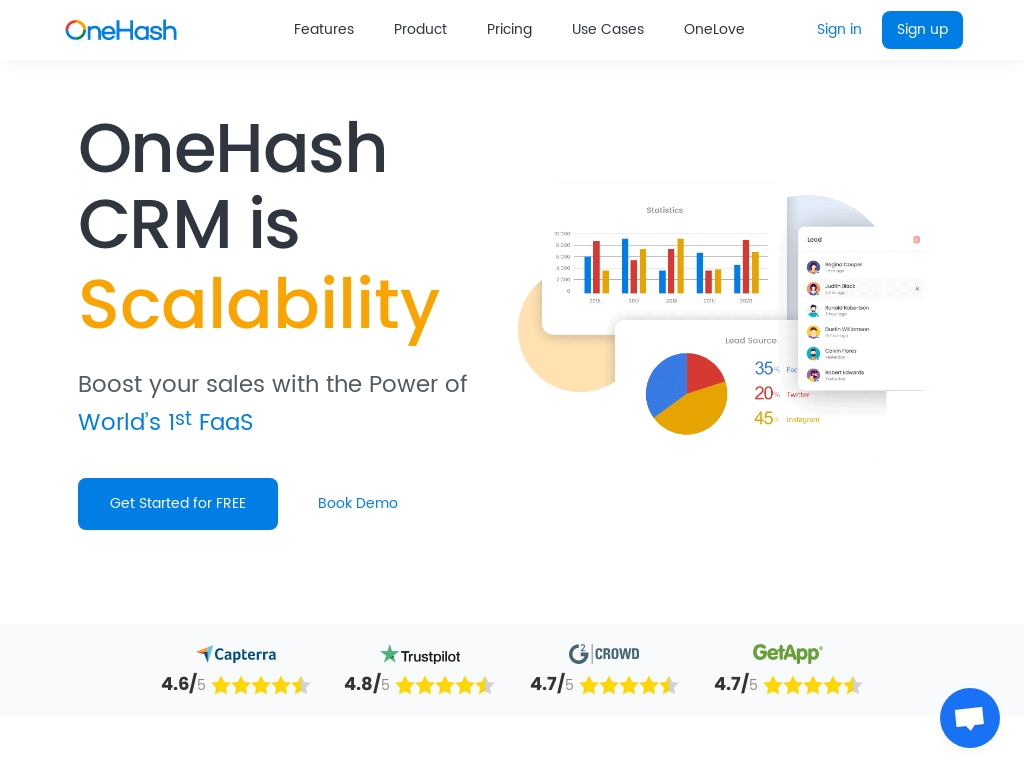

OneHash Inc. is a startup that offers affordable FOSS+ SaaS CRM and customer assistance services, with powerful reporting features as well as scalability and extendibility, and currently has over 410,000 signups from all seven continents.




104. Artificial Workflow ($120K/year)
Andrew and his co-founder James started Artificial Workflow after noticing consultants, like James at EY, were drowning in manual data processing. Initially offering bespoke AI consulting, they pivoted to a SaaS model, now generating $10,000 in monthly recurring revenue, largely from $299/month enterprise clients.
How much money it makes: $120K/year
How much did it cost to start: $50K
How many people on the team: 2


Case study of a co-founder who transitioned from bespoke AI consulting to a subscription-based platform, generating $10,000 in monthly recurring revenue with 80% from $299/month enterprise clients, through strategies like LinkedIn outreach, SEO, and email marketing, learning costly lessons about starting with quality development.




105. Estii ($120K/year)
After struggling with the complexities of project estimation at Deltatre, David Peek and Dom De Lorenzo saw a gap in the market for service-based pricing tools, leading them to co-found Estii. They've since helped clients secure over $8 million in new business and grown their revenue to $20K USD/month within a year.
How much money it makes: $120K/year
How much did it cost to start: $20K
How many people on the team: 0
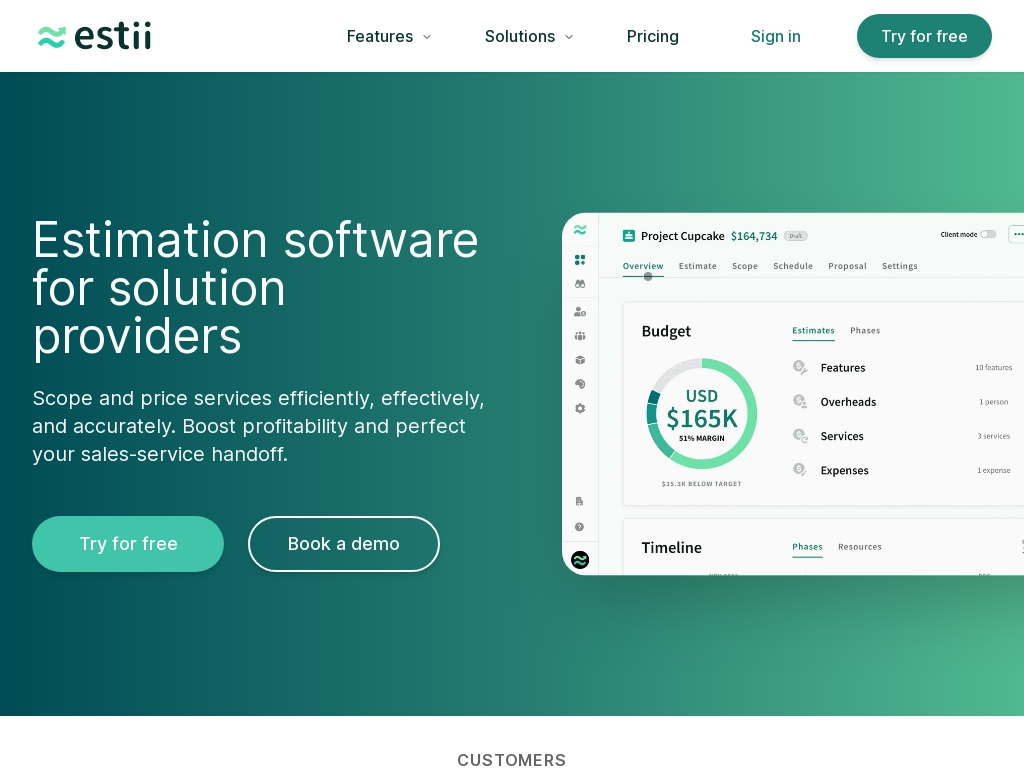

Estii, an estimation and pricing platform for service providers, has helped customers win over $8 million in new business and currently sits at over 50 active workspaces and $20K USD/month in revenue.




106. BasedLabs.ai | AI Image & Video Creator ($120K/year)
Andrew and Michael, leveraging their extensive startup and web3 backgrounds, founded BasedLabs in December 2023 after struggling to find high-quality AI b-roll for automated content creation, quickly achieving a $10K MRR and 150,000 signups with less than $500 on marketing.
How much money it makes: $120K/year
How much did it cost to start: $500
How many people on the team: 0

Entrepreneurs achieve a $10,000 MRR and 150,000 user signups in just four months through SEO, free AI tools, and lean marketing spend, highlighting the power of rapid iteration, distribution, and a focus on user feedback to drive business growth.




107. Vadootv ($120K/year)
Ankur Singh, co-founder and CEO of Vadootv, came up with the idea for his video hosting and marketing platform when he saw the rapid adoption of videos in content and communication due to the COVID-19 pandemic. Realizing the challenges faced in video consumption, Ankur and his team pivoted from providing an optimization solution to creating a complete video hosting platform. With 15,000+ users and monthly recurring revenue of $15,000+, Vadootv is on a mission to help creators and small businesses grow their reach using videos.
How much money it makes: $120K/year
How much did it cost to start: $800
How many people on the team: 5
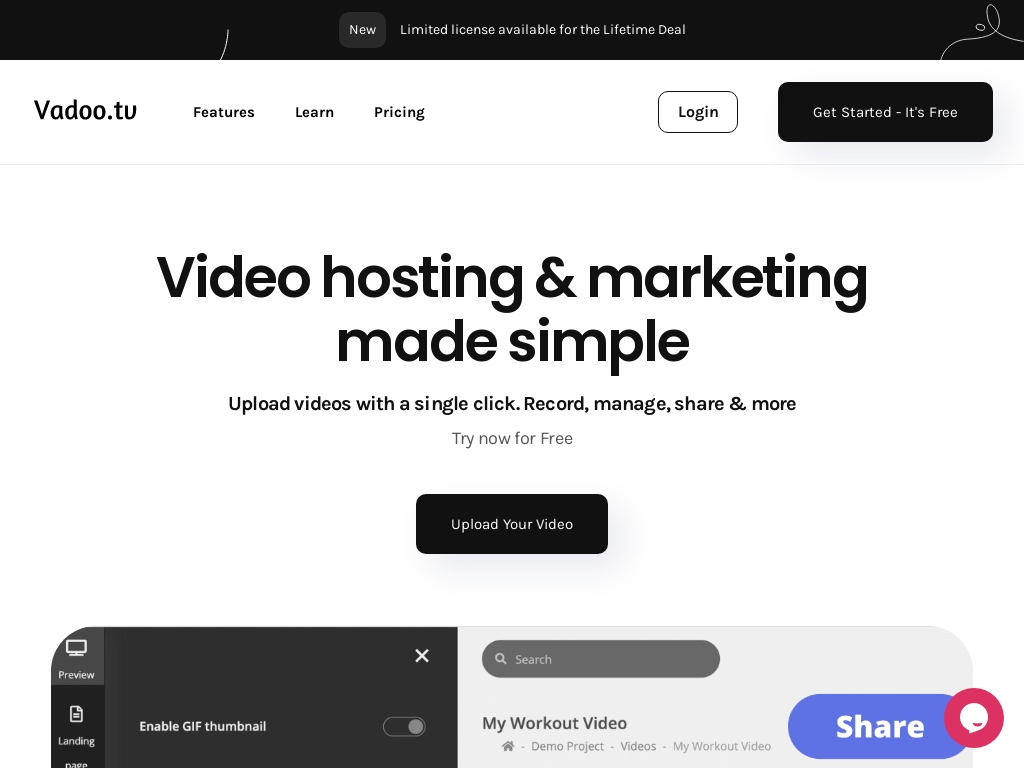

Video hosting platform Vadootv has onboarded 15,000+ creators, SMBs, and brands around the world who are using the platform to scale their business online using videos, generating $300k in revenue from one-time license sales and $15,000+ in monthly recurring revenue.




108. G-71 ($120K/year)
Sergey, the founder of G-71, was working as an IT director when he witnessed a document leak through photography that damaged the CEO's reputation. Realizing the need for a solution, Sergey joined a company that was developing a product to prevent leaks. After its effectiveness was proven, Sergey became the CEO and focused on growing the business, which now has an annual turnover of almost $2 million.
How much money it makes: $120K/year
How much did it cost to start: $200K
How many people on the team: 3


This case study is about a cybersecurity company that developed a state-of-the-art information security solution that deter leaks of sensitive documents and detects leak sources in the case of an incident, with annual turnover of almost $2 million and a patented algorithm that applies invisible anti-leaks marks to documents, making 27,000 copies for every person on Earth.




109. Binderr ($120K/year)
Jacob, originally from Denmark, founded Binderr after selling his Bolt franchise for an eight-figure sum in 2022. Initially an accounting app, Binderr pivoted to client onboarding software for accountants and lawyers, fueled by €4 million in self-funded investments.
How much money it makes: $120K/year
How much did it cost to start: $2M
How many people on the team: 19

Jacob's journey from launching a €1m ARR food delivery site and selling a Bolt franchise for 8 figures to self-funding €4m into Binderr, which is onboarding accountants and lawyers with €20k/year contracts, showcases relentless pivoting and strategic positioning in the fintech space.




110. Mobapp Creator ($120K/year)
Leonardo, Germán, and Sebastian, the three co-founders of a No-code app builder solution called MobAppCreator, came up with the idea after years of working on various projects in the tech industry. They saw the potential of mobile apps after the launch of the original iPhone and noticed the similarities in their customers' requirements. They built a framework to develop no-code mobile apps and received a grant of 100K after participating in a product competition for entrepreneurs, which allowed them to dedicate all their time to the project and launch their business.
How much money it makes: $120K/year
How much did it cost to start: $50K
How many people on the team: 2

This case study features a team of three co-founders who provide a No-code app builder solution for small businesses and resellers, generating $120k per year while their running costs are only 10% of their overall COGS.




111. EventBookings ($120K/year)
Mark Thomas, the founder of EventBookings, came up with the idea after witnessing the difficulties event organizers face in hosting events for universities worldwide during his career in the educational photography industry. He realized the need for a platform that could help event organizers remain organized throughout the chaos of event planning. With EventBookings, he created an all-in-one event technology platform that makes it effortless to sell event tickets online. Since its launch, EventBookings has hosted over 10,000 events and attracted 1,500 event organizers worldwide.
How much money it makes: $120K/year
How much did it cost to start: $60K
How many people on the team: 25

EventBookings is an all-in-one event technology platform that helps event organizers remain organized throughout the chaos of event planning and is now running the business with 25 employees and is currently on track to reach their next revenue target of $1M.




112. UniqueSide ($120K/year)
Manoj, frustrated with seeing aspiring founders struggle to bring their ideas to life, quit his job and launched UniqueSide.io, a founder-friendly MVP-focused software development service. In just 8 months, he scaled the business to $65K in revenue, serving clients from the US, UK, Mexico, and Singapore.
How much money it makes: $120K/year
How much did it cost to start: $0
How many people on the team: 1
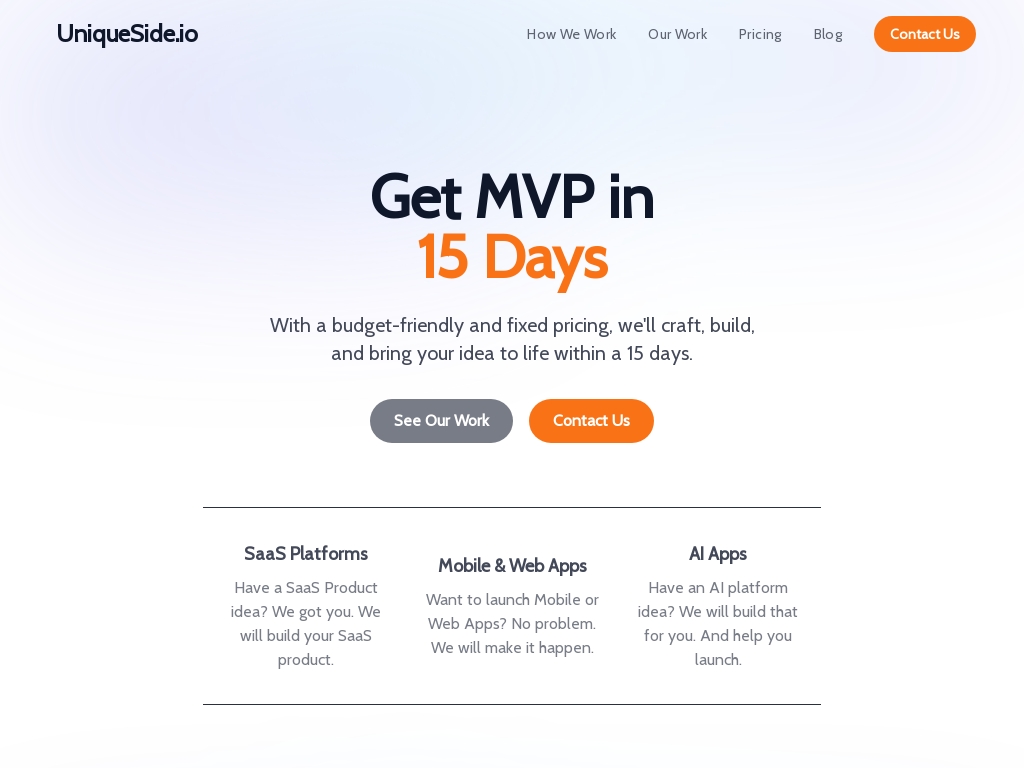

Aspiring founder successfully grows software development service, UniqueSide, to $65K in revenue within 8 months, working with 9 founders from 4 countries, leveraging personal branding on Twitter for customer acquisition and retention.




113. Swift App ($120K/year)
Jeet Mehta, one of the founders of Swift App, came up with the idea for the business after hearing the complaints of a sports facility owner. He and his team, all working full-time in Toronto tech, decided to build a prototype that would help facility owners manage bookings and save time. After receiving positive feedback and securing their first paying customer, they launched the business and have since grown to $10K/month in revenue.
How much money it makes: $120K/year
How much did it cost to start: $300
How many people on the team: 3


Swift App founders built software to help sports facility owners run their businesses, freeing up valuable time with an easy-to-use online booking system, which has helped the company grow to $10k/month in revenue.




114. MintMe ($120K/year)
Artur Makowka came up with the idea for MintMe while working as a Unix engineer and realizing the potential of his personal project, a free hosting service. In 2014, he decided to focus on his own ideas and grew the hosting company to become the largest free hosting service in Poland. In 2018, he created his own cryptocurrency called Webchain and later launched MintMe as a crowdfunding and exchange platform.
How much money it makes: $120K/year
How much did it cost to start: $100K
How many people on the team: 29


MintMe revolutionizes the crypto-crowdfunding space by offering a platform for both token creators and supporters to earn money through token trading, boasting over 1 million users worldwide and attracting clients through direct engagement and continuous improvements.




115. 1Page ($120K/year)
Pooran Prasad Rajanna came up with the idea for 1Page after experiencing the pain of preparing for sales meetings. He realized that salespeople spend too much time searching for information across various platforms, so he created a mobile app that delivers a customized summary of everything they need to know before a meeting. With over 25 integrations and partnerships with data providers such as Standard & Poor and Crunchbase, 1Page aims to help salespeople connect better with prospects and close deals.
How much money it makes: $120K/year
How much did it cost to start: $240K
How many people on the team: 8
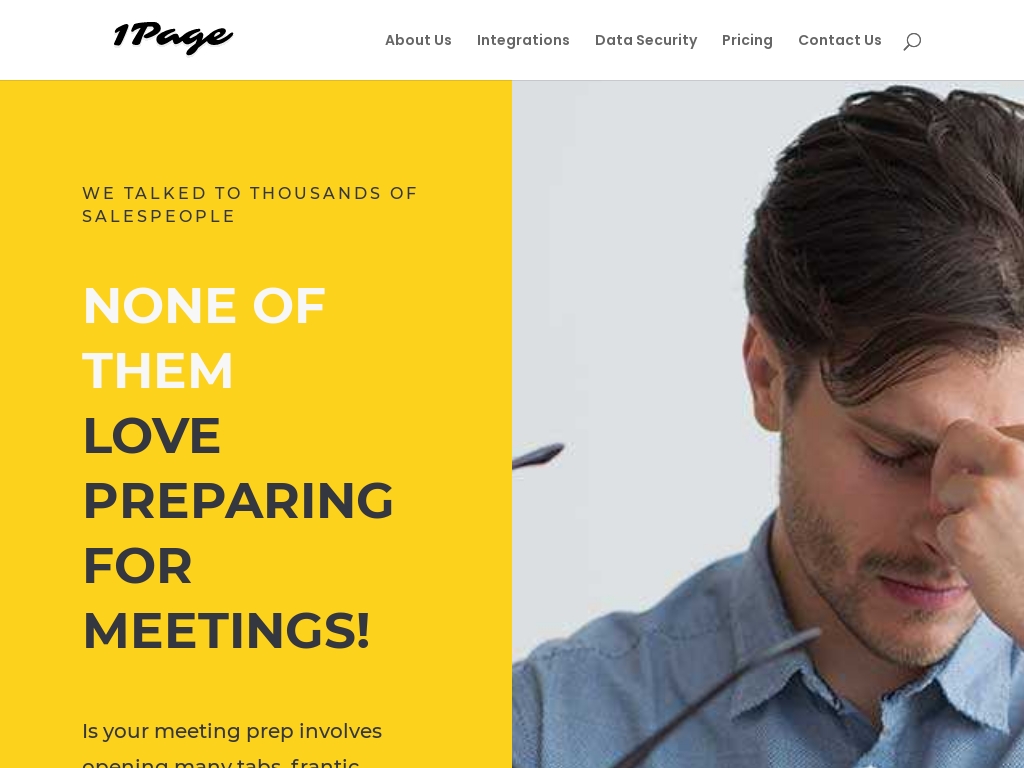

1Page CEO and founder Pooran Prasad Rajanna developed a mobile app that helps salespeople search less and sell more by delivering customized one-page summaries for every meeting and call, with the aim of helping salespeople get enough information to help them closer on the deal.




116. Agiled ($120K/year)
Asad Ali, founder and CEO of Agiled, came up with the idea for his all-in-one business management software while running a web development agency. Frustrated with switching between multiple tools, he decided to create a centralized platform to help business owners efficiently manage their operations. Since launching in early 2020 and with the help of an Appsumo launch, Agiled has grown to serve over 5,000 companies and generate $10k/month in revenue.
How much money it makes: $120K/year
How much did it cost to start: $10K
How many people on the team: 15
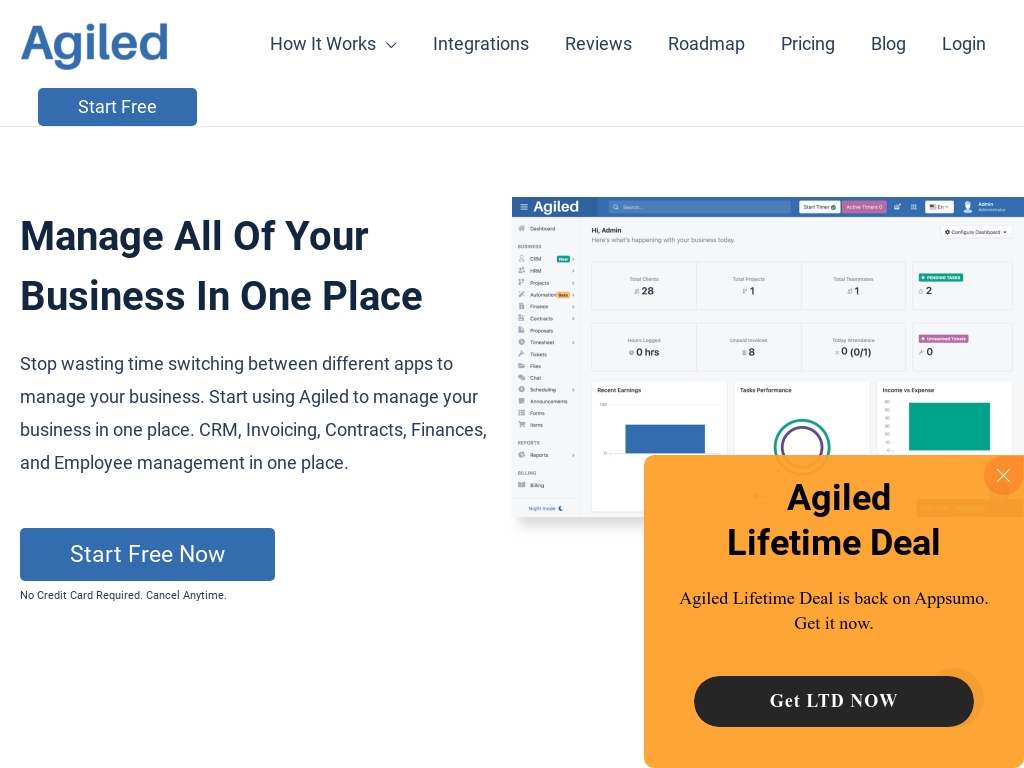

Agiled is a bootstrapped business management software company founded by Asad Ali that has generated $10k/month serving over 5,000 companies, with a goal of reaching $100k MRR by the end of next year.




117. FounderPal ($120K/year)
After noticing that founders preferred tools over educational resources, Sveta Bay co-launched FounderPal, an AI-powered marketing tool, boosting their business to $10,000/month in revenue by transforming strategic AI prompts into actionable marketing plans.
How much money it makes: $120K/year
How much did it cost to start: $100
How many people on the team: 0
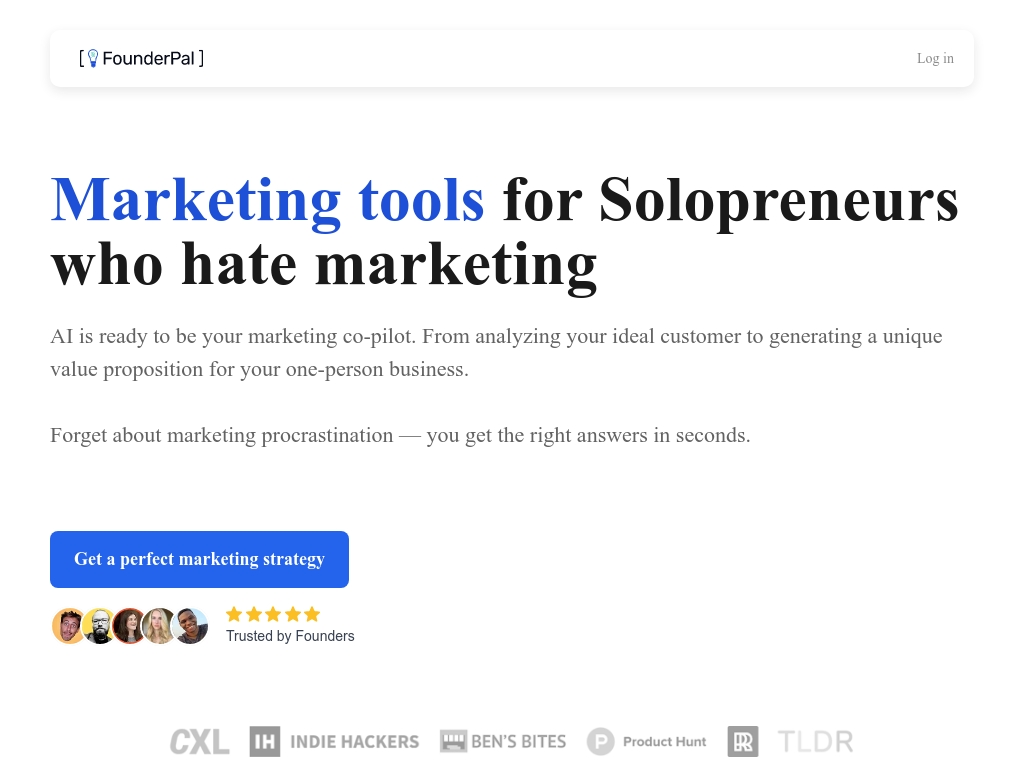

FounderPal is an AI-powered marketing tool for Solopreneurs generating around $10,000/mo through one-time payments, born out of the need to provide strategic marketing solutions rather than just content generation.




118. Micro SaaS Founder - Rick Blyth ($120K/year)
Rick Blyth, the founder of Merch Wizard and KDP Wizard, came up with the idea for his business after realizing the frustrations and inefficiencies faced by niche Amazon sellers on platforms like Merch By Amazon and Kindle Direct Publishing. He used his software development skills to create chrome extensions that addressed these issues, gaining positive feedback from users and ultimately leading him to quit his corporate job and focus on growing his apps full-time. After achieving significant success with his apps, Rick decided to share his knowledge and experiences in a Micro SaaS Handbook and through his YouTube channel, aiming to inspire and help other software developers start their own profitable bootstrapped apps.
How much money it makes: $120K/year
How much did it cost to start: $0
How many people on the team: 0

Micro-SaaS founder Rick Blyth developed Merch Wizard and KDP Wizard Chrome extensions to help niche Amazon sellers, earning $10k MRR and successfully selling them before creating a handbook and YouTube channel to help others build their own profitable bootstrapped apps.




119. Statful ($102K/year)
Statful was initially developed by Mindera, a tech services company, to meet their own need for a monitoring tool. They wanted a tool that could communicate what was happening in their applications to both developers and businesses. They found that existing tools in the market were either too expensive or required extensive deployment and maintenance. This led them to create Statful, a customizable monitoring platform that provides real-time data and flexibility for developers, operations, and business teams. Despite minimal investment in marketing and sales, Statful has gained six customers from various industries and reached an MRR of approximately $10,000.
How much money it makes: $102K/year
How much did it cost to start: $250K
How many people on the team: 5
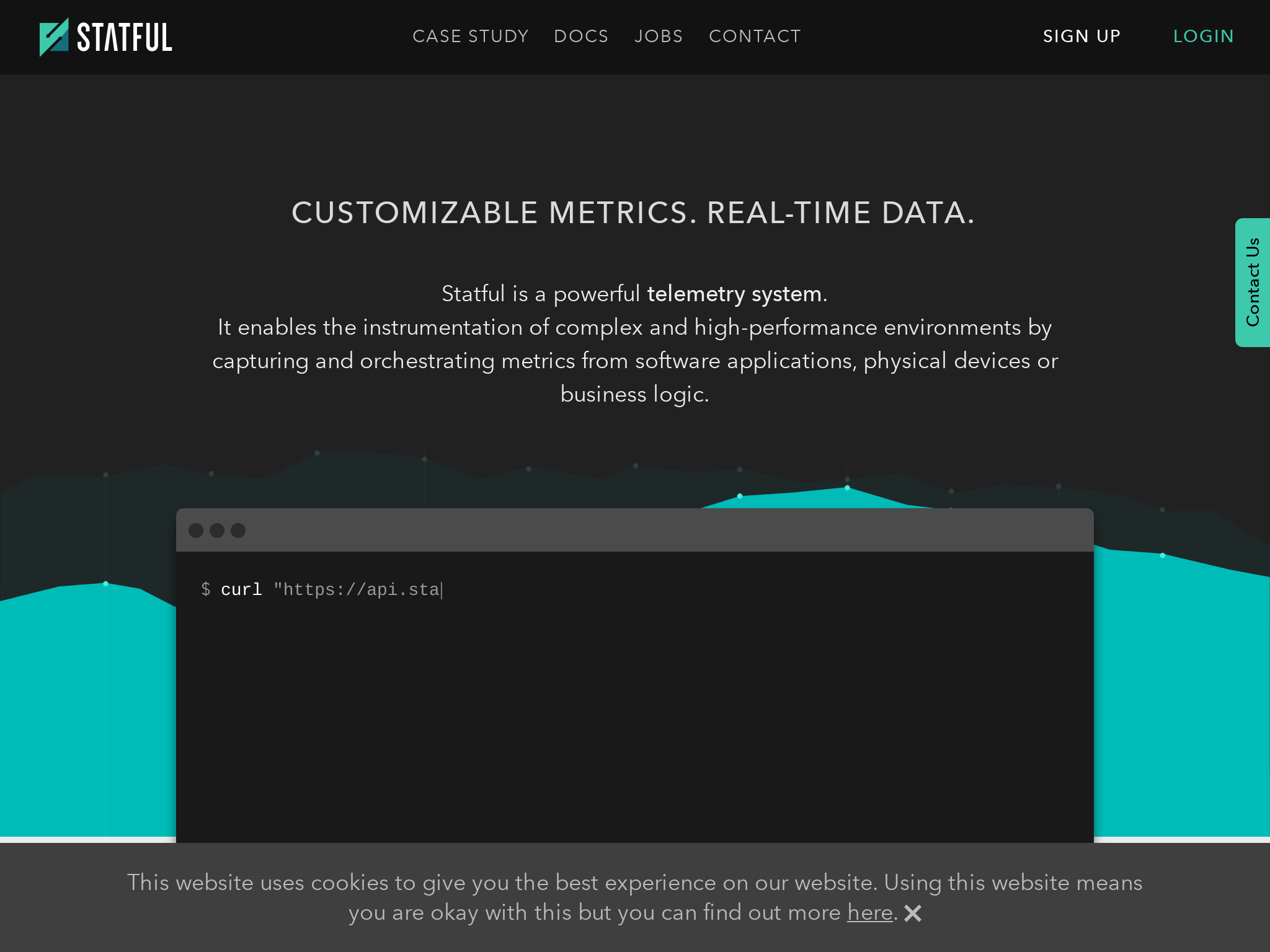

Statful, a monitoring platform to track any type of metric, managed to get six customers and reach an MRR of approximately $10,000 without any real investments in marketing and sales.




120. Mailmodo ($102K/year)
Aquibur Rahman, the founder and CEO of Mailmodo, came up with the idea for his business while working as a marketer at a fintech company. He realized the importance of email for business growth and saw the potential of AMP emails when Google announced them for the Gmail app. Seeing the gap in the market for a no-code platform that supports AMP emails, Rahman decided to create Mailmodo to help marketers improve email conversions and engagement.
How much money it makes: $102K/year
How many people on the team: 25
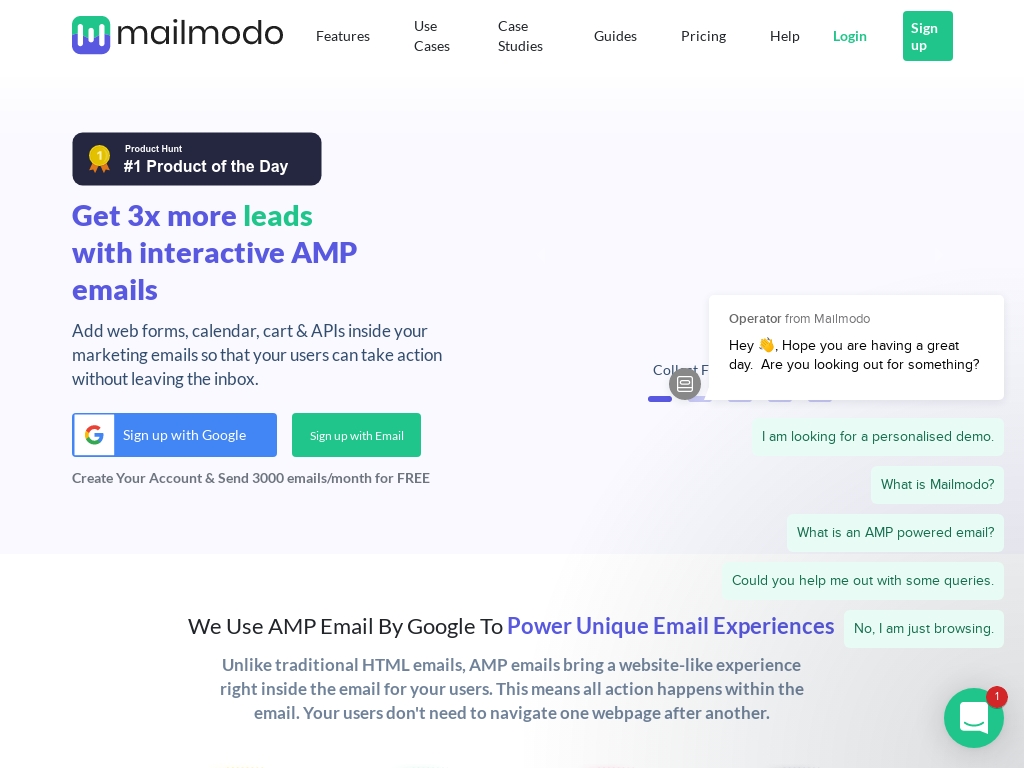

Mailmodo, an email marketing software that enables marketers to send app-like interactive emails, accelerated to 100k+ ARR in just five months after launching the public version in January 2021, with a focus on attracting and retaining customers through organic growth and product-led solutions.




121. Better Sheets ($100K/year)
Andrew Kamphey came up with the idea for Better Sheets while working on a web app and realizing the creative potential of Google Sheets. Seeing a gap in the market for tutorials on using Google Sheets for businesses, he launched Better Sheets with a landing page, free and paid videos, and quickly gained traction, making $2,291 in revenue in just one month.
How much money it makes: $100K/year
How much did it cost to start: $109
How many people on the team: 0
Better Sheets is a Google Sheets tutorial providing screencasts to small businesses, earning $2,291 from 134 sales in May, with sales being mainly driven by AppSumo.




122. stagetimer.io ($100K/year)
Lukas came up with the idea for Stagetimer during a casual visit to a recording studio where he noticed a problem: his friend was running back and forth to manually start and stop a timer for recordings. This inefficiency sparked Lukas's curiosity, and he began searching for a remote-controlled timer but found none that met this specific need. Seeing an opportunity, he decided to develop a basic version of such a timer over a weekend to test his skills and see if there was any interest.
To validate his idea, Lukas posted about his project on Reddit, seeking feedback from potential users. The response was encouraging, with users providing valuable suggestions that shaped the tool's development. This direct engagement highlighted the demand for a more convenient timing solution, and the enthusiastic feedback helped Lukas refine the Stagetimer based on real user needs.
Throughout the ideation phase, one of the main challenges was managing the development and feedback process while both Lukas and his wife, Liz, had full-time jobs. By leveraging a freemium model and continuously iterating the product in response to user feedback, they were able to prioritize features that customers genuinely found valuable. The key lesson here was that listening to paying customers' needs is crucial, and building a tool based on a clear market demand proved to be more successful than merely chasing interesting ideas.
How much money it makes: $100K/year
How much did it cost to start: $0
How many people on the team: 0
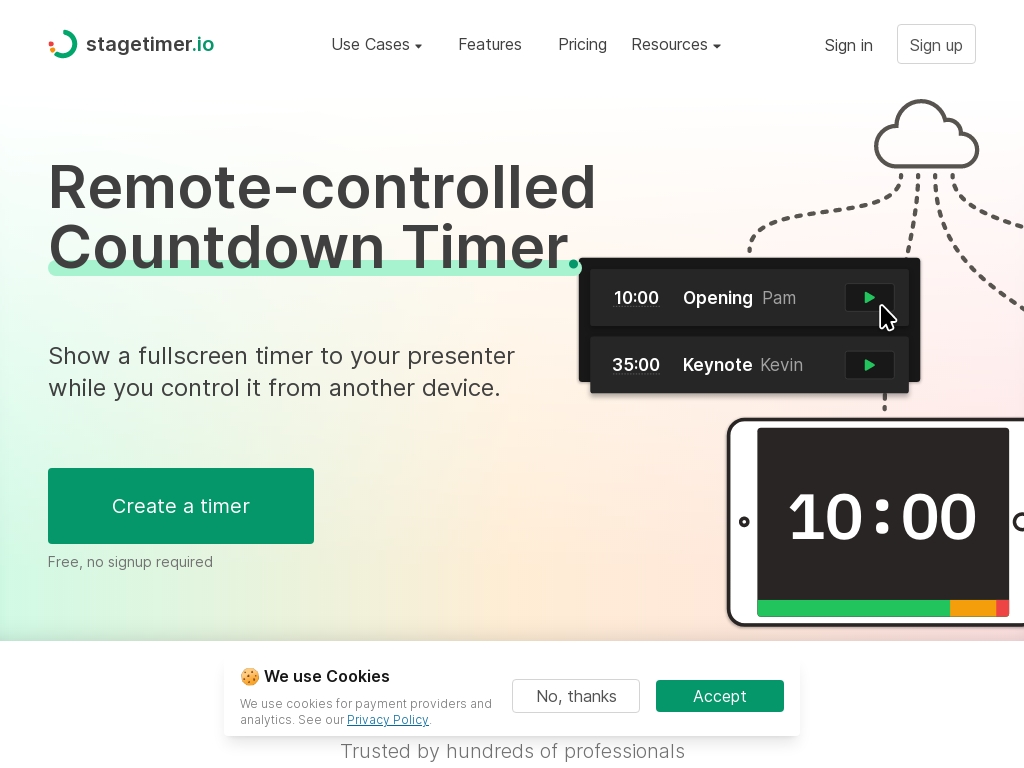

Stagetimer generates $8,000 in monthly revenue by providing a simple online countdown timer for event producers to keep meetings and presentations on time, built based on a need in the market and validated through word of mouth and search engine optimization.




123. Session ($100K/year)
Philip, a designer and developer based in Jakarta, came up with the idea for Session after experiencing frustration with slow handoffs between design and development at a startup he worked for. As a solution to his own problem of staying focused, he created an app that helps users block distracting websites and track their work time. Session has since gained popularity, making $5.8K per month in revenue as of May 2021.
How much money it makes: $100K/year
How much did it cost to start: $120
How many people on the team: 0
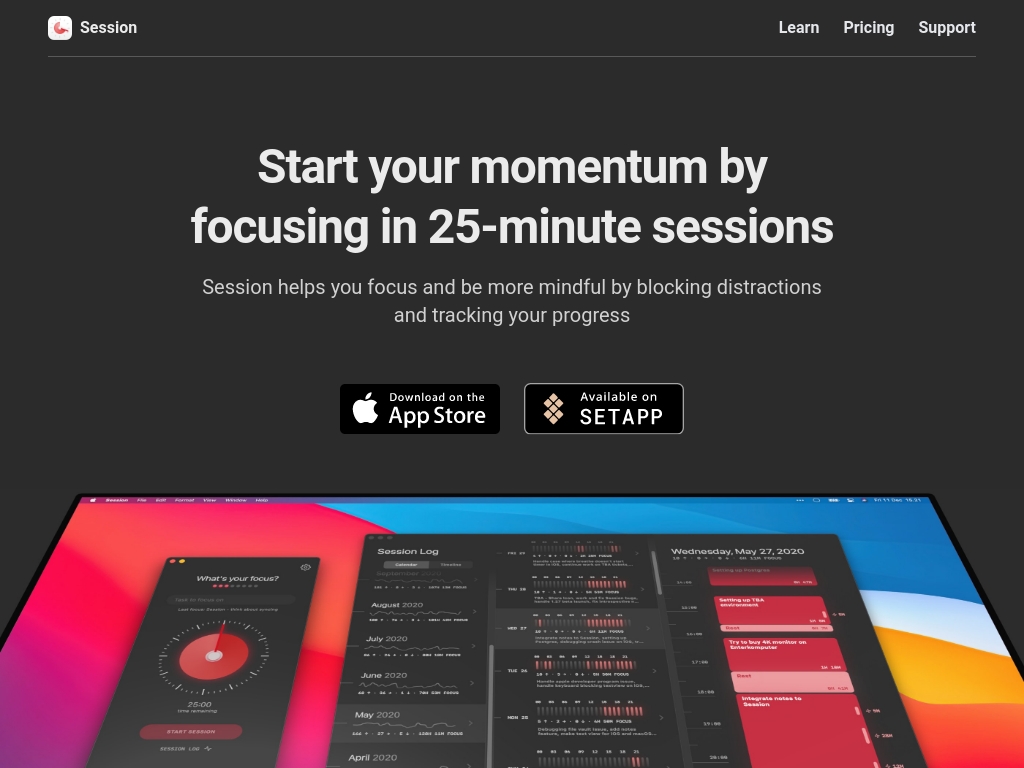

Learn how a designer and developer from Indonesia created Session, an app that helps people stay focused by blocking distractions, which currently makes $5.8K per month in revenue through its freemium business model.




124. AppstoreSpy ($96K/year)
Roman Medvedev, a 20-year veteran in AdTech and MarTech, developed AppstoreSpy after manually collecting app data for his affiliate marketing ventures became tedious. The Chrome extension quickly gained traction, and has now evolved into a comprehensive intelligence tool serving 7,000 users monthly.
How much money it makes: $96K/year
How much did it cost to start: $500K
How many people on the team: 6

AppstoreSpy is a mobile app intelligence tool that helps app developers and marketers monitor their competition, conduct research, and select effective keywords for their apps, resulting in a 113% growth in the last 4 months.




125. Ecomtent ($95.5K/year)
Max Sinclair met his co-founder at a founder speed dating program in Toronto. Seeing the potential of Stable Diffusion's AI for e-commerce, they launched Ecomtent, which now boasts a 25% MoM growth rate and $100K ARR.
How much money it makes: $95.5K/year
How many people on the team: 9

This case study is about Ecomtent, a company that enables e-commerce sellers to generate optimized product listings with AI, and highlights their growth at 25% MoM with $100K ARR and their plans to expand their product offerings.




126. Tech Lockdown ($90K/year)
Ben Bozzay capitalized on the remote work boom during COVID-19, launching Tech Lockdown to offer DNS filtering services for adults. His YouTube content on avoiding compulsive internet habits went viral, drawing 50,000 website visitors a month and achieving a monthly recurring revenue of $7,500.
How much money it makes: $90K/year
How much did it cost to start: $200
How many people on the team: 0


Case study details the journey of how Tech Lockdown founder, Ben Bozzay, leveraged his programming skills to create a platform that helps adults be intentional with their internet use, generating an MRR of around $7,500 and attracting 50,000 monthly website visitors, all while balancing a full-time job and personal commitments.




127. MeetAnders ($87.9K/year)
Marilyn Wo, co-founder of MeetAnders, came up with the idea for her productized graphic design company after realizing the limitations of her freelance business. She saw the potential in offering predefined design packages on a subscription model, providing unlimited graphic design for a fixed fee per month. Through trial and error, Marilyn and her team grew the business to a three-person team with $7,000 in monthly recurring revenue, attracting customers such as event directors, CMOs, and startup founders who needed ongoing design support.
How much money it makes: $87.9K/year
How much did it cost to start: $0
How many people on the team: 3
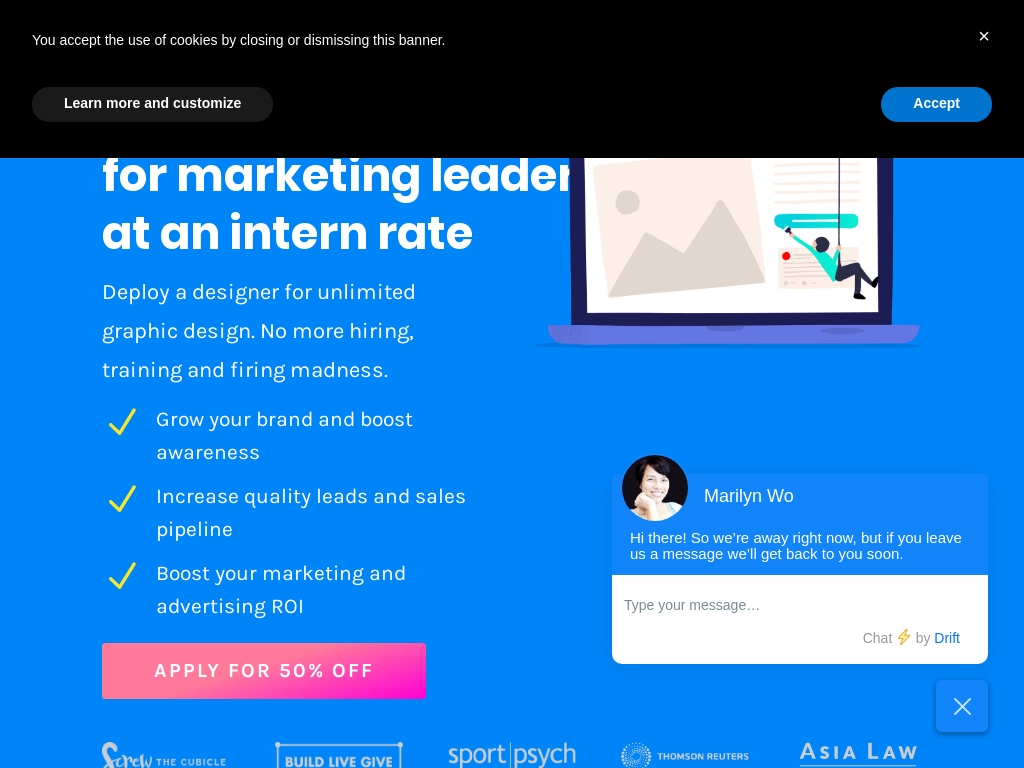

MeetAnders is a productized graphic design company offering unlimited graphic designs for just one fixed-fee a month, with a three-man team and $7,000 in monthly recurring revenue, all started without any upfront capital.




128. AirTrackBot ($84K/year)
The idea came to the founder because he was tired of the tedious and time-consuming process task of manually checking airline websites daily, to see if fares dropped.
To solve this, he decided to create a chatbot that could automatically tracked flight prices and sent him notifications on Telegram when prices change. He was confident that many people like him could benefit from this. After a month of development, the first iteration of the product was released.
How much money it makes: $84K/year
How much did it cost to start: $0
How many people on the team: 0
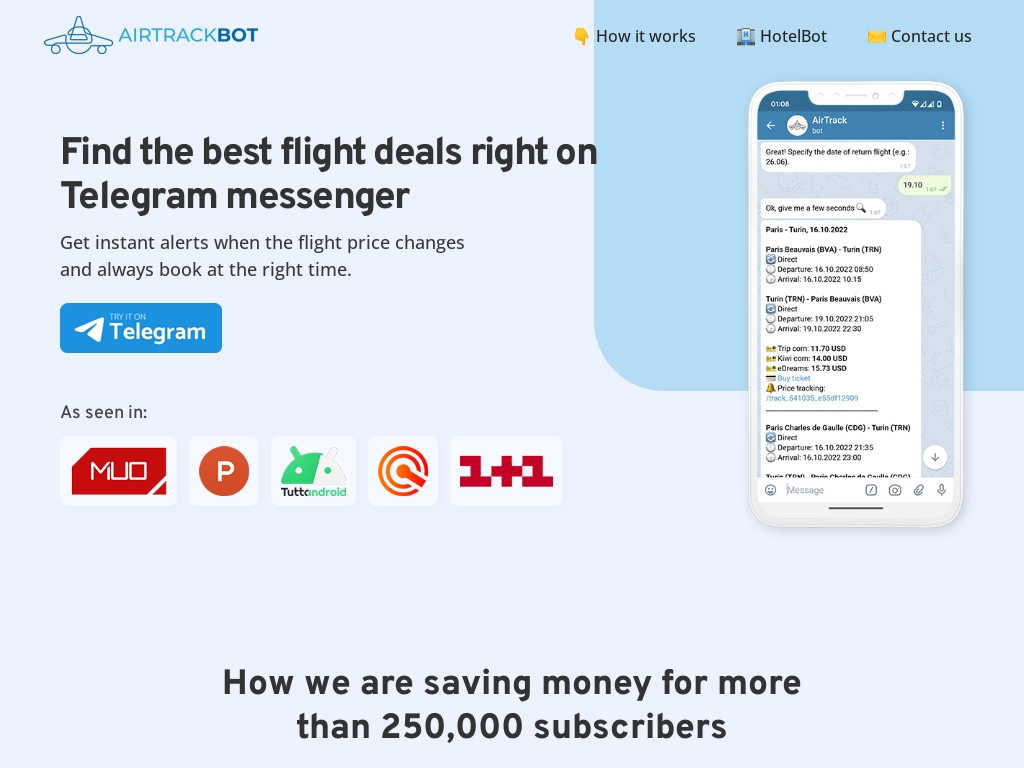

AirTrack, a Telegram chatbot that tracks flight prices, has over 900,000 subscribers, generates $7,000 per month and grew from 0 to 10,000 users in its first week by strategically using chatbot catalogs, press coverage and product launch platforms like Product Hunt, Reddit, Betalist, Indie Hackers, and Hacker News.




129. Vidon.ai ($72K/year)
Alex, the founder of Vidon.ai, came up with the idea for his business while working at his previous startup. He realized that content marketing was becoming increasingly competitive, and video marketing yielded better results but was too time-consuming and expensive for small businesses like his. With a background in artificial intelligence and a passion for psychology and marketing, Alex embarked on creating Vidon.ai, an AI tool that instantly turns blog posts into shareable videos, helping companies to stand out and reach a broader audience. In just 5 months, Vidon.ai has scaled to $6K MRR and has assisted over 200 companies in transforming their written content into engaging videos.
How much money it makes: $72K/year
How much did it cost to start: $200
How many people on the team: 3

Vidon.ai, an AI tool that instantly turns blog posts into shareable videos, has scaled to $6k monthly recurring revenue in just 5 months and helped 200+ companies turn written content into video, with its most profitable channel being cold email campaigns and organic search expected to take over in the future.




130. MiloTreeCart ($72K/year)
Jillian Leslie, co-founder of MiloTree Easy Payments, came up with the idea while running her first online company, Catch My Party. She needed to grow her Pinterest followers for traffic and monetization and built the MiloTree pop-up app to solve that problem. Based on the success and feedback from their own experience, they expanded MiloTree to help other bloggers and creators grow their real followers on multiple platforms.
How much money it makes: $72K/year
How much did it cost to start: $1.5K
How many people on the team: 2
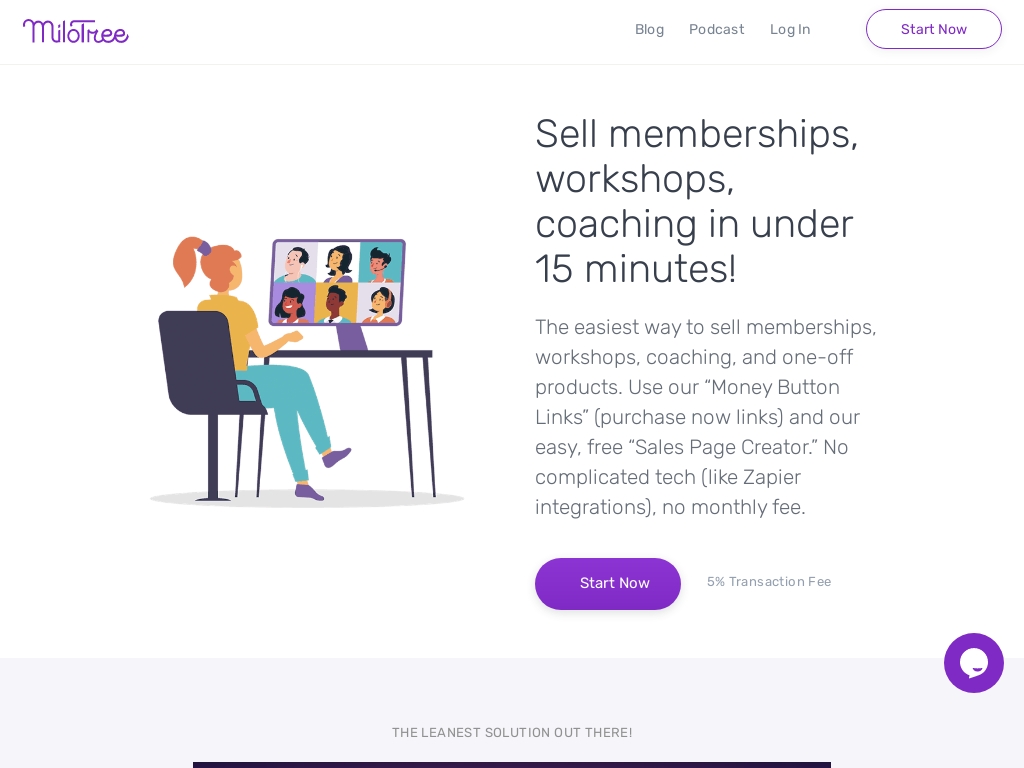

Jillian Leslie launched two businesses, Catch My Party and MiloTree, to grow her social media followers and monetize her content, and recently launched MiloTree Easy Payments, a platform to help creators monetize their expertise, which is projected to generate $40k ARR by year's end.




131. Repurpose Pie ($72K/year)
Ash, a Chartered Accountant turned content entrepreneur, launched Repurpose Pie after his co-founder paid $500/month to a video editor for converting tweets to videos. Spotting a lucrative pain point, the team built software to automate this process, achieving $75,000 annual recurring revenue within a week.
How much money it makes: $72K/year
How many people on the team: 2
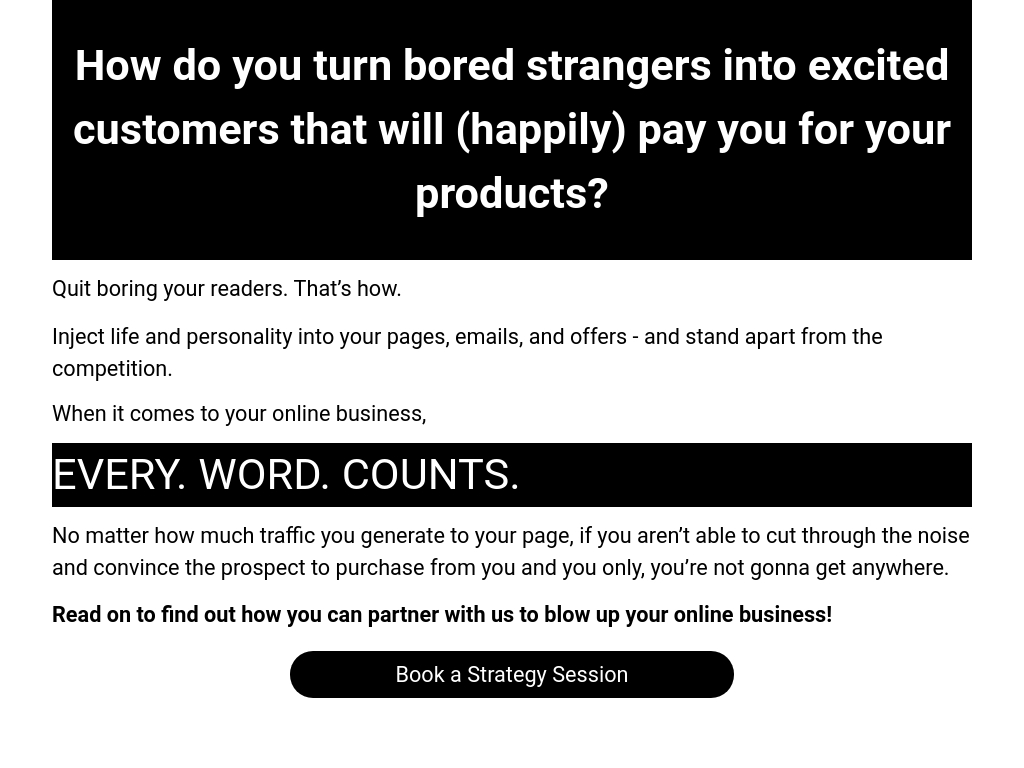

Repurpose Pie is a text-to-video content repurposing software for Twitter creators that automatically converts text posts into videos and posts them to TikTok, YouTube, and soon Instagram, helping creators reach new audiences and increase engagement without putting in extra effort.




132. Parcel Tracker ($72K/year)
Arthur, the co-founder of Deepfinity, came up with the idea for their internal parcel tracking software while in university after seeing the time-consuming process of logging deliveries at their student accommodation. They spent a year validating the product, built an interactive prototype, and even secured a pre-order before developing the software. With a focus on customer satisfaction and innovative sales tactics, they have steadily grown their customer base and are now experimenting with PPC advertising to attract more clients.
How much money it makes: $72K/year
How much did it cost to start: $1K
How many people on the team: 1
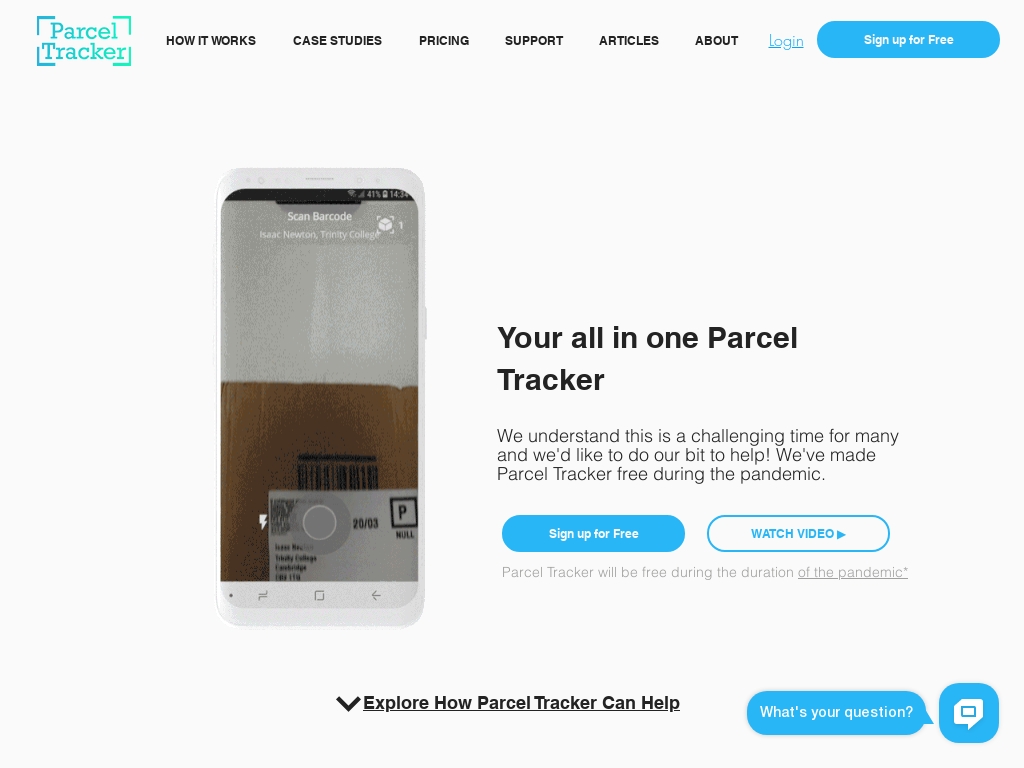

Deepfinity, a proptech/logistics company, has developed an internal parcel tracking software tool that's helping large buildings cope with the influx of online shopping, and has been growing 20% MoM since making its first revenue 1.5 years ago, currently making $6K/Month.




133. Legislate ($60K/year)
Charles Brecque, the founder of Legislate, came up with the idea for his legal tech company after experiencing the slow and painful process of creating, negotiating, and tracking contracts in his previous startup role. He realized that making contracts machine-readable through knowledge graphs would be a more efficient solution and secured initial funding to start building the platform. Legislate has since gained over 120 paying clients and raised £1M in funding.
How much money it makes: $60K/year
How much did it cost to start: $150K
How many people on the team: 12
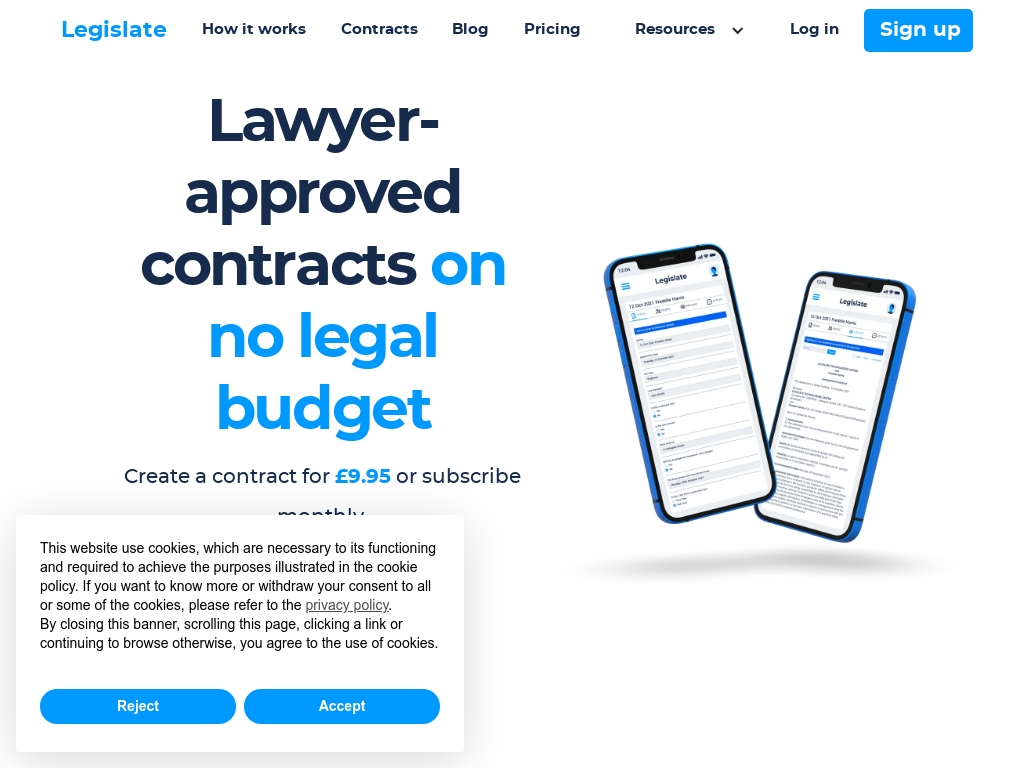

A legal tech company, Legislate, founded by Charles Brecque, makes it easy for non-lawyers to safely create lawyer-approved contracts and track the data they contain, with a team of 12 and over 120 paying clients split between property and employment.




134. TeleCRM ($60K/year)
Rahul, the co-founder of Flamon Cloudtech, came up with the idea for TeleCRM while struggling to manage salespeople for his previous SaaS product. Frustrated with the limitations of existing CRM systems, he envisioned a CRM that would simplify data entry and analysis for sales executives. After validating the idea with 800 business owners and spending over 2.5 years developing the product, TeleCRM launched successfully and attracted its first paying customers.
How much money it makes: $60K/year
How much did it cost to start: $200K
How many people on the team: 16
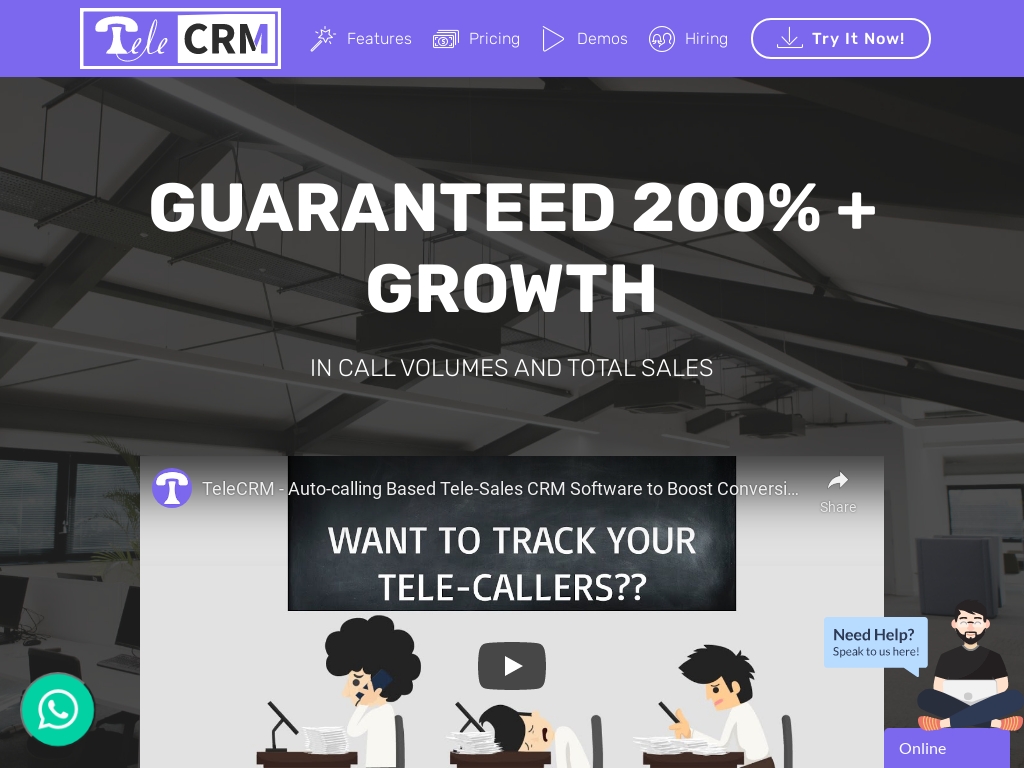

Flamon cloudtech's co-founder Rahul shares the story of building and launching TeleCRM, a game-changing Tele-Sales CRM product in beta phase, which is already being used by 20 companies with a monthly recurring revenue of $4500/month and is aiming to capture around 40-50% of the CRM market space in the long term.




135. Talknotes ($108K/year)
After dropshipping and freelancing fizzled out, Nico locked himself in a hotel room for two months, learned to code from scratch, and launched 17 apps in a year—selling one for $65,000. His frustration with poor transcription tools led him to create Talknotes, now generating $5,000/month.
How much money it makes: $108K/year
How much did it cost to start: $0
How many people on the team: 0
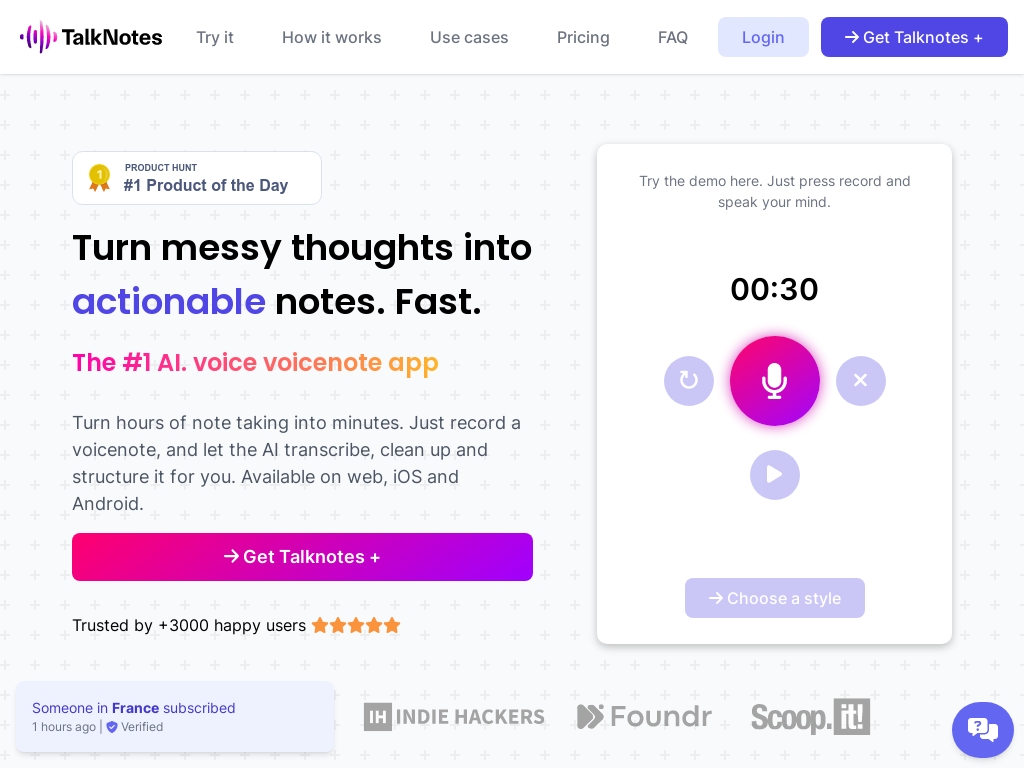

Case study of how an aspiring founder learned to code in 2 months, shipped 17 apps in a year, sold one for $65,000, and built Talknotes generating ~$5,000 per month with 5,000 users, focusing on turning voice notes into structured content for content creators and entrepreneurs.




136. Freeflow ($60K/year)
Mikhiel Tareen and Nick Scavone, former employees of Okta, noticed the challenges that remote employees faced in terms of feeling disconnected from their teams. They conducted extensive research and discovered that the root cause was the lack of casual and spontaneous communication tools for remote teams. This led them to create Freeflow, a B2B software company that provides a 'virtual office' for remote teams to collaborate in a more organic and efficient manner.
How much money it makes: $60K/year
How many people on the team: 8
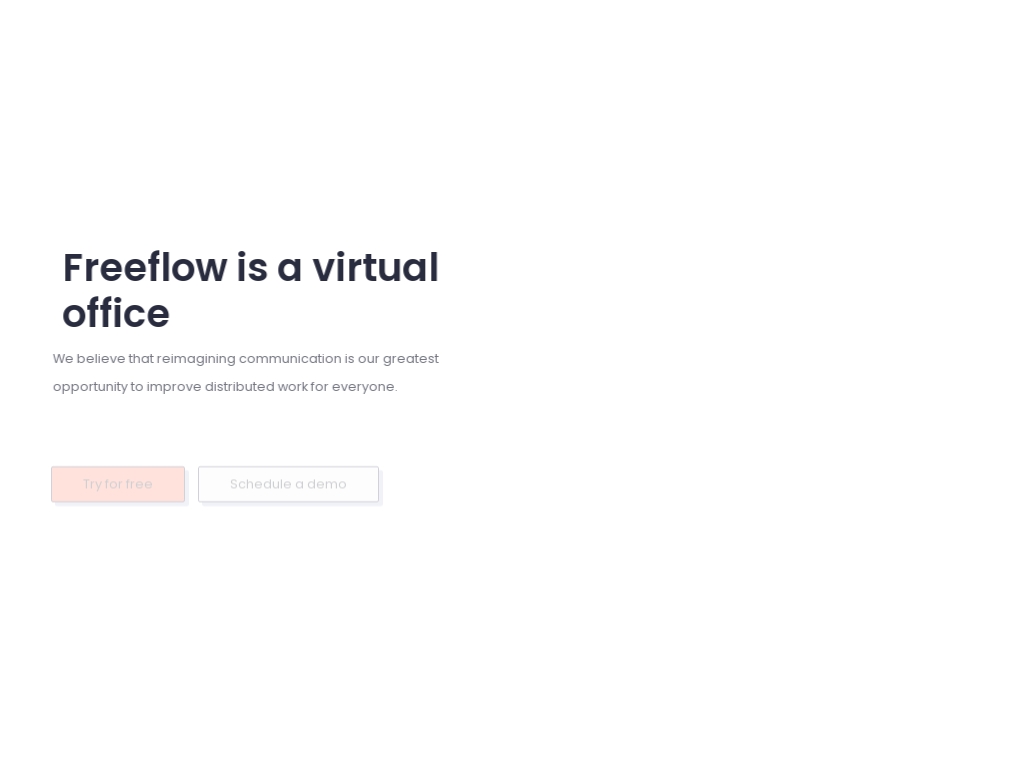

Freeflow, a B2B software company providing a 'virtual office' for remote teams, raised $1.7M in pre-seed funding, reduced meeting times by as much as 50%, boasts 35+ daily team conversations, and helps globally scaling firms integrate new hires and onboard into the culture.




137. Seller Repay ($60K/year)
Robin McCartney, an Amazon seller, came up with the idea for Seller Repay out of frustration with the time-consuming process of filing FBA reimbursements. After developing a prototype and testing it on his own seller account, McCartney rebranded the software as Seller Repay and launched it as a SaaS tool to help sellers easily file FBA reimbursements. Despite facing competition in the market, Seller Repay differentiates itself by providing exceptional customer service and building strong industry relationships. While still in the investment phase, McCartney remains optimistic about the future growth potential of the business.
How much money it makes: $60K/year
How much did it cost to start: $30K
How many people on the team: 3
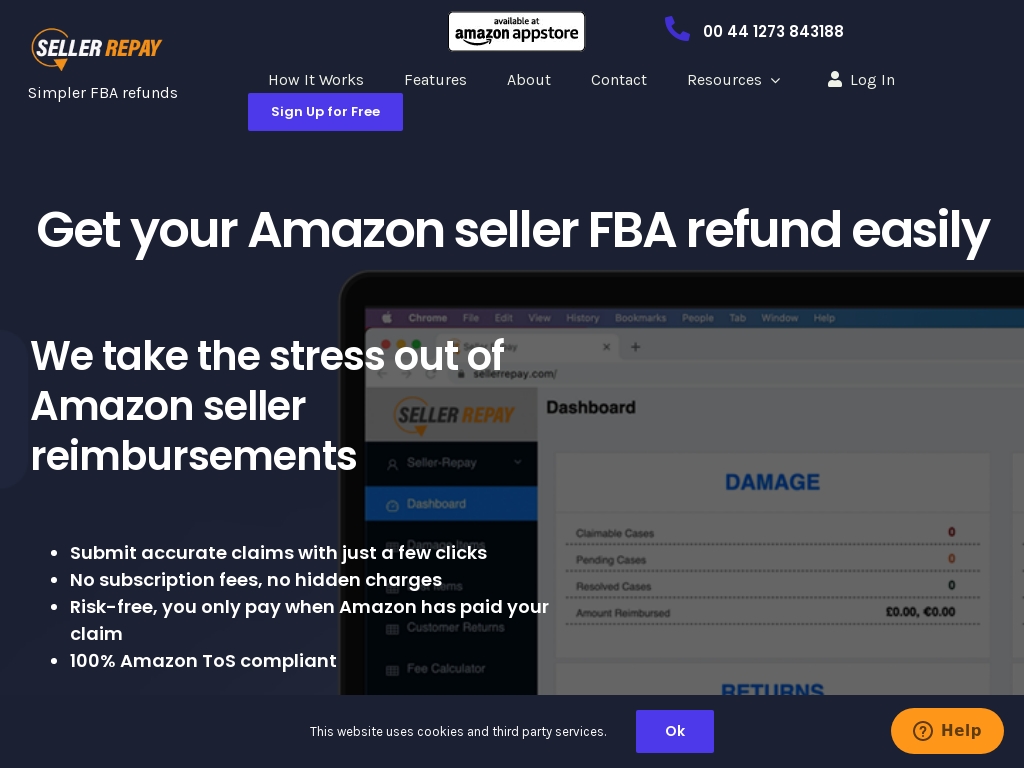

Amazon seller and entrepreneur, Robin McCartney, shares how she created a successful software-as-a-service (SaaS) tool, Seller Repay, that helps Amazon sellers file FBA reimbursements, generating $5k per month and recovering $7k for her own account during the first run.




138. Helpkit ($54K/year)
Dominik Sobe, the solo founder of Seven Degrees Labs, came up with the idea for his most successful product, HelpKit, while working on other projects that required a help desk tool. Realizing that he already documented his business using Notion, he wanted to create a professional knowledge base using the platform, leading him to build HelpKit. Now exceeding his goal of $3K MRR, Sobe is grateful for the success of HelpKit and the ability to work on his own terms.
How much money it makes: $54K/year
How much did it cost to start: $0
How many people on the team: 1
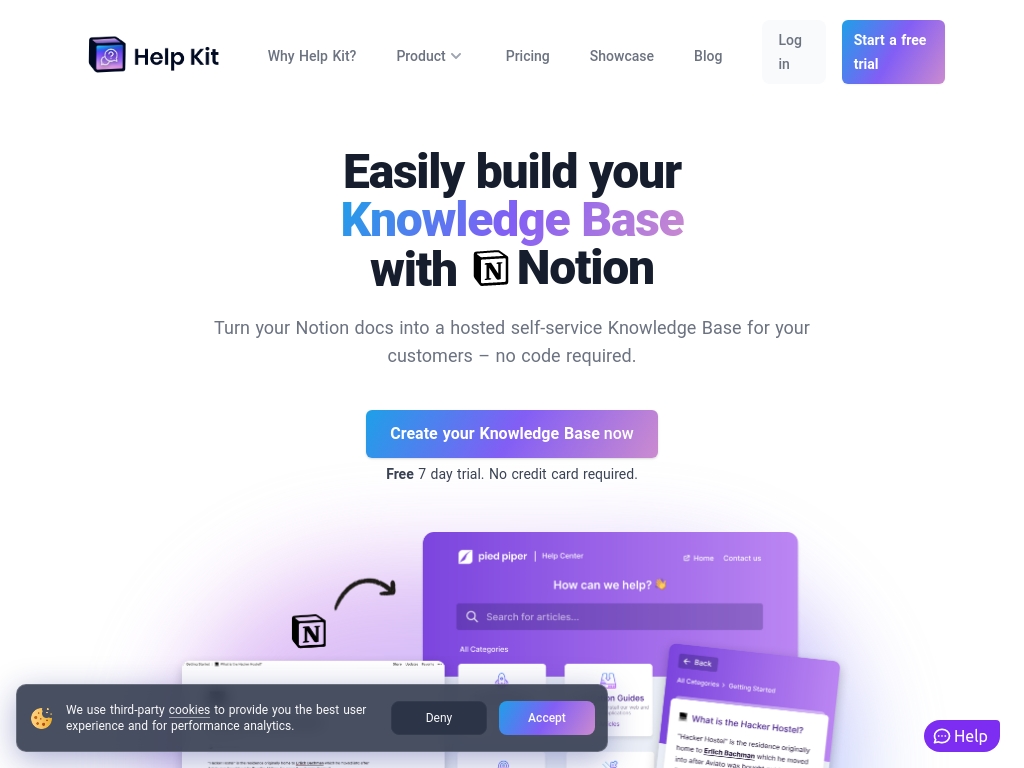

Case study of a solo founder who built HelpKit, a profitable software product that turns Notion pages into professional knowledge bases, surpassing his goal of $3K MRR by another $2K, and shares his process of building the MVP using Figma and a landing page to validate the idea, launching on Twitter, and growing through sharing his story on Reddit and Indiehackers, creating free tools like Notion Simple Table Generator, building on a growing niche, getting to know his customers, and accepting slow growth.




139. SaasRock ($52K/year)
Alexandro came up with the initial idea for SaasRock after 8 years of being a developer.
He built multiple web apps using C#, Vue, .Net, and Tailwind CSS.
Alexandro felt like his web development process was too slow because of the multiple stacks he was using. He migrated my Vue2 app to Vue3, then to React, and then to Svelte to create a similar boilerplate but with different frontends.
With this in mind, he started looking for tools to speed up his web development process.
How much money it makes: $52K/year
How much did it cost to start: $500
How many people on the team: 0
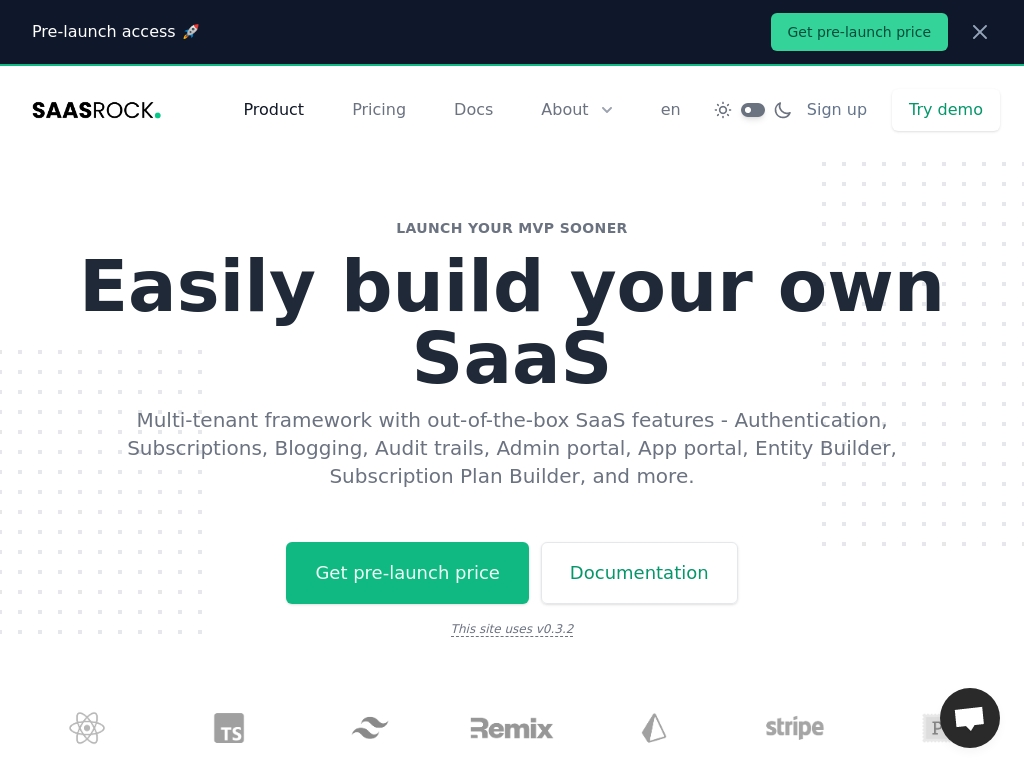

Aspiring founders will learn how Alexandro Martínez built SaasRock, a powerful Remix boilerplate generating $4,380 MRR with impressive features and integrations, offering insights gleaned from launching, scaling, and effectively engaging with a community of developers.




140. SmartCue ($48K/year)
Robin, the founder of SmartCue, came up with the idea for his business while working as a Solutions Consultant. He noticed that sales reps struggled to deliver personalized product demos and pitches, so he set out to create a platform that would help them create a repository of tailored demos. The COVID-19 pandemic and the rise of virtual selling further solidified the need for his product.
How much money it makes: $48K/year
How much did it cost to start: $5K
How many people on the team: 2
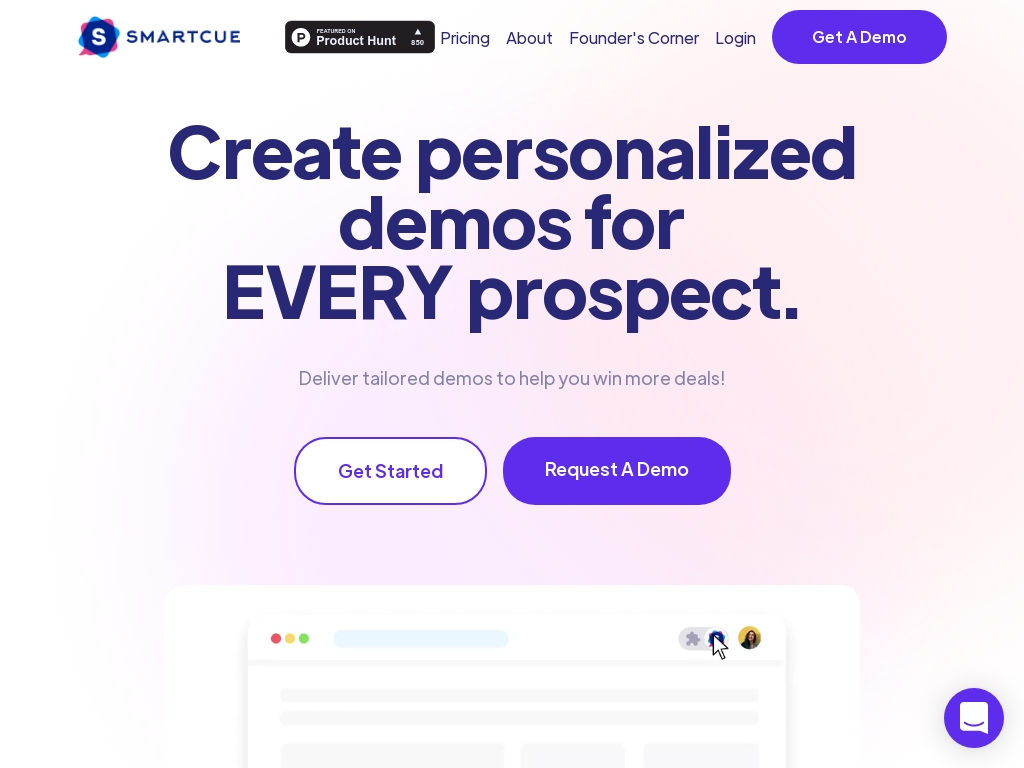

SmartCue, a demo automation platform, is helping software sales teams close deals faster with personalized product demos and has attracted 10+ pilots, both free and paid, since its launch in 2022.




141. Finale To Do ($48K/year)
Grant Oganyan, founder of Finale To Do, came up with the idea after struggling to find a task management app that suited his needs. Inspired by his success with his first app, Finale: Daily Habit Tracker, Grant wanted to create a customizable and aesthetically pleasing task management app without the need for monthly subscriptions. After experiencing displacement due to the war in Russia, Grant fully invested himself in running his own business and has seen promising growth, with a 500% increase in users in the first month and monthly revenue of $4,000.
How much money it makes: $48K/year
How much did it cost to start: $0
How many people on the team: 2
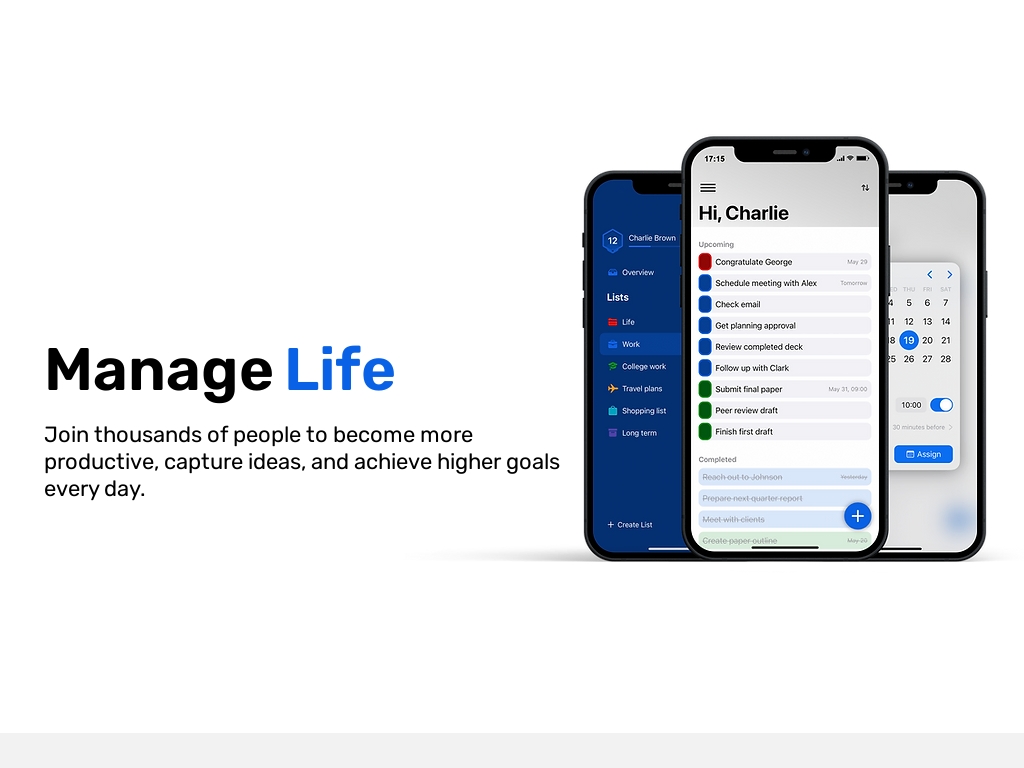

Finale To Do is a mobile task management app that offers a highly customizable and aesthetically pleasing experience, boasting a $4,000/month net and gaining a 500% increase in users in its first month.




142. Nureply ($48K/year)
Wanted to find alternative solutions to finding customers. And did not want to only use paid advertising or cold outreach on LinkedIn.
Learned about email marketing and started exploring how to use it to attract customers.
After realizing he was writing the same outreach nearly every day, he wondered if he could build an AI-based tool for emails.
With a background in Machine Learning (ML), and AI topics, and a working knowledge of GPT-3/OpenAI, he started developing an AI-based email marketing tool.
How much money it makes: $48K/year
How much did it cost to start: $200
How many people on the team: 0
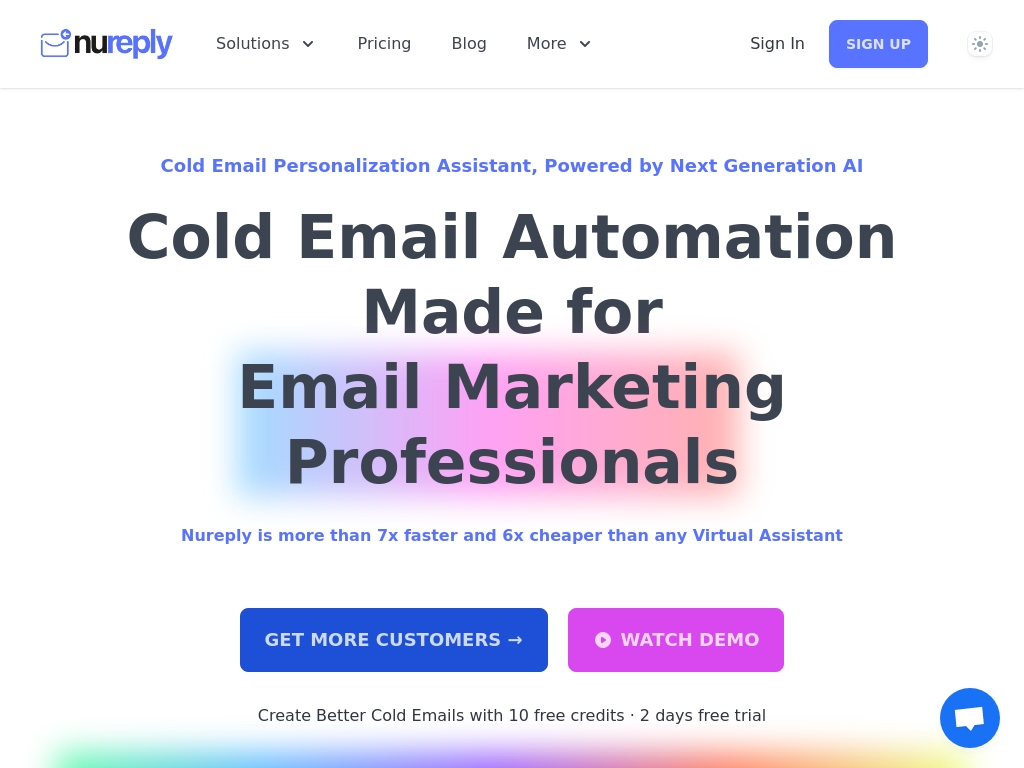

Onur Geneş founded Nureply to help SaaS and agency owners boost their revenue through email marketing, growing to $4,000 in revenue per month in just four months, without any paid advertising campaigns yet.




143. Pika ($45.6K/year)
Rishi Mohan, a design engineer, grew frustrated with spending hours creating marketing images on Figma, leading him to launch Pika, an API-driven image generator now earning $3,500 in monthly recurring revenue. His lightbulb moment was when Pika received 600 upvotes on ProductHunt, validating its market demand.
How much money it makes: $45.6K/year
How many people on the team: 0
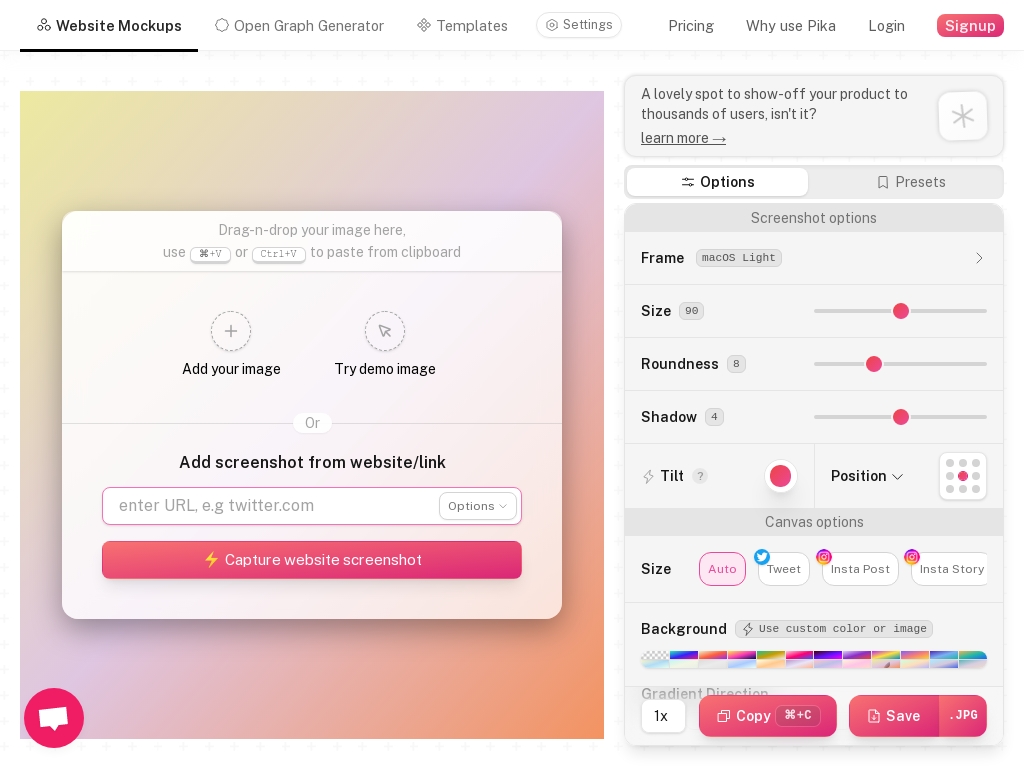

Discover how a design engineer turned his side-project into a thriving SaaS business, Pika, generating $3,500 in monthly recurring revenue by automating image generation for over 250 customers with virtually zero initial investment.




144. Tinq.ai ($43.2K/year)
Boulama, the founder of Tinq.ai, came up with the idea for his business while working with his software development company during the pandemic. He noticed the increasing need for businesses to automate processes and saw an opportunity to create an intuitive NLP toolkit. After building a prototype and receiving positive feedback from his clients, he validated the idea and launched Tinq.ai. The platform has since gained traction and achieved $3.5k in revenue with 34 paying customers.
How much money it makes: $43.2K/year
How many people on the team: 0
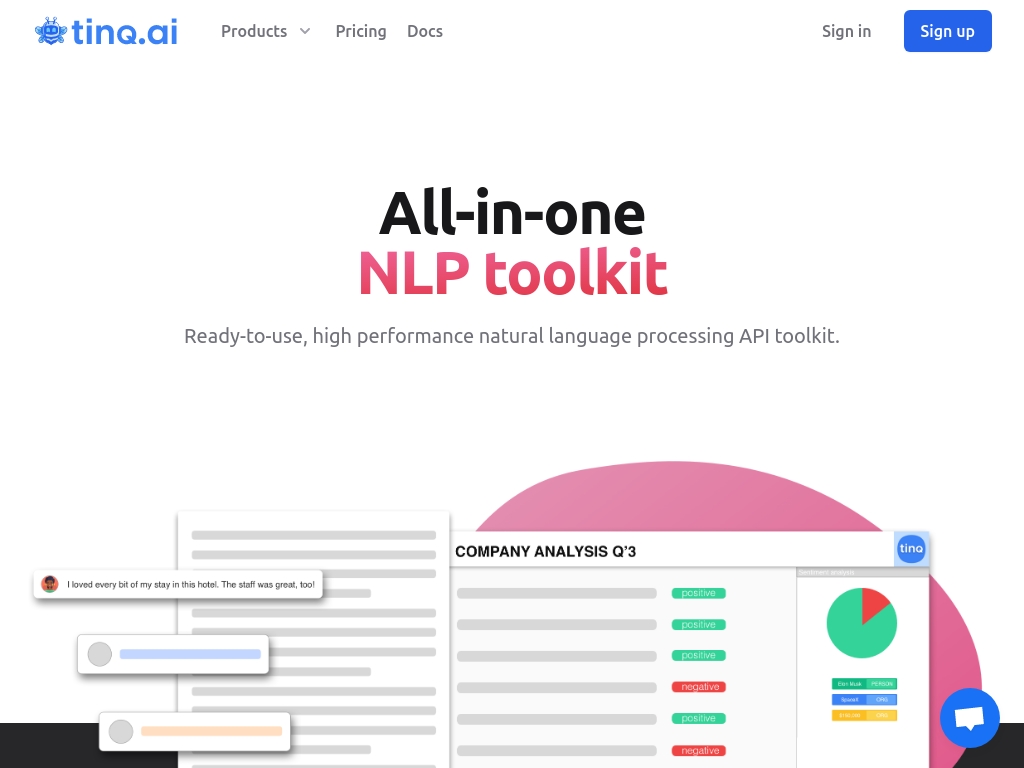

Tinq.ai founder Boulama created a ready-to-use NLP toolkit with products including rewriter, sentiment analysis, entity recognition, and classifier, which recently passed the $3.5k revenue mark with 34 paying customers as of January 27, 2022, without spending a dollar on advertising, instead focusing on regular customer engagement.




145. Bluetick.io ($42K/year)
Mike Taber came up with the idea for Bluetick.io after experiencing the frustration of sending follow-up emails and tracking responses manually. He validated the idea by conducting customer interviews and collecting prepayments, and then hired a team of developers to build the product. After improving the website and launching, he focused on email marketing to attract and retain customers.
How much money it makes: $42K/year
How many people on the team: 0
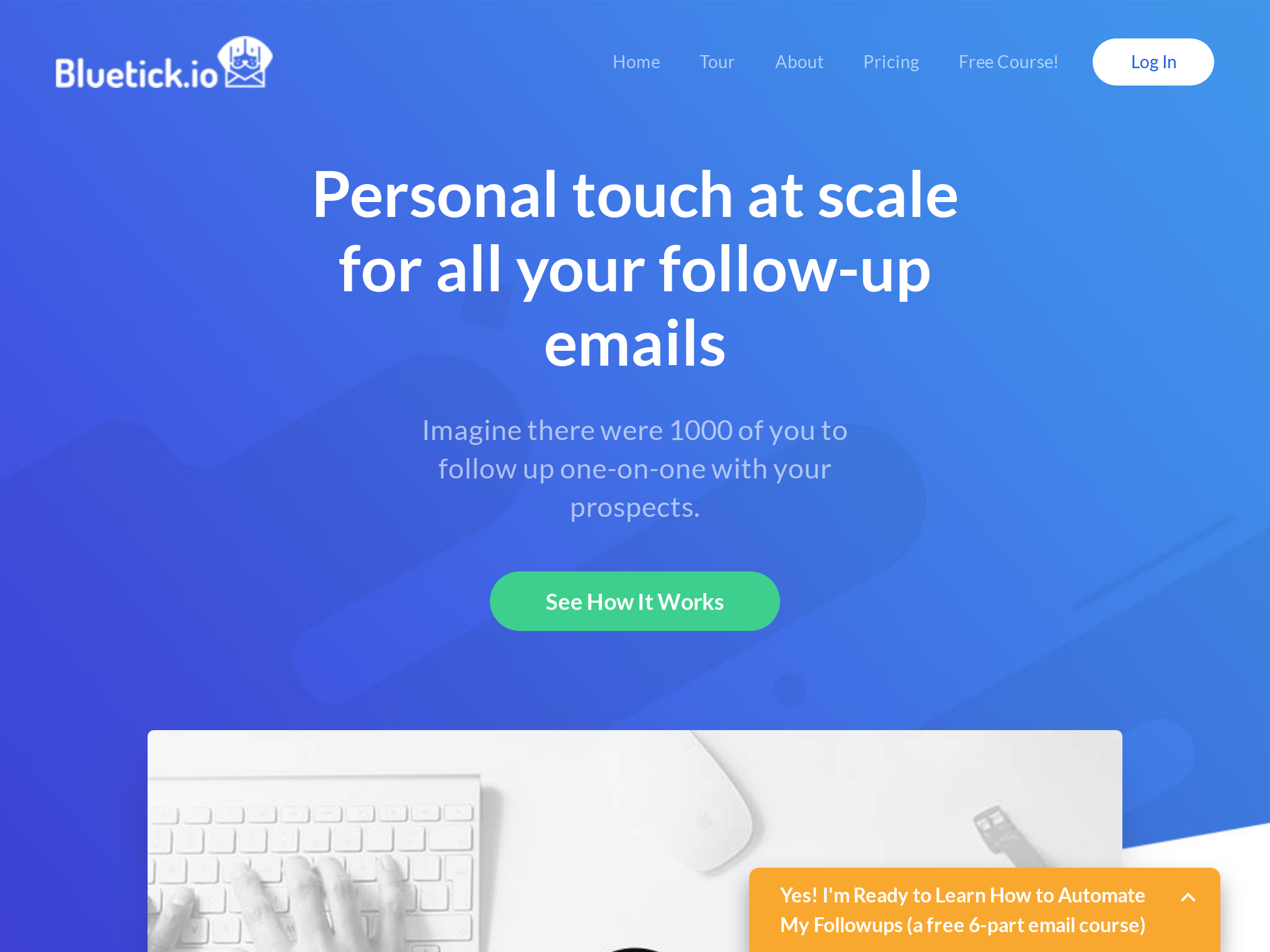

Bluetick.io is a self-funded SaaS app that helps salespeople, customer success reps and busy founders close the loop with their customers using sequences of automated email follow ups, achieving $1,000 MRR without writing a single line of code through customer validation and prepayments.




146. Live Tourney ($36K/year)
During COVID lockdowns, Matt Robinson, a 29-year-old software engineer obsessed with golf, saw the need for a simpler, more affordable tournament management tool when his home course's head pro mentioned issues with existing options. This led him to create Live Tourney, now rapidly growing with $18K in revenue in January 2024 alone.
How much money it makes: $36K/year
How much did it cost to start: $250
How many people on the team: 1
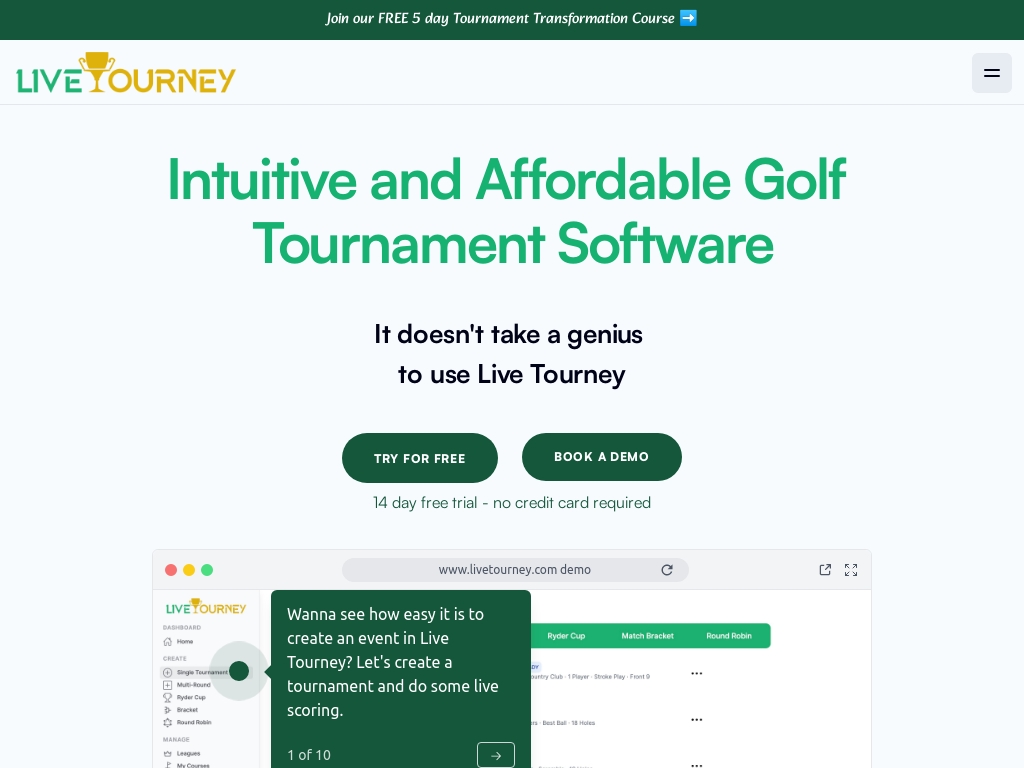

Golf course software startup Live Tourney saw $18k in revenue, with $3k MRR after launching in 2023, focusing on a simple web-based live leaderboard solution for golf events and targeting customer growth through cold calls and innovative recruitment strategies.




147. Boei ($30.4K/year)
Ruben, the founder of Boei, came up with the idea for his business after realizing the shortcomings of existing live chat solutions. He wanted to create a better alternative that would make it easier for customers to connect with companies through their preferred social channels. With his programming skills and marketing efforts, Ruben launched Boei and has seen success, including a gross profit of over $20,000 in just ten months.
How much money it makes: $30.4K/year
How much did it cost to start: $100
How many people on the team: 0
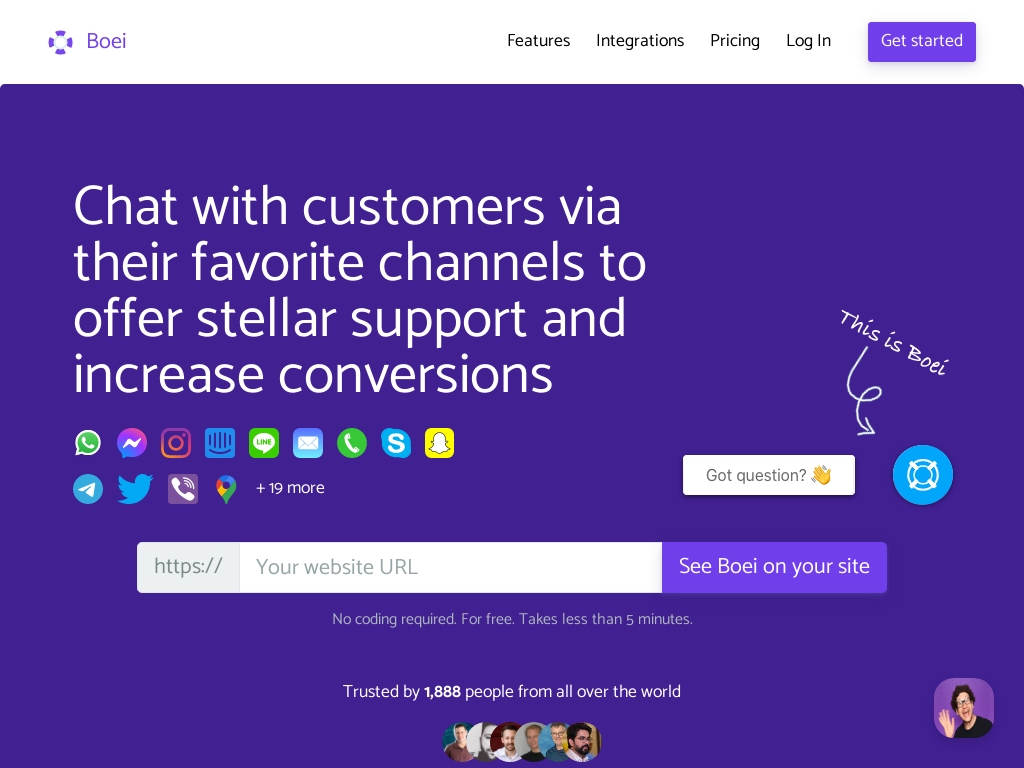

Boei is a chat widget that integrates with social channels like WhatsApp and Facebook Messenger, which has made a gross profit of over $20,000 in just ten months and has over 2,088 customers and growing.




148. Fuelblock leads ($30K/year)
Jean had had two "soft attempts" at his side hustles while working in his product development job, yet he believed he could build this product, learn to be flexible and risk-averse, and enjoy more time with his family and loved ones.
How much money it makes: $30K/year
How much did it cost to start: $600
How many people on the team: 1
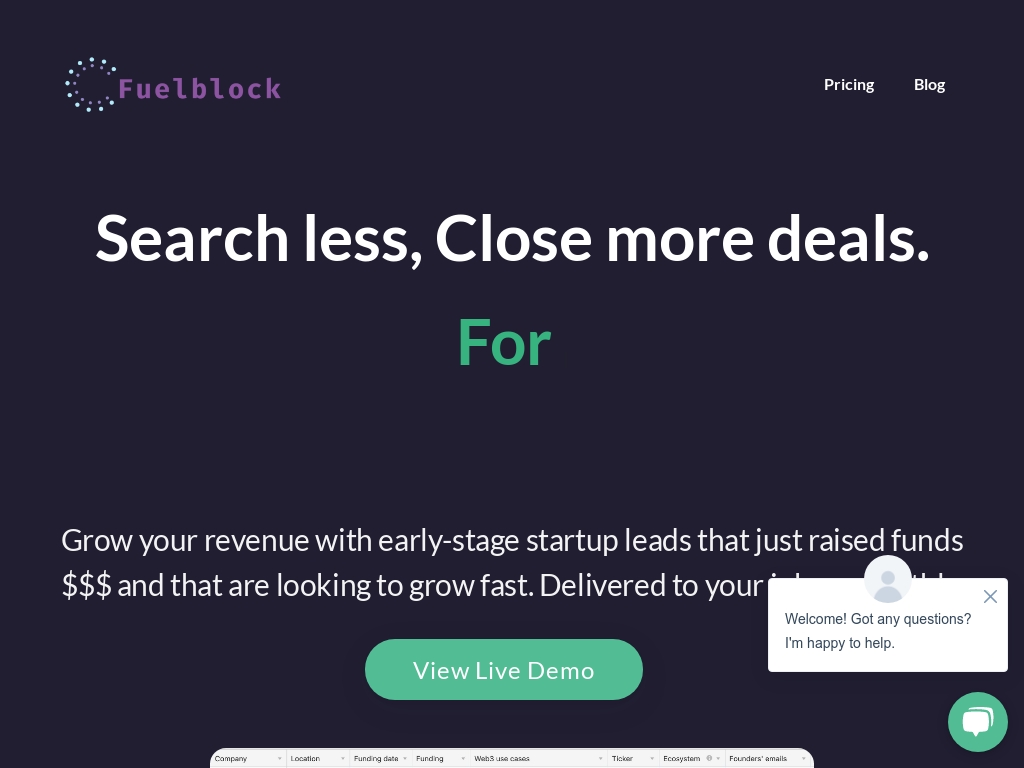

Fuelblock is a subscription-based service that provides B2B companies with early-stage SaaS startup leads, generating $2.5K MRR for the founder in a side hustle and aiming to reach a $10,000 MRR goal.




149. Findymail ($30K/year)
Built an email finder tool for Twitter called Scrappybird. He realized it was too niche and expanded to the lead generation space – Findymail.
How much money it makes: $30K/year
How much did it cost to start: $100
How many people on the team: 0
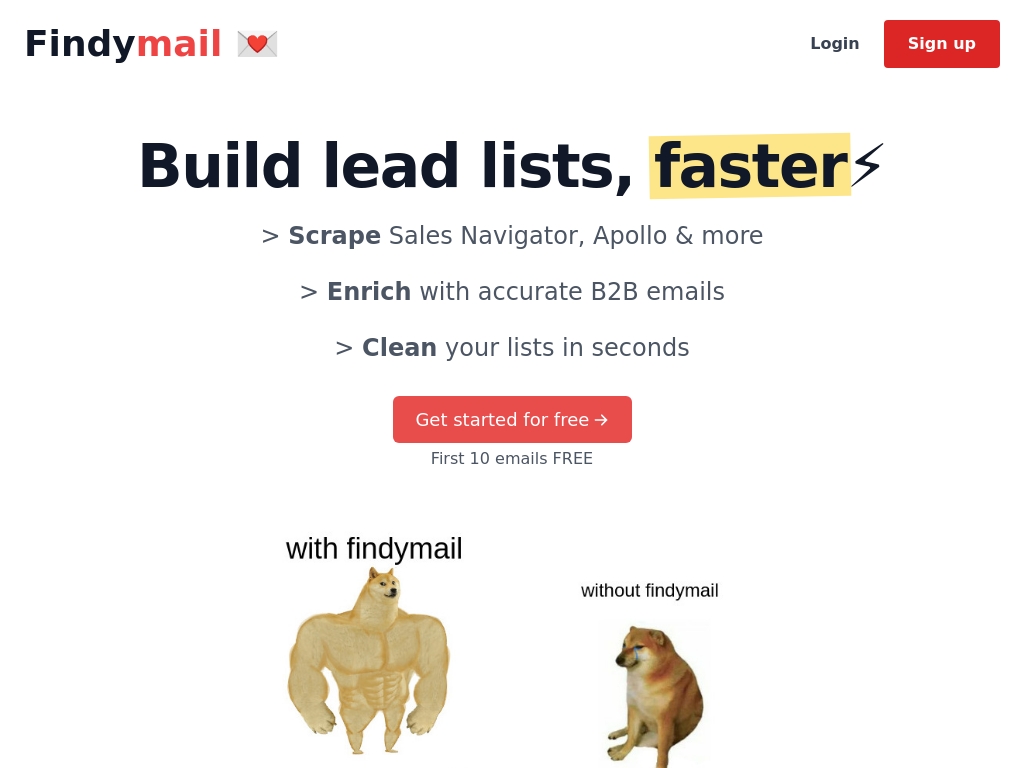

Findymail founder Valentin Wallyn shares how he went from being a teenage gamer creating digital currency to building successful SaaS businesses, with his latest venture reaching $2,500 in monthly recurring revenue just months after launching.




150. ScreenshotOne ($26.4K/year)
Tried to build his first product, a simple Twitter analytics tool. A few people used it. But he wasn't passionate about it.
So this founder decided to get back to his roots. He was a server-side developer and had a tremendous experience in building APIs. Sat and wrote down all the problems he could think of, and came up with new ones. Everything looked boring, but he didn't want to be stuck for years in search of ideas. So, decided to pick up one randomly—screenshot API. He decided that it could be validated on the go and see if there was demand.
How much money it makes: $26.4K/year
How much did it cost to start: $2K
How many people on the team: 1

This case study follows the journey of Dmytro Krasun, the founder of ScreenshotOne, who built a successful business providing a simple API to turn any website URL into a screenshot, growing it to $2.2K MRR in a short period of time by targeting customers in various industries including website galleries, copyright infringement software, cold email software, and marketing software.




151. Checkout Page ($26.4K/year)
Sander, the founder of Checkout Page, came up with the idea while working as a freelance developer and traveling as a digital nomad. He identified a need for an easy way to accept payments in Stripe and saw it as an opportunity to help people make a living online. After launching on Product Hunt and receiving positive feedback, Sander continued to focus on customer support and validation to further develop the product.
How much money it makes: $26.4K/year
How much did it cost to start: $0
How many people on the team: 0
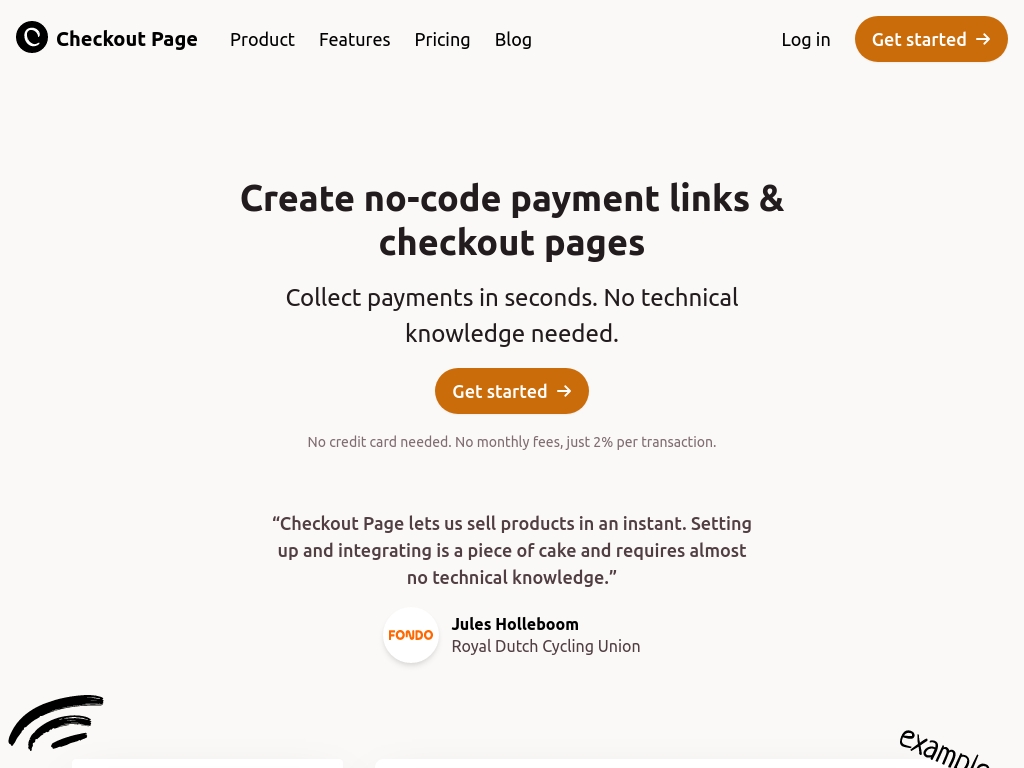

Checkout Page is a payment software for independent businesses that processed over $1M in transactions last year and is now aiming to 10x the business to $10k monthly revenue with a new co-founder and focus on user experience and marketing.




152. Bluedot ($24K/year)
Ruslan Halilov, along with his co-founder, launched Bluedot, an AI Chrome extension for Google Meet, after struggling with documenting decisions during their staffing agency's numerous remote meetings, eventually securing $1.5K MRR and 500 daily active users.
How much money it makes: $24K/year
How much did it cost to start: $300K
How many people on the team: 2

Bluedot is a successful AI Chrome extension for Google Meet that generates meeting notes, boasting 500 daily active users and a $1.5K MRR with a 50% monthly growth rate just two months after launching.




153. Mutant Mail ($24K/year)
Abhishek, the founder of Mutant Mail, came up with the idea for his business after facing a server outage and receiving a DMCA complaint due to email monitoring negligence. Realizing the need for a solution to easily manage multiple domain emails, Abhishek and his team developed Mutant Mail, the only server-side solution to this problem. Within two weeks of its soft launch, they acquired 10 paid customers, and within five days of their AppSumo launch, they gained another 100 paid customers.
How much money it makes: $24K/year
How much did it cost to start: $500
How many people on the team: 2
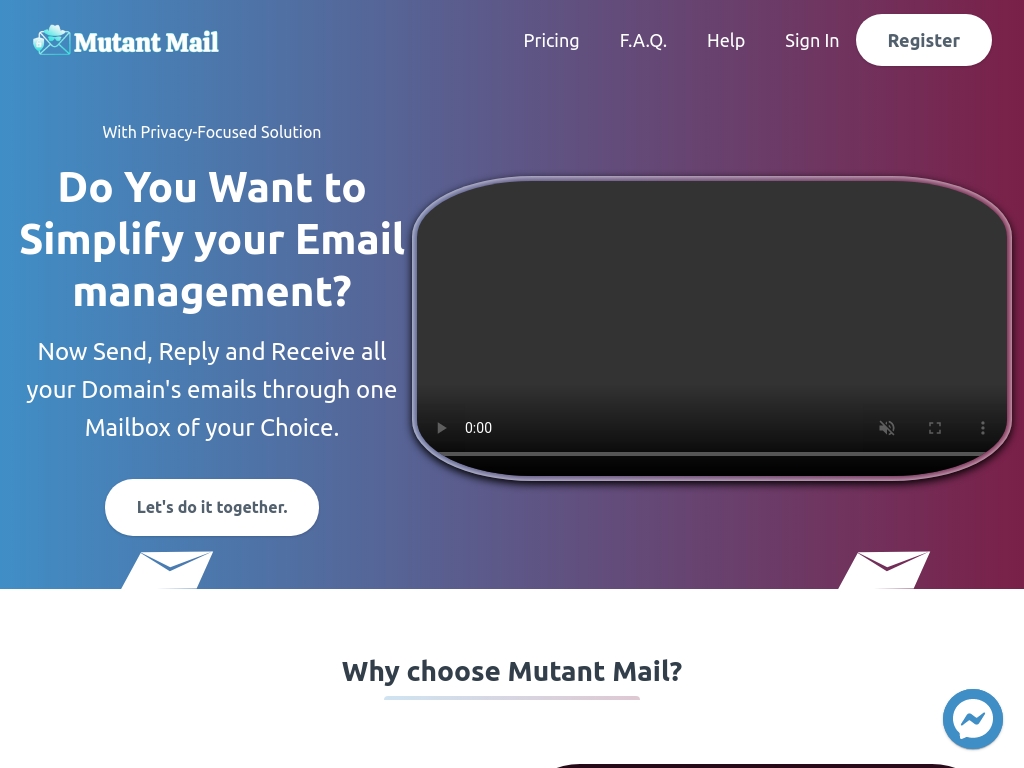

Mutant Mail, a SaaS product from Fresent LLC, allows entrepreneurs, small businesses, marketers, and individuals to effortlessly manage all their domain emails from a single inbox, with a max usage account managing close to 245 email ids across 29 domains and acquired 10 paid customers within 2 weeks of its soft-launch and 100 more within 5 days of its AppSumo launch.




154. Piktostory (now known as Piktochart) ($24K/year)
Ching, the co-founder of Piktostory (now known as Piktochart Video), came up with the idea for the business while realizing the fragmented nature of the video space and the need for a consolidated video editing tool. With the goal of simplifying video editing and repurposing, Piktostory (now known as Piktochart Video) was born. Despite facing challenges and being self-financed, the company has gained traction through successful Product Hunt launches and partnerships, and is focusing on adding more features and expanding its user base.
How much money it makes: $24K/year
How much did it cost to start: $300K
How many people on the team: 6


Piktostory co-founder, Ai Ching Goh, divulges how she created a simple video editor with customizable captions and integrated "highlight" clipping features, attracting over 350 early adopters and focusing on promoting through Facebook communities and Product Hunt to acquire new paying customers.




155. CartFox.io ($18K/year)
Simon, the founder, started his eCommerce business with a 5K EUR investment inherited from his grandmother. After successfully creating several brands and generating over 150M+ EUR in revenue, he identified the need for a SaaS solution for SMS marketing and cart abandonment recovery in the competitive EU eCommerce market. This led to the birth of CartFox.io, which aims to become their flagship product within a year or two.
How much money it makes: $18K/year
How much did it cost to start: $120K
How many people on the team: 7
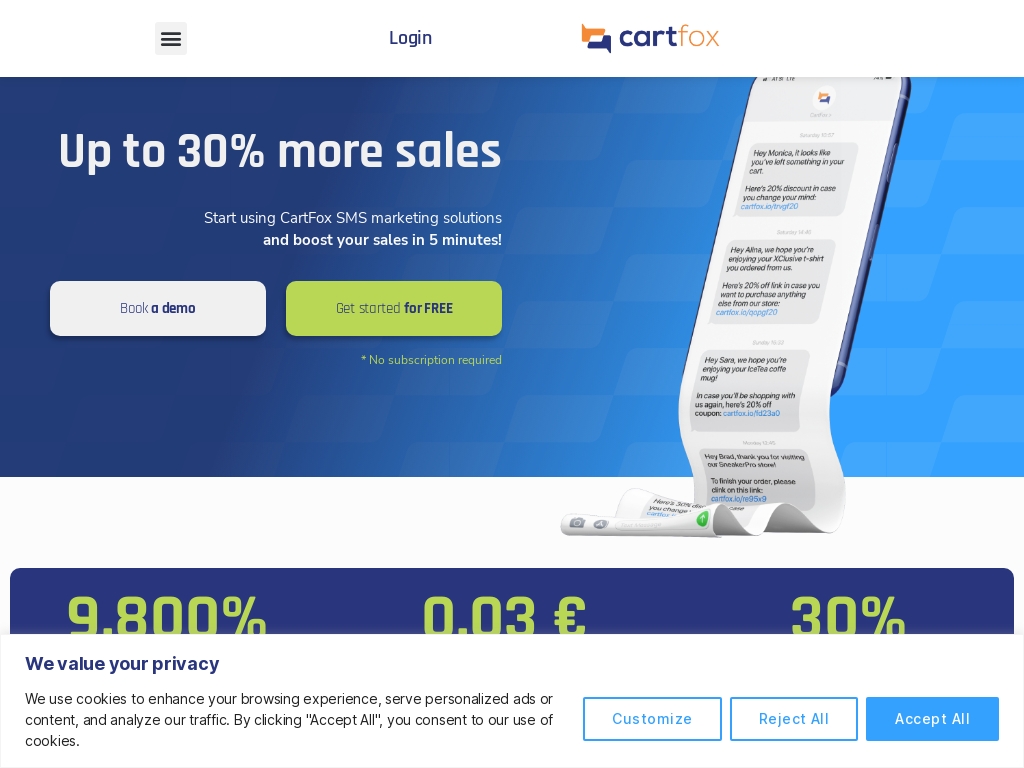

Slovenian eCommerce business owner turns internal solution into SaaS product CartFox, with over 150M EUR revenue generated through several brands, but still breaking even $1.5K/month with salaries included from CartFox.




156. DisplayBuddy ($18K/year)
Siddharth, an iOS engineer based in Singapore, came up with the idea for his indie app DisplayBuddy when he noticed his colleague struggling with switching between his work laptop and gaming PC on his monitor. Remembering a software he used in the past to control monitor settings, Siddharth developed a Mac app that allows users to control external displays directly from their menu bar. After launching the app in February 2021, Siddharth has gained 900 happy customers and crossed $5,000 in revenue.
How much money it makes: $18K/year
How much did it cost to start: $100
How many people on the team: 2

An iOS engineer based in Singapore created DisplayBuddy, a Mac app that allows users to control external displays from their menu bar, which has now reached an average MRR of $600 and garnered 900 happy customers and 6,000+ users on SetApp.




157. Global Entry Alerts ($14.4K/year)
Vlad Verba came up with the idea for Global Entry Alerts while he was applying for Global Entry himself and noticed long wait times for interview appointments. He initially created a free Twitter page that alerted people when appointments became available, and eventually expanded to offer a paid SMS alert service. Today, Global Entry Alerts makes over $1,200 per month in profit and has gained traction through Twitter, Reddit, and organic shares from travel influencers.
How much money it makes: $14.4K/year
How much did it cost to start: $10
How many people on the team: 0
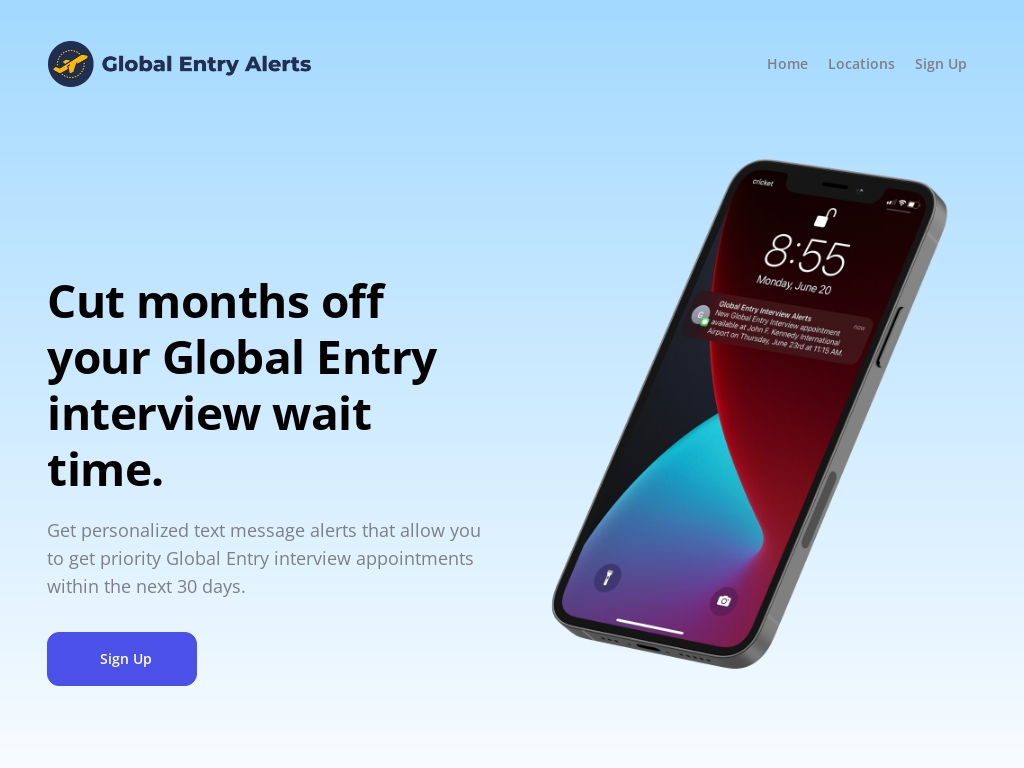

Global Entry Alerts helps travelers skip the long lines and get their Global Entry appointment with SMS alerts, making over $1,200/month profit with very minimal effort required.




158. Baxter Inc. ($12K/year)
The founder was having a tough time managing his Gmail inbox when he came up with the idea of a dashboard. He then interviewed dozens of regular American adults to see if the idea was appealing. Soon, he found out that the majority of people preferred a simple tool rather than a dashboard. This motivated him to build Baxter.
How much money it makes: $12K/year
How much did it cost to start: $50K
How many people on the team: 1
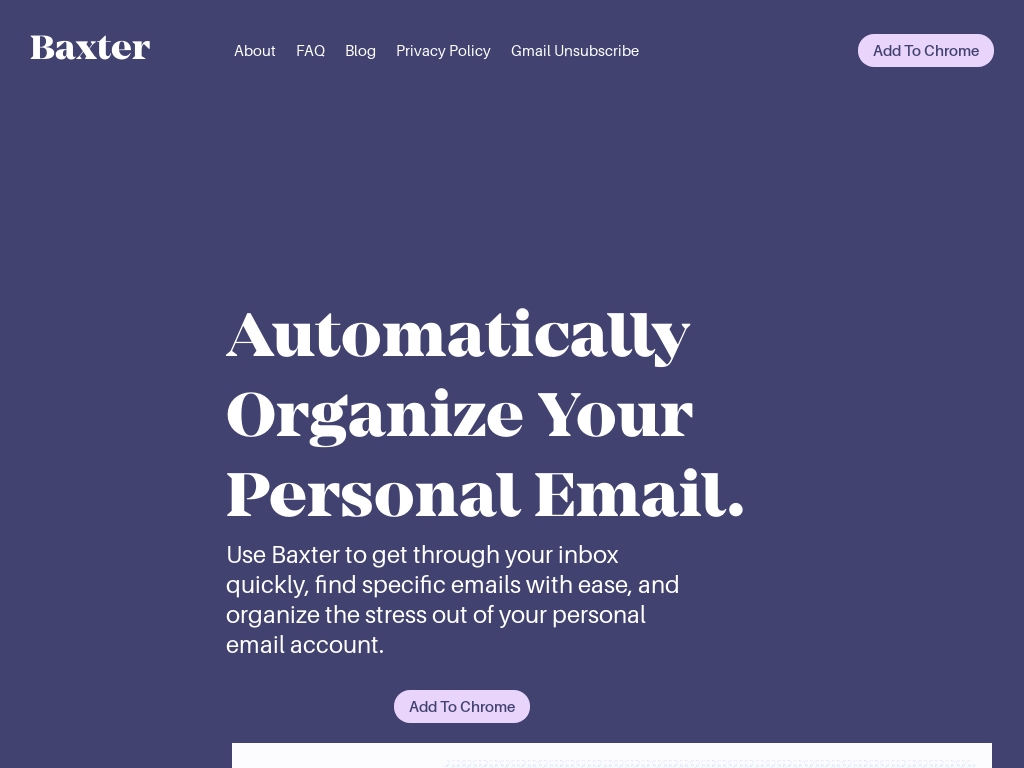

A case study on the founder of Baxter, a browser extension that helps Gmail users organize their inboxes by unsubscribing from newsletters, deleting unneeded emails, and automatically labeling and organizing emails, which generated over $1,000 in monthly recurring revenue in just nine months and successfully acquired an existing Gmail Unsubscribe extension to drive organic user growth.




159. KTool ($12K/year)
Inspired by a visually impaired engineer's Hacker News post, and suffering himself from blindness on his right eye, he decided to create a tool that sends reading materials from around the web to Kindle devices.
How much money it makes: $12K/year
How much did it cost to start: $500
How many people on the team: 1
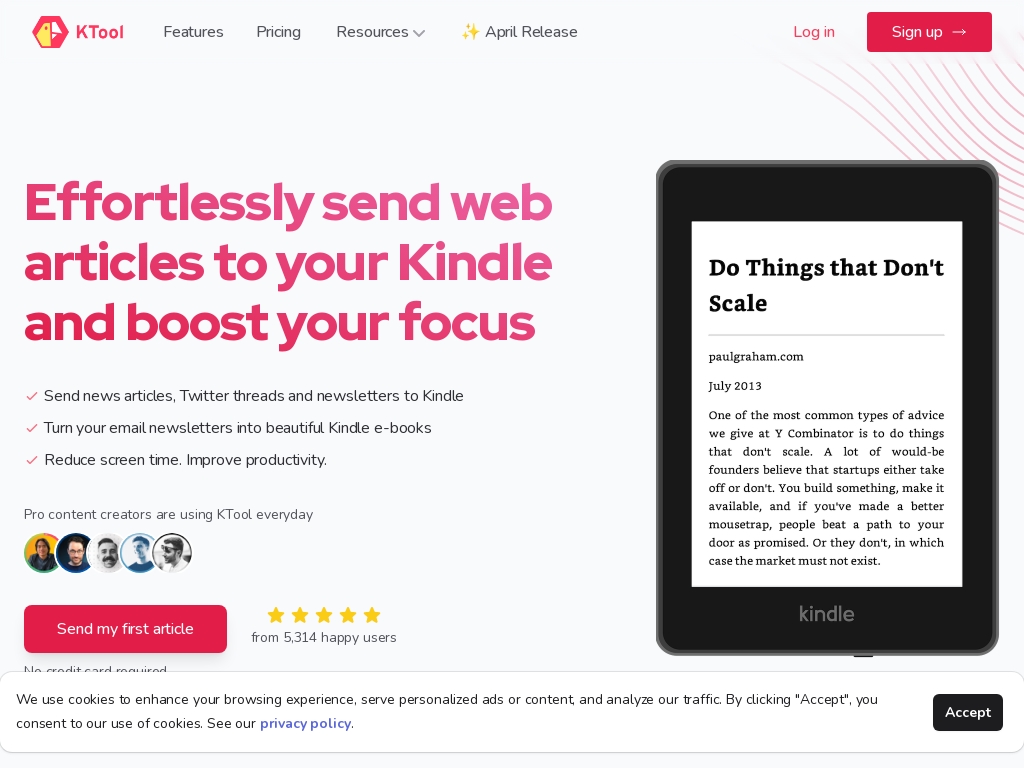

"Read about the journey of KTool, a productivity tool for Kindle owners, as its founder Daniel Nguyen shares how he built the business, reached $1,000 in monthly recurring revenue, and utilized various strategies such as building in public, ASO, and engineering as marketing to attract and retain customers."




160. templatesGo ($12K/year)
Nguyen Thanh Nga co-founded Templatesgo.com after struggling to create an invitation letter, realizing the need for a simpler, more efficient way to generate legal documents. Within six months, the platform amassed 10,000 monthly users, highlighting its rapid growth and user appeal.
How much money it makes: $12K/year
How much did it cost to start: $30K
How many people on the team: 1
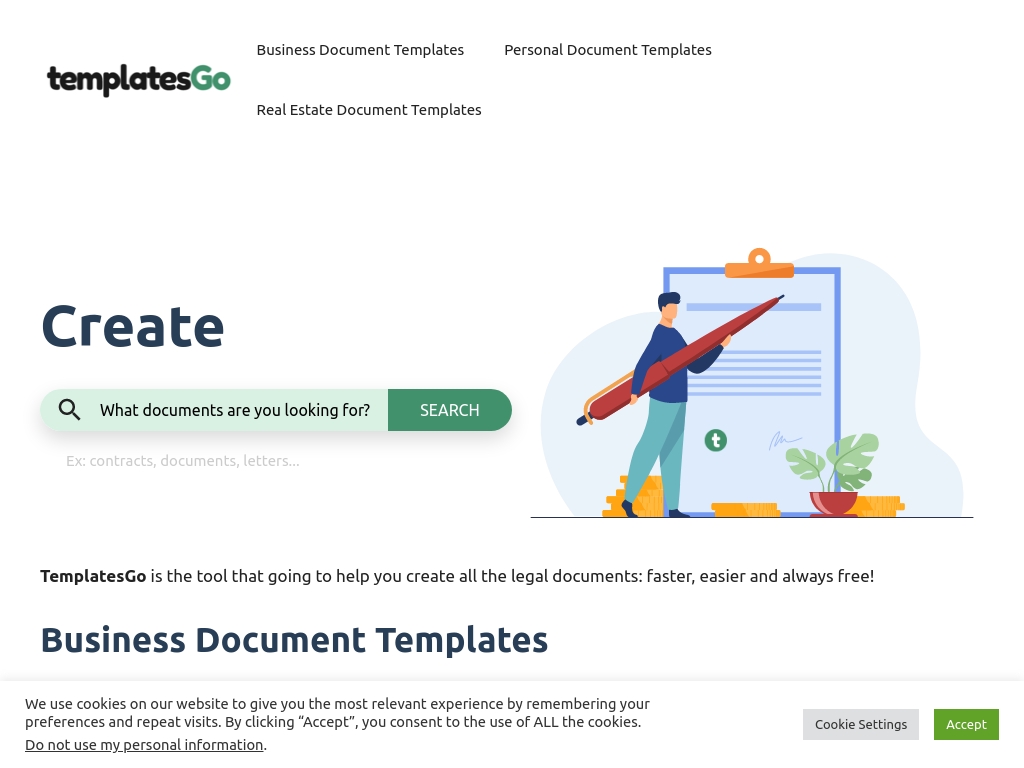

Templatesgo.com is a document generator for legal documents that has gained 10,000 users per month since launching in 2022 and offers a wide range of legal documents in three main categories: real estate, business, and personal documents.




161. Workee ($12K/year)
Workee, the user-friendly business management software for freelancers, was born out of the founder's personal experience. When his therapist mom lost her job due to COVID, he realized the need for a simple tool to automate work routines for professionals with online appointments. After conducting interviews and receiving feedback, they launched an MVP and have since attracted customers through paid channels and organic growth. Their future plans include expanding their user base and launching a fully free package to drive growth and retention.
How much money it makes: $12K/year
How many people on the team: 6
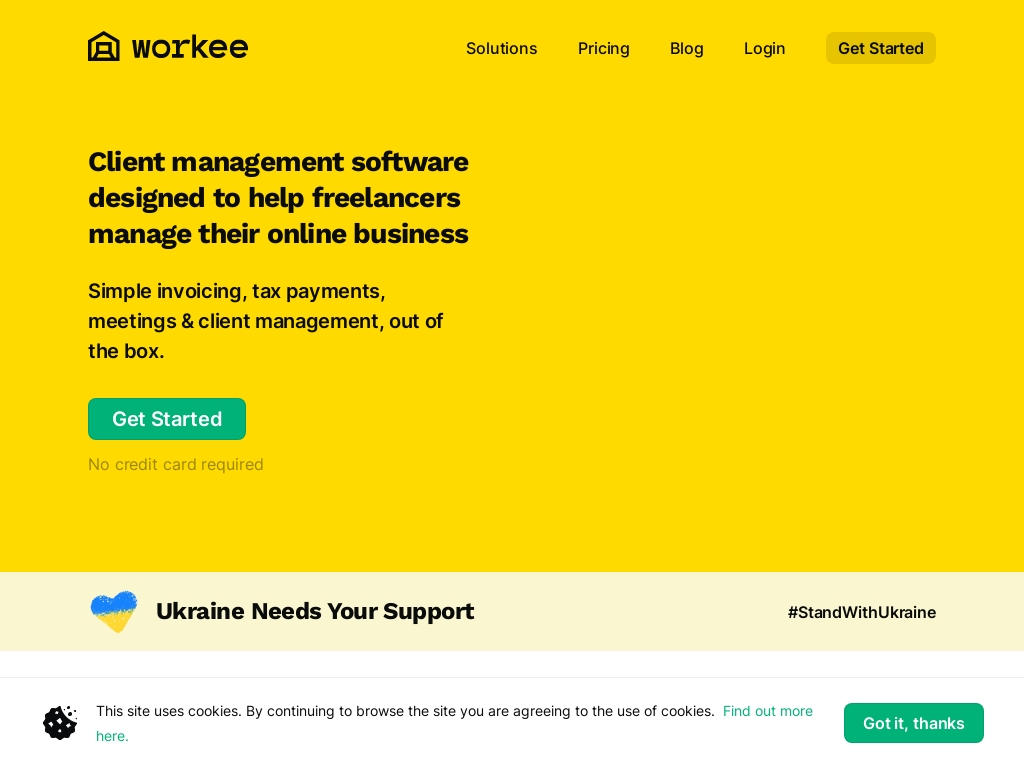

Workee is a user-friendly business management software for freelancers who do private appointments, created by a team of experienced software developers after conducting 20 interviews and seeing a huge need for a tool that can autopilot work routines and an all-in-one approach to avoid high marketplace fees.




162. AudioCipher Technologies ($96K/year)
AudioCipher Technologies was founded by Ezra Sandzer-Bell, a musician with a passion for music philosophy and hidden messages in melodies. After discovering a technique used by classical composers to encode words into melodies, Ezra saw an opportunity to create a music software company. With a shoestring marketing budget, AudioCipher sold over 200 copies of their flagship product, earning $3000+ in revenue within their first 10 weeks on the market.
How much money it makes: $96K/year
How much did it cost to start: $7K
How many people on the team: 1
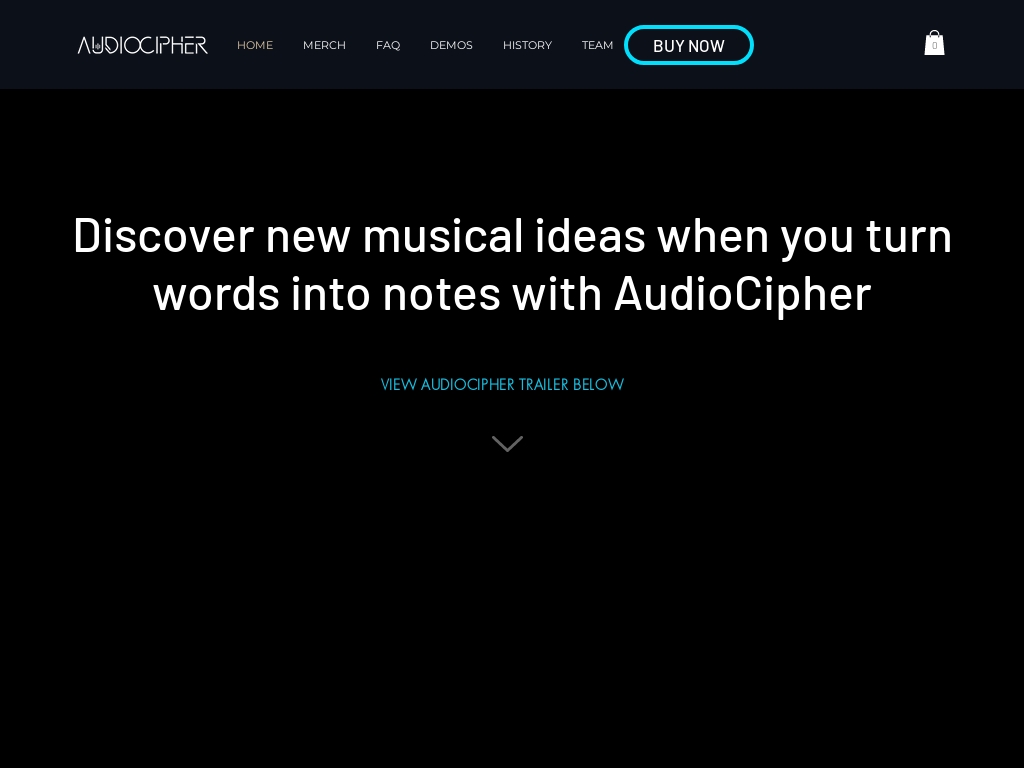

AudioCipher Technologies has sold over 200 copies of its $15 MIDI plugin that translates words into music notes, earning $3000 in revenue during its first 10 weeks without any pre-existing mailing lists or industry leads, despite a shoestring budget.




163. OrgPad ($12K/year)
Vít Kalisz, co-founder and CEO of OrgPad, had the idea for the universal digital whiteboard tool after visiting his university teacher in Switzerland, where he convinced him to leave Google and start OrgPad together. The idea had actually been forming since the early 1980s with the work of Czech mathematician Zdeněk Hedrlín, and Vít was determined to bring his ideas to life. Through self-funding and building a strong community, OrgPad has grown rapidly and now helps over 17,000 people with their studies and work.
How much money it makes: $12K/year
How much did it cost to start: $10K
How many people on the team: 0
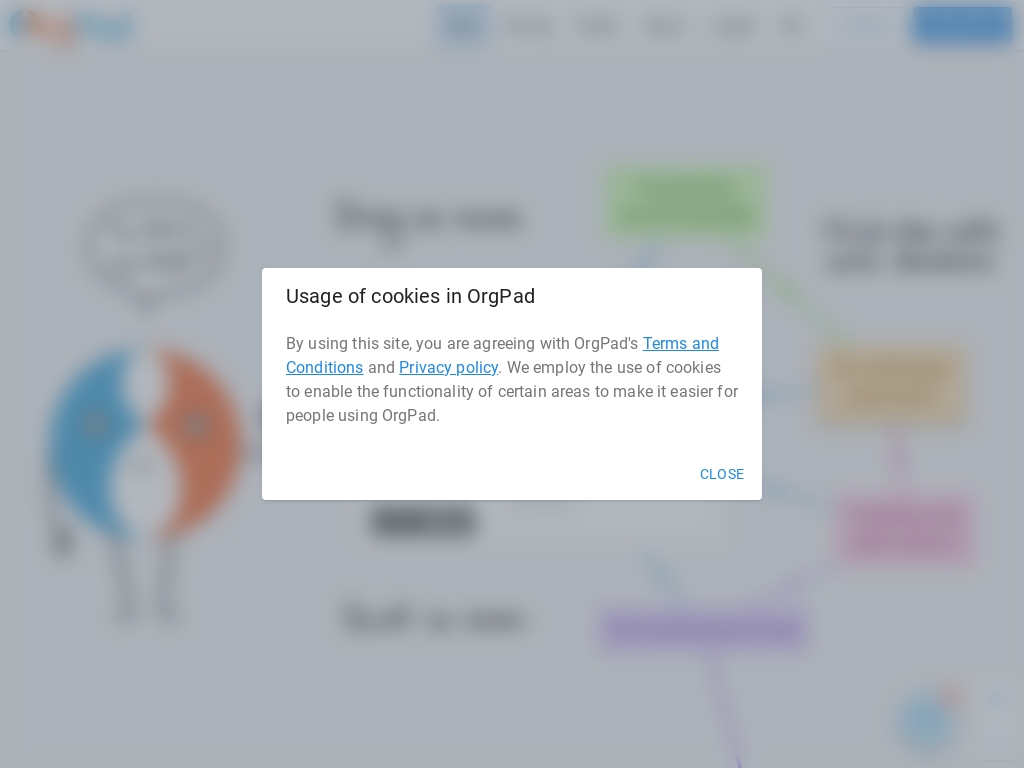

OrgPad is a web-based digital whiteboard that helps over 17,000 people with their studies and work, with a strong community built around the product leading to rapid revenue growth and profitability.




164. Treendly ($12K/year)
While working on another SaaS product, he wondered about what non-essential feature he could take out from an existing product and put into another market where the feature is essential.
He was already running one of my other software products, where he collected e-commerce data. One of the features of that product was trend-spotting for e-commerce merchants.
And so Treendly was born from a side feature of that other product.
How much money it makes: $12K/year
How much did it cost to start: $0
How many people on the team: 0
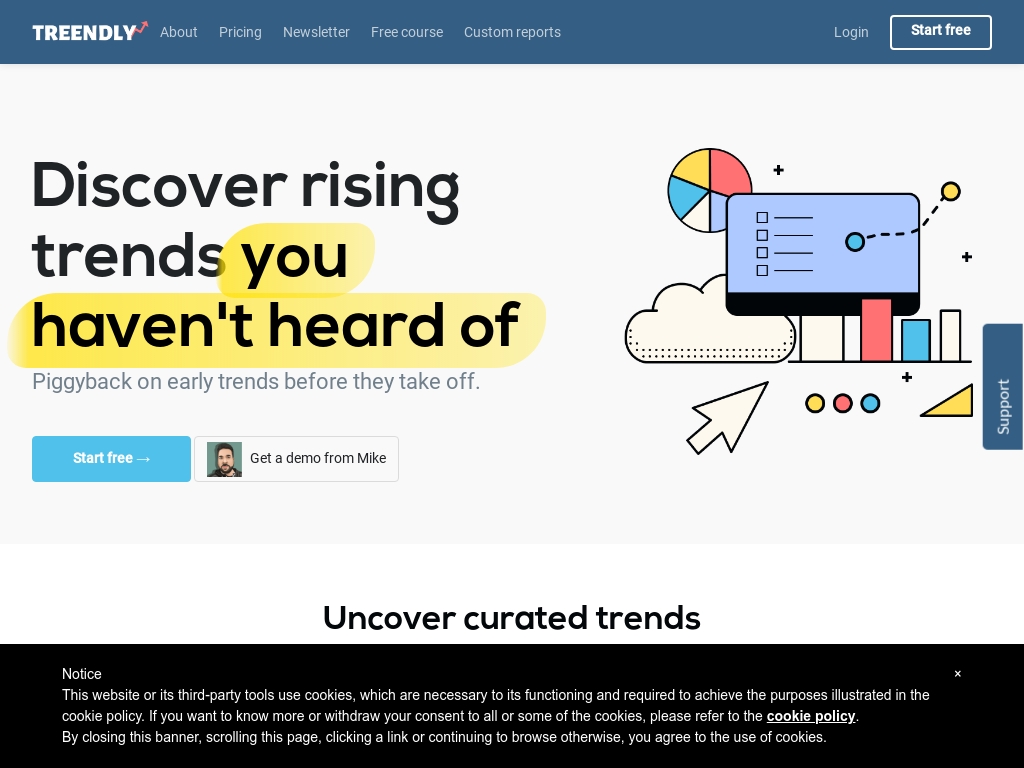

This case study is about a jazz musician turned SaaS founder who bootstraps and simultaneously runs nine products with $8k/month revenue, of which Treendly, a platform that discovers emerging trends, accounts for $1k/month and uses self-taught data collection skills to focus on what is important.




165. Hawk Prospecting ($12K/year)
Mohamad Alasadi, a 19-year-old entrepreneur and blogger, came up with the idea for Hawk Prospecting while running his marketing agency. He realized the need for a low-budget tool that could help him find qualified leads and prospects. With a limited technical knowledge, he used a no/low-code site builder to build Hawk Prospecting, which has now gained traction and generated $1500 in monthly revenue within its first two months.
How much money it makes: $12K/year
How many people on the team: 1
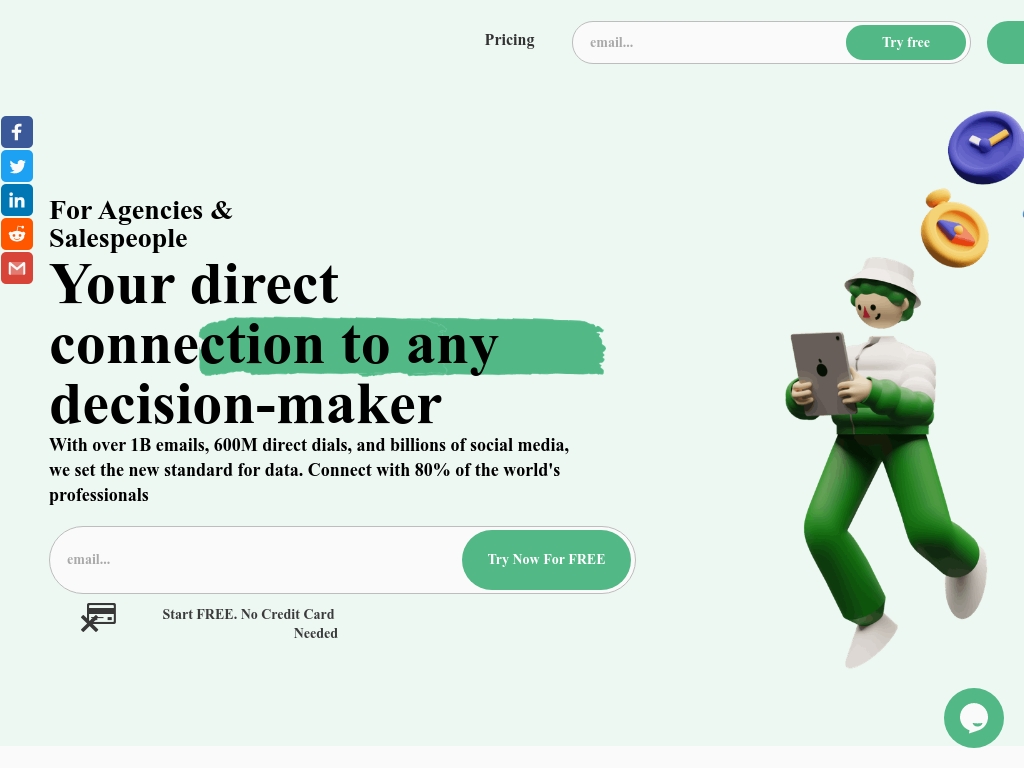

Mohamad Alasadi, a 19-year-old entrepreneur, shares how he grew his B2B prospecting software, Hawk Prospecting, from an idea to $1.5K MRR in 7 weeks, using a no/low-code tool to build the product, and a go-to-market strategy that focuses on user feedback and outreach to marketing agency owners.




166. FreeMcServer ($12K/year)
Back in 2018, Nuno had just finished school, and seeing the success of large minecraft servers online, whose founders are able to pay bills with it, he decided to build one platform himself. He was an avid minecraft player and needed a way to host the game 24/7 without the electricity bill going through the roof. That is when he started this personal project, both as a way to earn passive income, and to add to his CV.
How much money it makes: $12K/year
How many people on the team: 1
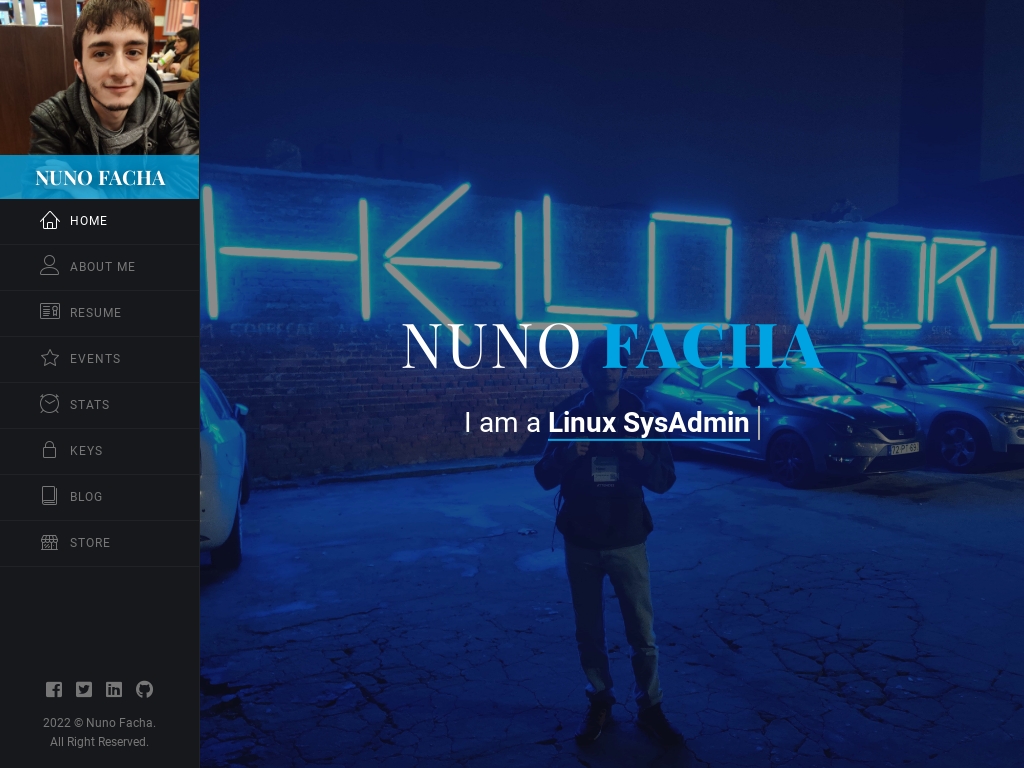

FreeMcServer.net, a free high-performance Minecraft server hosting service launched in 2018, has more than 970,000 registered users and generates monthly profits of around $1,000 USD, with over 95% of revenue coming from advertisements on the website and a primary user base from lower-income countries.




167. Predis ($12K/year)
Three founders with experience in tech and data science came up with the idea for PredisAI. After selling their previous company, they wanted to use their data science expertise to create a product that could predict social media post performance and provide recommendations for improvement. They validated the idea by speaking with social media agencies, influencers, and business owners, and now have 50 daily active users.
How much money it makes: $12K/year
How much did it cost to start: $10K
How many people on the team: 3
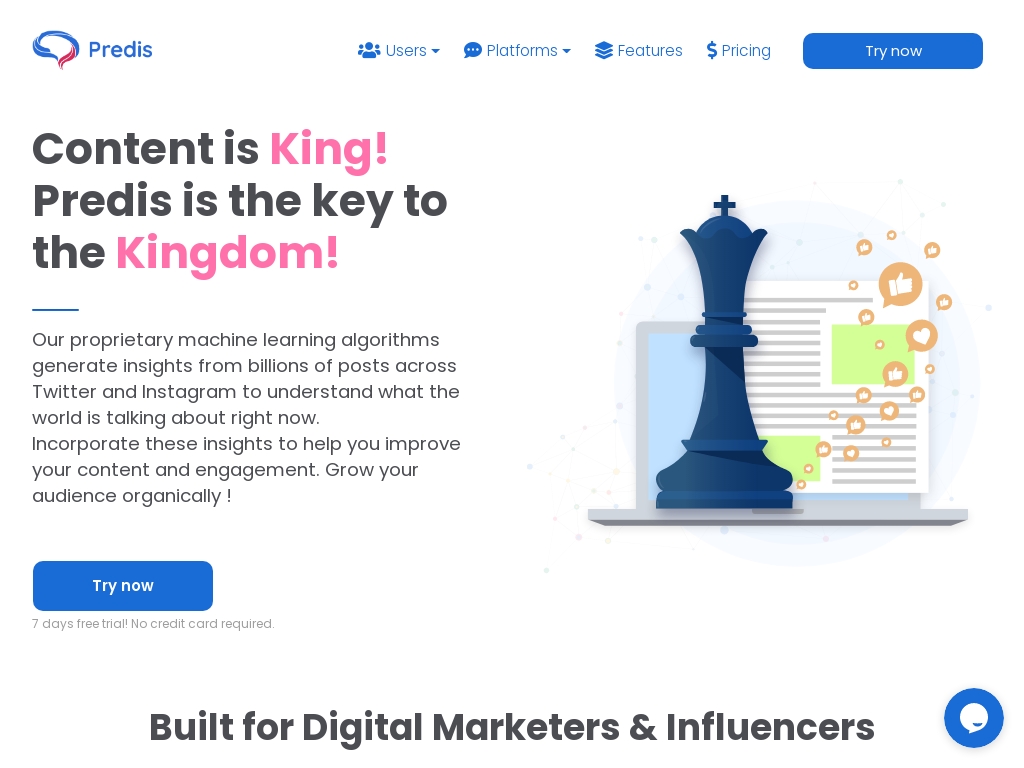

Predis.ai has developed an AI-based tool to improve social media posts' engagement, with their unique technology predicting engagement and suggesting improvements, and they have currently gained 50 daily active users.




168. HoursLogger ($10.2K/year)
Drew Haines, the founder of HoursLogger, came up with the idea for his time tracking and invoicing app while working as a software and accounting consultant with his brother. Frustrated with the complexity and lack of user-friendly options in existing solutions, they decided to build their own app that would be simple and intuitive, catering to small business owners like themselves. Through consistent iteration and soft launches, they gained traction and eventually integrated with QuickBooks, resulting in a significant increase in signups.
How much money it makes: $10.2K/year
How much did it cost to start: $1K
How many people on the team: 0

HoursLogger, a time tracking and invoicing app, was founded by two brothers who started the business as a side project over 6 years ago and made around $9k in passive income last year, with the app in a great position to grow.




169. DocPress.it ($9.6K/year)
The founder collaborated with various guest writers for the blogs but faced difficulties in publishing their articles from Google Docs to WordPress.
He had to manually save images separately, and copy-pasting the content didn’t work correctly, depending on the article, it took 30 minutes to format it with the necessary headings, images, and other elements.
To automate these tedious processes, he started working on Google Docs add-ons.
How much money it makes: $9.6K/year
How much did it cost to start: $9K
How many people on the team: 1
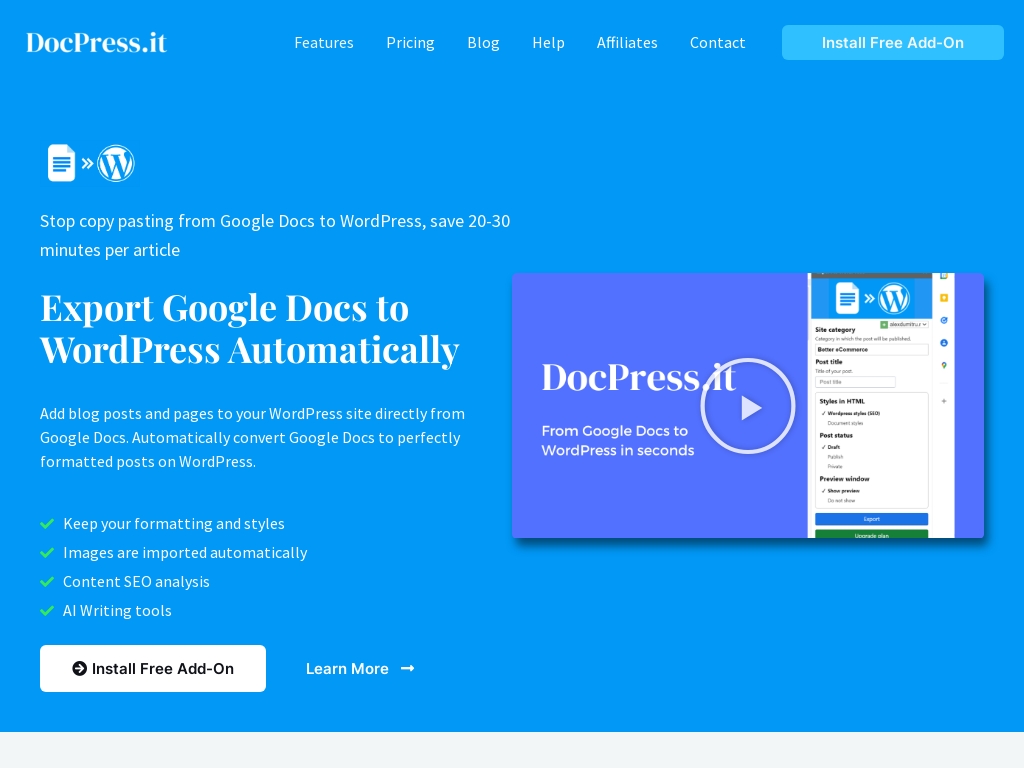

DocPress.it founder, Alex, built an add-on for Google Docs that helps users automate the tasks of SEO content analysis, generating article intros with AI, image renaming, and others when publishing content; the platform now has over 1100 users and makes around $500 MRR.




170. Tamly ($6K/year)
Tunç, the founder of Tamly, initially started with a marketplace idea for the beauty industry, but after trial and error, they pivoted and developed Tamly as a lead prospecting platform. With their focus on improving the product and gaining traction, they have secured 80 users in just 4 months and secured pre-seed funding.
How much money it makes: $6K/year
How much did it cost to start: $20K
How many people on the team: 1
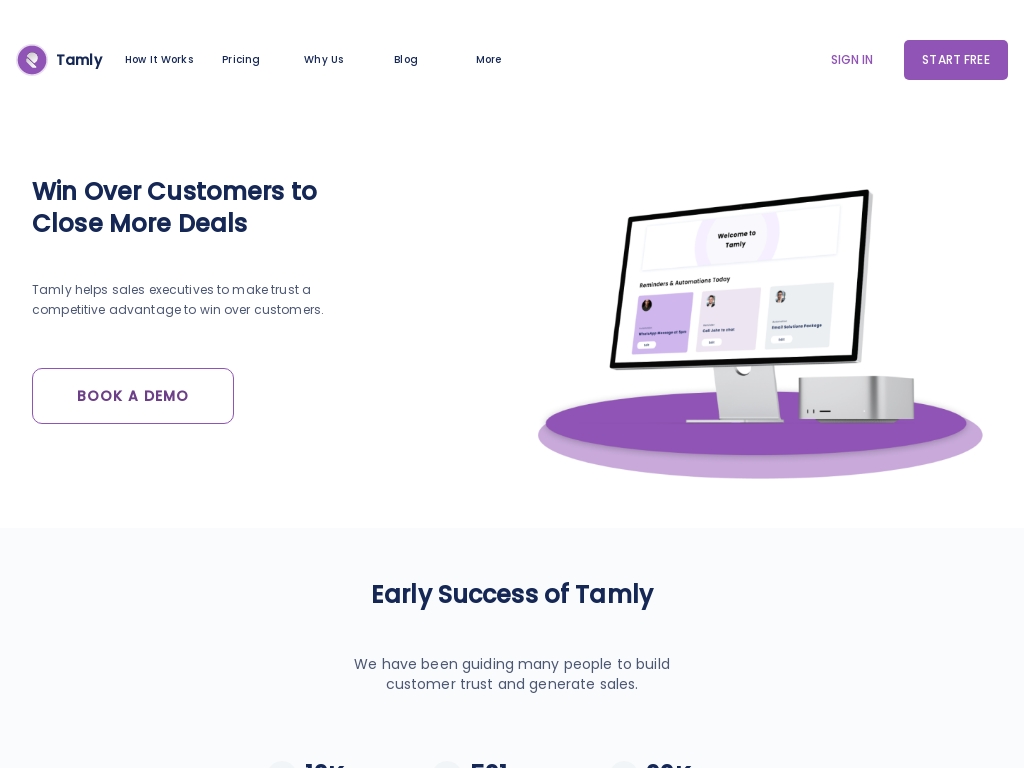

Tamly is a lead prospecting platform that generated a user base of 80 and secured pre-seed funding, after successfully pivoting from a marketplace for the beauty industry and a business networking platform, and is continuing to gain traction with manual outbound marketing and sales.




171. Inventora ($6K/year)
Dianna Allen and Jeremy Blalock co-founded Inventora after Dianna, who runs a home fragrance shop, struggled to find an affordable inventory system that could track both products and supplies. They soft-launched Inventora as a free system and gained over 2,500 users in just four months. They introduced premium features and have already reached $500 in monthly recurring revenue, with a goal of hitting $3k MRR by September.
How much money it makes: $6K/year
How much did it cost to start: $30
How many people on the team: 1
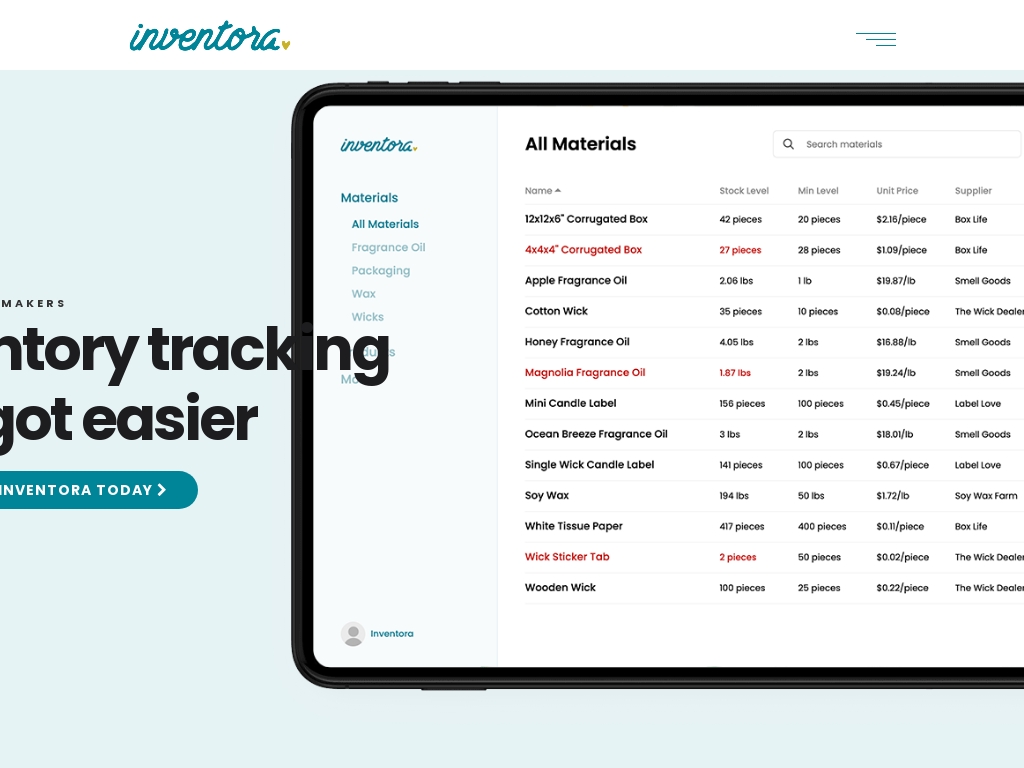

Inventora is a niche inventory management system designed for artisan businesses that tracks both products and supplies, and the relationship between the two, has gained 2,500 free users in just four months and has hit $500 in MRR after introducing premium features a month ago, with the founders expecting to hit $3k MRR target shortly.




172. nslookup.io ($6K/year)
Ruurtjan's idea for nslookup.io was born from his long-standing fascination with web tools and the digital space. Since his early days, running a school tabloid and attempting to create a flash game site, he always had a knack for online projects. Over time, his failed attempts and half-finished projects taught him a valuable lesson: the need to focus and commit to a single idea. Faced with a list of numerous potential projects, he carefully evaluated each one against specific criteria: longevity, potential profitability, and personal capability to execute it.
After identifying a promising concept with nslookup.io, Ruurtjan tackled the initial complexities of development, learning from past projects that simplicity often works best in the beginning. He initially struggled with a complex setup that led to technical debt and a lack of motivation. So, he restarted from scratch using familiar tech, taking shortcuts where possible, which allowed him to launch sooner rather than focusing on perfection from the start.
The founder's thought process was deeply rooted in strategic decision-making, choosing an idea with both personal interest and lasting relevance. Ruurtjan evaluated his ideas pragmatically and used lessons from previous endeavors to pick a project that not only aligned with his skills but was executable with a clear focus. By embracing the importance of starting with a simpler setup and pivoting when necessary, he learned that sometimes quick iterations and the courage to restart can save a lot of frustration and time in the long run.
How much money it makes: $6K/year
How much did it cost to start: $100
How many people on the team: 0
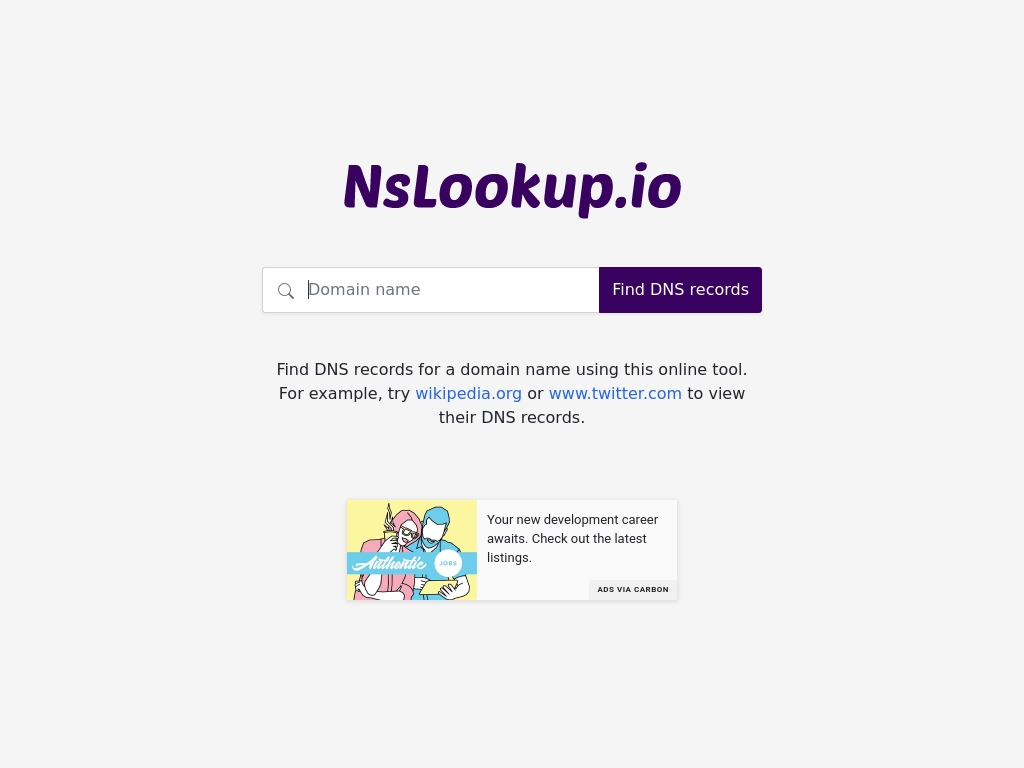

A portfolio of web tools with a combined monthly unique user count of 250k, netting around $500 a month, looking to improve traffic and revenue by improving search volume and revenue per visitor, and actively looking to monetize ad space through a partner.




173. Marine Digital ($6K/year)
Ivan, the founder of Marine Digital, came up with the idea to create a modern digital service in the marine industry after seeing how outdated and inefficient the industry was during his work in banking, IT, and logistics. With the support of APX VC Fund and a pivot in his business, Ivan and his team developed a fuel optimization system that has garnered interest from clients and generated €60K in revenue from pilot projects. Now, they are launching the production of their digital twin in the EU, with plans for worldwide mass-market scaling in the future.
How much money it makes: $6K/year
How much did it cost to start: $1M
How many people on the team: 12

Marine Digital is a deep-tech company that aims to make modern instruments of decarbonization available for the mass market and has made massive progress in performance digital twin cost reduction (10 times lower than the average market cost), providing opportunities for non-giant marine companies to use it, with 3 pilots earning about €60k.




174. Fueler ($4.2K/year)
While hustling as a freelancer and juggling multiple client requests, Riten Debnath saw the inefficiency of managing customized portfolios. Realizing others faced the same challenge, he launched Fueler—a seamless, user-friendly platform that has since attracted over 7,000 members and paid out $12,000+ to freelancers.
How much money it makes: $4.2K/year
How much did it cost to start: $3K
How many people on the team: 4
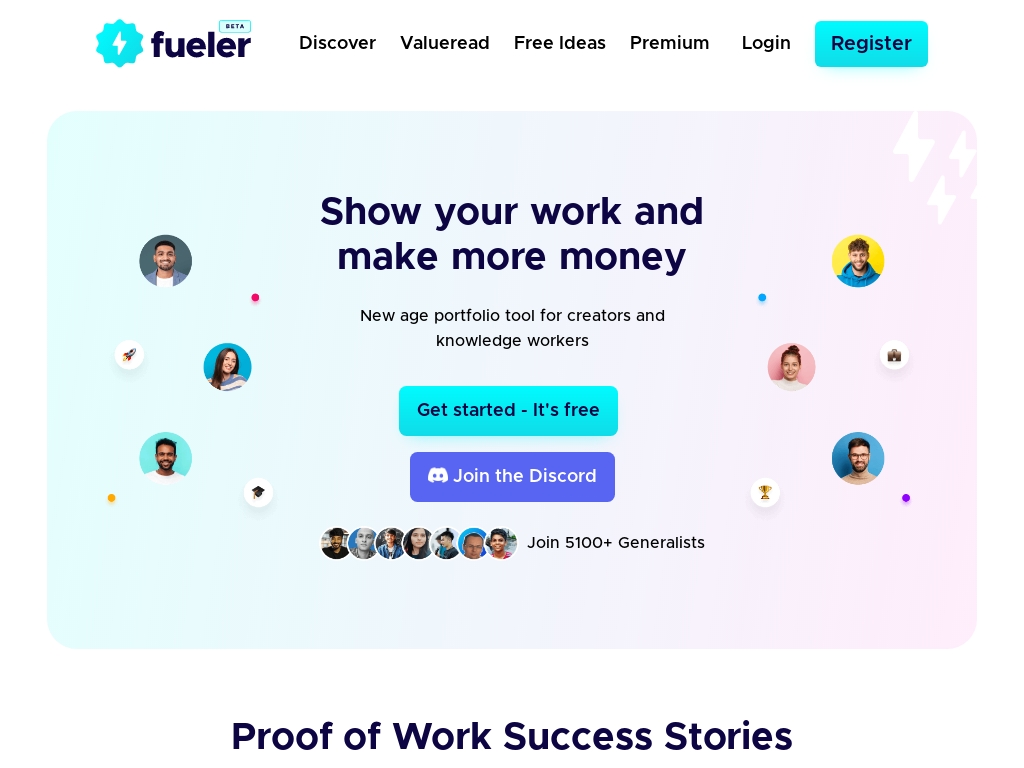

Fueler is an online portfolio platform for knowledge workers that has grown to 7000+ members worldwide, paid out over $12,000 to verified members, and gained most of its traffic through Twitter, offering a simple and easy-to-use platform to showcase proof of work, enabling skilled individuals to land better opportunities without credentials and certificates.




175. Mumu ($1.8K/year)
Wilbert, a software engineer from Indonesia, came up with the idea for Mumu while struggling to find emojis on his Mac. Realizing there was room for improvement, he created a simple landing page and gathered feedback from a small group of beta users. After launching and receiving overwhelming success on Product Hunt, Mumu has exceeded Wilbert's revenue expectations and continues to attract and retain customers through transparency, frequent updates, and excellent customer service.
How much money it makes: $1.8K/year
How much did it cost to start: $200
How many people on the team: 0
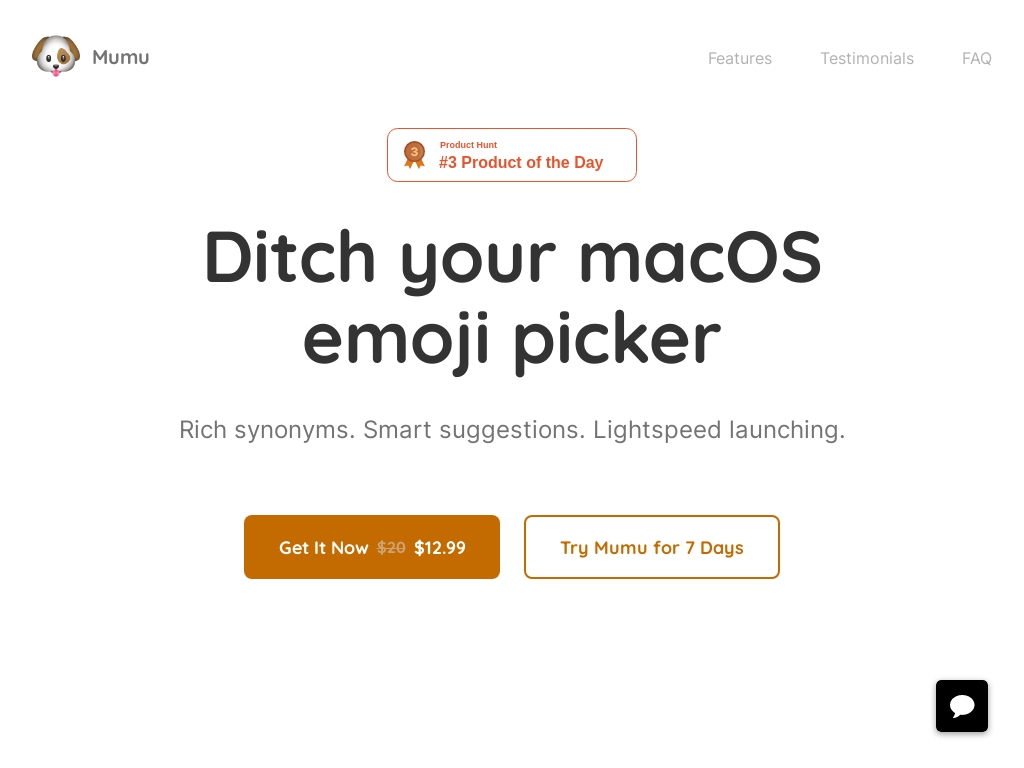

Indonesian software engineer Wilbert created Mumu, an emoji picker for macOS, which hit 10x his target revenue when he launched it recently, generating around $1,600 in total revenue, by designing and prototyping in Xcode and Figma, making a simple landing page to gain an initial beta launch momentum, and building in public to retain customers.




176. antoniarasheva3614 ($1.2K/year)
Antonia Rasheva, an artist and designer by heart but tourist by profession, tapped into her love for abstract art to start a custom fashion and home products business in 2015. Despite initial financial roadblocks, she constantly advertises on social media, aiming to turn a $100/month profit into a sustainable full-time venture.
How much money it makes: $1.2K/year
How many people on the team: 0

This case study follows a Bulgarian artist and designer who sells custom products featuring her hand-painted designs, with an average monthly profit of $100, relying heavily on advertising via social media and offline to grow her business.




177. Olvy ($1.2K/year)
Nishant and Arnob, friends since school, launched Olvy, a release notes tool that helps users build beautiful release notes pages and gather feedback. After making $2,000 in revenue and receiving positive feedback, they are now focused on improving the product and adding new features based on customer requests.
How much money it makes: $1.2K/year
How much did it cost to start: $500
How many people on the team: 2
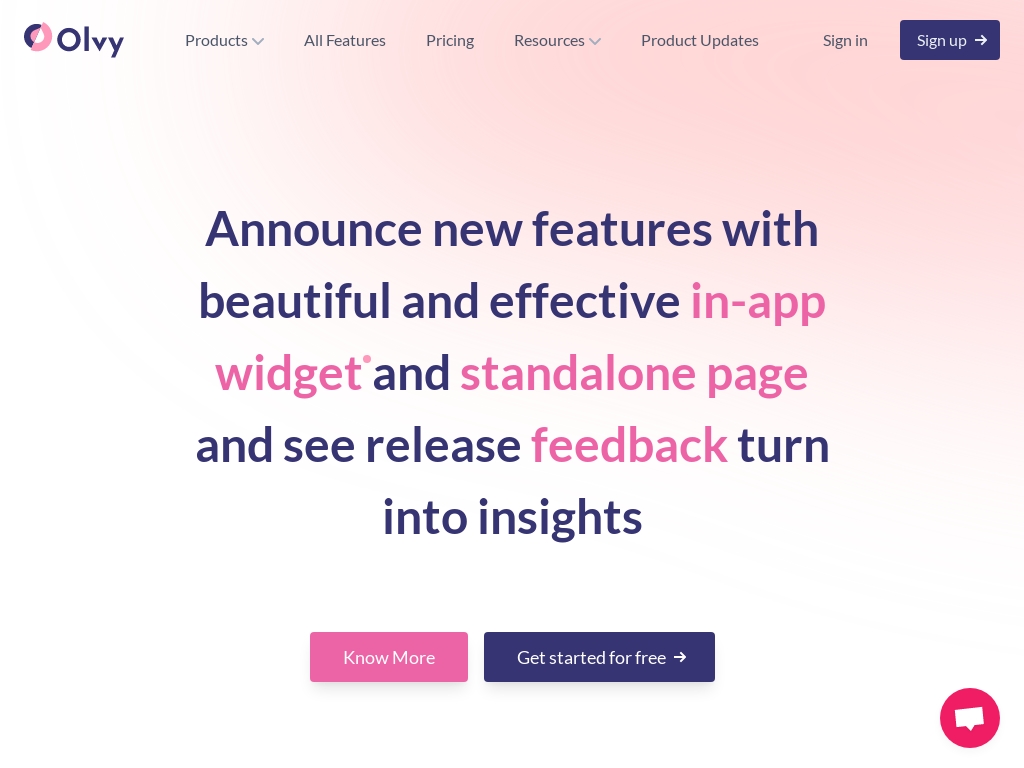

Two friends from design and development backgrounds built Olvy, a release notes tool with easy-to-integrate widgets, backed by a strong community of users in just a few months, making about $2,000 from their customers shortly after launching and reaching the top spot on ProductHunt.




178. FeedLetter ($480/year)
Jens Boje, a software developer and mindfulness coach from Frankfurt, Germany, came up with the idea for FeedLetter, a feedback system for newsletters, after struggling to receive feedback from his readers. He combined a voting system with a follow-up question and built a version for his own newsletter before turning it into the first version of FeedLetter. Since its launch, Twitter and word of mouth have been the major acquisition channels for attracting and retaining customers.
How much money it makes: $480/year
How much did it cost to start: $20
How many people on the team: 0
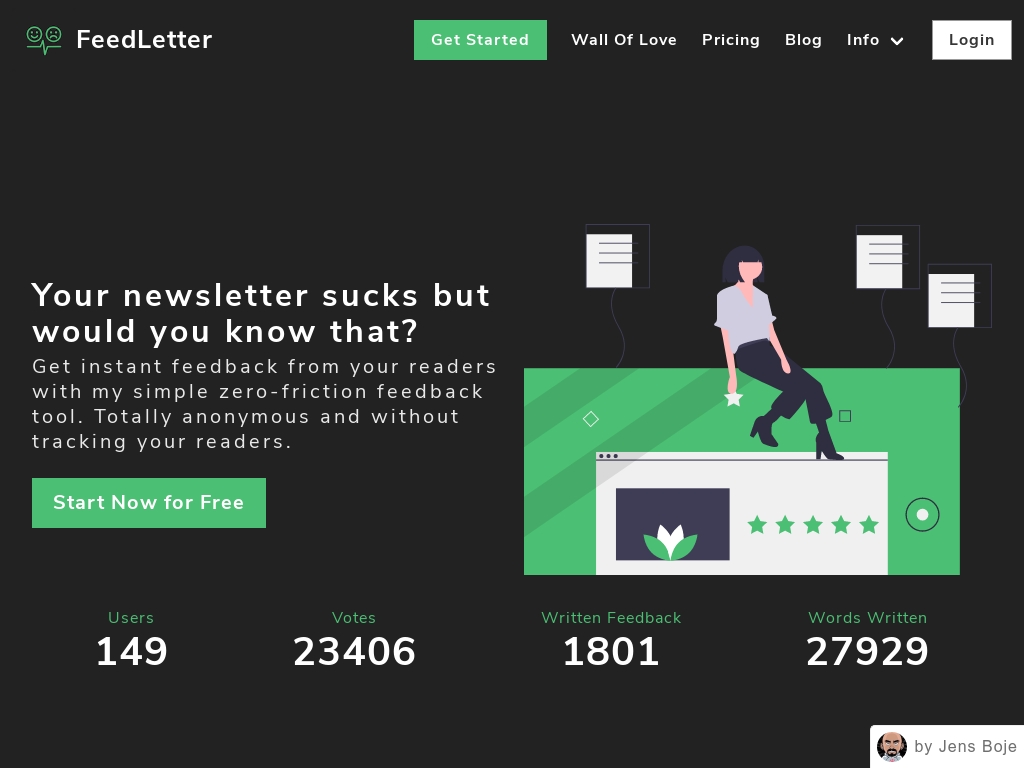

FeedLetter.co, a simple feedback system for newsletters that started as a personal app, now has 14 customers and relies on Twitter and word-of-mouth for acquiring new users, with founder Jens Boje emphasizing the importance of focusing on publishing and growing your product instead of waiting to perfect it.




179. Beam Analytics ($240/year)
JR and Leng came up with the idea for Beam Analytics when they saw that Google Analytics was deemed not GDPR compliant. They wanted to create an affordable alternative that prioritized GDPR compliance and user privacy while offering valuable web analytics. After doing extensive research and drafting a product requirement, they launched Beam in January 2023 and have been steadily attracting and retaining customers through social media, blog posts, and partnerships.
How much money it makes: $240/year
How much did it cost to start: $3.5K
How many people on the team: 0


Beam Analytics offers GDPR-compliant web analytics including funnel analysis, cohort retention, and custom event tracking, with a generous free tier and pricing starting at just $11/month, attracting over 100 users within two weeks of launching.















